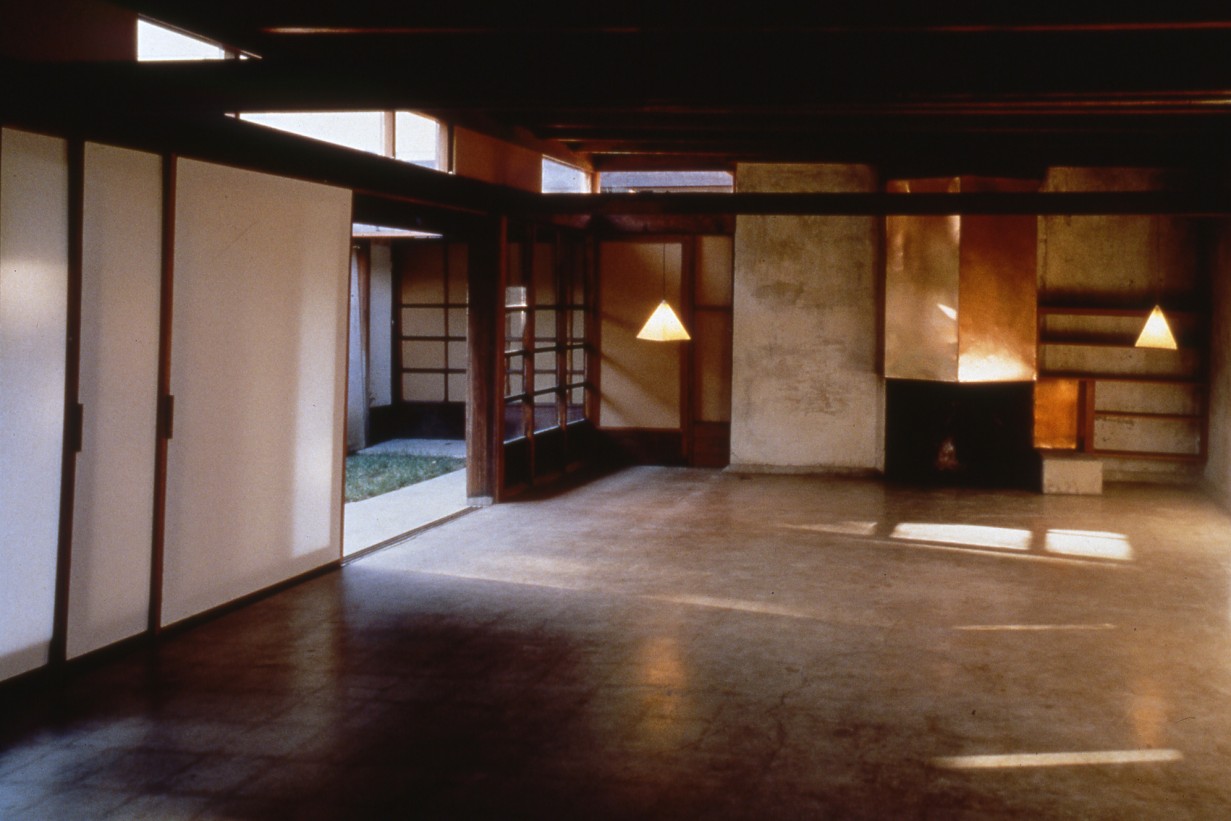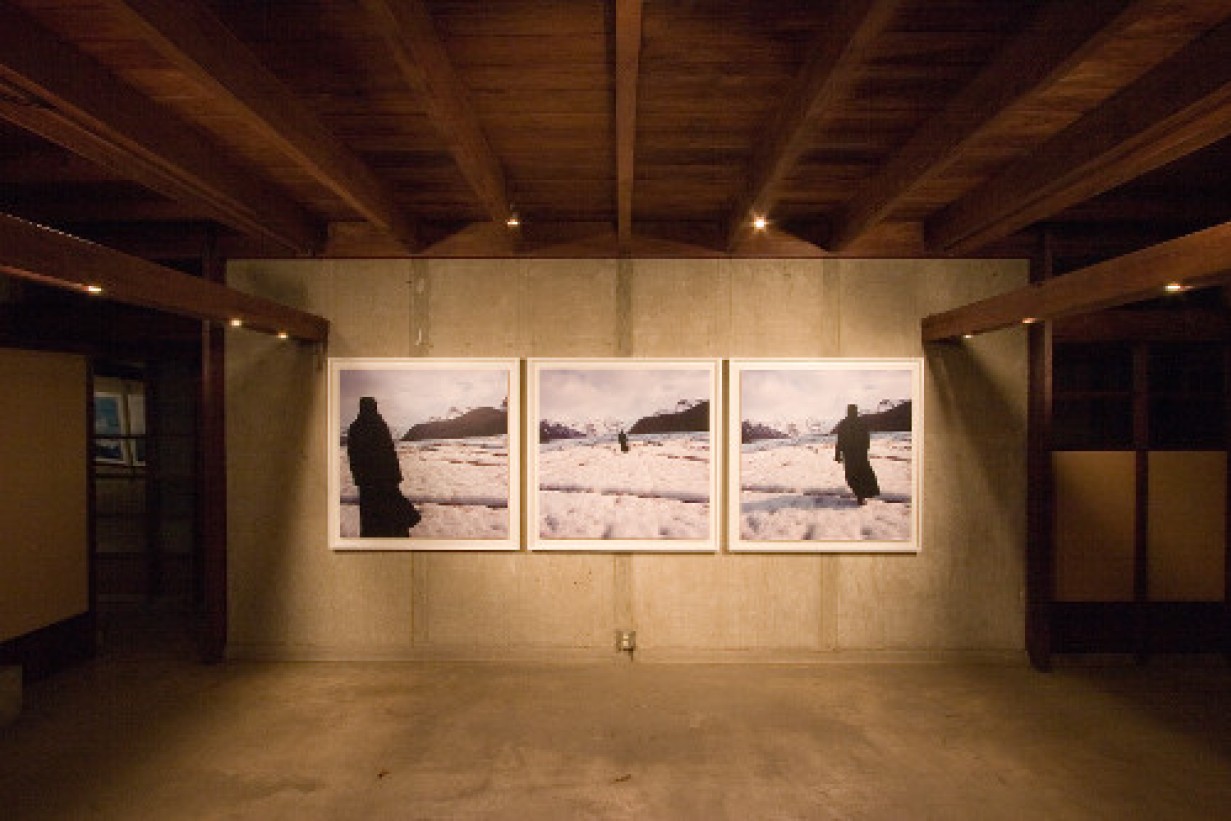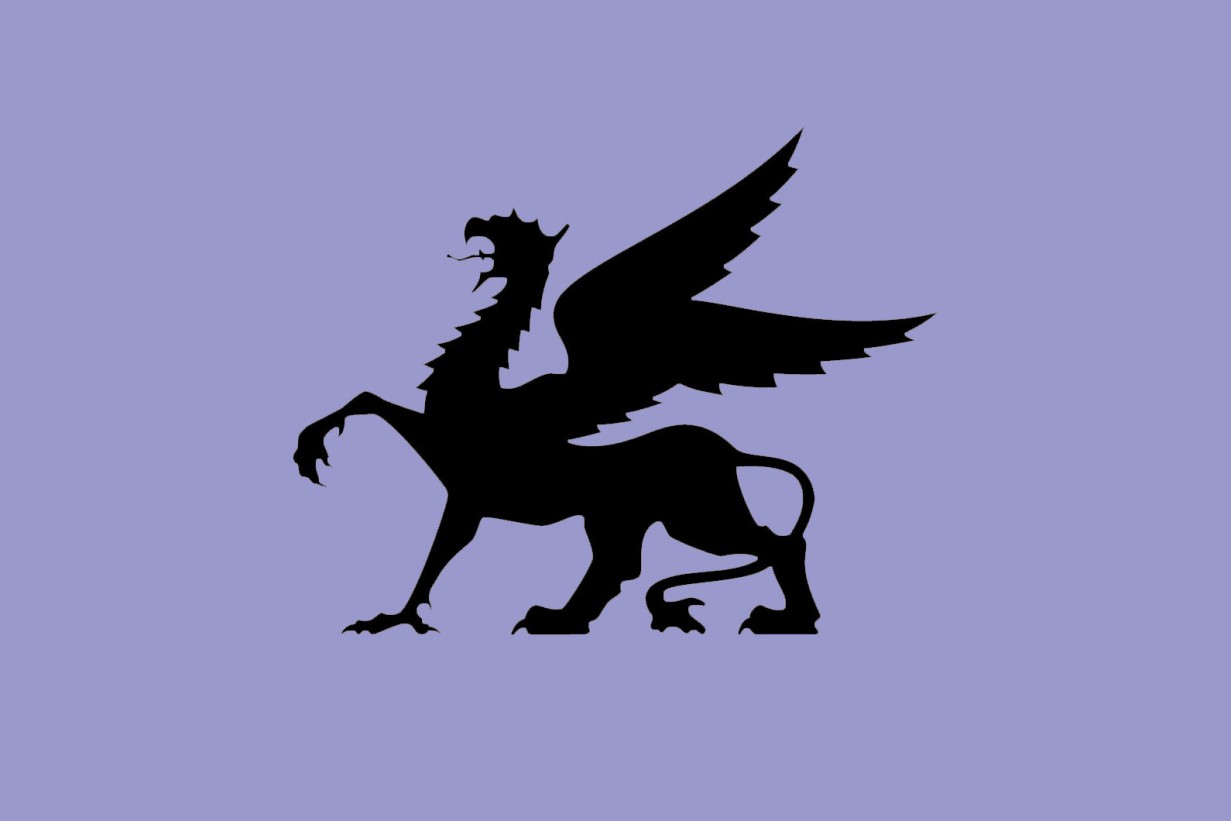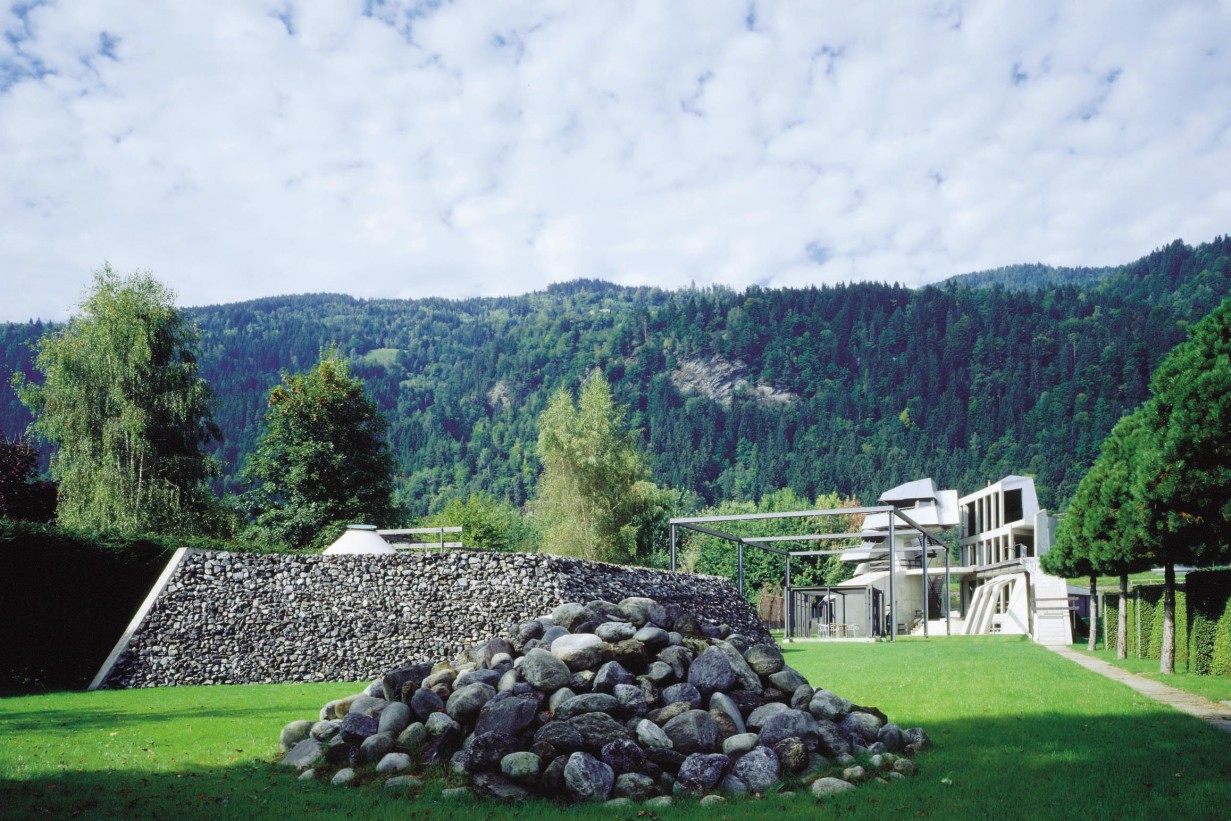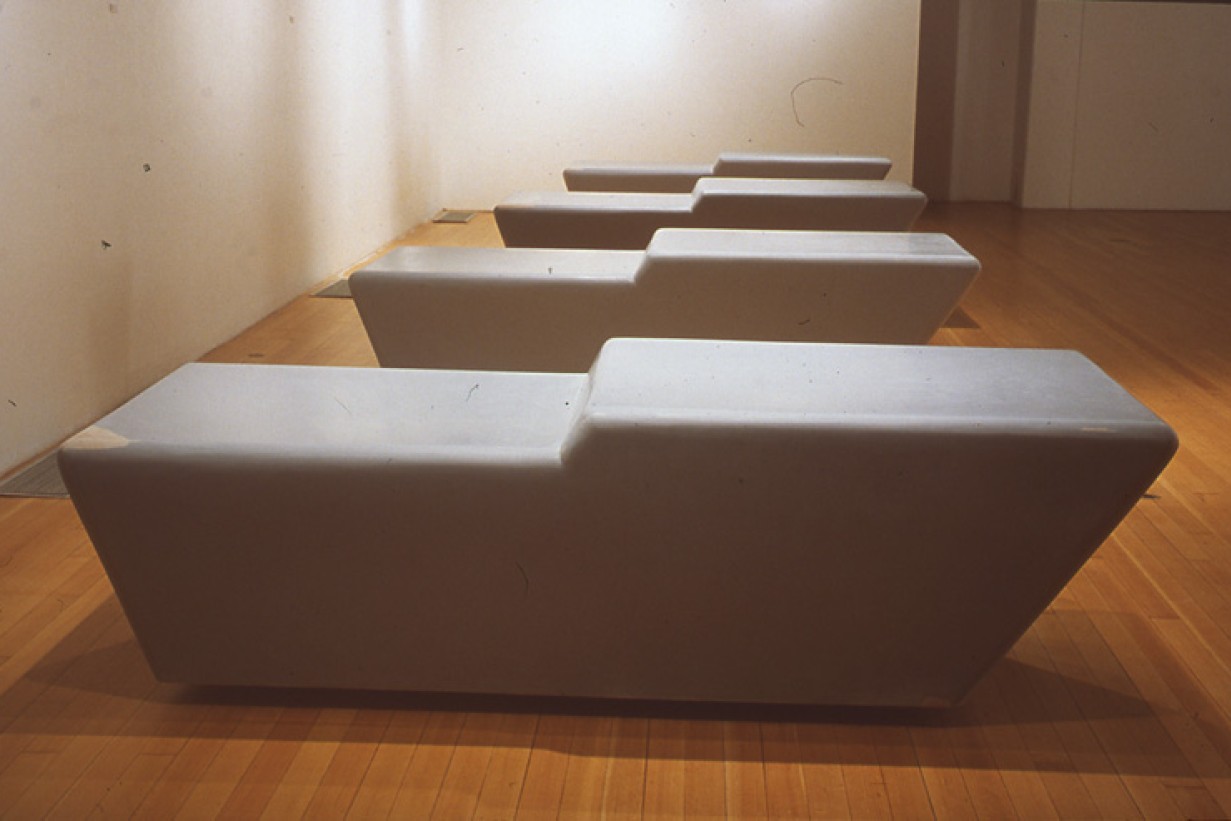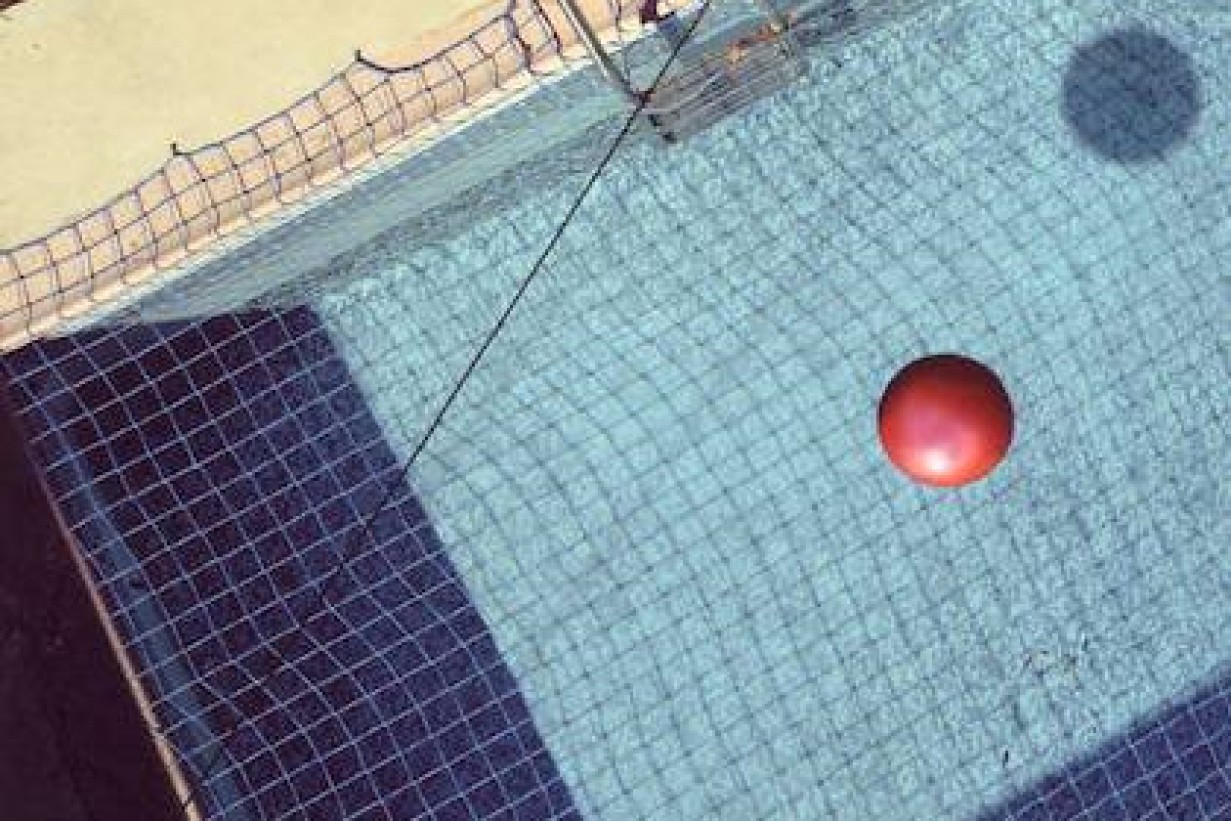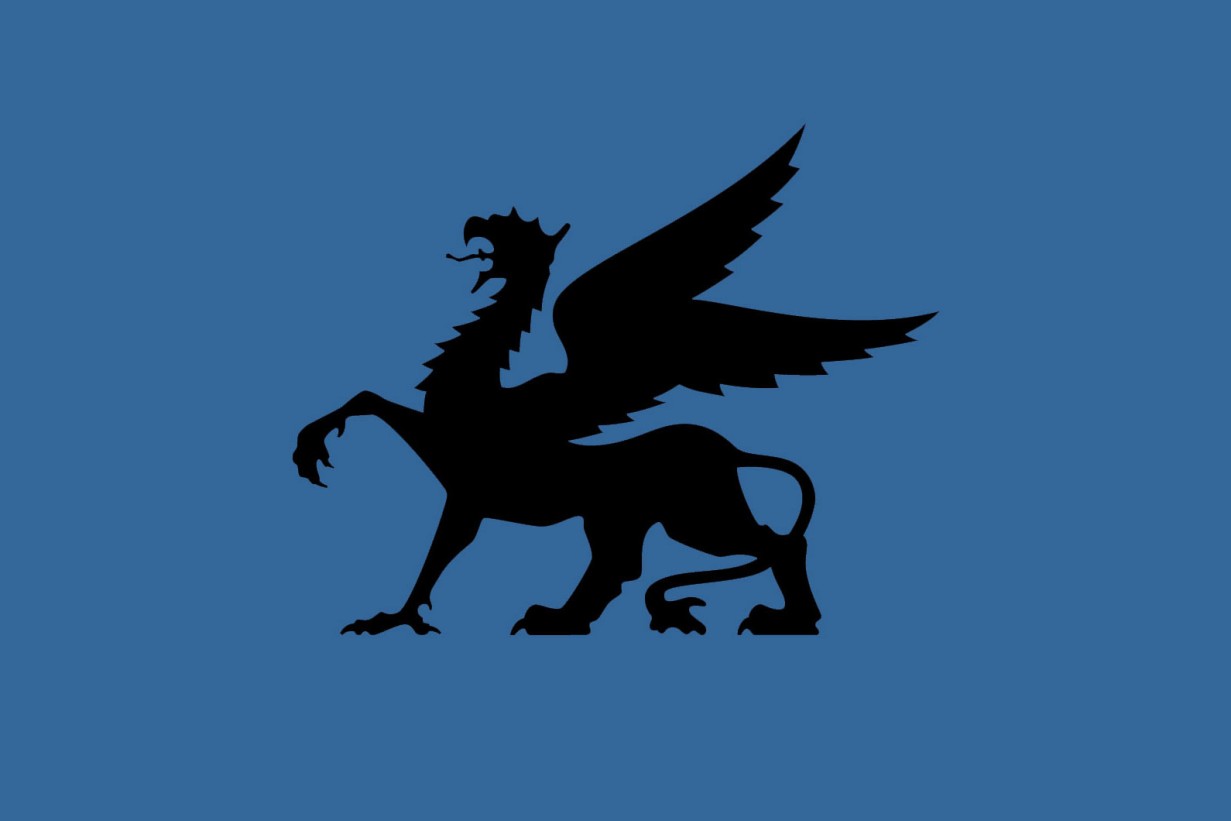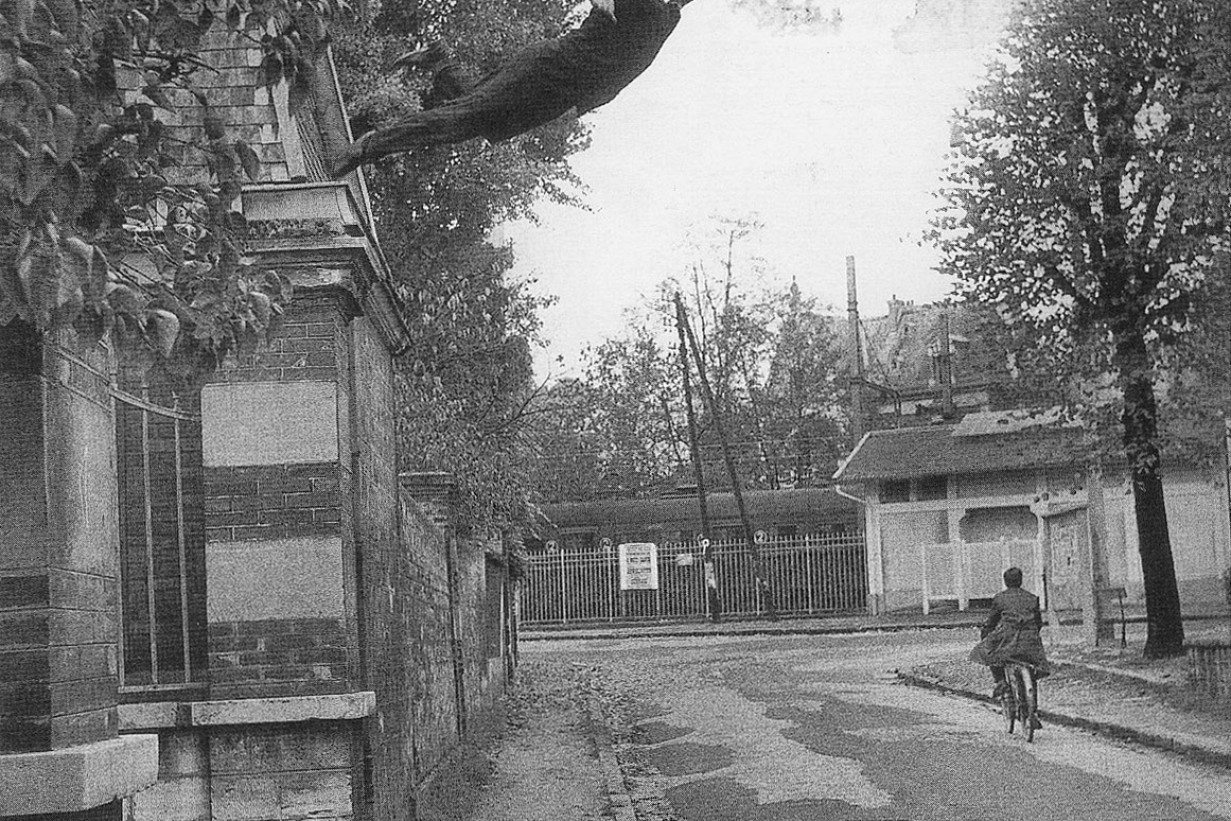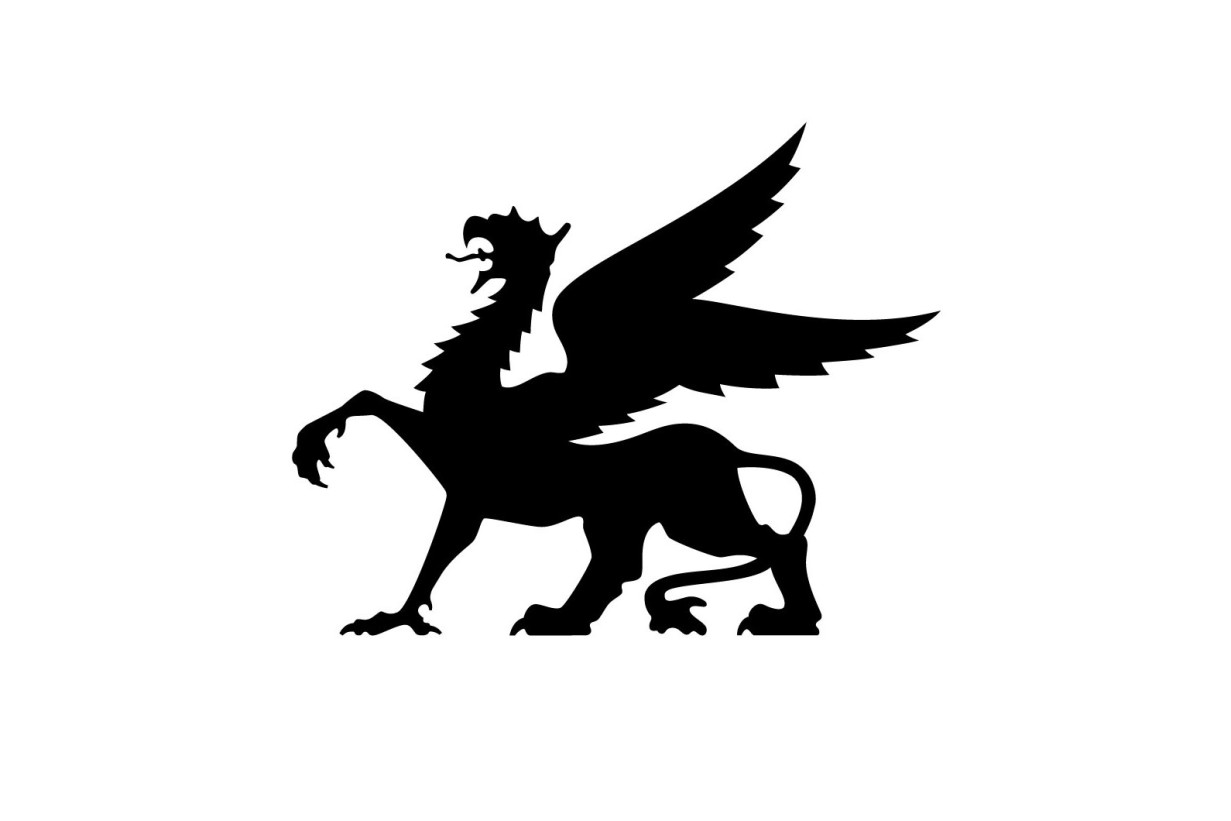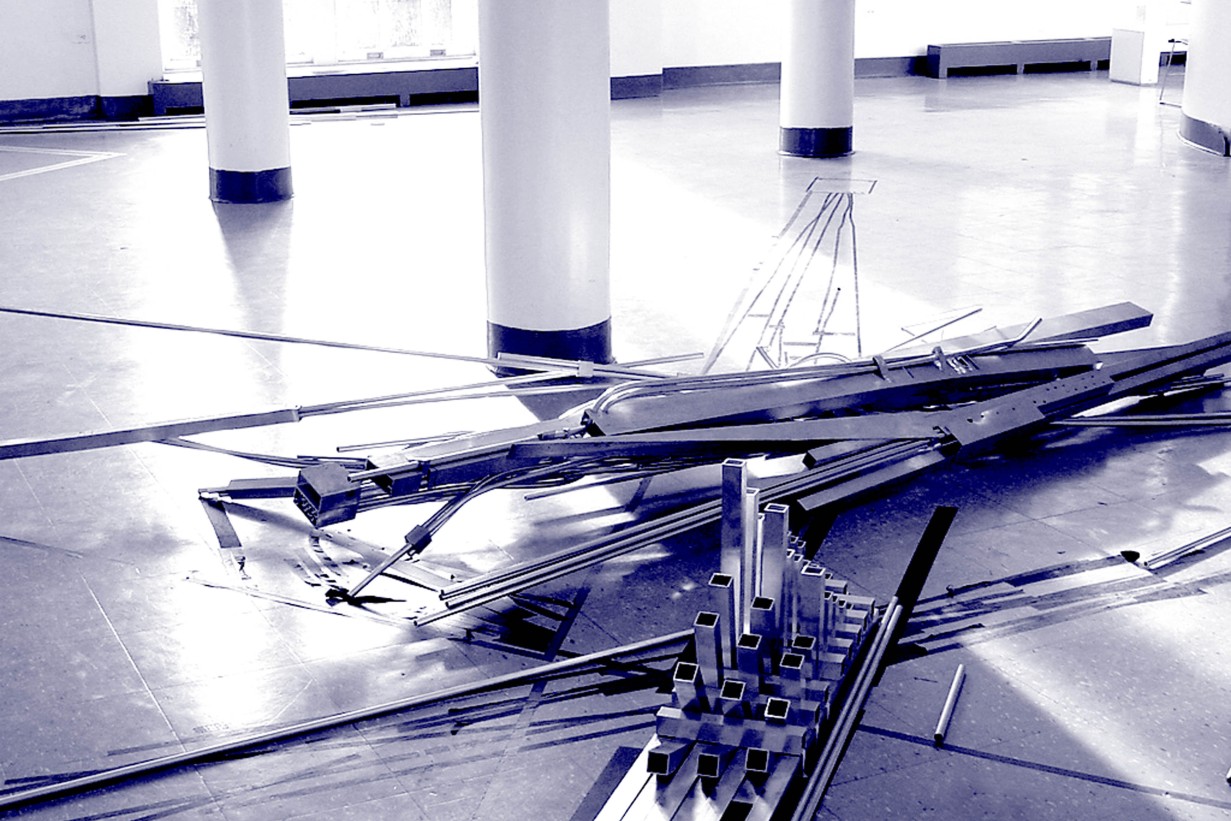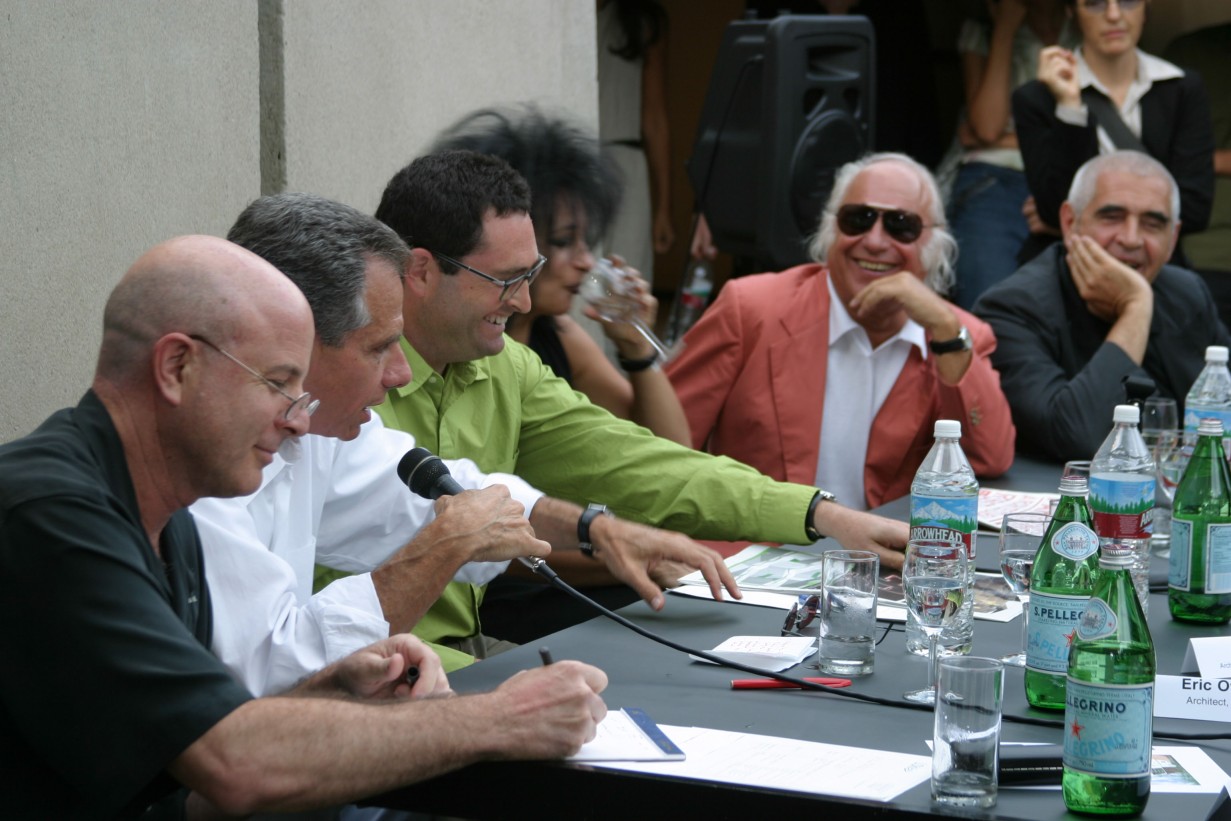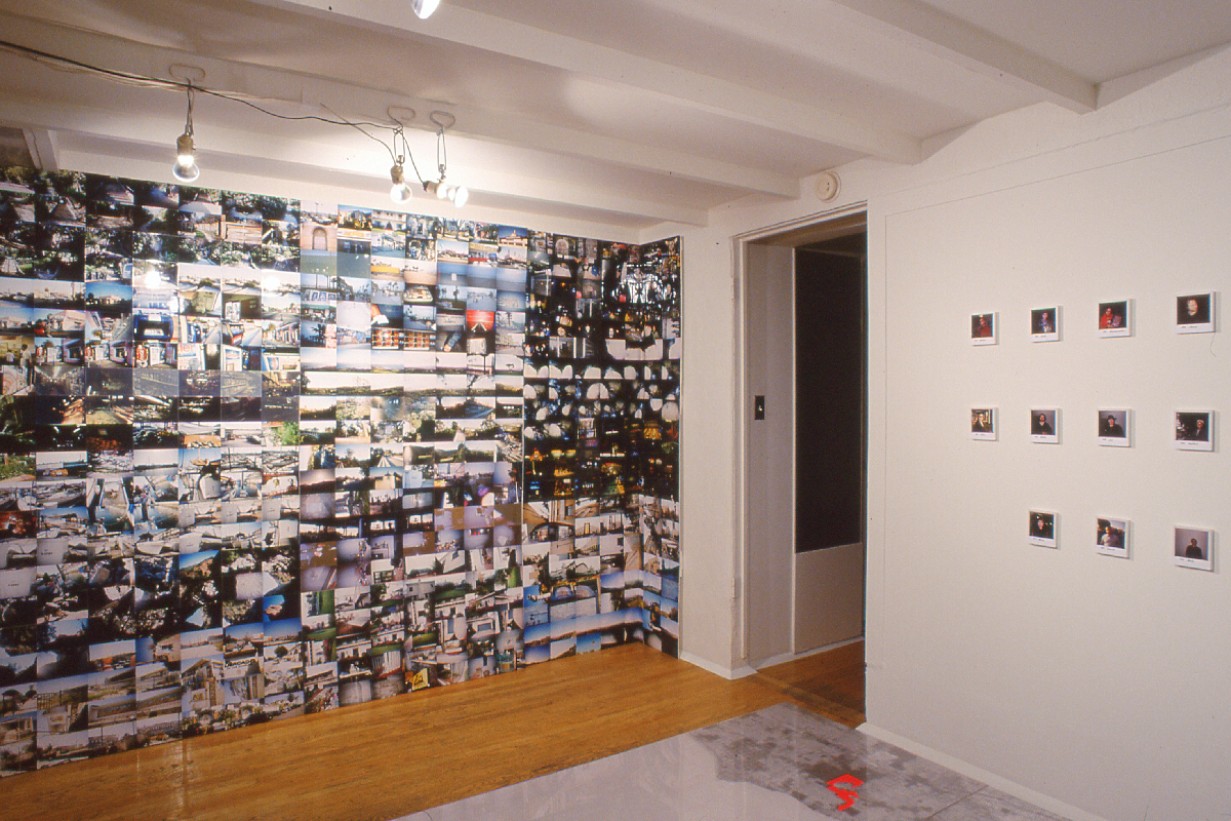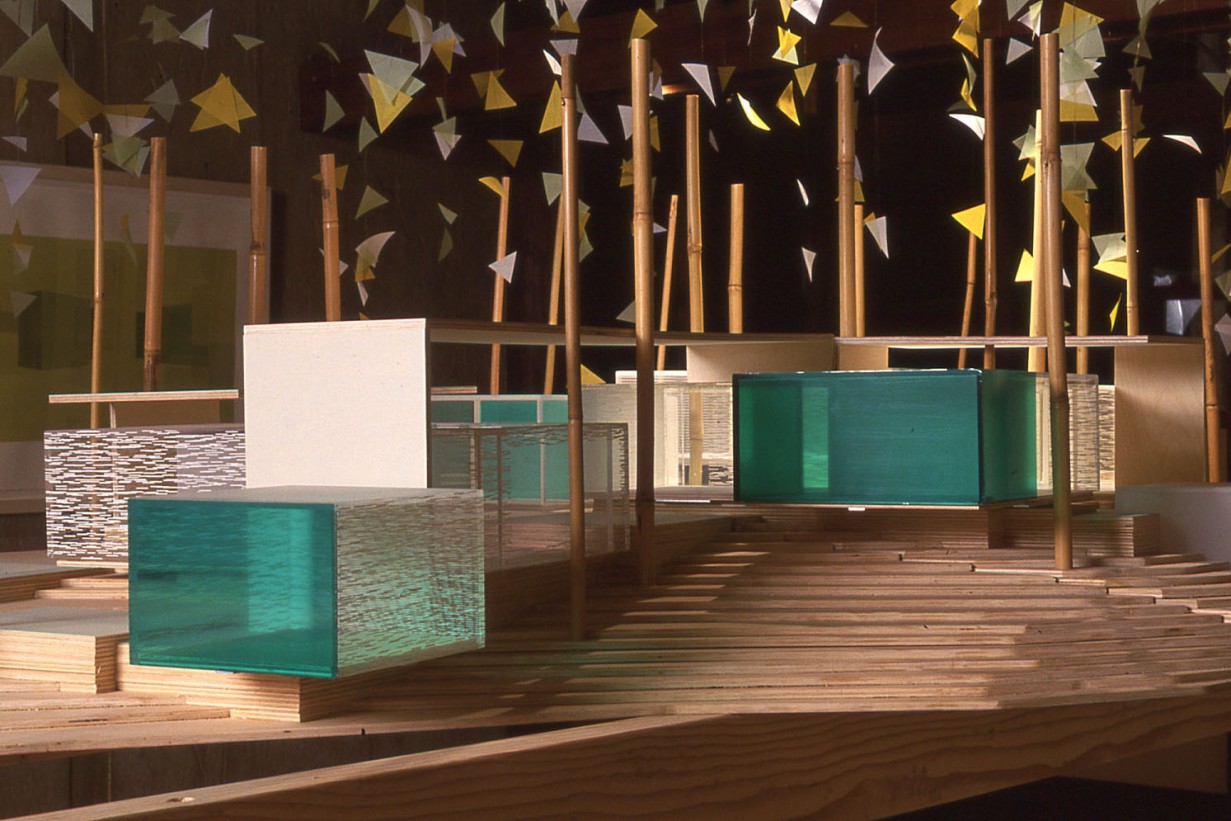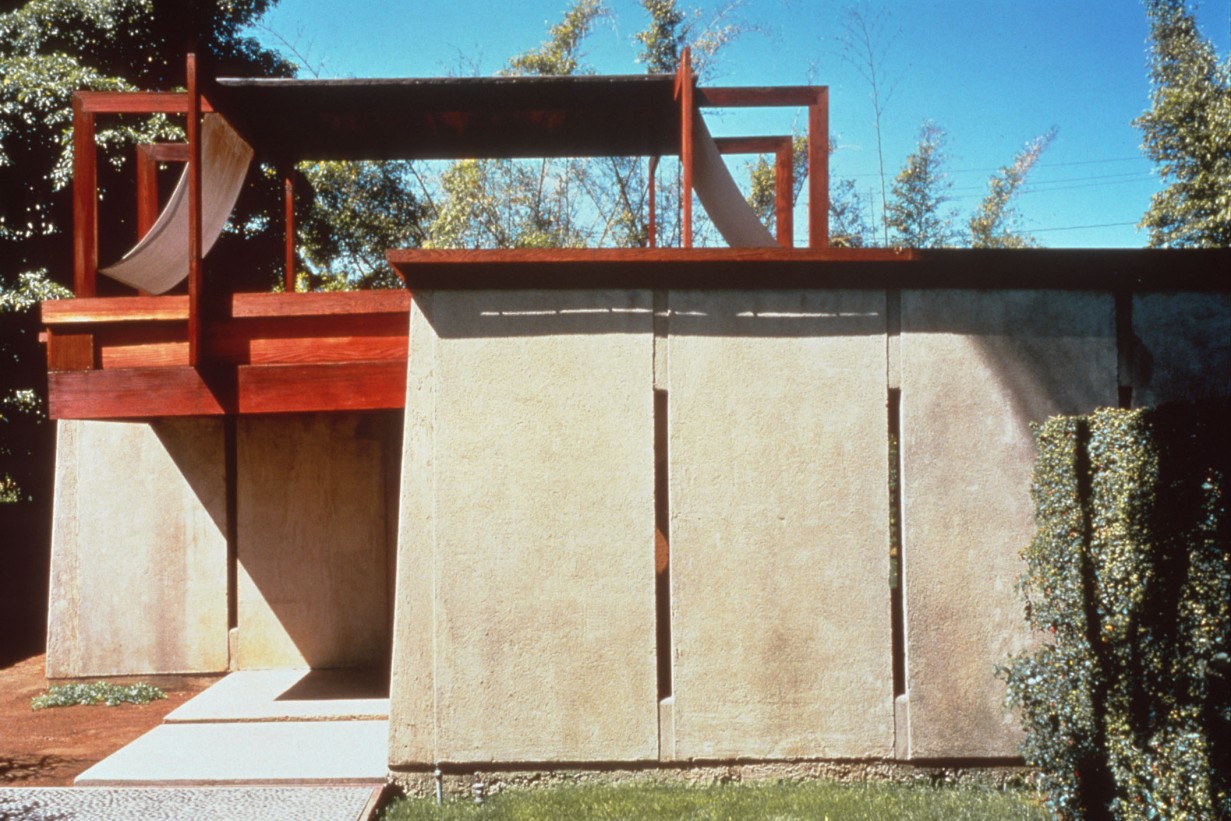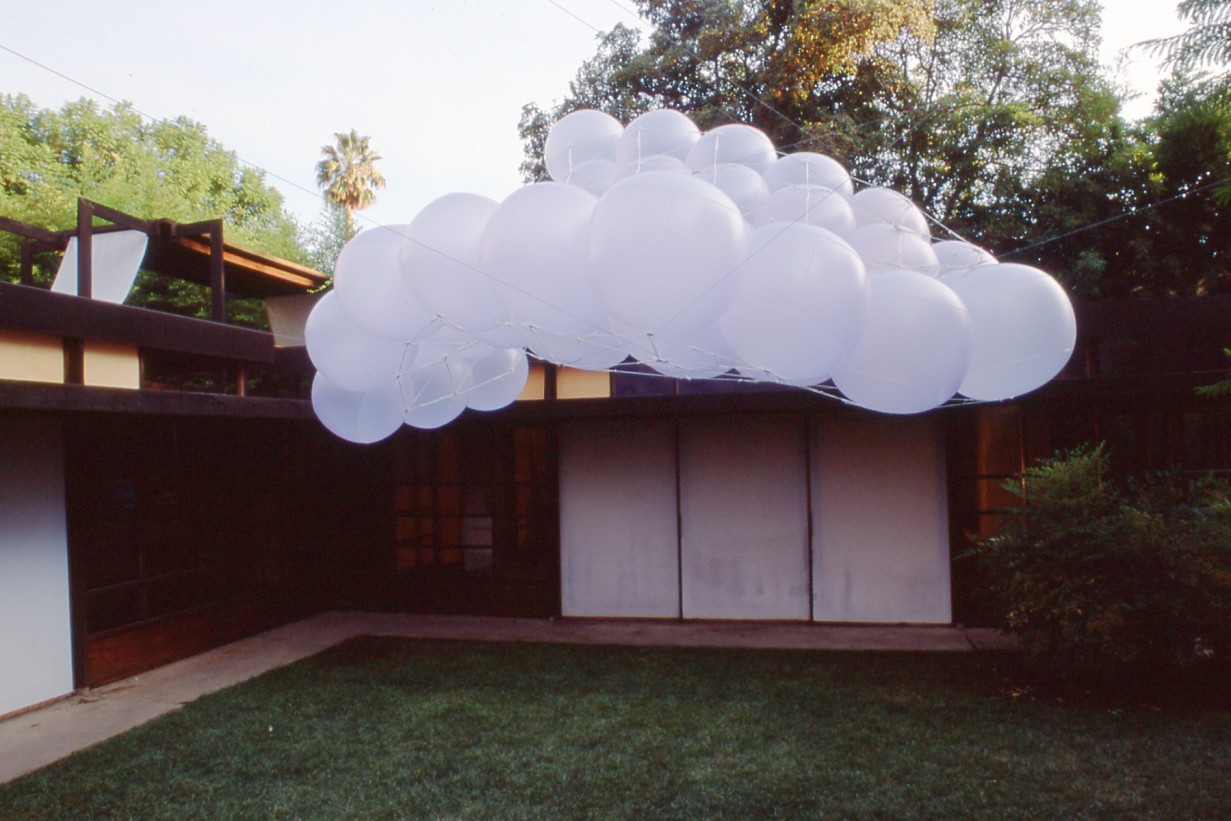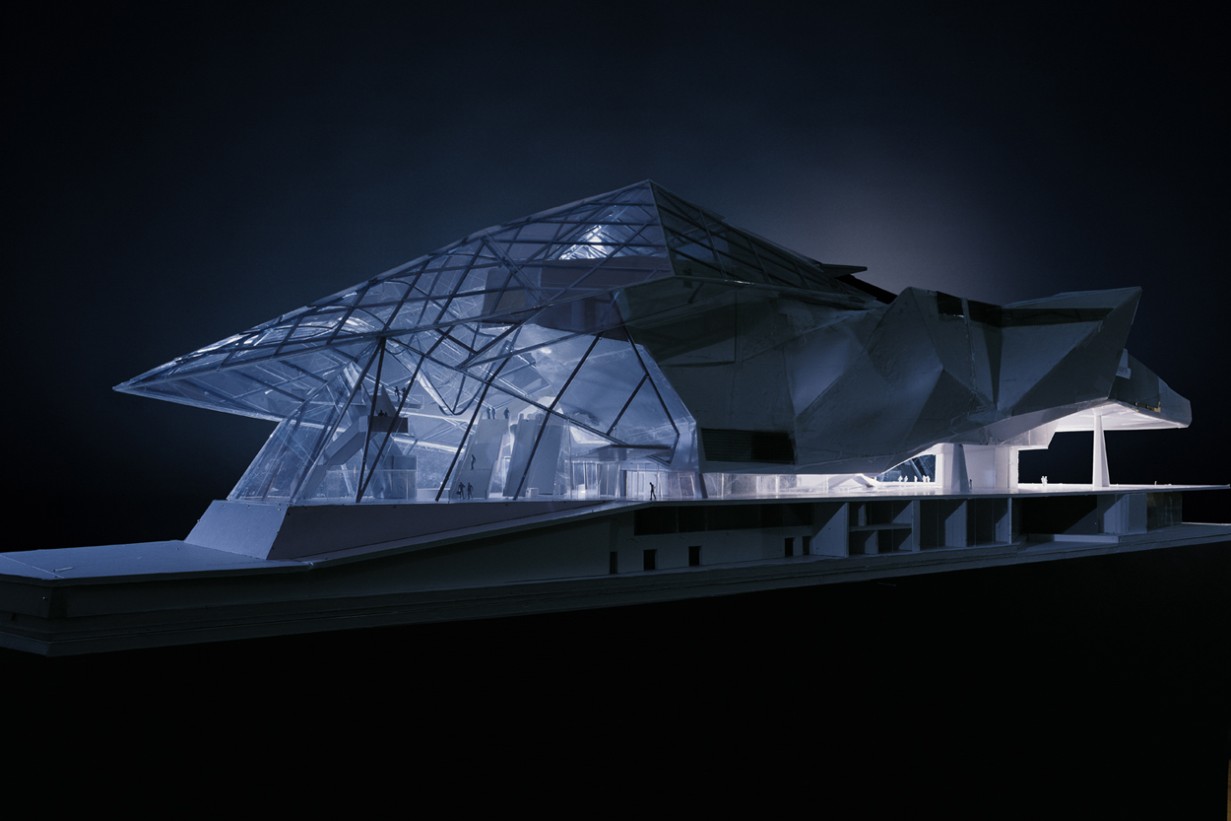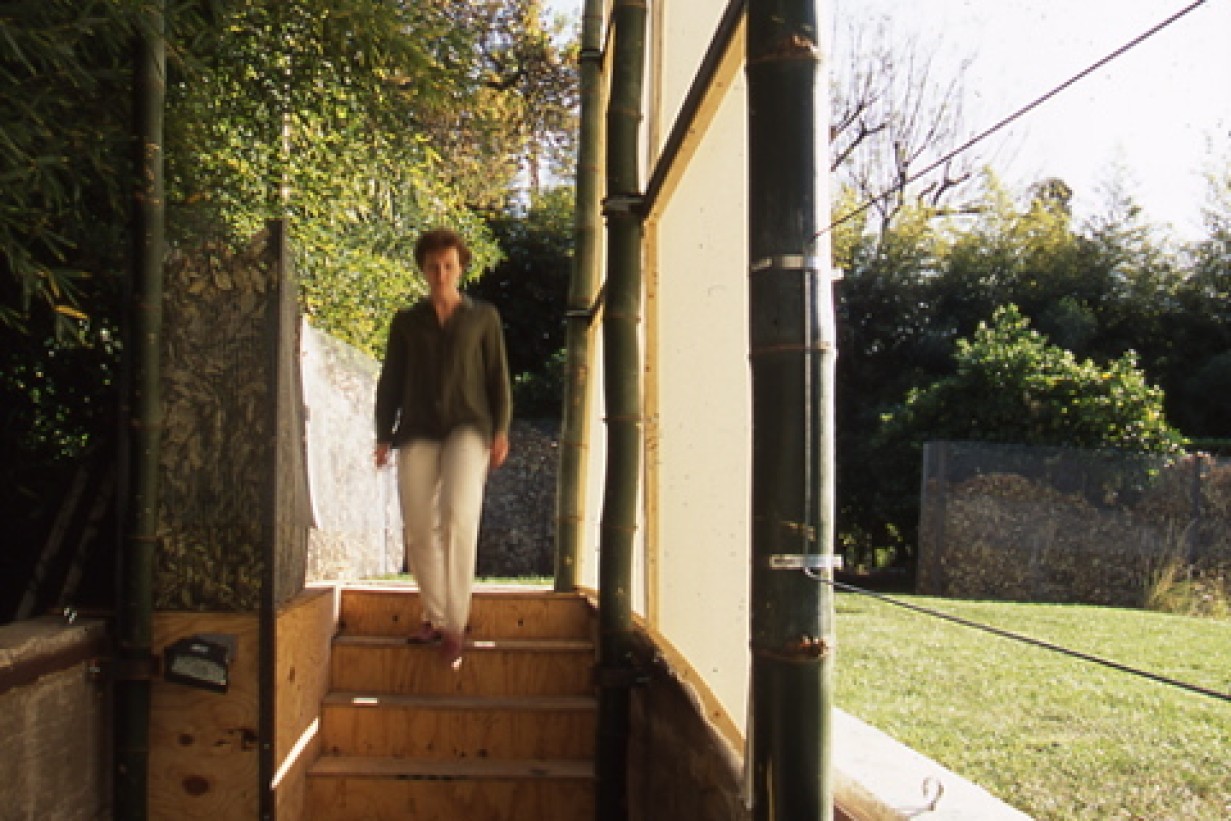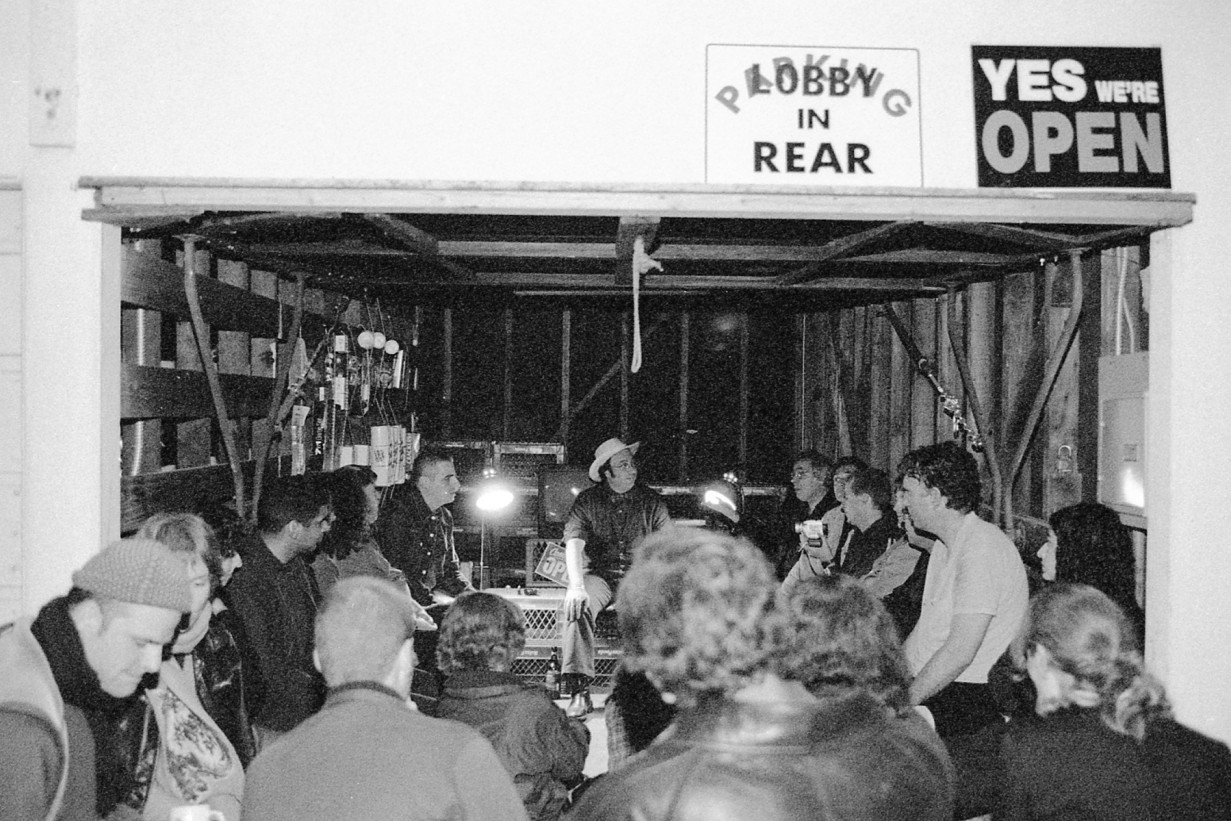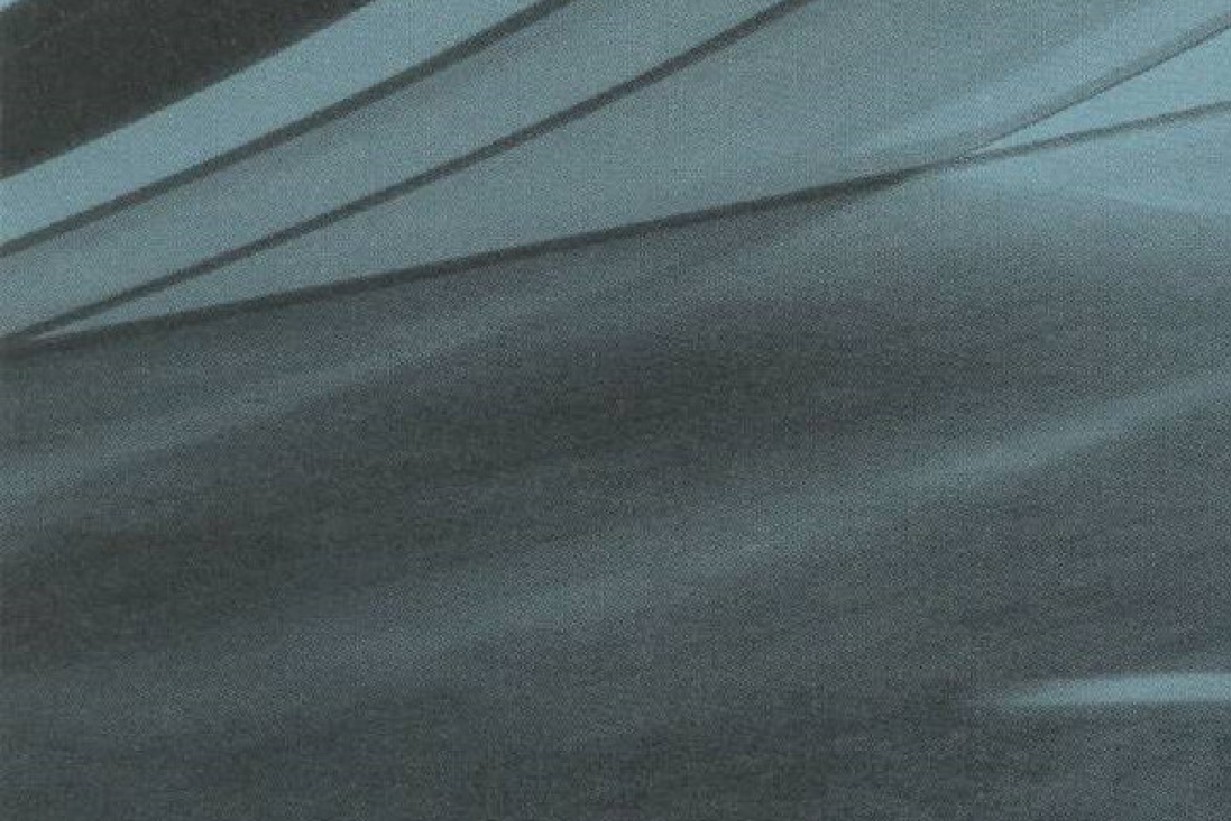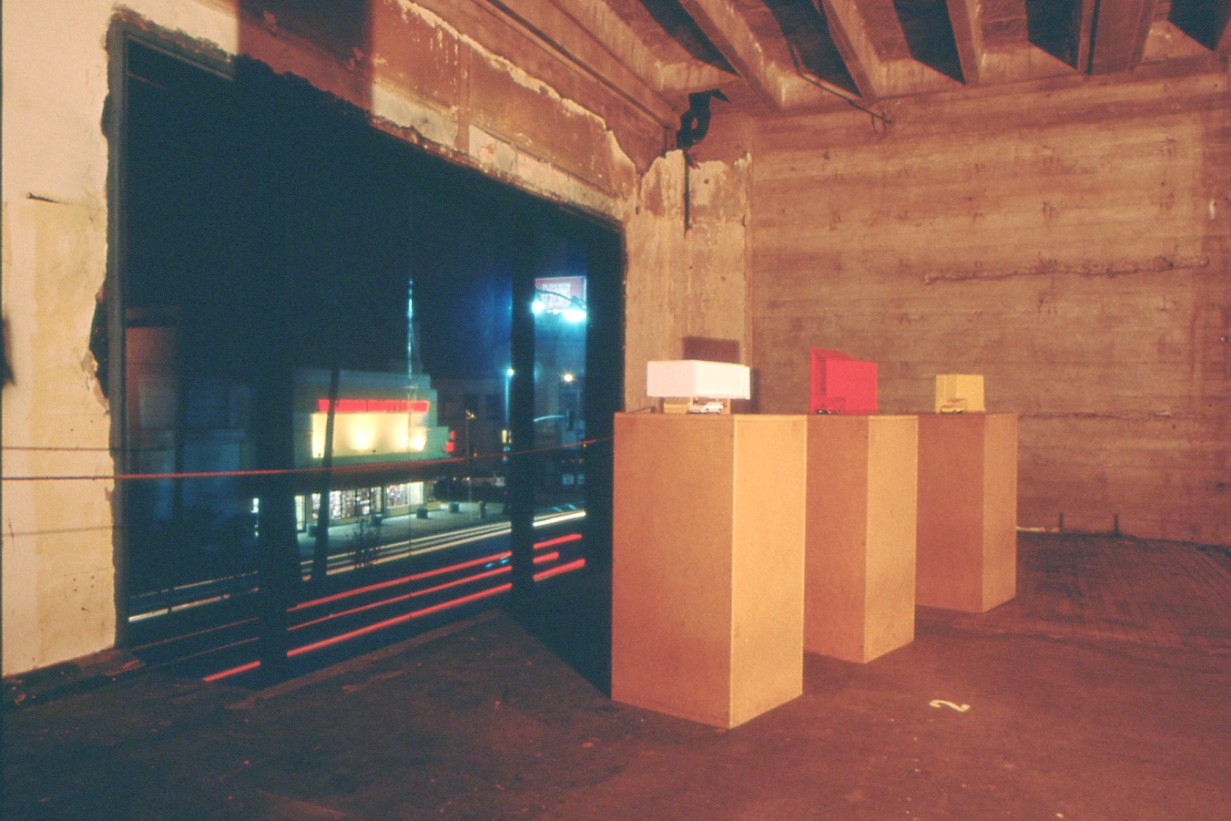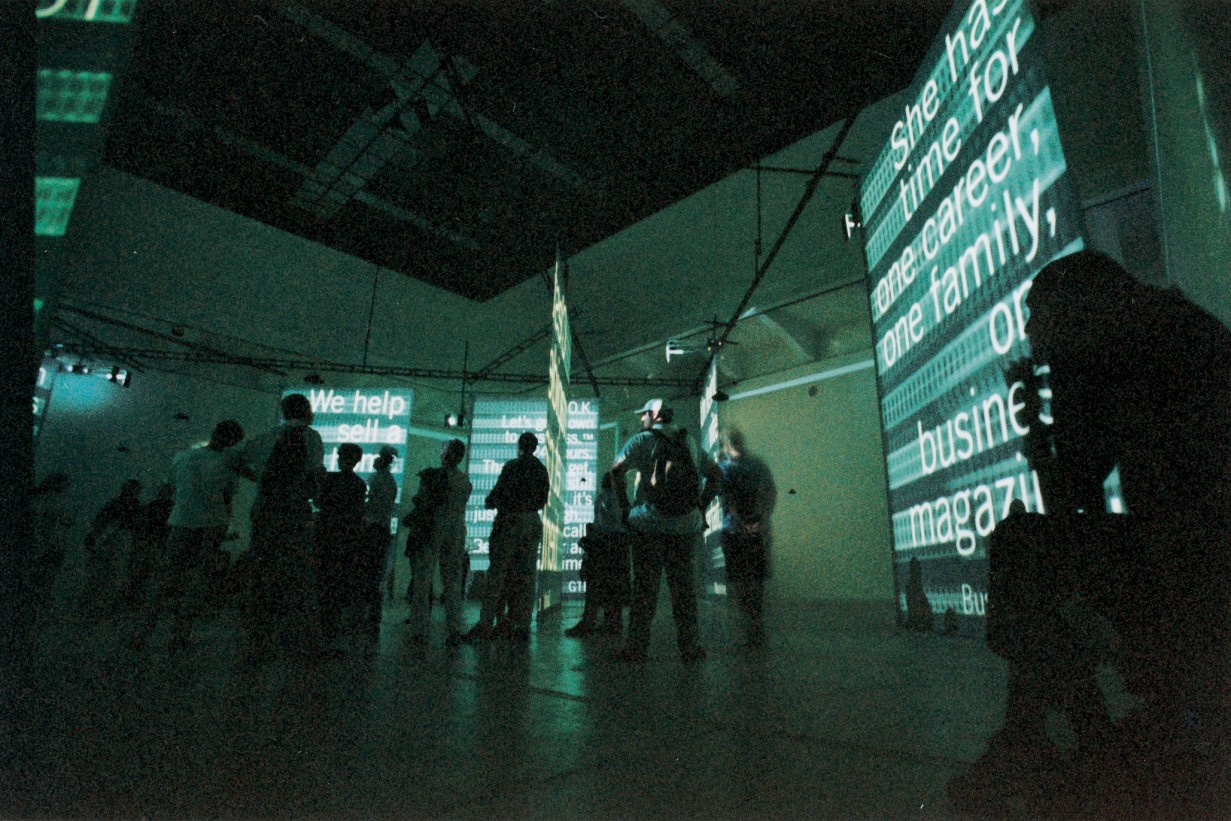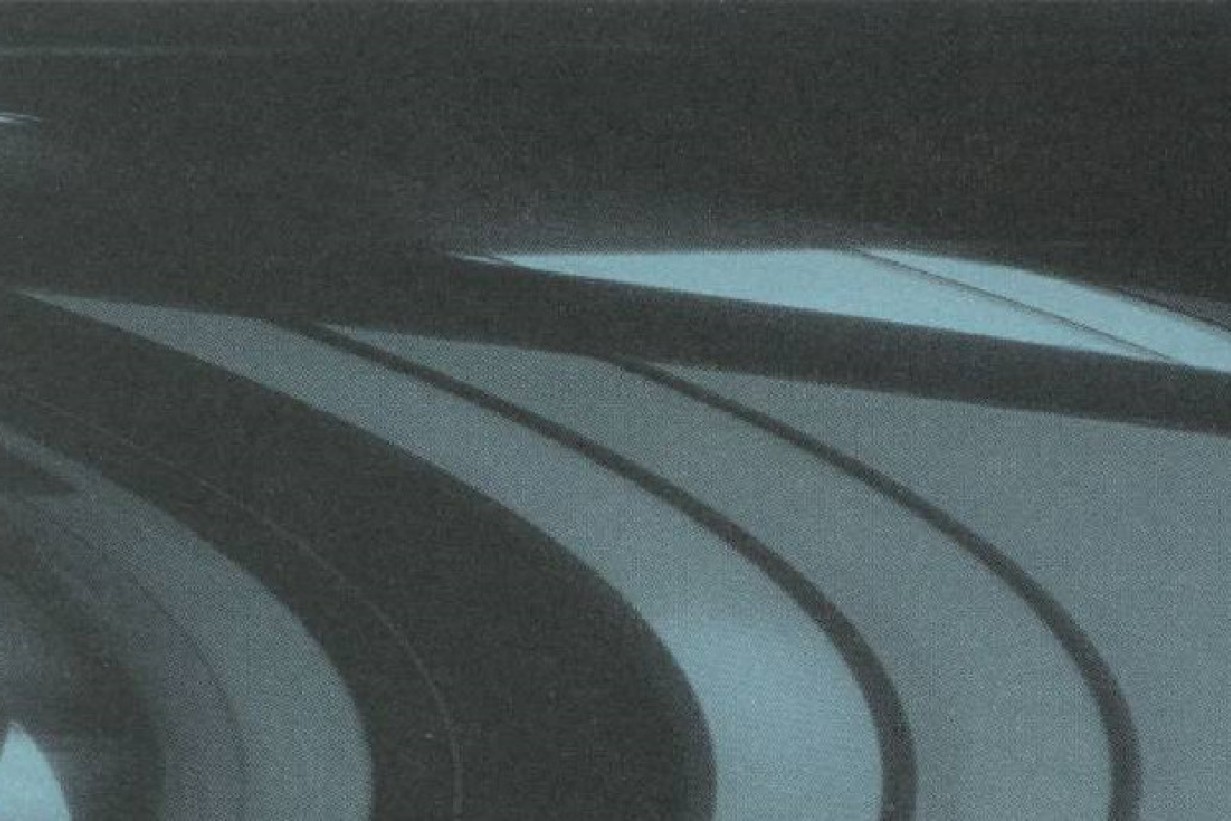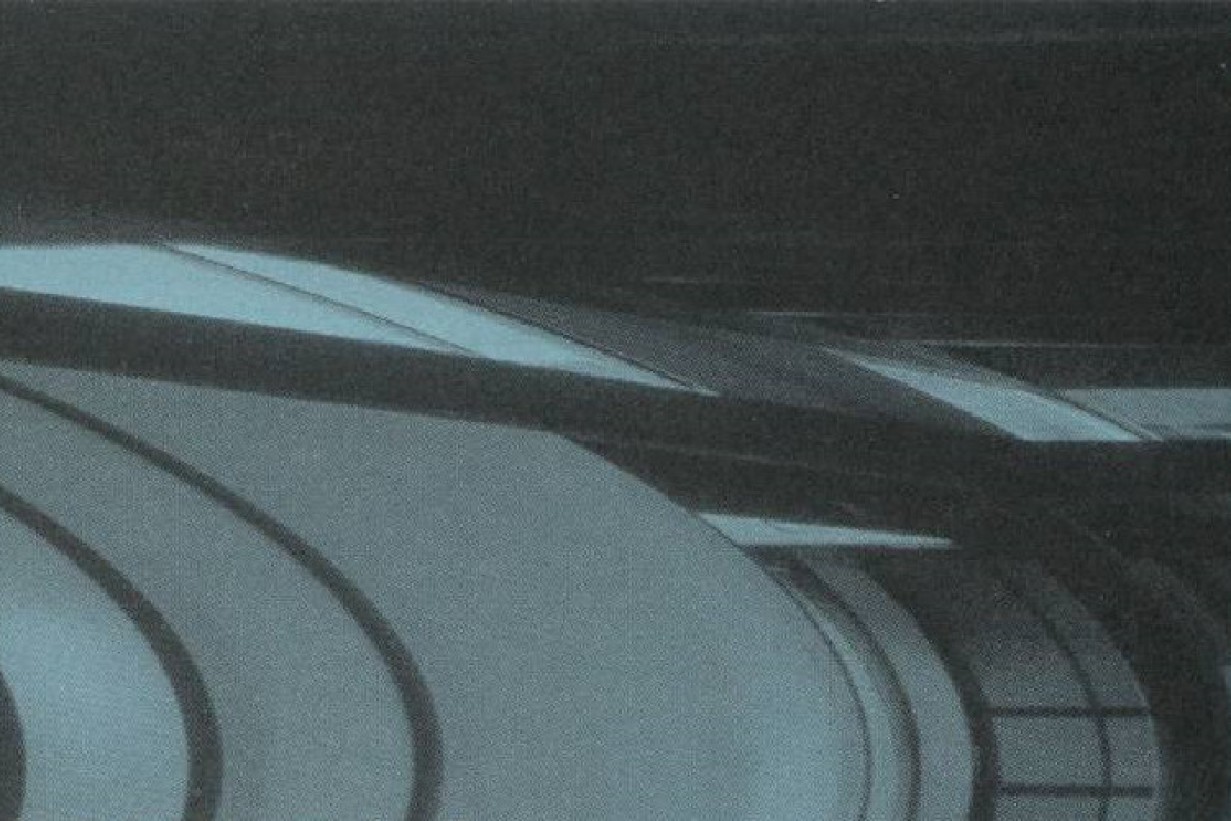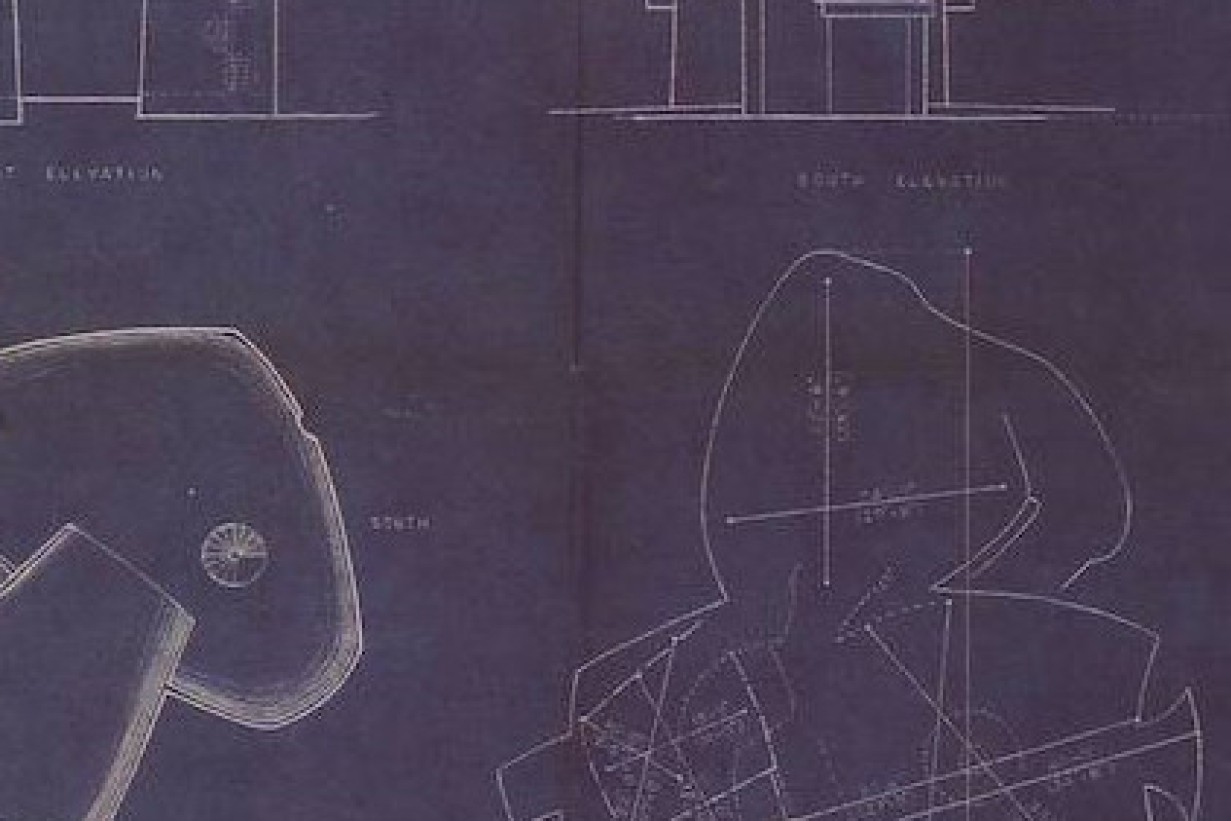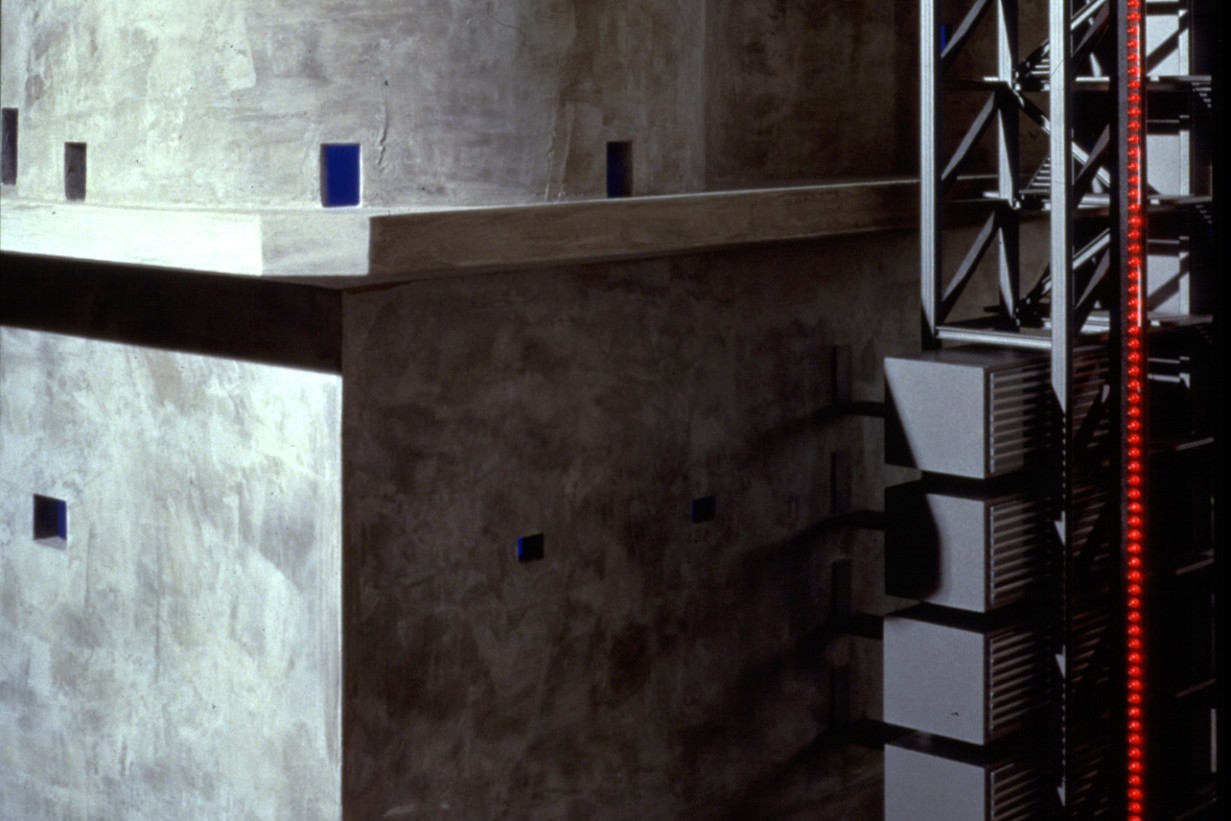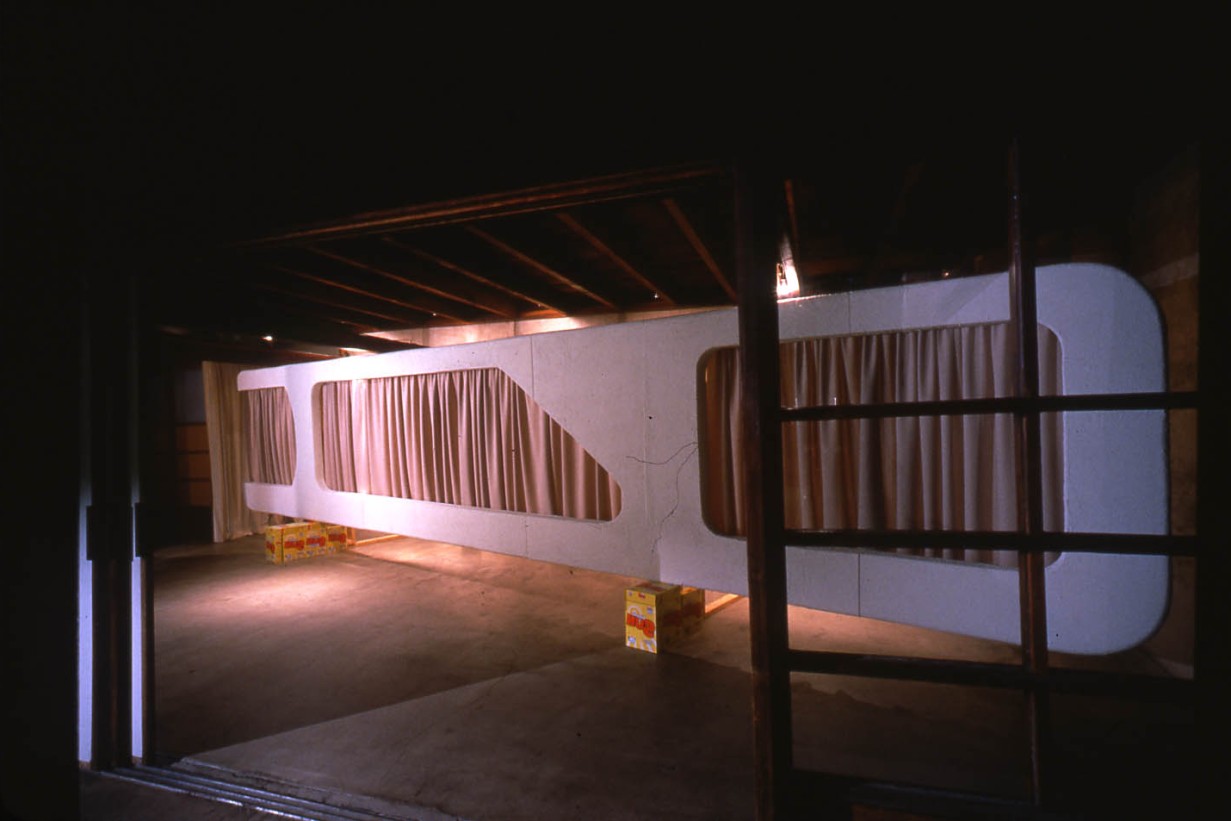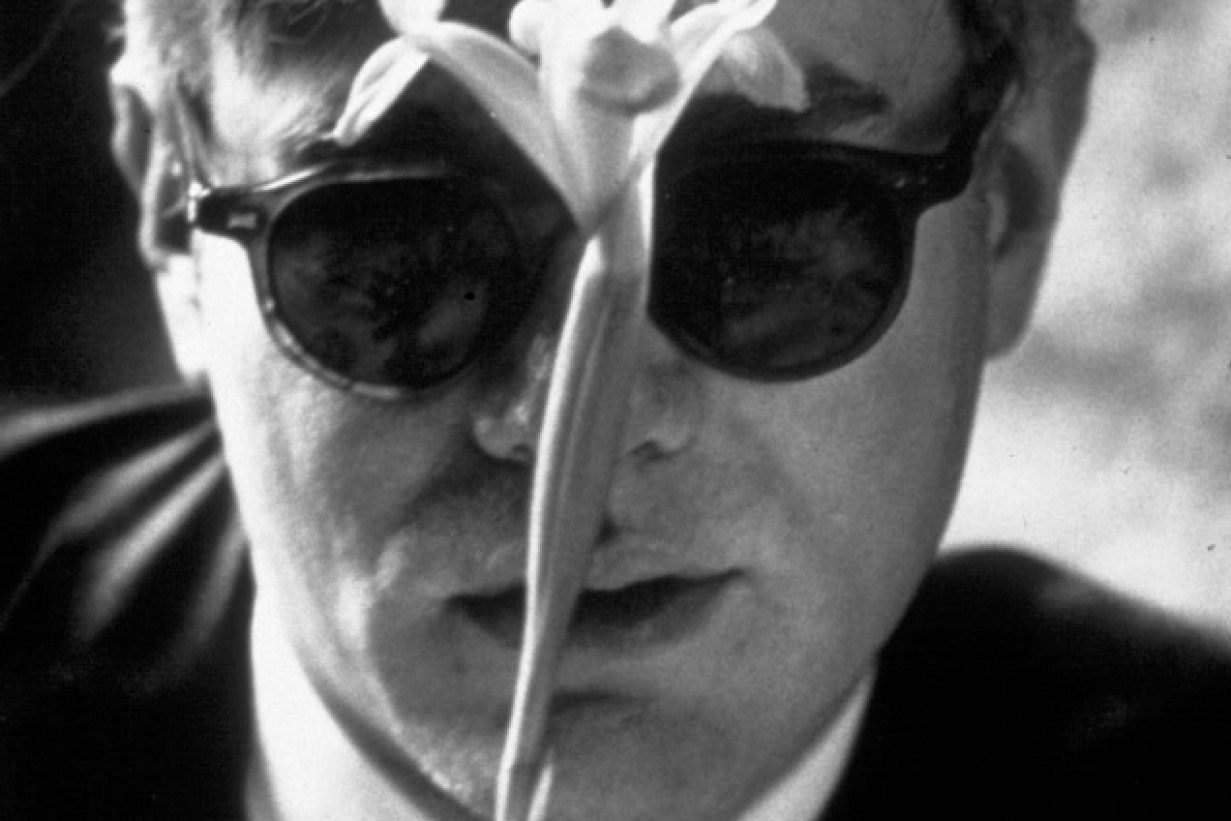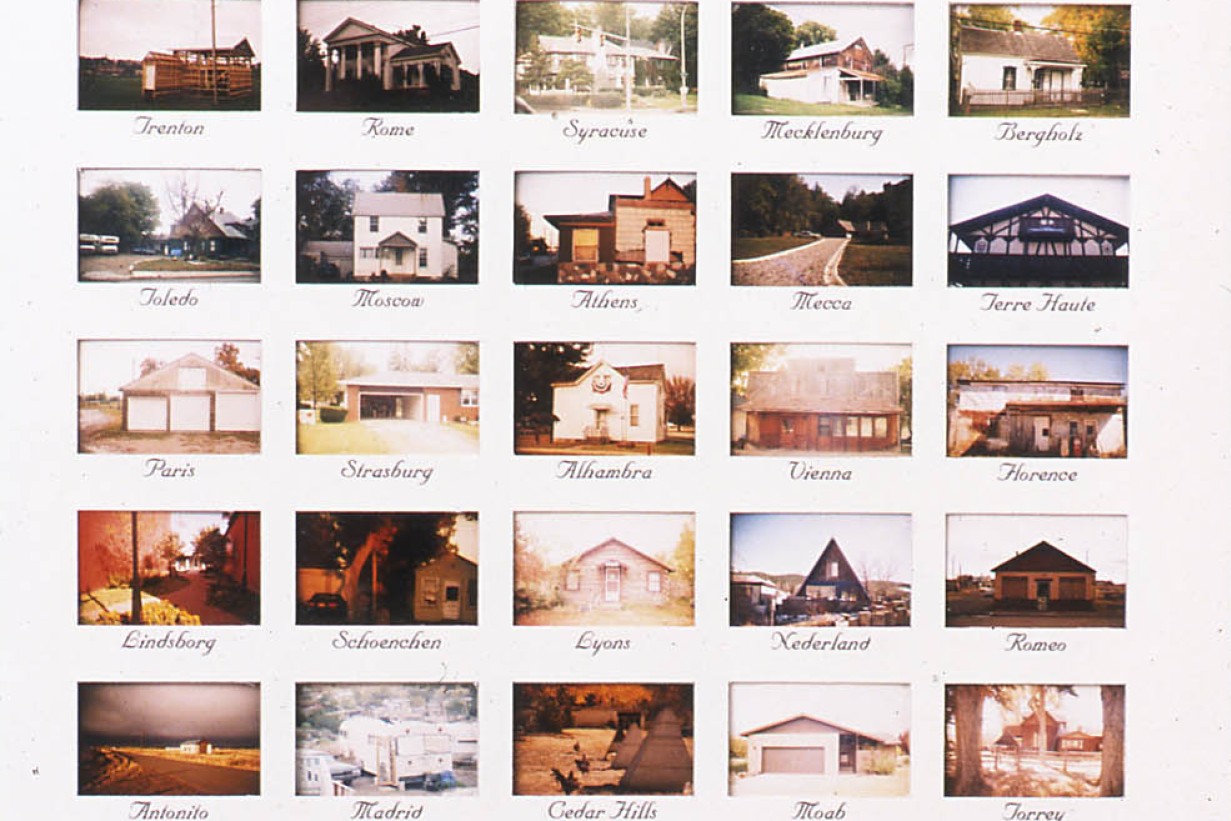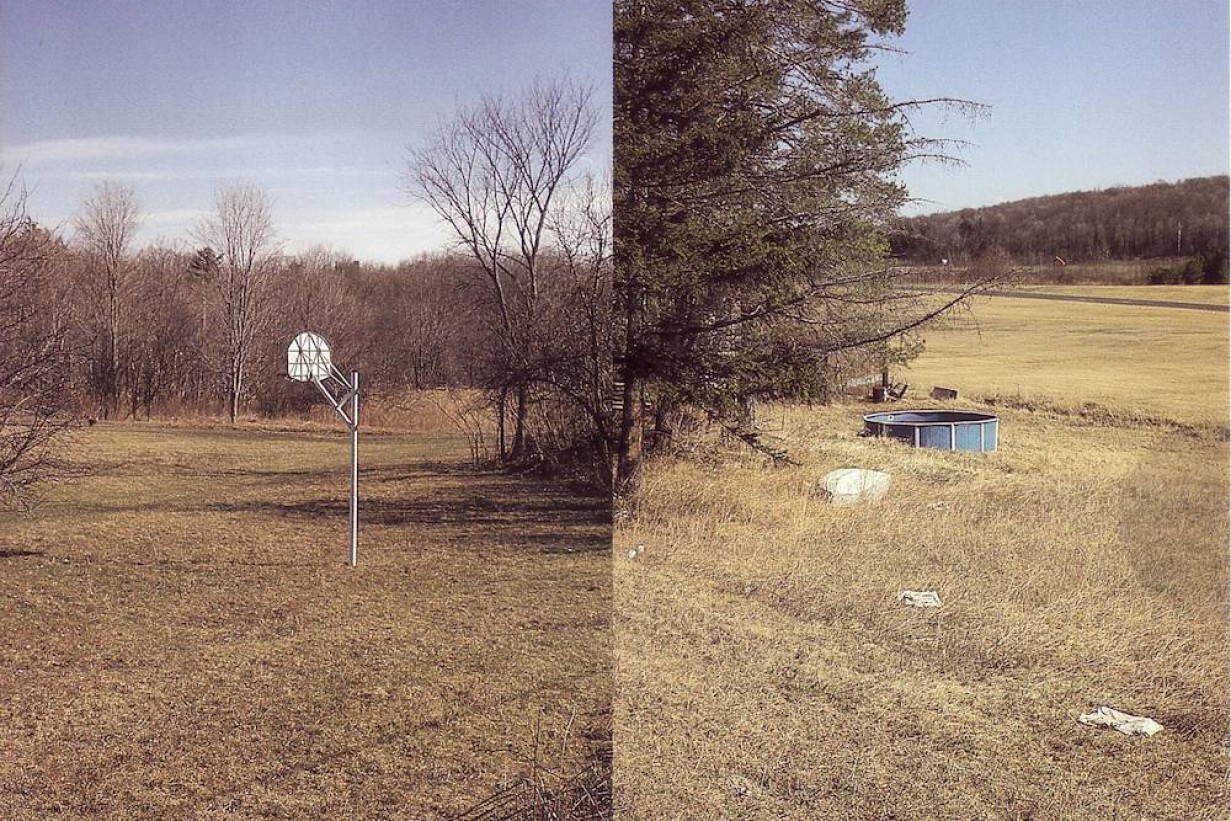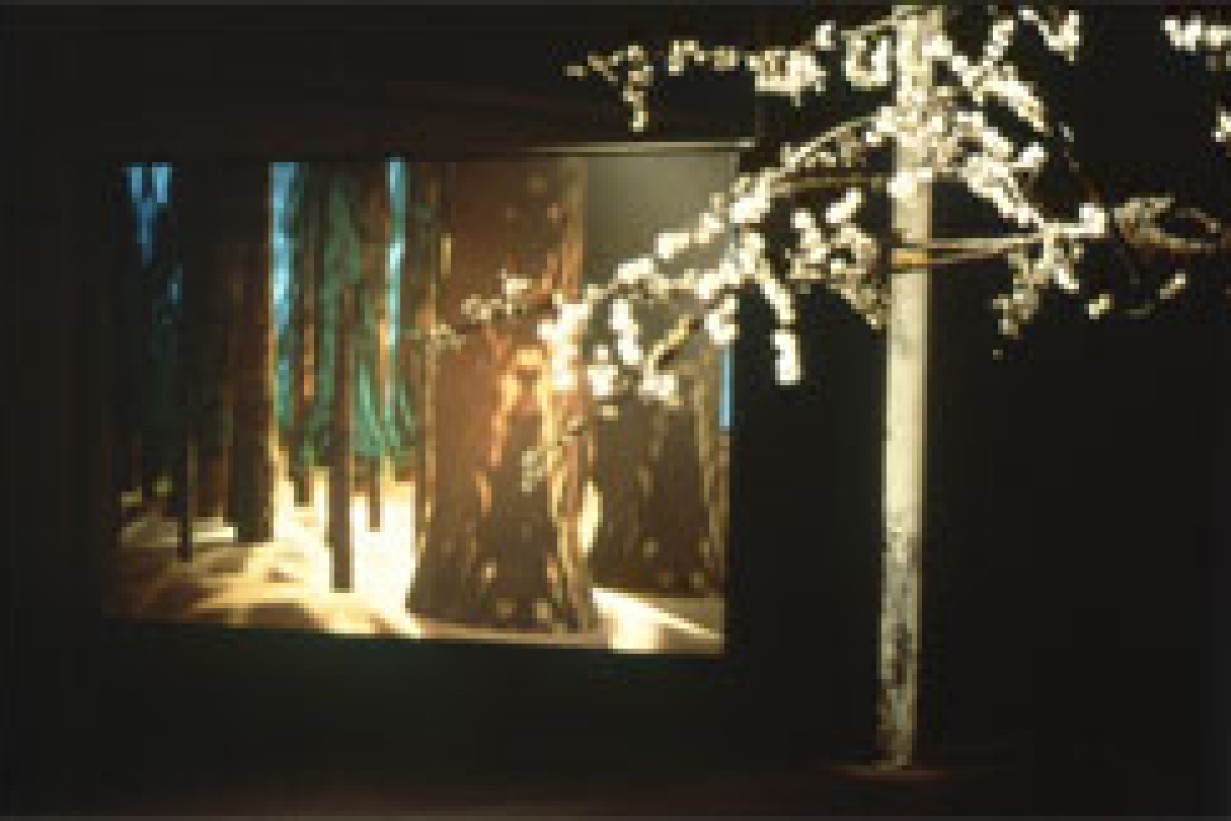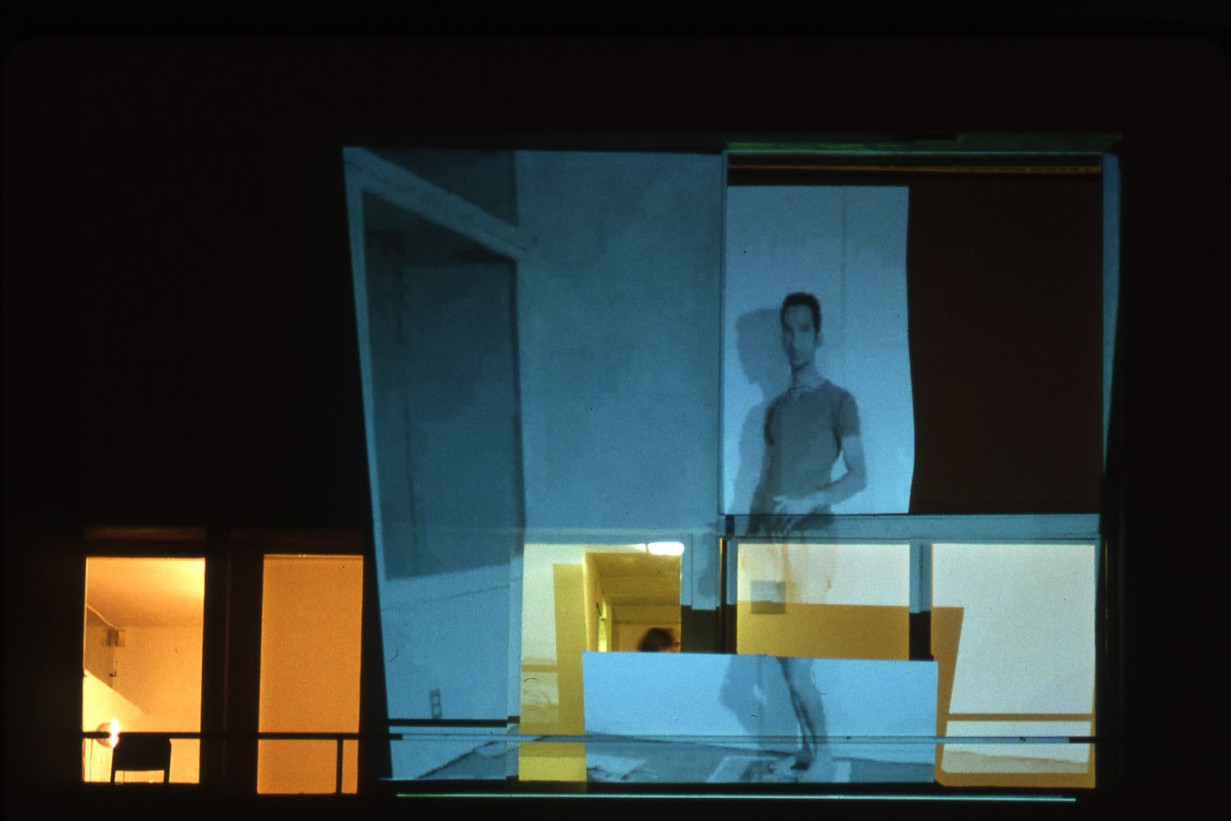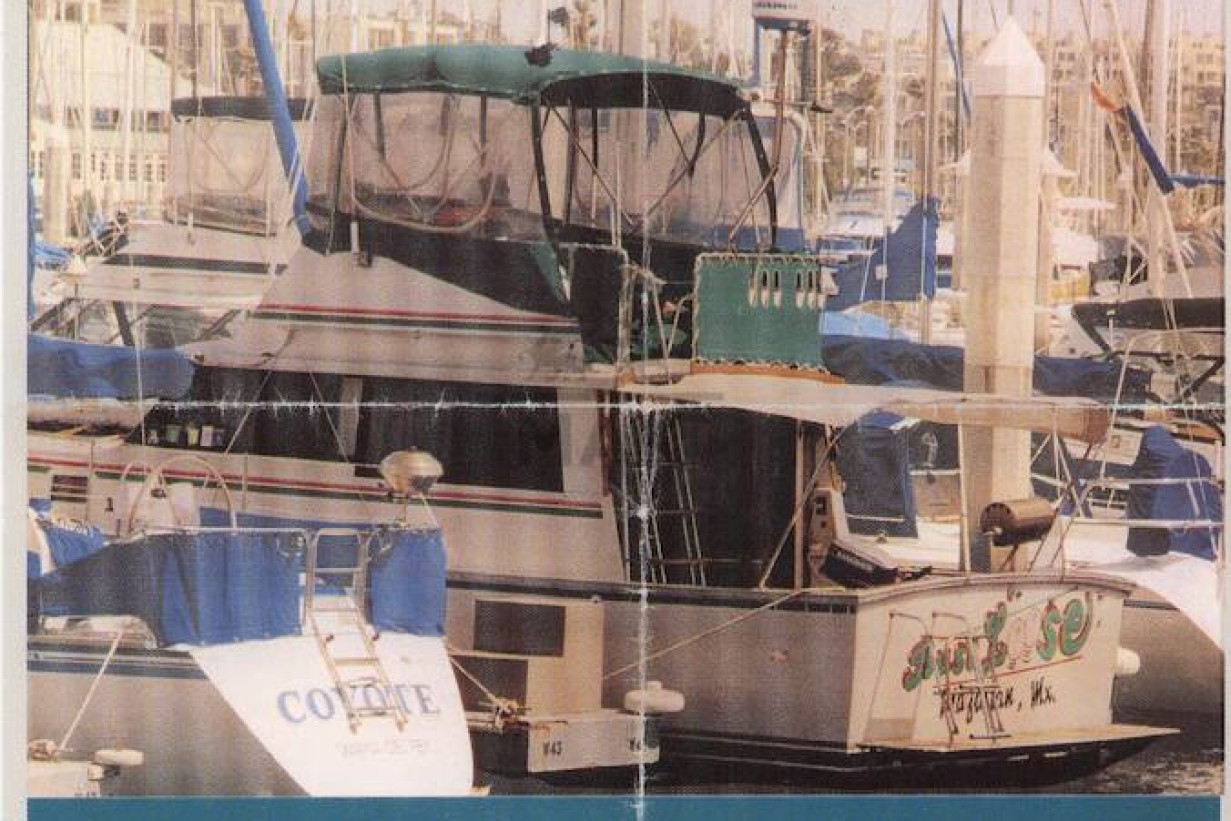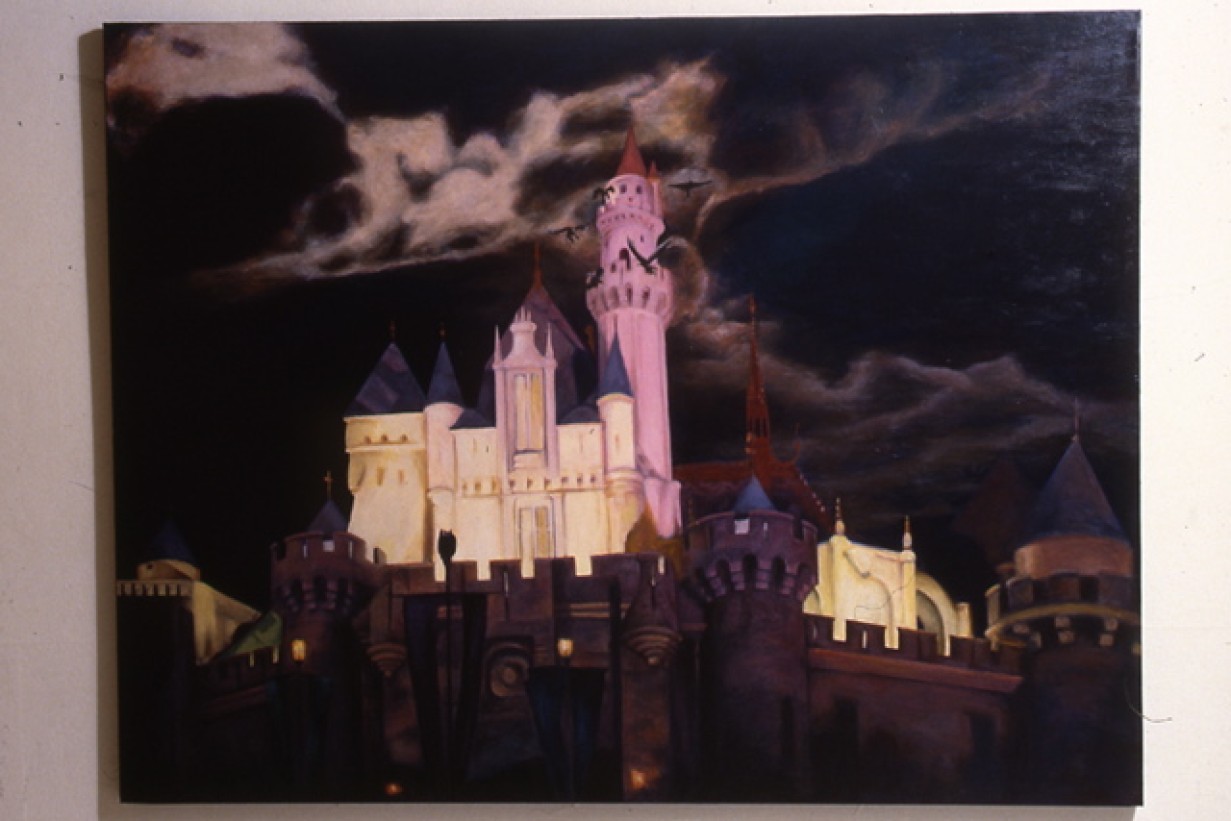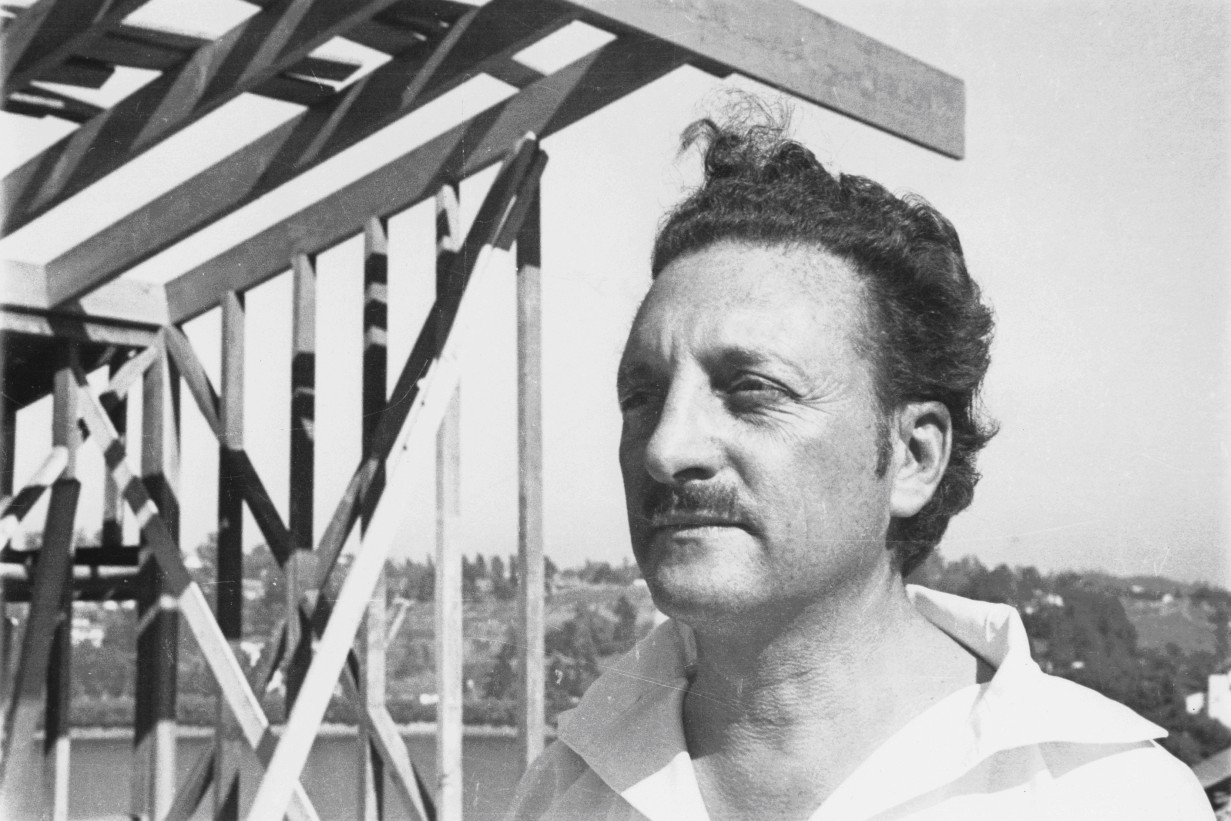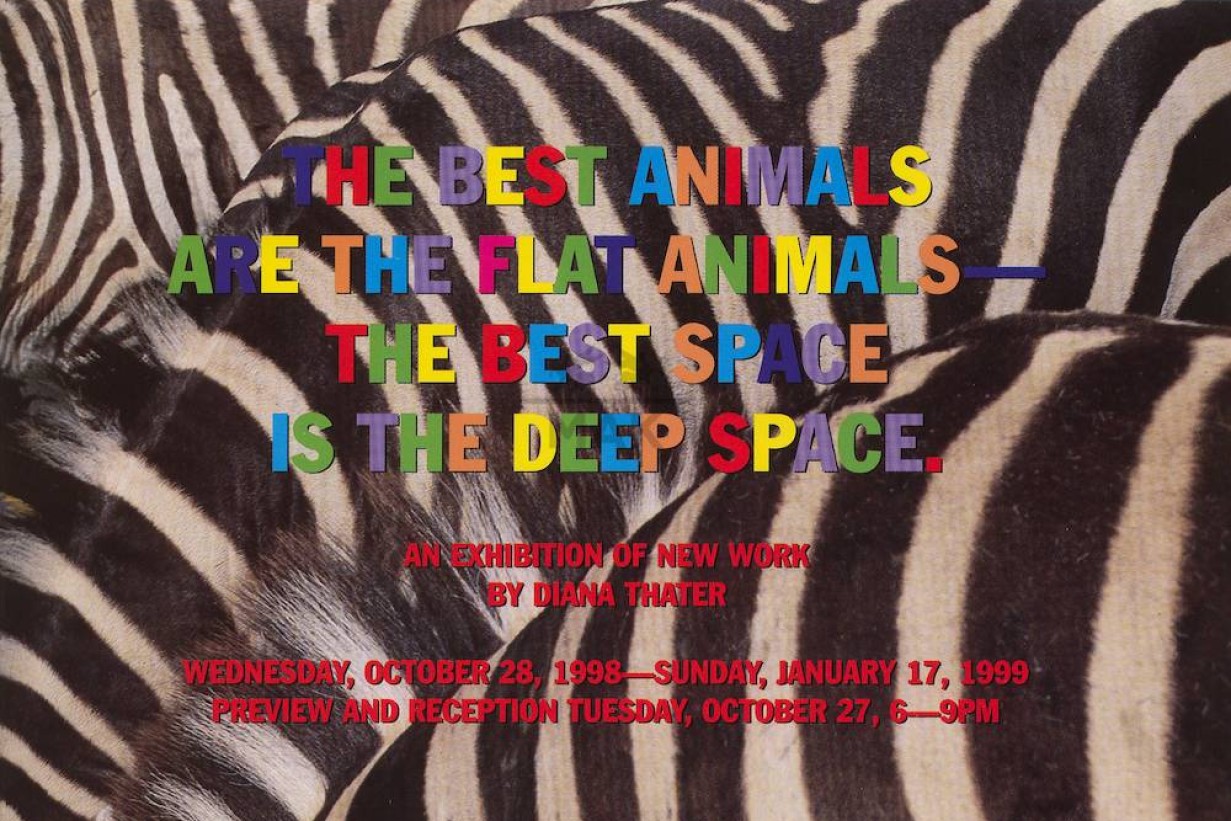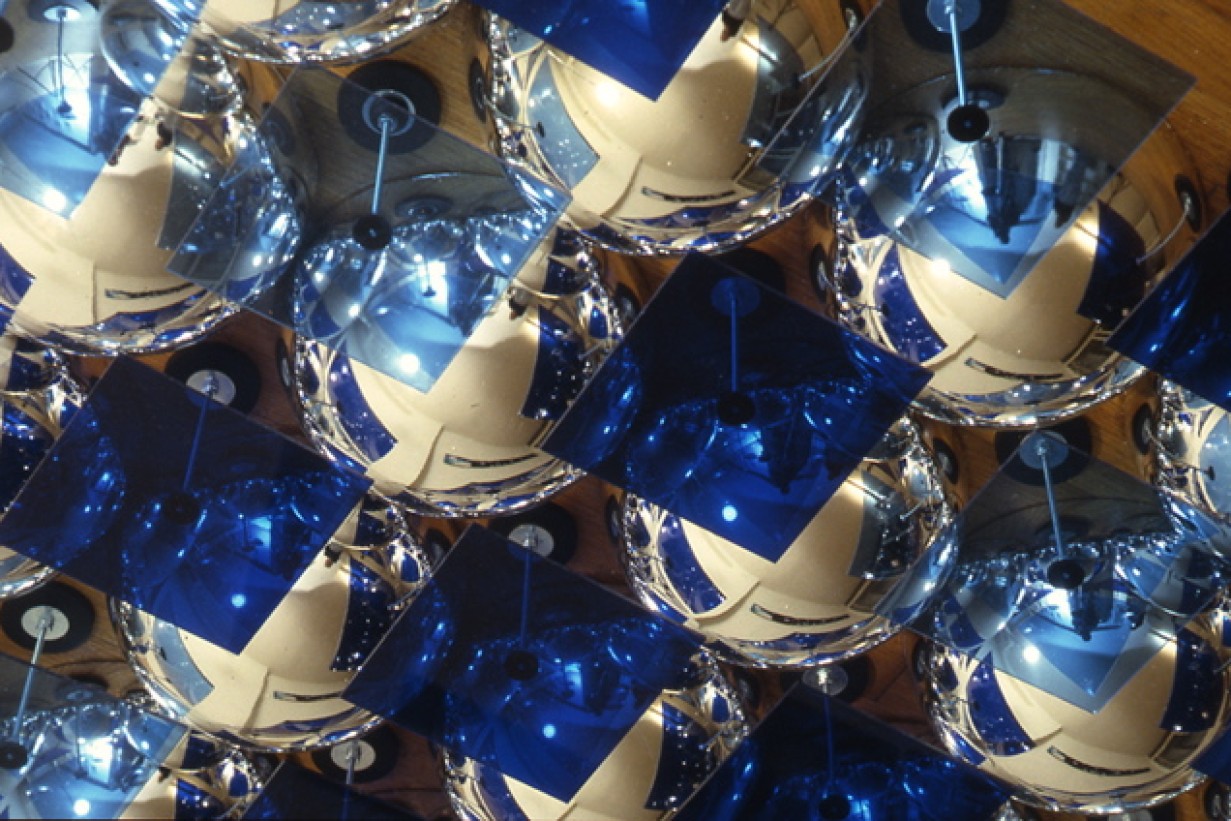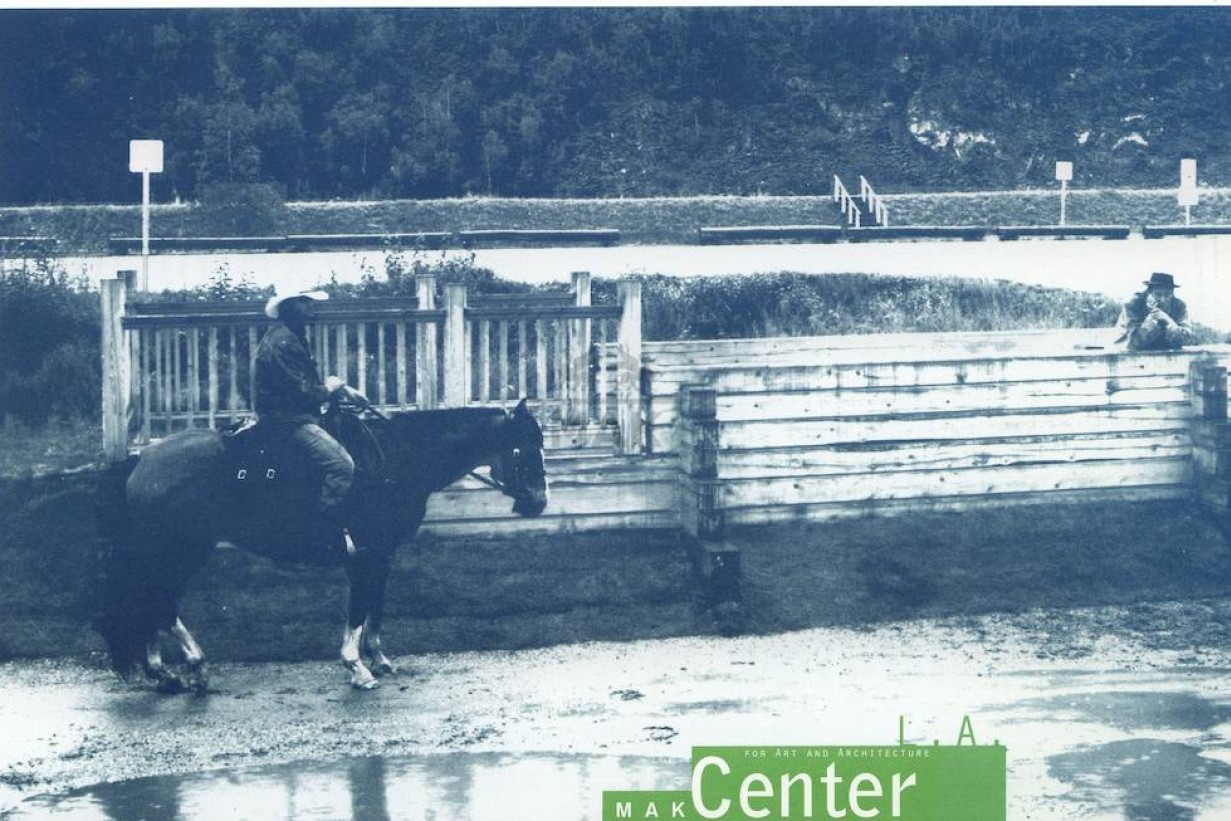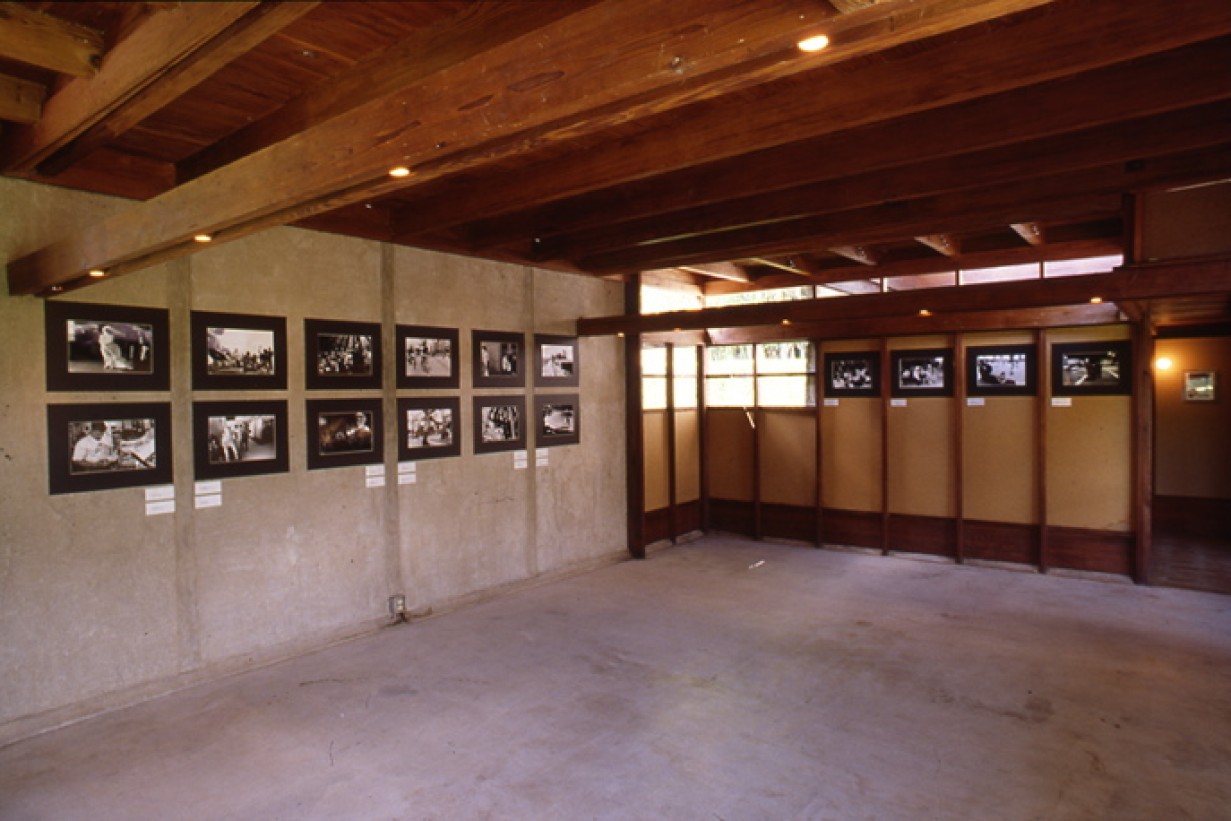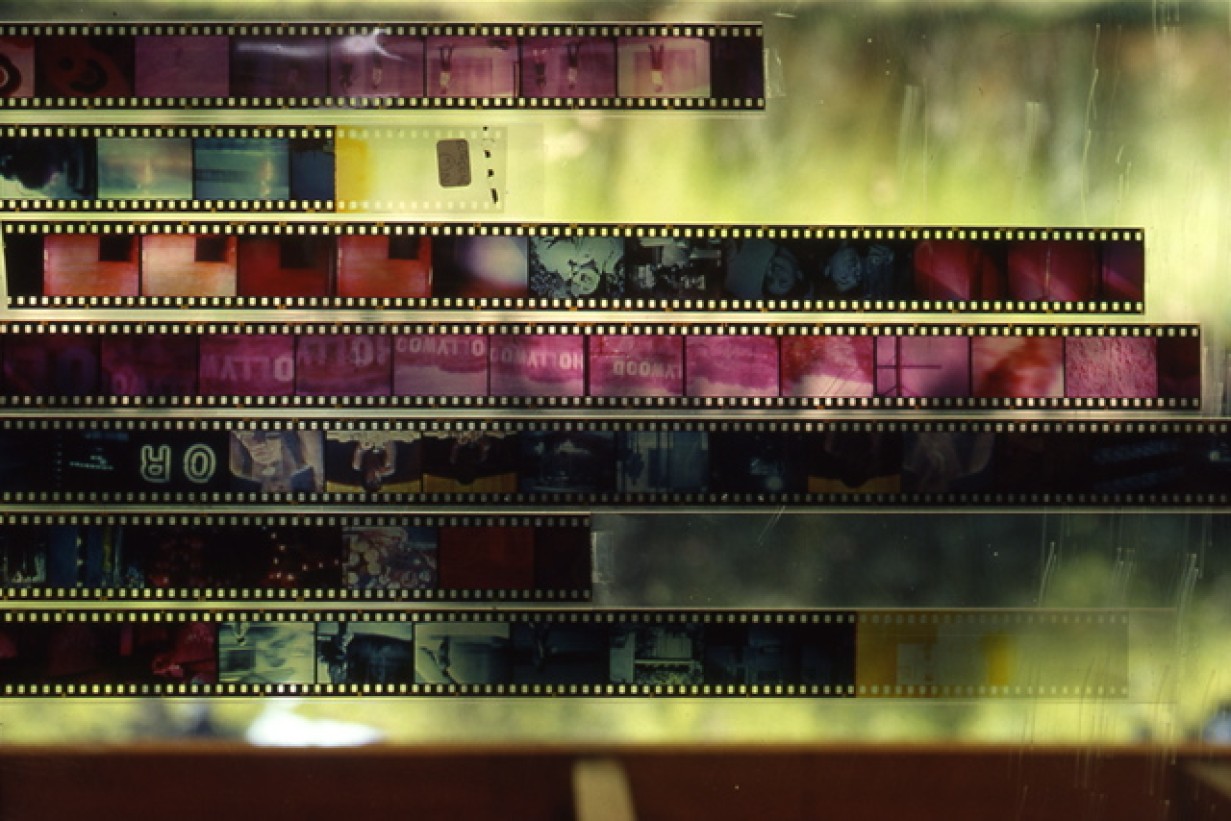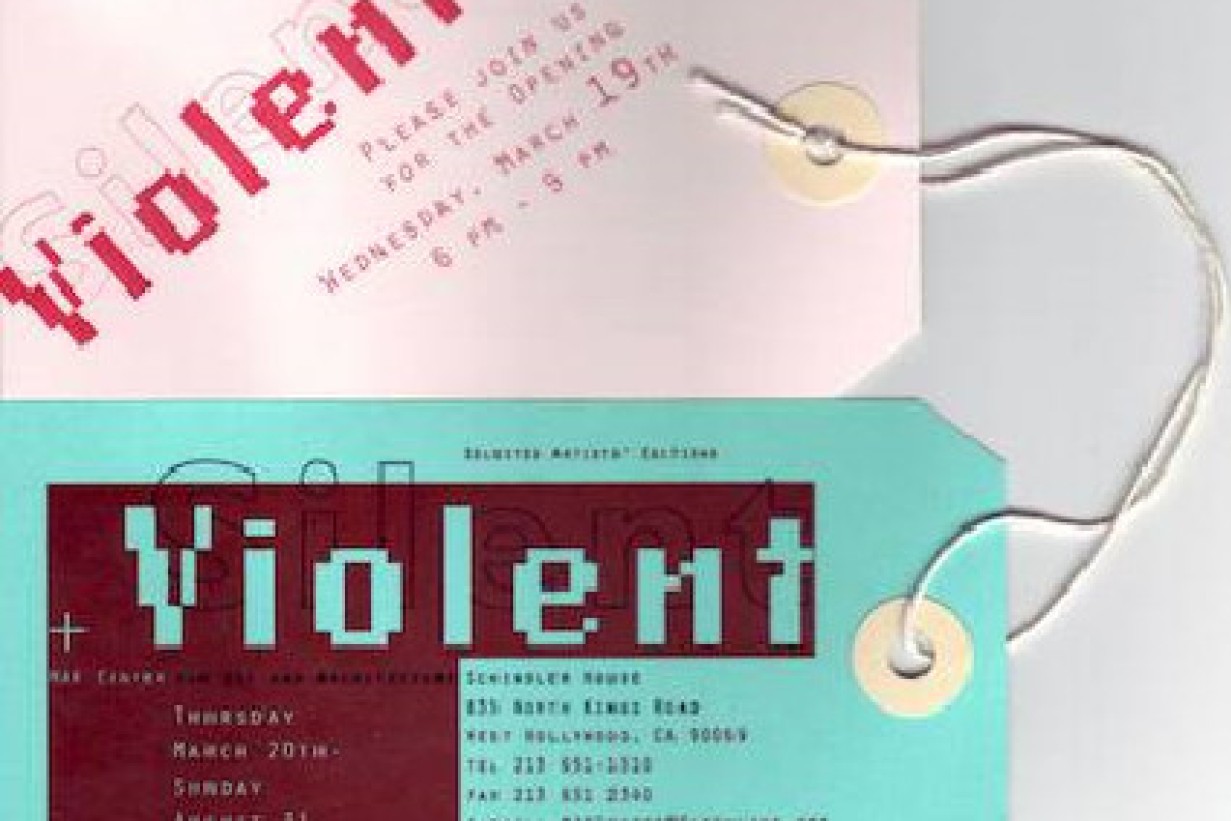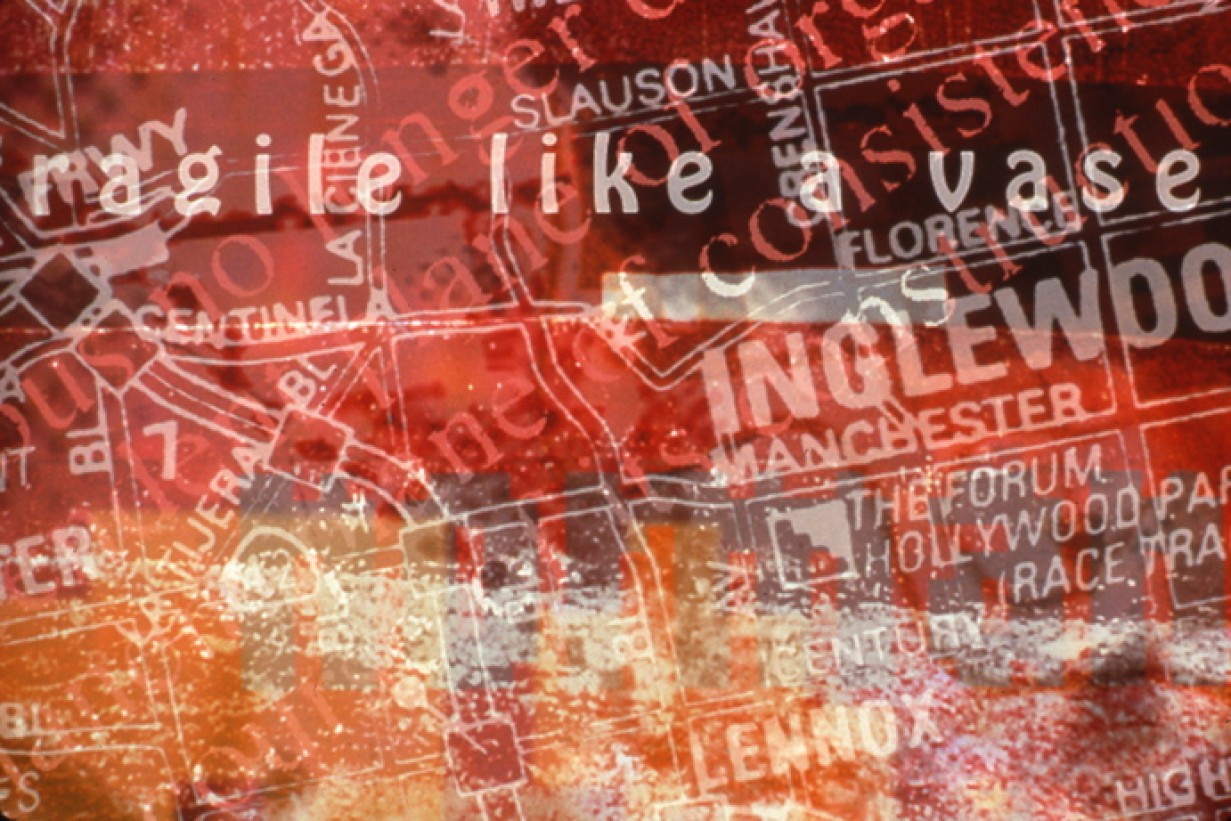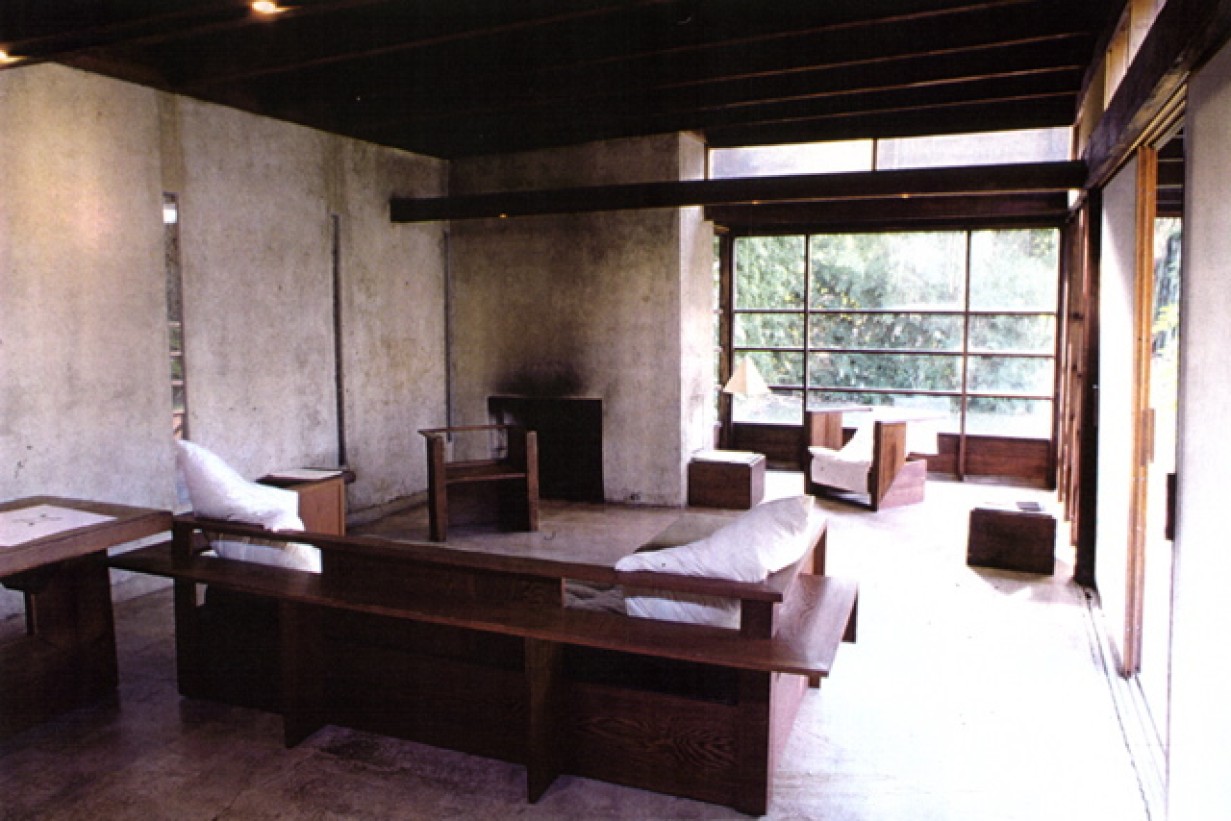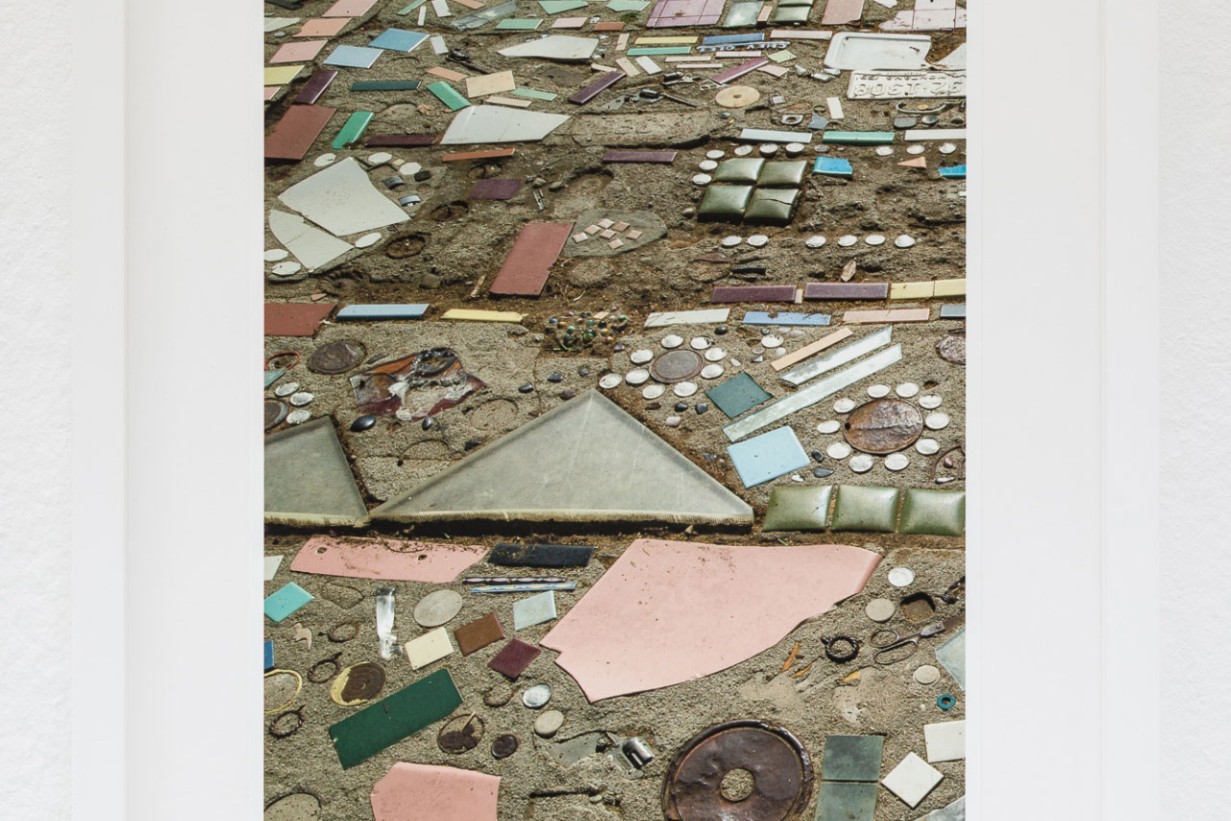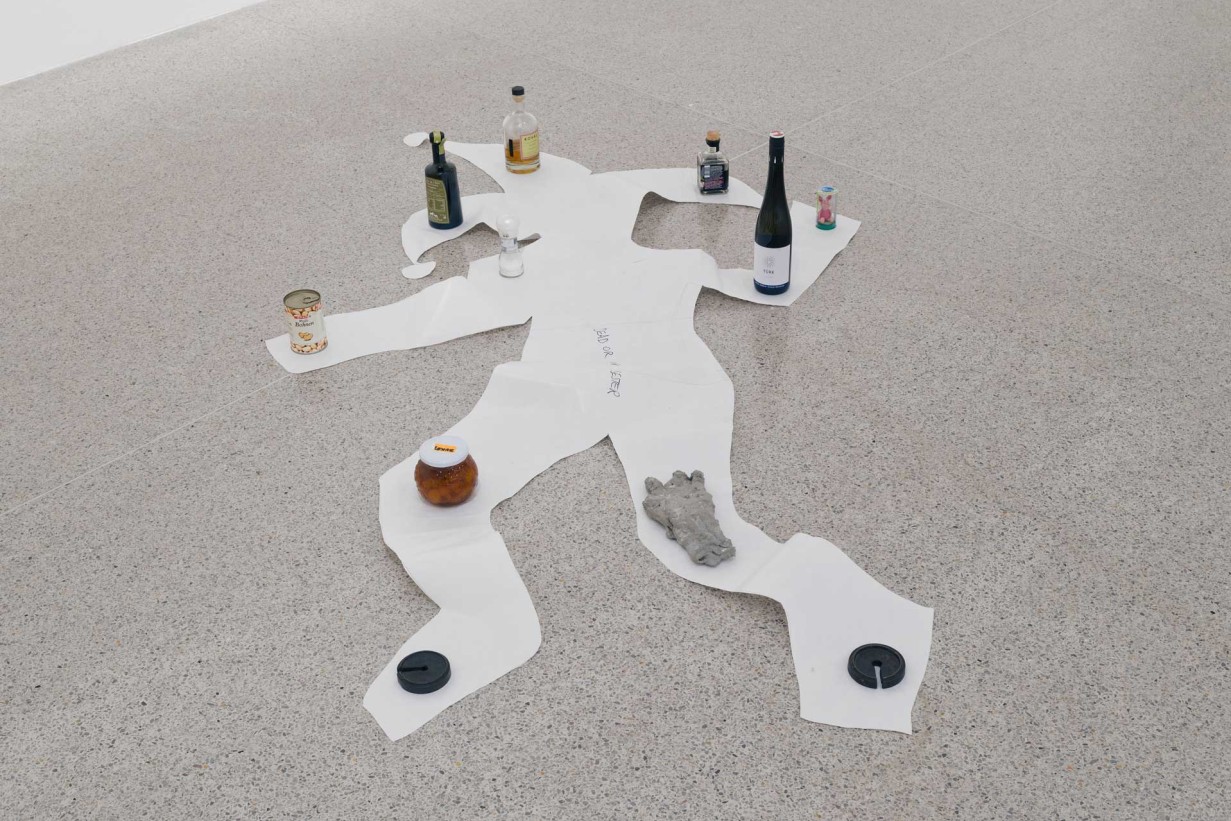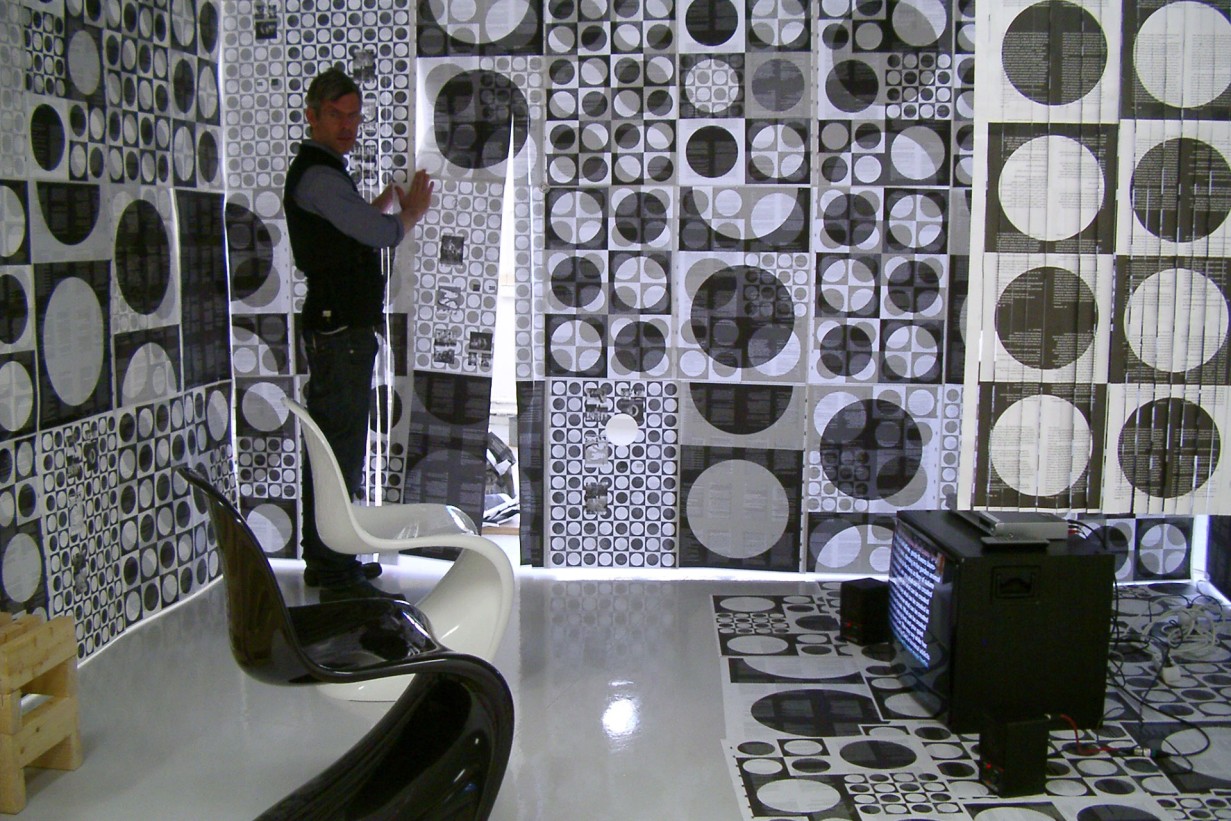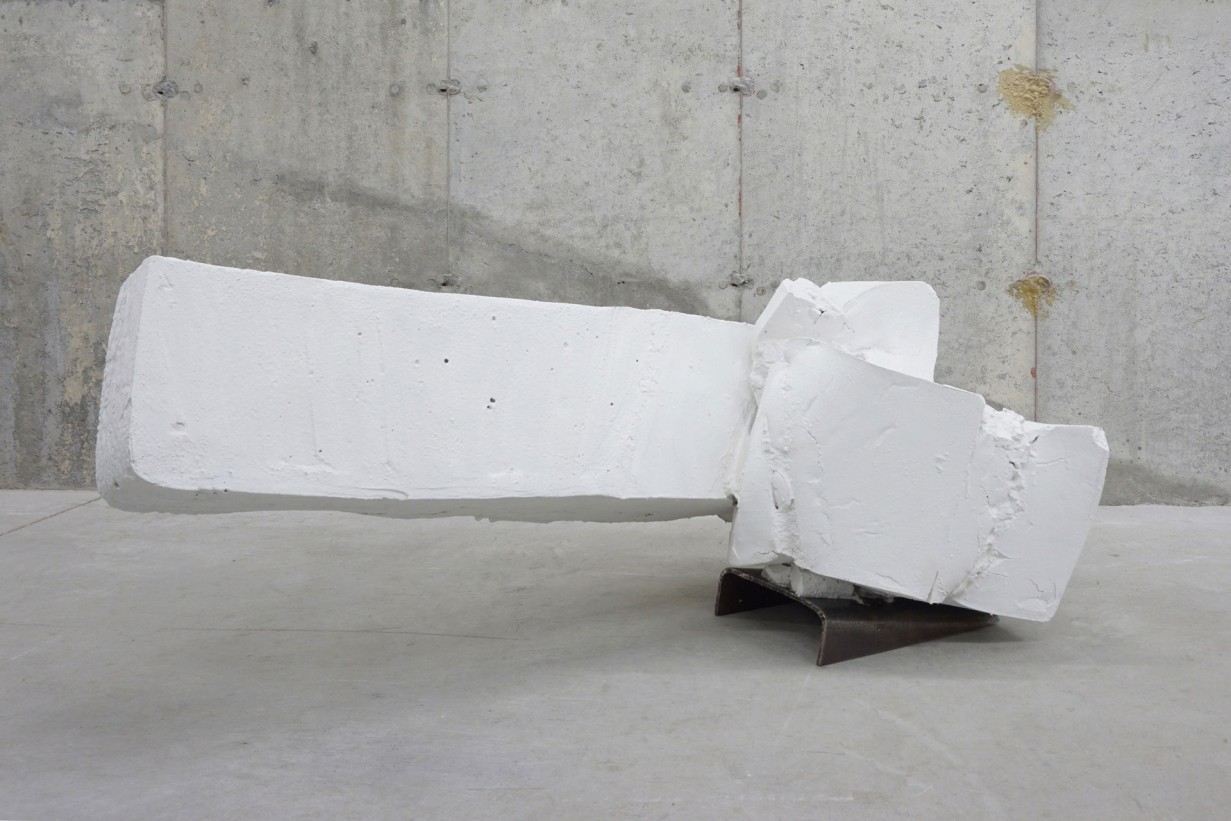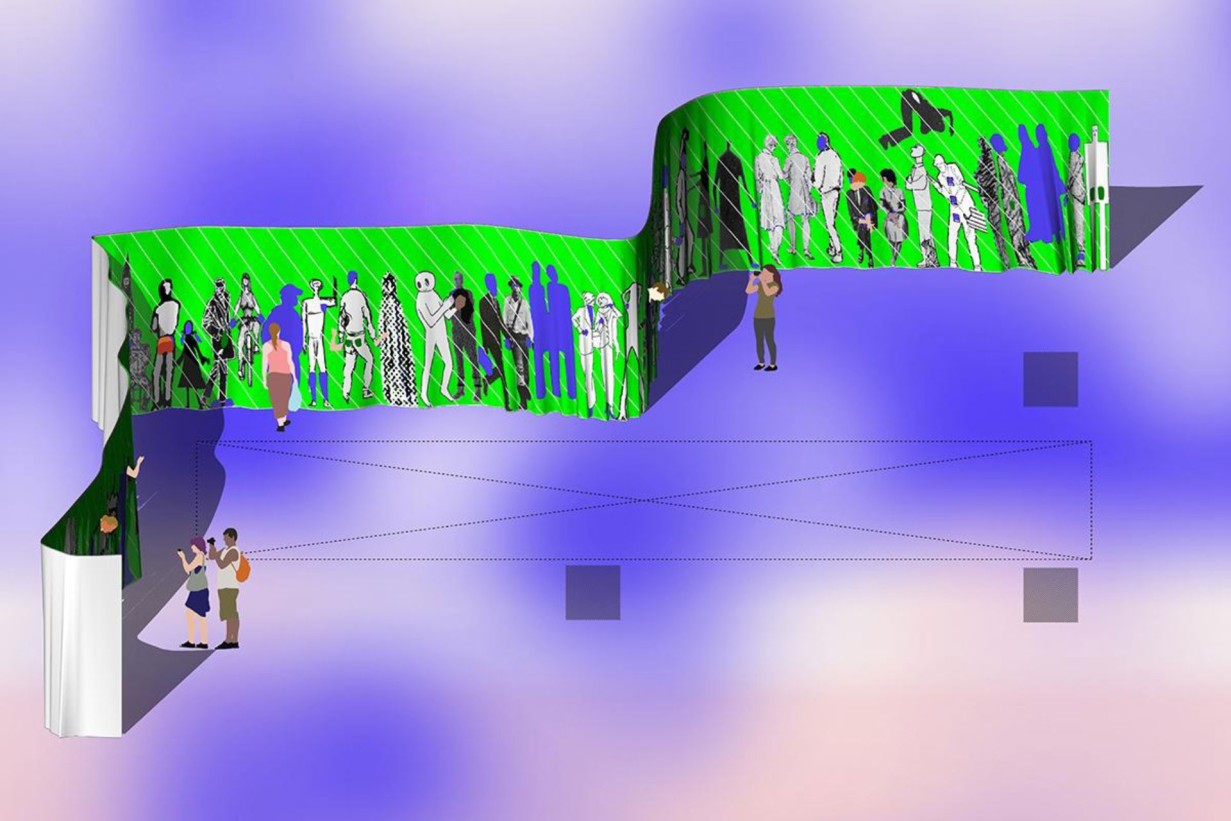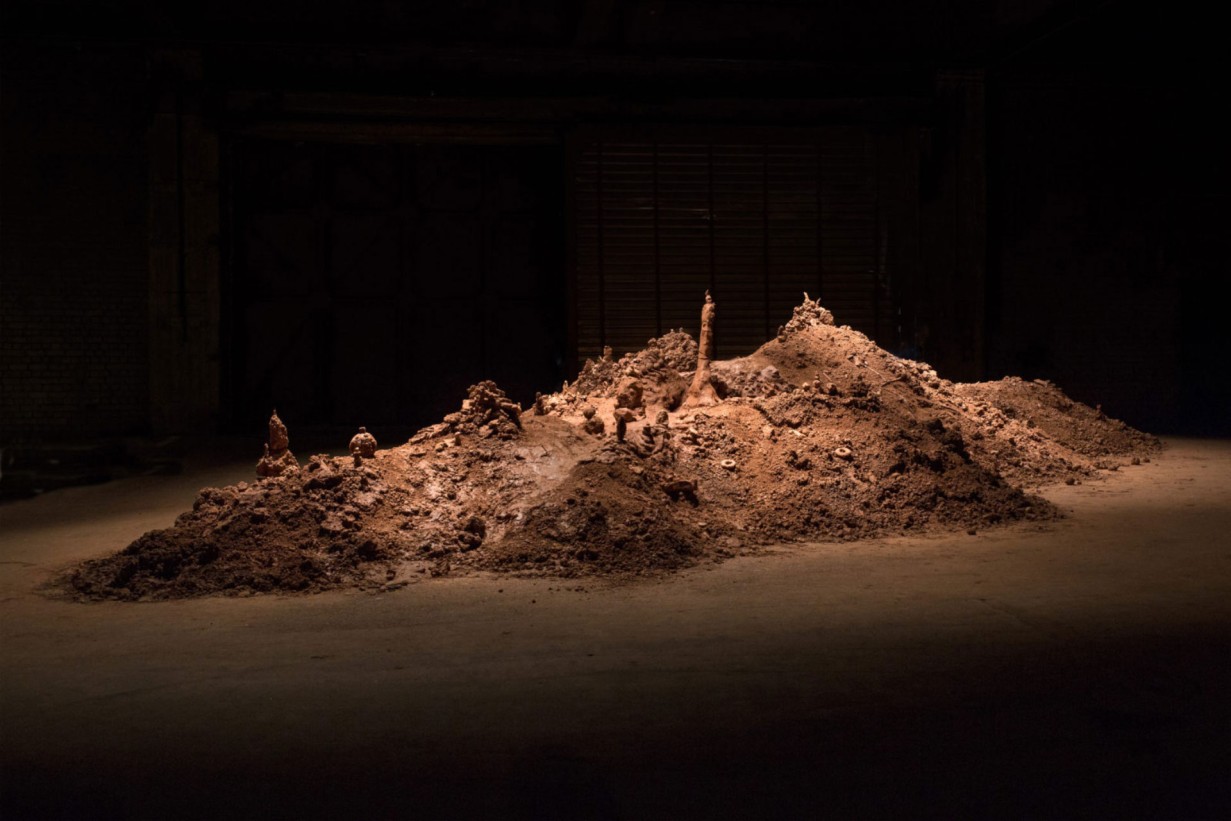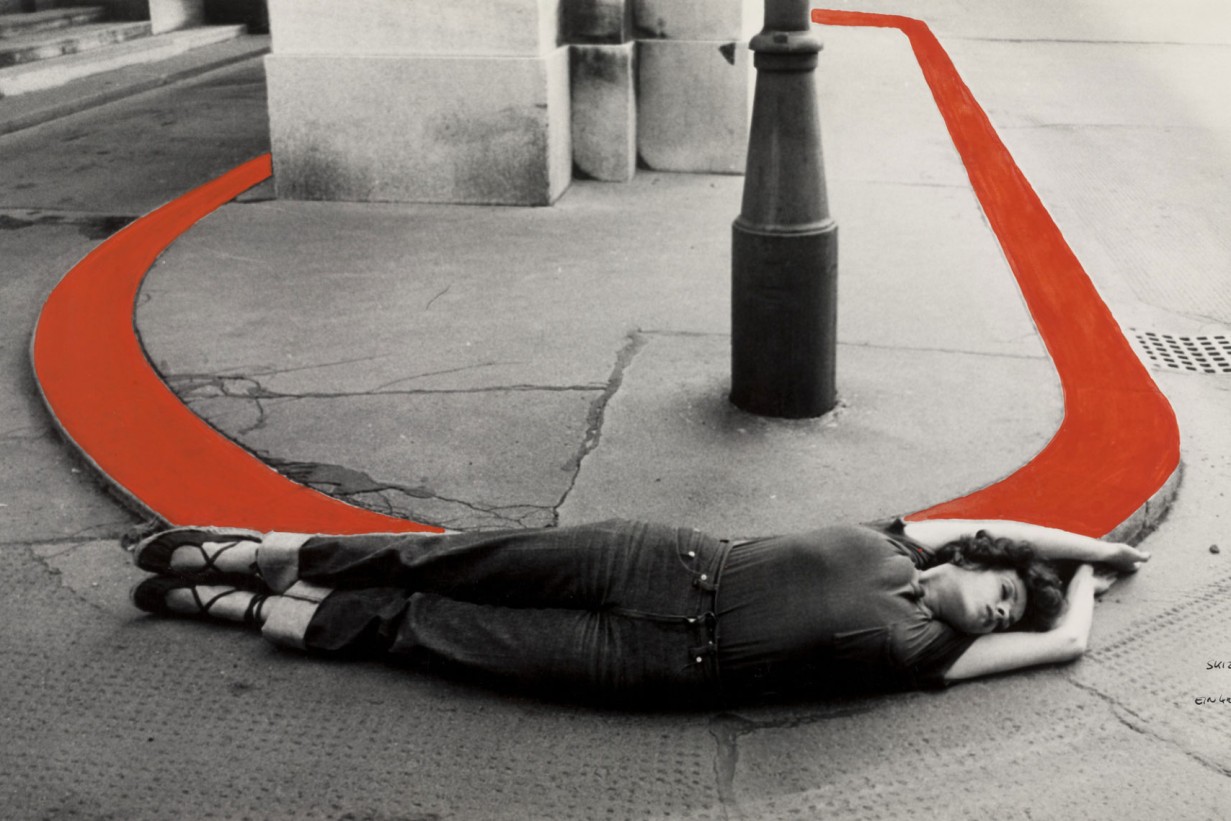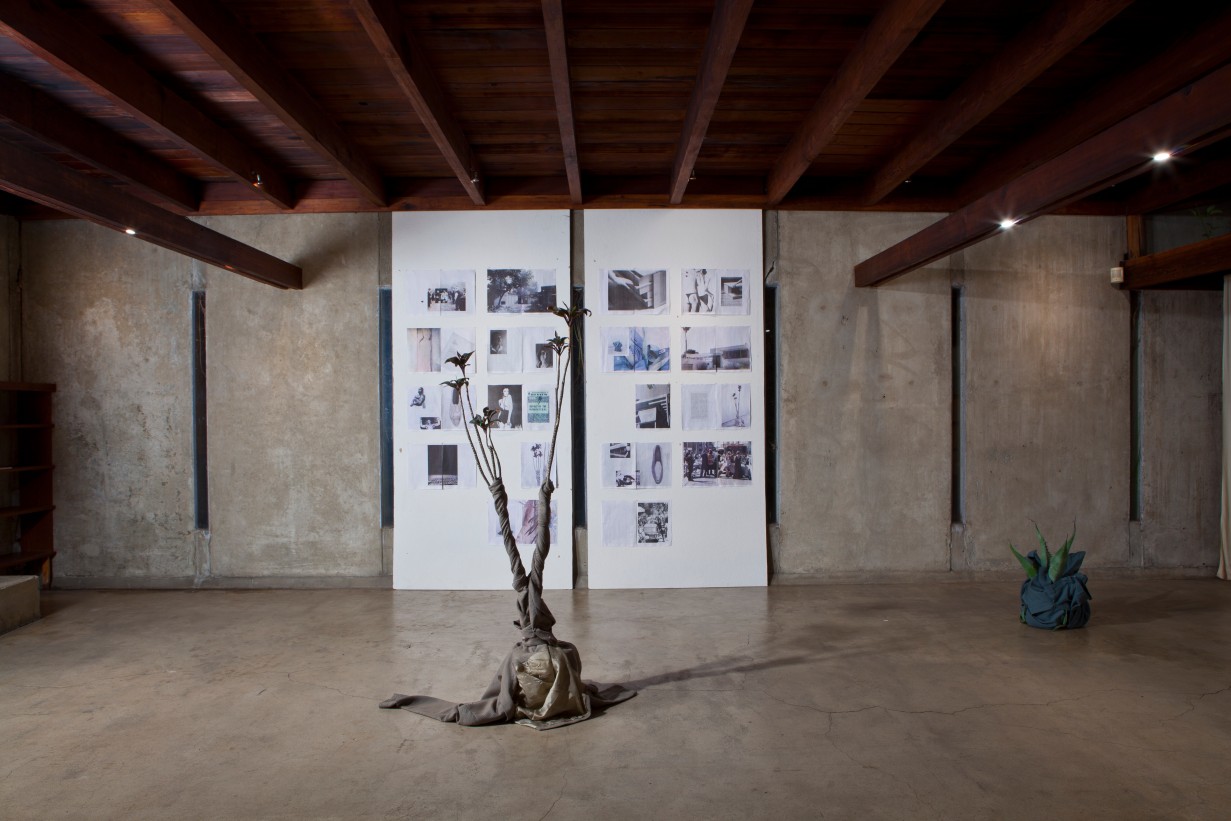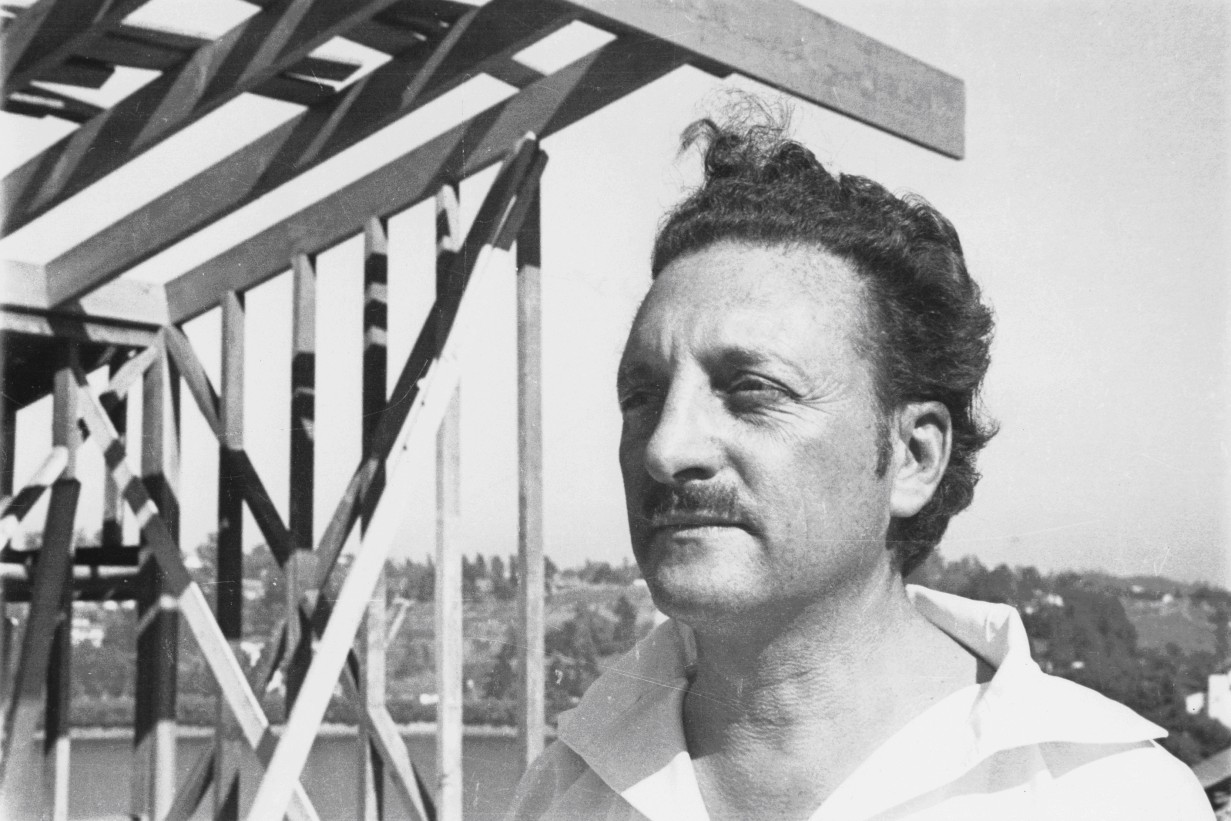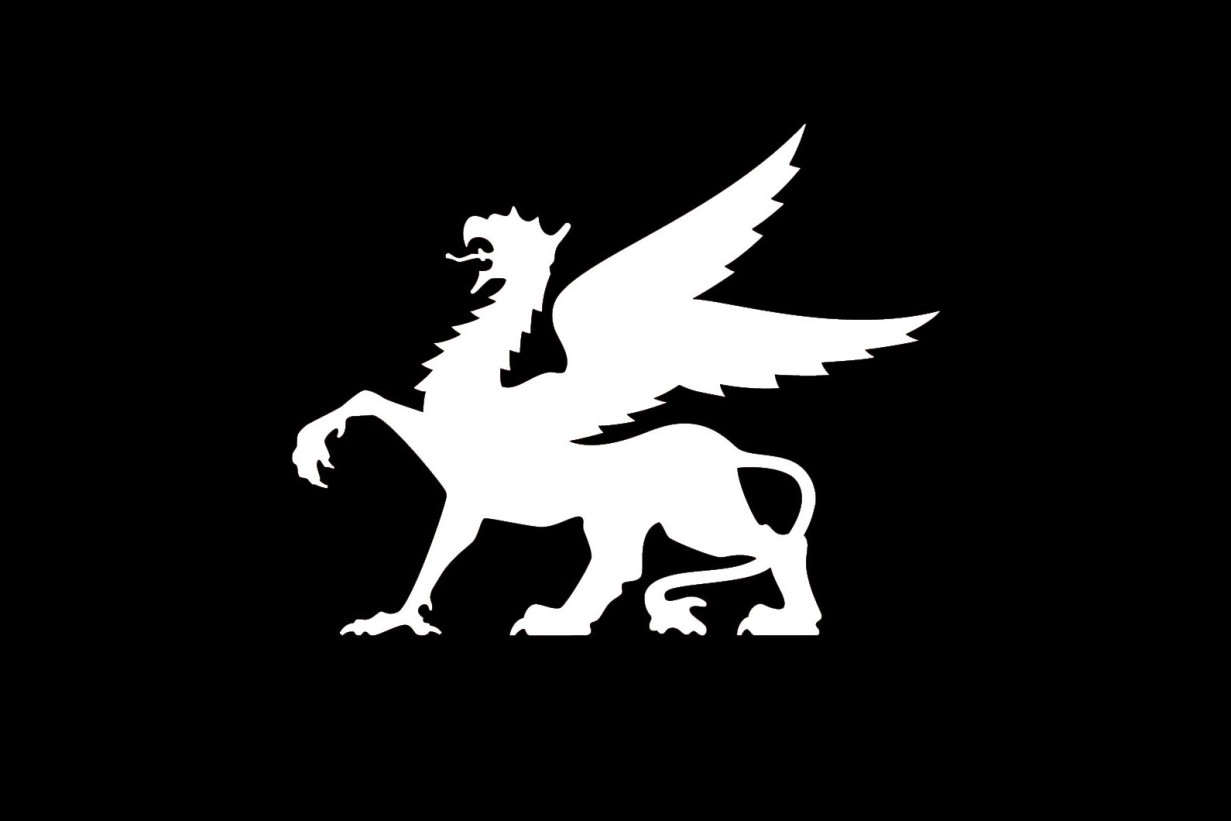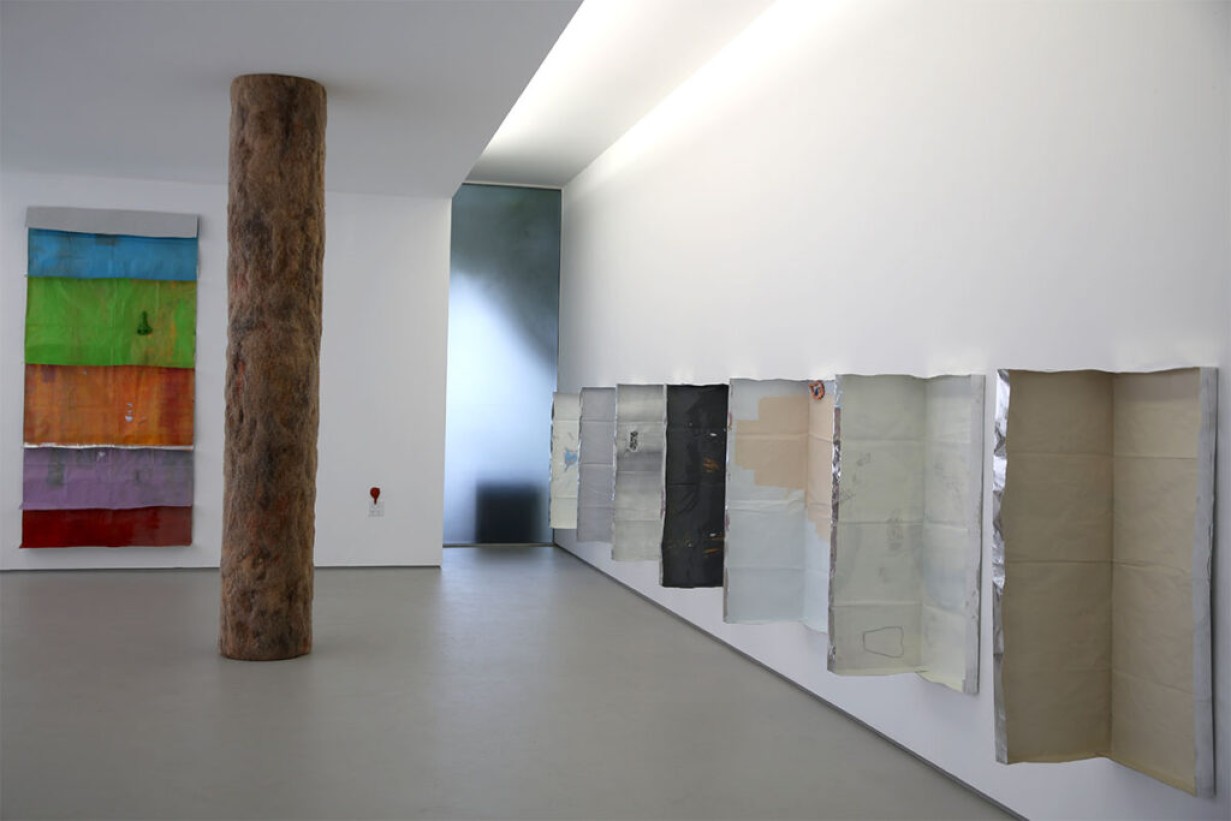MAK Center for Art and Architecture
The Californian branch of the MAK in Los Angeles
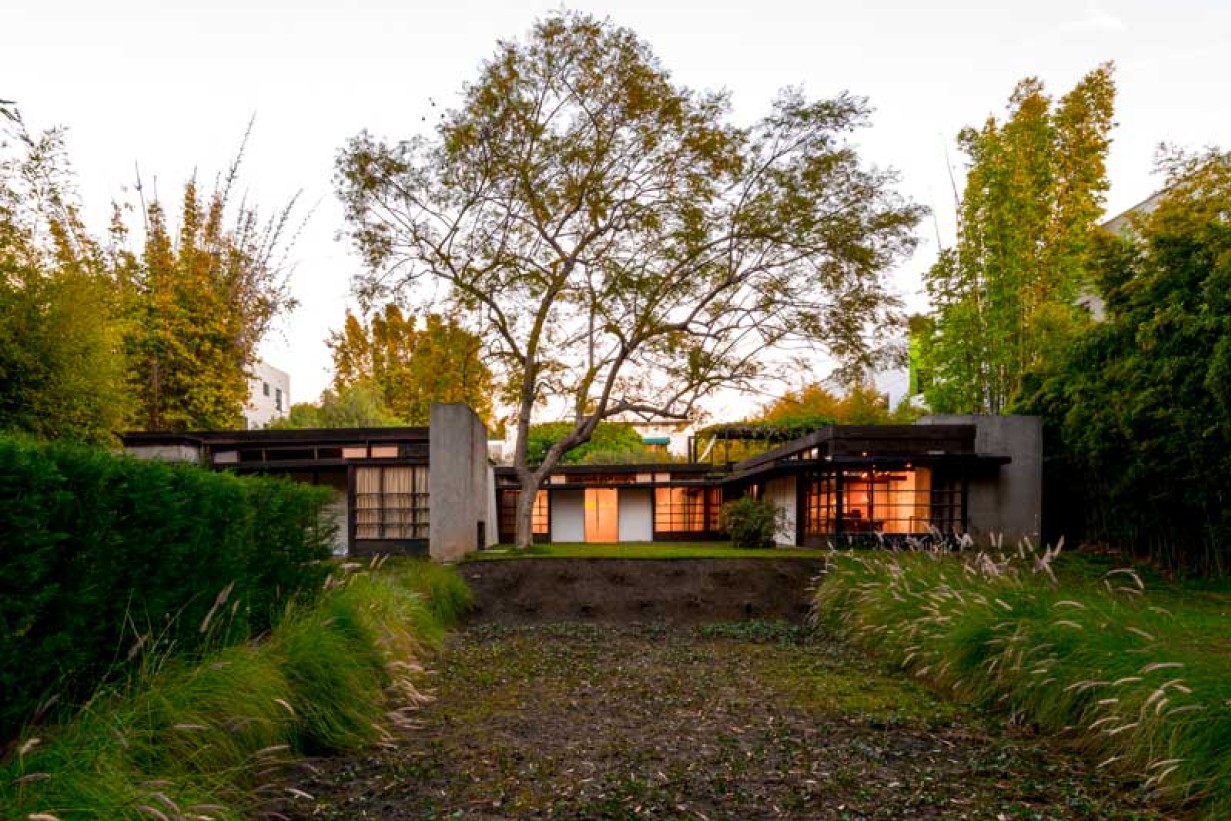
© Joshua White
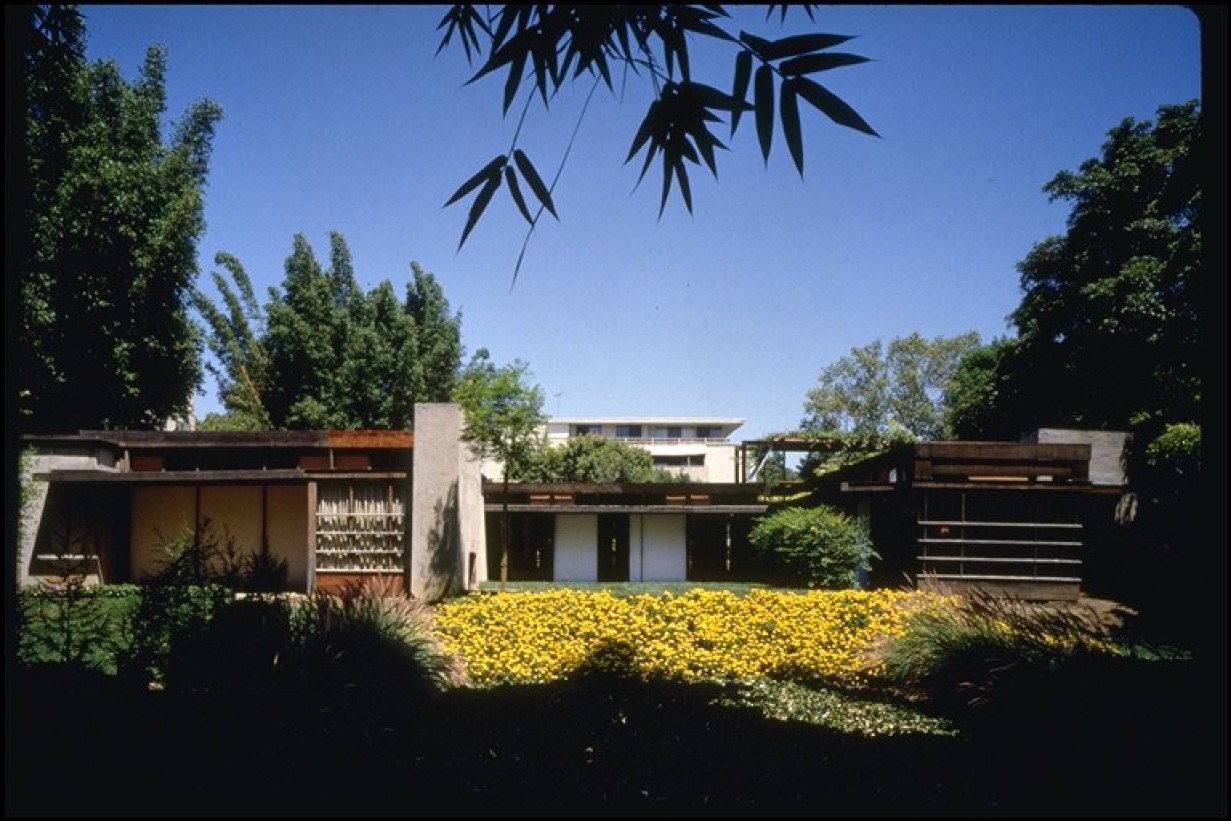
© MAK Center Los Angeles
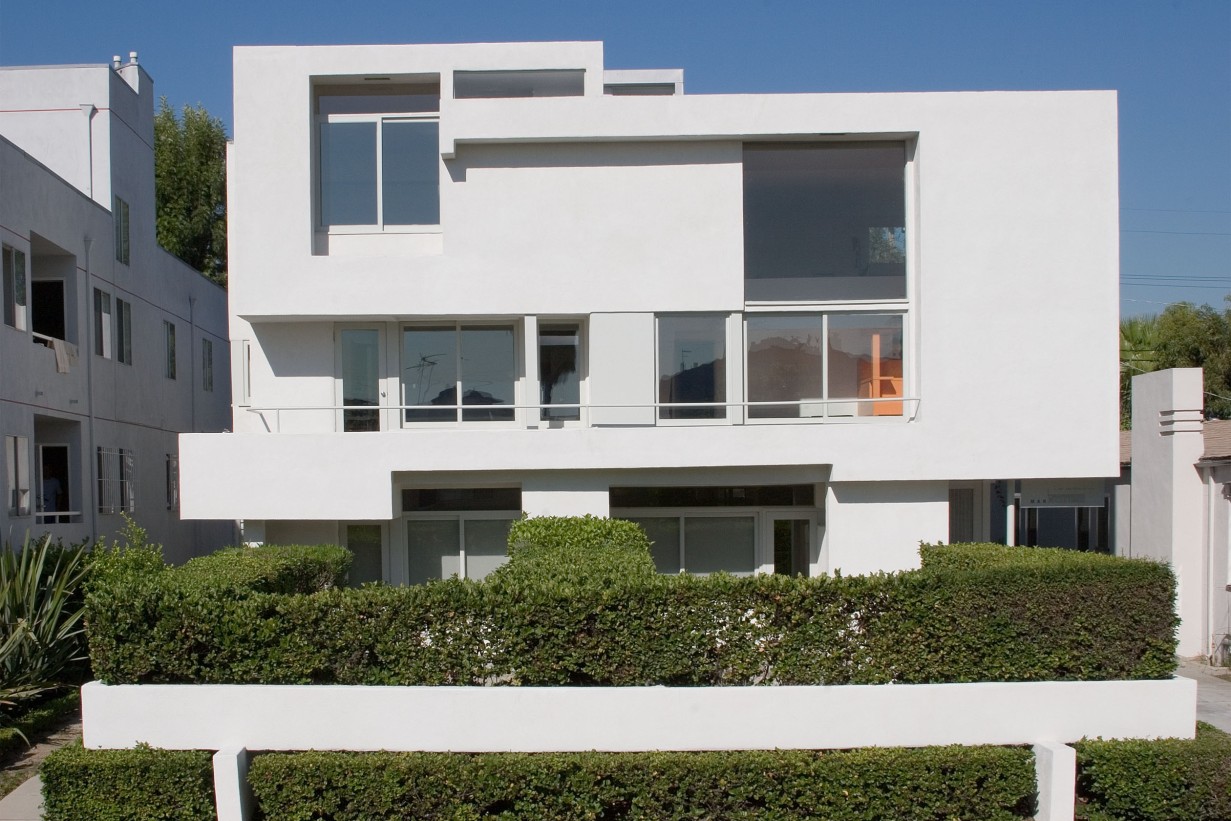
© MAK Center Los Angeles
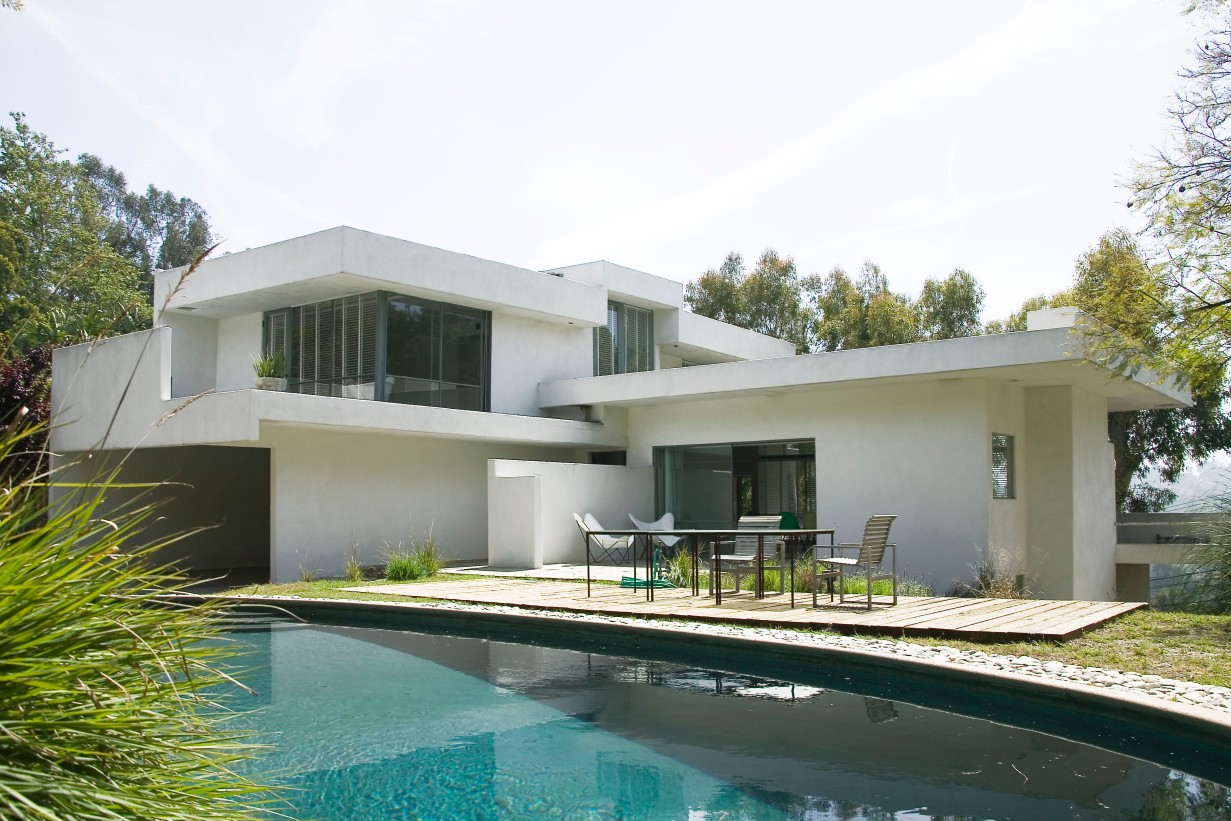
© MAK Center Los Angeles
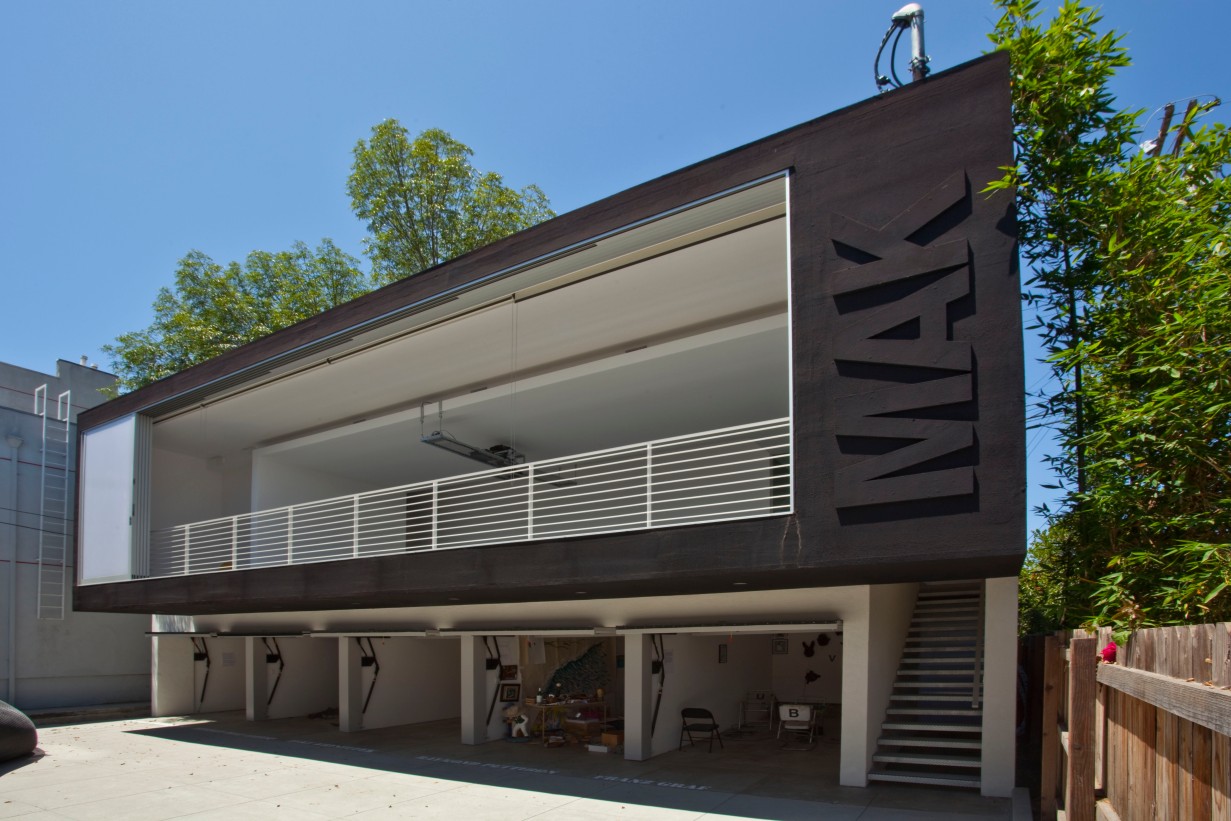
© MAK Center Los Angeles
Previous Image
The MAK Center operates from the landmark Schindler House (R. M. Schindler, 1922) in West Hollywood, and the Mackey Apartments (R. M. Schindler, 1939) and the Fitzpatrick-Leland House (R. M. Schindler, 1936) in Los Angeles. Established as a Californian branch of the MAK in 1994 in cooperation with the Federal Chancellery of Austria / Arts Division and the Friends of the Schindler House, the MAK Center exemplifies an extraordinary strategy: the three Schindler Houses, milestones in the history of architecture, are used as exhibition and event spaces, as well as places of research, art creation and interdisciplinary dialog.
Schindler House
The Schindler House was designed and built by Austrian-American architect Rudolph M. Schindler in 1921/22 as a cooperative live/work space for two young couples. One of the earliest modern houses, it has influenced and inspired generations of architects worldwide. It redefined notions of public and private, and indoor and outdoor space; broke new ground in the design and construction of the modern dwelling; and became a site of forward-thinking aesthetic, cultural, and political activity throughout the 1920s50s.
Mackey Apartments
Located on a flat lot in a residential neighborhood, the originally four-unit (since converted to five) apartment building is one of a series of residential projects built by Schindler in the 1930s. Unlike international-style architects, Schindler seldom designed identical apartment units; his apartments are as complex, individual, and innovative as his houses. The Pearl M. Mackey Apartments possess typical Schindler characteristics: compact apartment layout, exceptional incorporation of natural light, built-in furniture, variable ceiling heights, and private outdoor gardens or mini-balconies.
Fitzpatrick-Leland House
After a major renovation, the Fitzpatrick-Leland House was generously donated to the MAK Center in 2007. It first served as a base for the MAK Center’s Urban Future Initiative (UFI), a two-year exchange for cultural thinkers from diverse nations to cultivate visionary conceptions of urban space (this fellowship program was funded by the US Department of State with $ 410,000). Since then, the Center has dedicated the house to small-scale events and the lodging of international cultural researchers visiting Los Angeles for artistic and scholarly pursuits.
The exhibition program
It is the mission of the MAK Center to continue the conversation initiated by Schindler by generating local, national, and international projects that explore experimental ideas in modern and contemporary art and architecture. Programming includes exhibitions, lectures, symposia, performances, film screenings, concerts, publication projects, and site-specific new work commissions, often developed with guest curators, artists, and architects. Through interactive dialogue in response to shifts in discussion and practice within the arts and architecture, the MAK Center serves as a vehicle through which ideas are continuously tested and considered by a fluent and engaged audience.
Selected exhibitions
Selected major exhibitions include: Martin Kippenberger: The Last Stop West. METRO–Net Projects (1998); Frederick J. Kiesler: Endless Space (2000/01); Architectural Resistance. Contemporary Architects Face Schindler Today (2003); Yves Klein: Air Architecture (2004); Günther Domenig: Structures that Fit My Nature (2005); Isaac Julien: True North (2005); The Gen(H)ome Project (2006/07); Arnulf Rainer. Hyper-Graphics (2007); Locus Remix: Three Contemporary Positions with Katie Grinnan, Ismail Farouk, and Dorit Margreiter (2008/09); The Isle, an installation by Nasrin Tabatabai and Babak Afrassiabi (2009); Otto Neurath: Gypsy Modernist (2009/10); How Many Billboards? Art In Stead (2010); Fractional Systems. Garage Project II (2010); 91 92 93 with Andrea Fraser, Lincoln Tobier, and Simon Leung (2011); and Sympathetic Seeing: Esther McCoy and the Heart of American Modernist Architecture and Design (2011/12); Everything Loose Will Land (2013); Garage Exchange Vienna – Los Angeles: Constanze Ruhm & Christine Lang and First Office (2013/14); A Little Joy of a Bungalow (2014); Garage Exchange Vienna – Los Angeles: Andreas Fogarasi & Oscar Tuazon. Black Earth (2014/15); Renée Green: Begin Again, Begin Again (2015); Garage Exchange Vienna – Los Angeles: Marko Lulic and Sam Durant. Spomenici revolucije (2015/16); Erwin Wurm. One Minute Sculptures (2016); The Stephanie Taylor Kong Boos (2016/17); LUSH (2017); How to Read El Pato Pascual: Disney’s Latin America and Latin America’s Disney (2017/18); The House of Dust (2019); Garage Exchange: Constanze Schweiger and 69: Continuous Composition (2019); Soft Schindler (2019/2020).
The MAK Center also expands beyond its historic walls to engage the city as site for artistic interventions. For example, How Many Billboards? Art In Stead was a large-scale urban exhibition that debuted twenty-one new works by leading contemporary artists, presented simultaneously on billboards throughout Los Angeles from February through May 2010.
MAK Artists and Architects-in-Residence-Program
A core program of the MAK Center is the international MAK Artists and Architects-in-Residence Program housed at the Mackey Apartments in the Mid-Wilshire District of Los Angeles. Each year the Center offers two six-month residencies to a total of eight artists and architects from around the world, selected by a high-profile jury convened in Vienna. Resident artists and architects live and work in the renovated apartments, and conceptualize, compete, and present projects at the MAK Center in biannual exhibitions in March and September.
Team
Jia Yi Gu, Director
Allie Smith, Exhibitions and Programs Manager
Anastasia Tokmakova, Programs Assistant
Tristan Espinoza, Programs Assistant
Angelica Fuentes, Financial Manager, Bookstore Manager & Docent Coordinator
MAK Center Members
Lilli Hollein
Doris A. Karner
Consul General (ex officio)
MAK Center Board of Directors
Lilli Hollein
Michael Kilroy
Mark Mack
Meran Taslimi
MAK Governing Committee Members
Lilli Hollein
Doris A. Karner
Harriett F. Gold
Robert L. Sweeney
Barbara Redl
Consul General (ex officio)
A cooperation of the Federal Chancellery of Austria / Arts Division and Culture, MAK, and the Los Angeles Non-Profit Organization “Friends of the Schindler House” (FOSH)
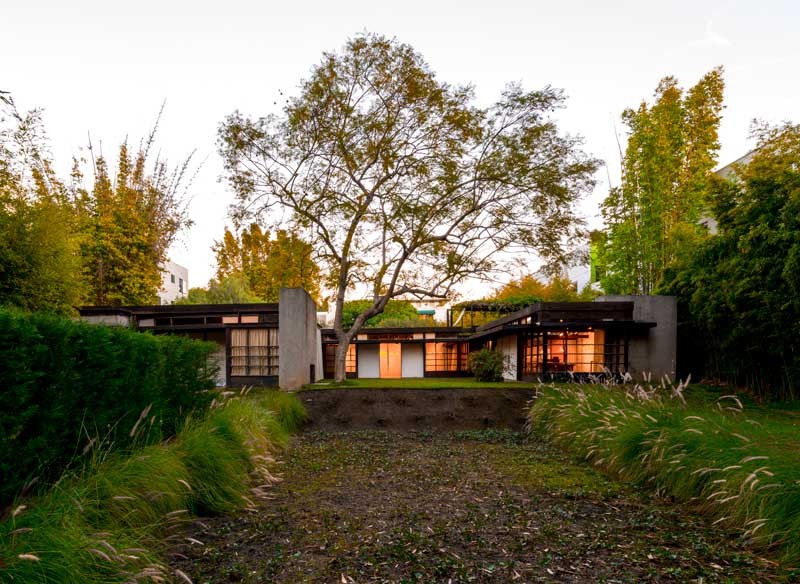
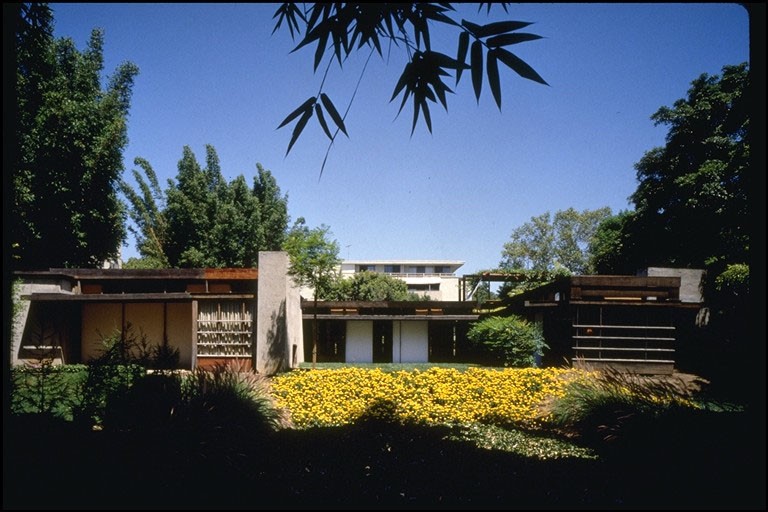
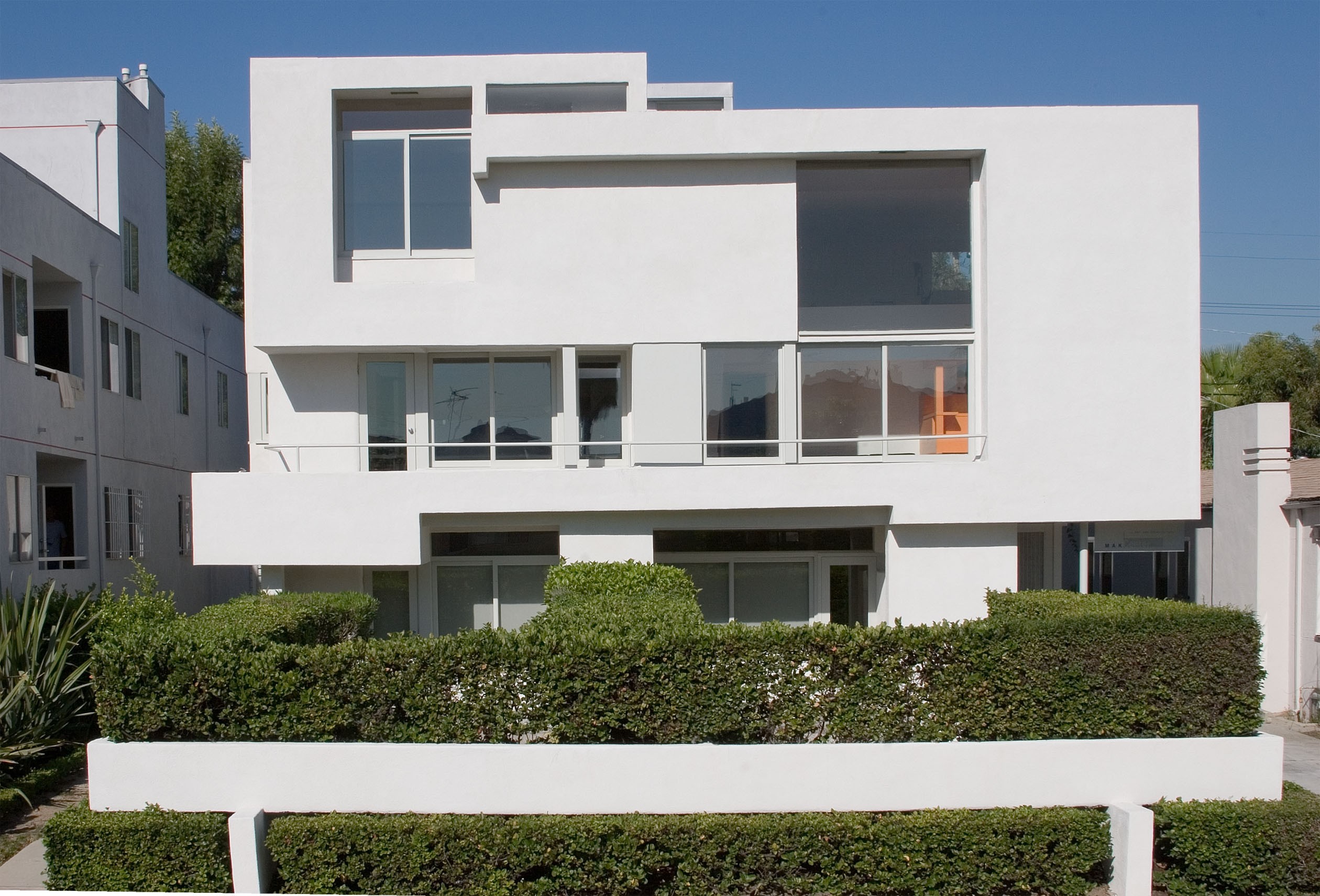
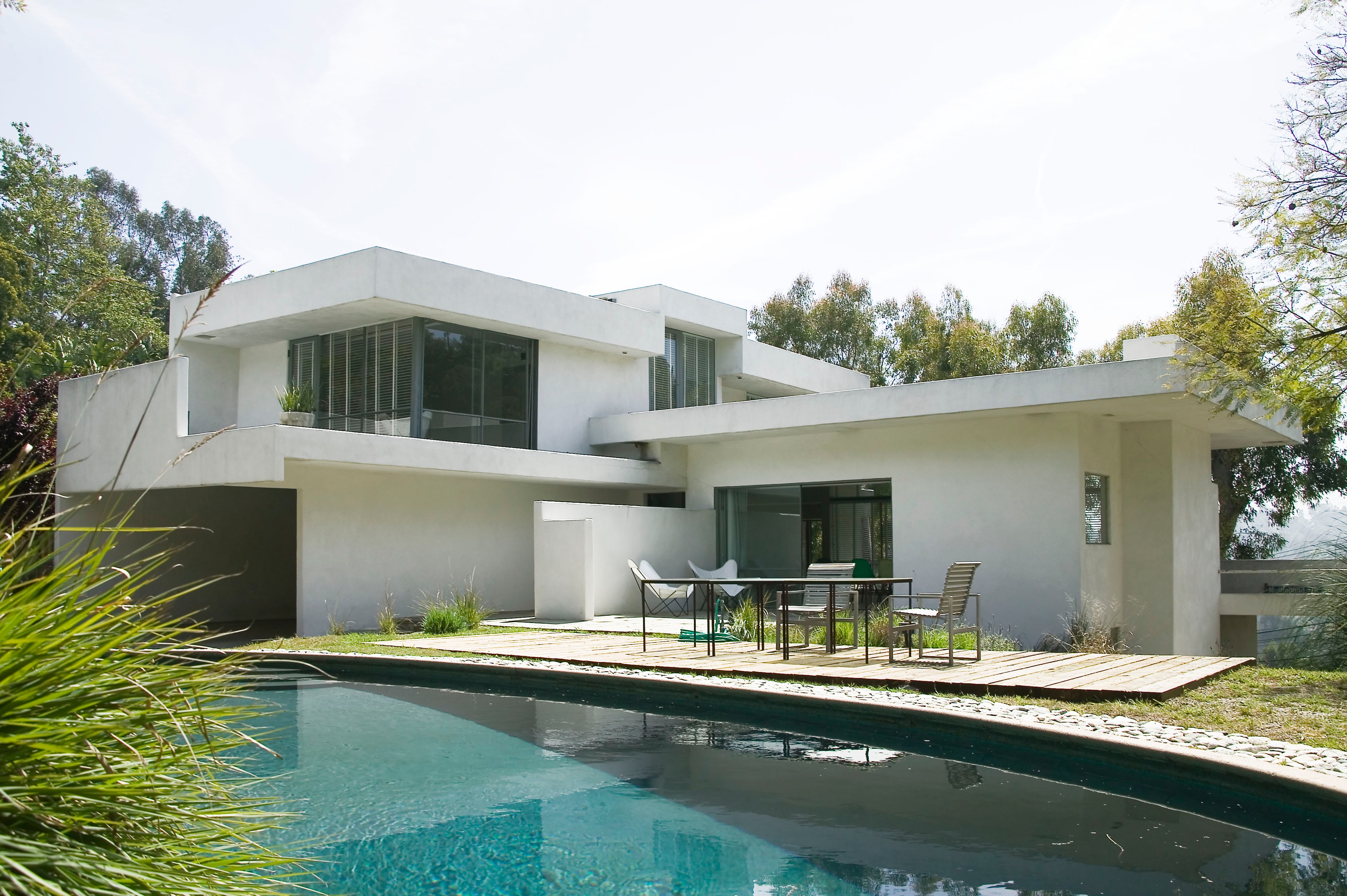
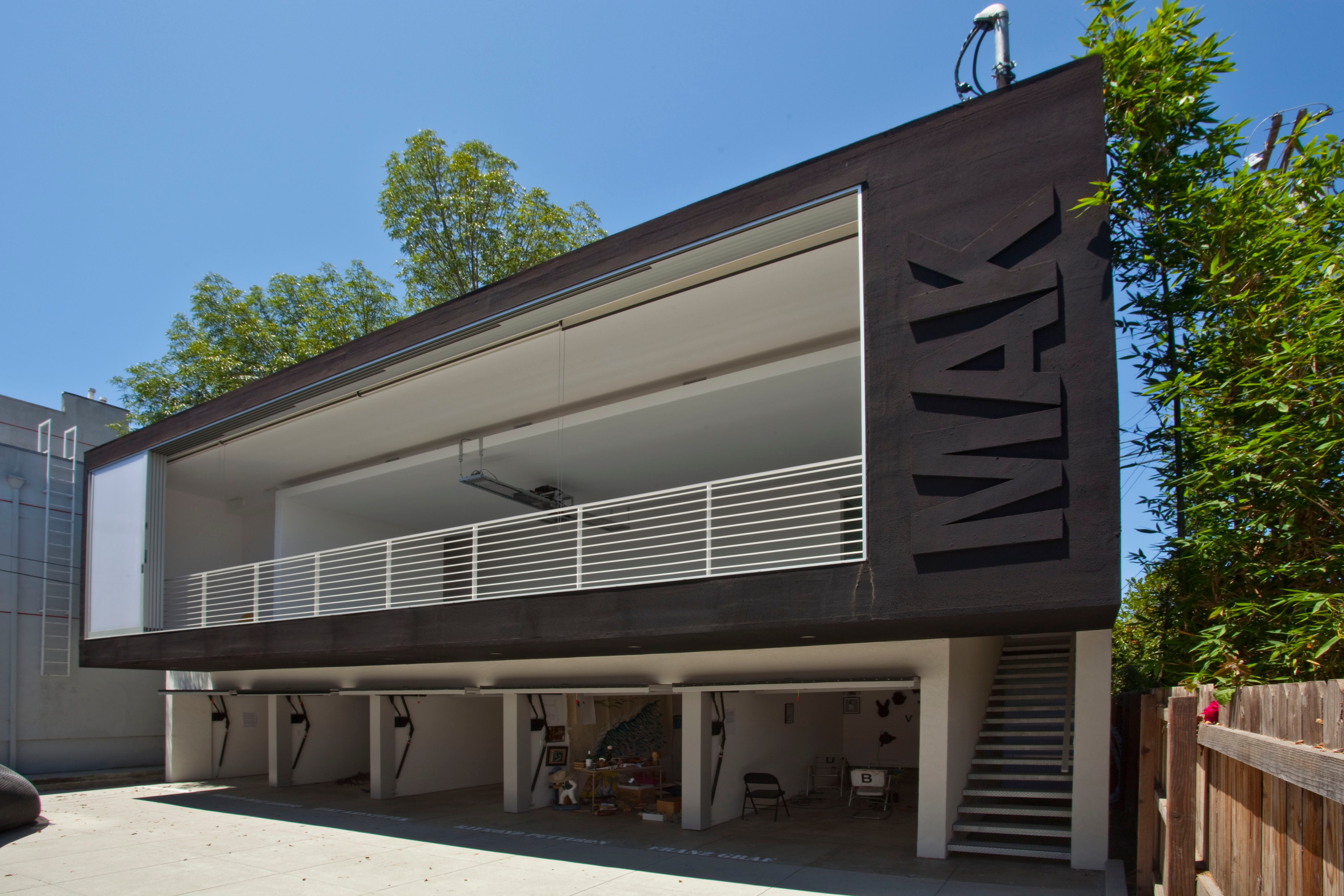
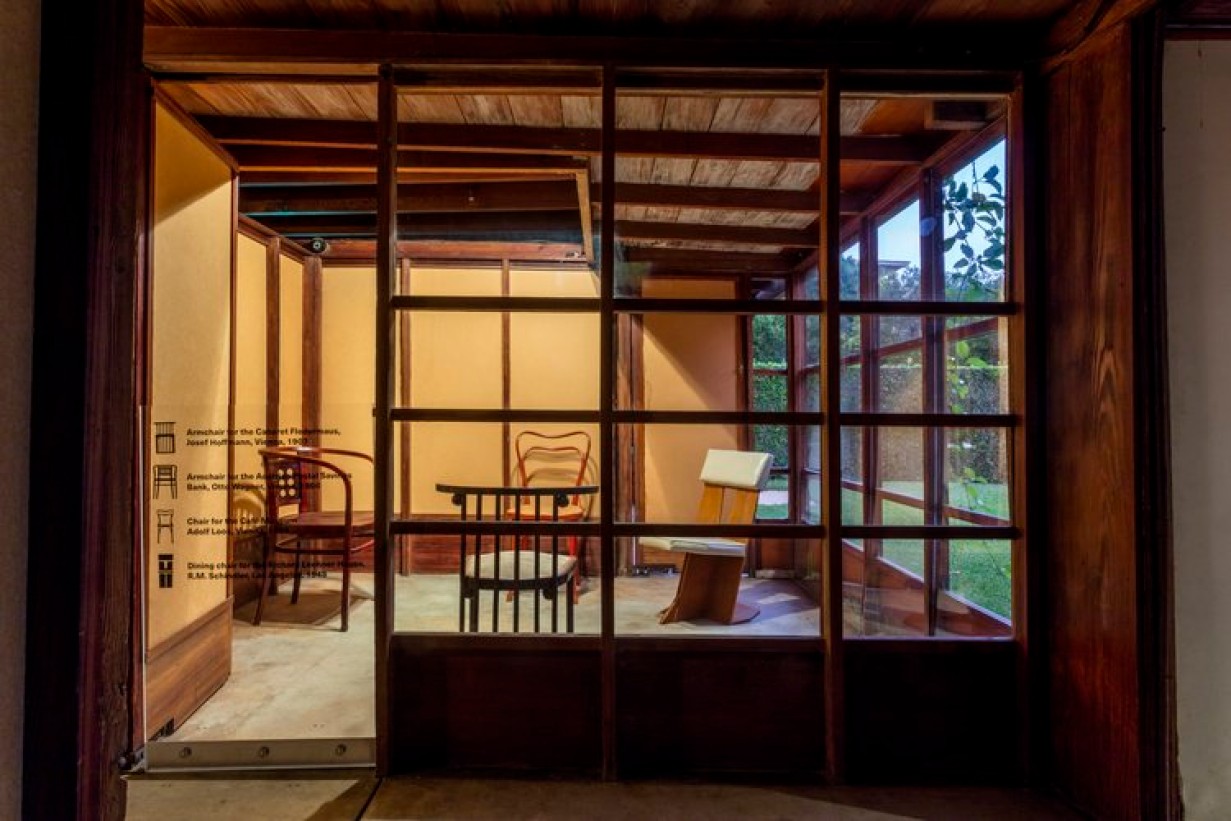
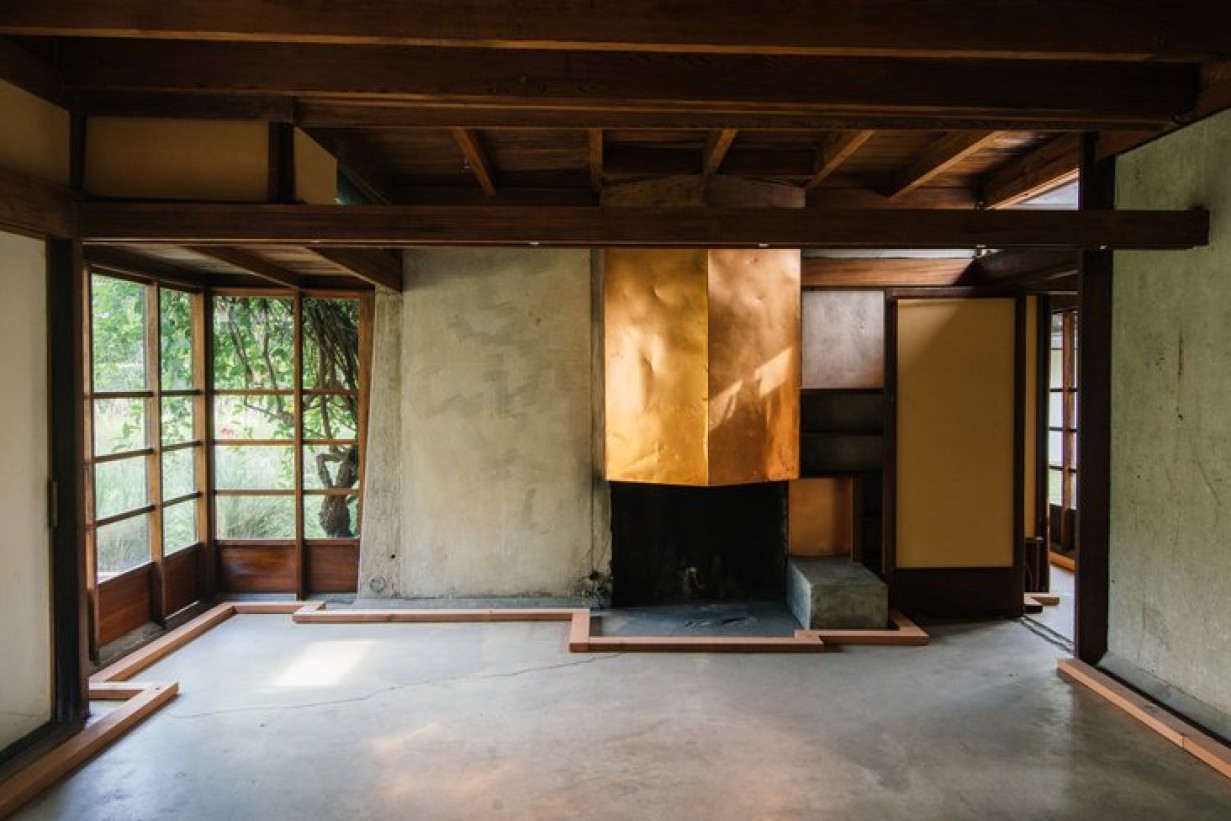
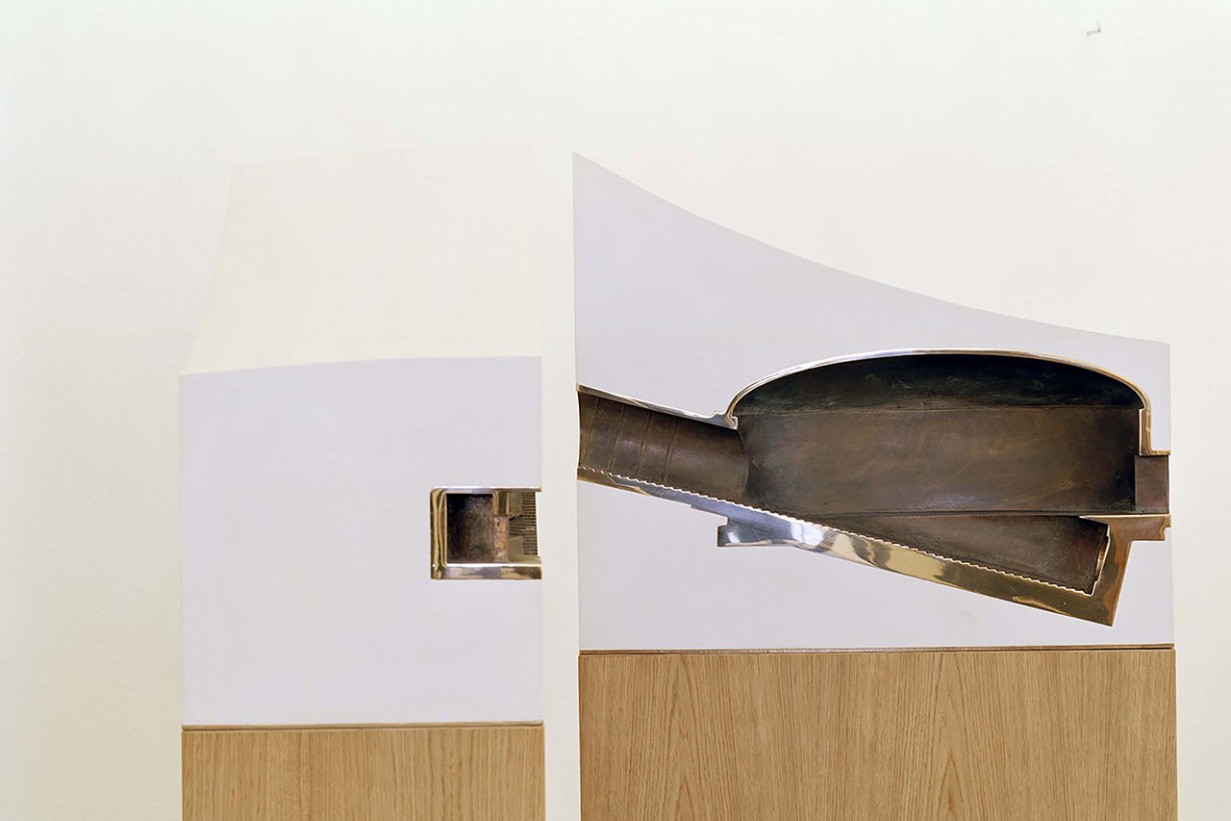
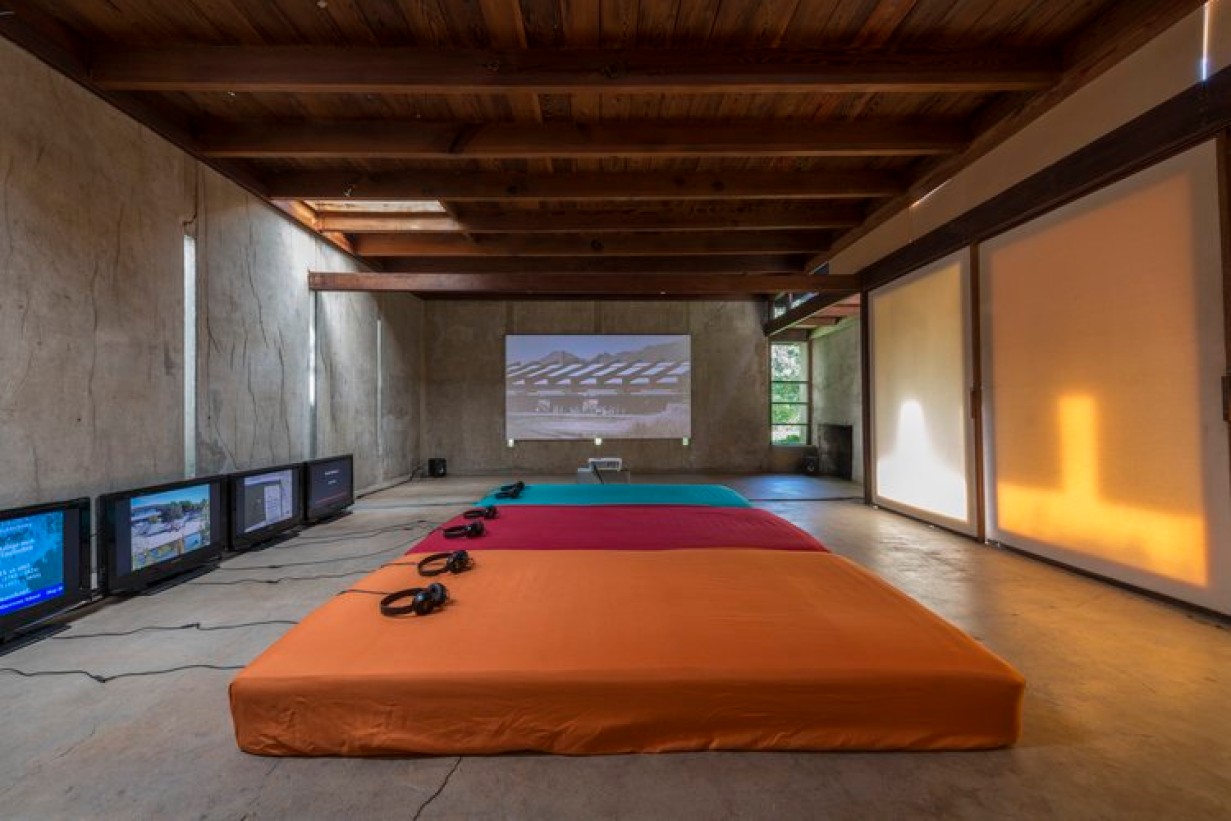
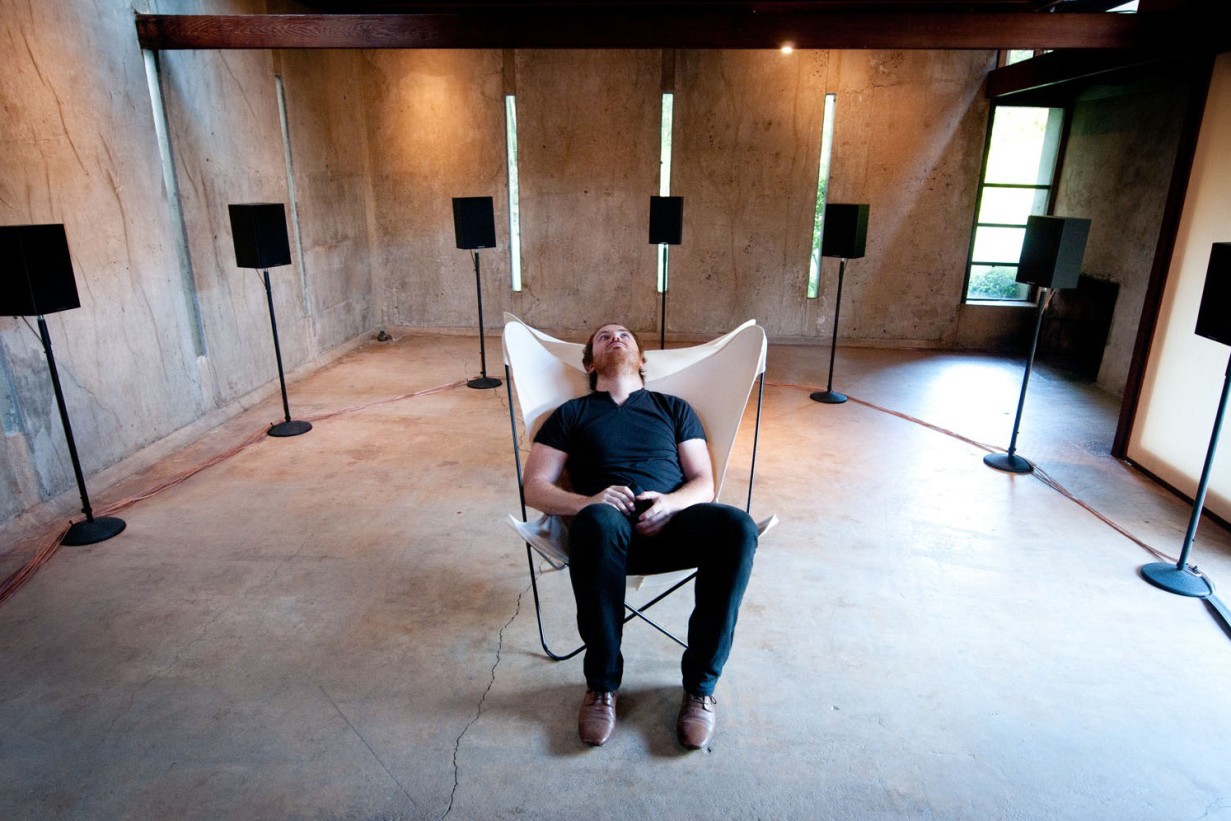
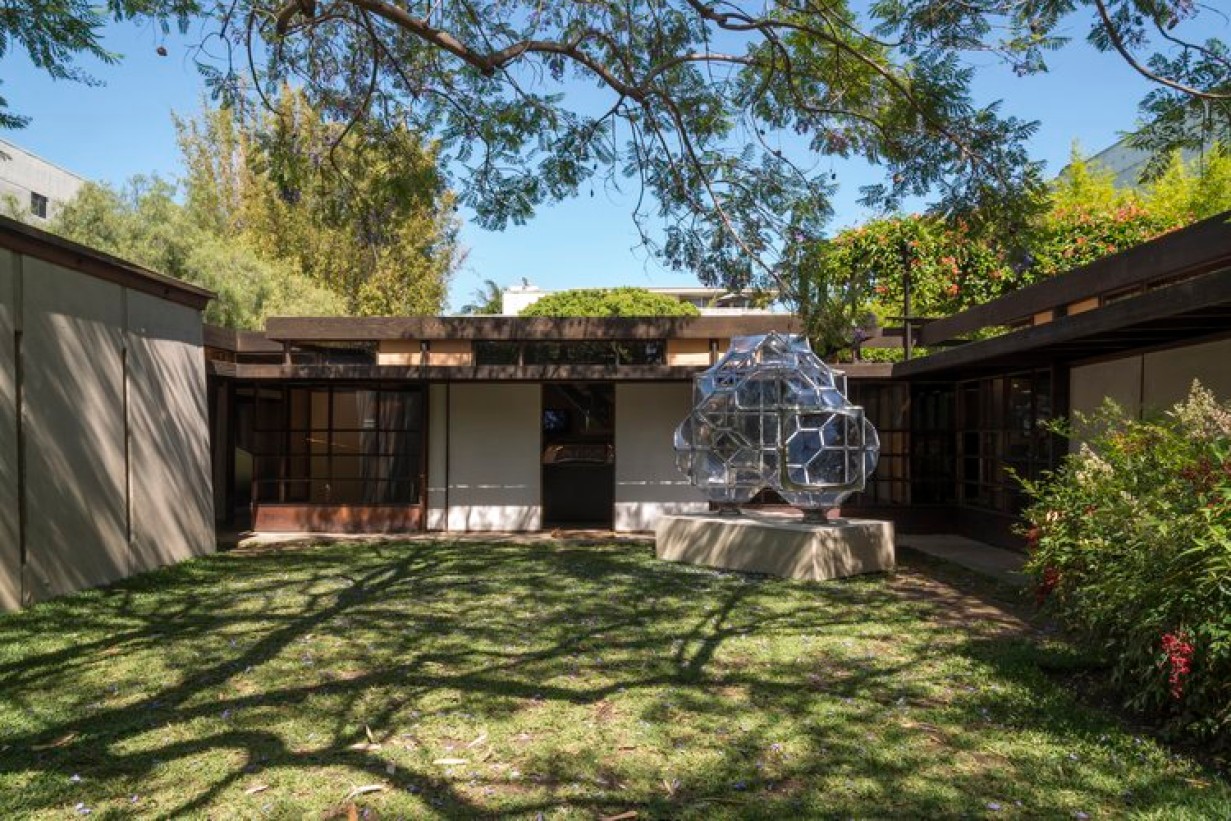
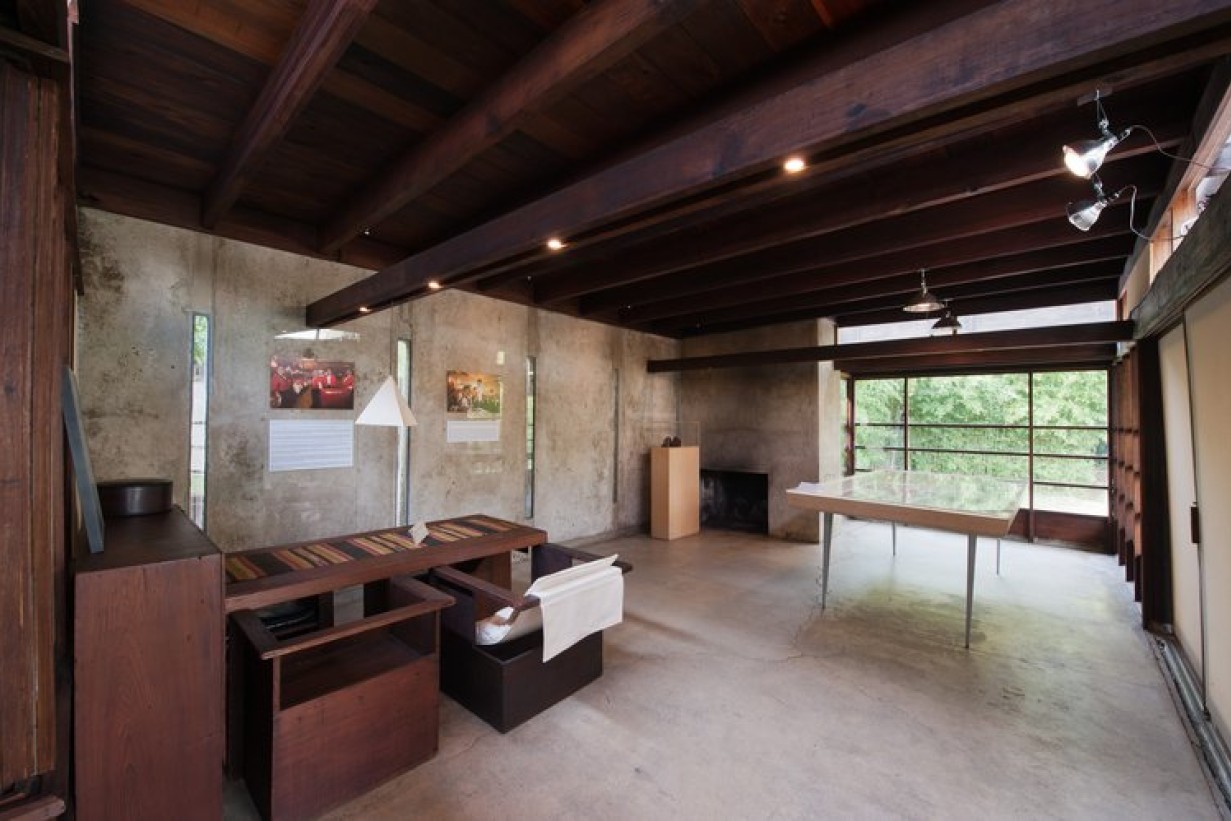
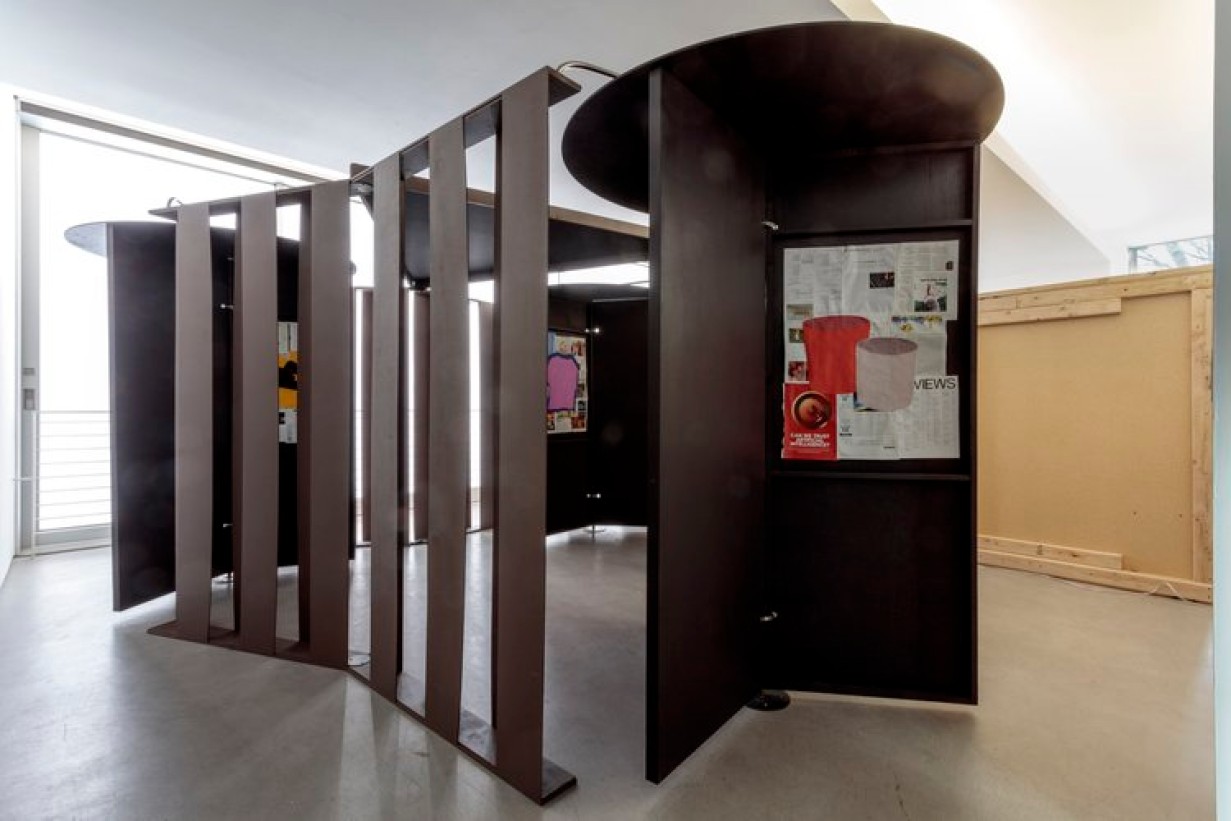
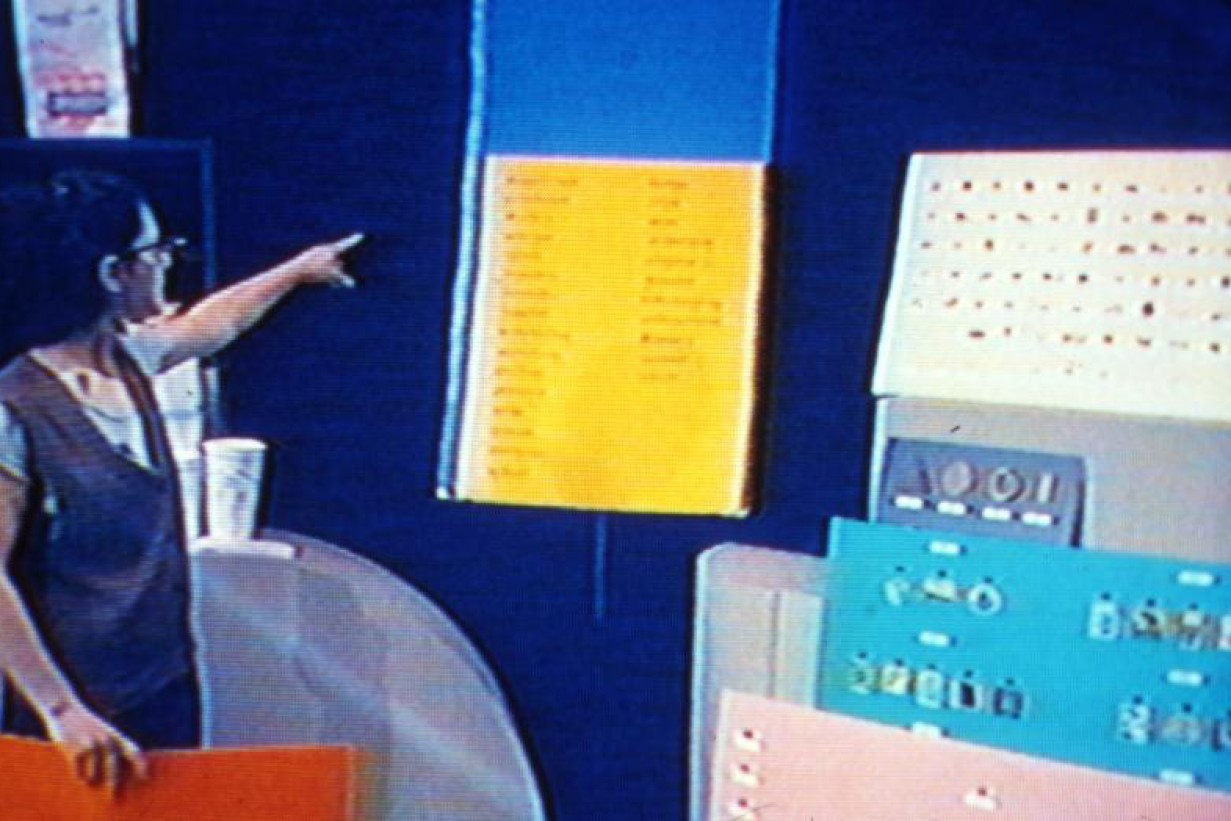
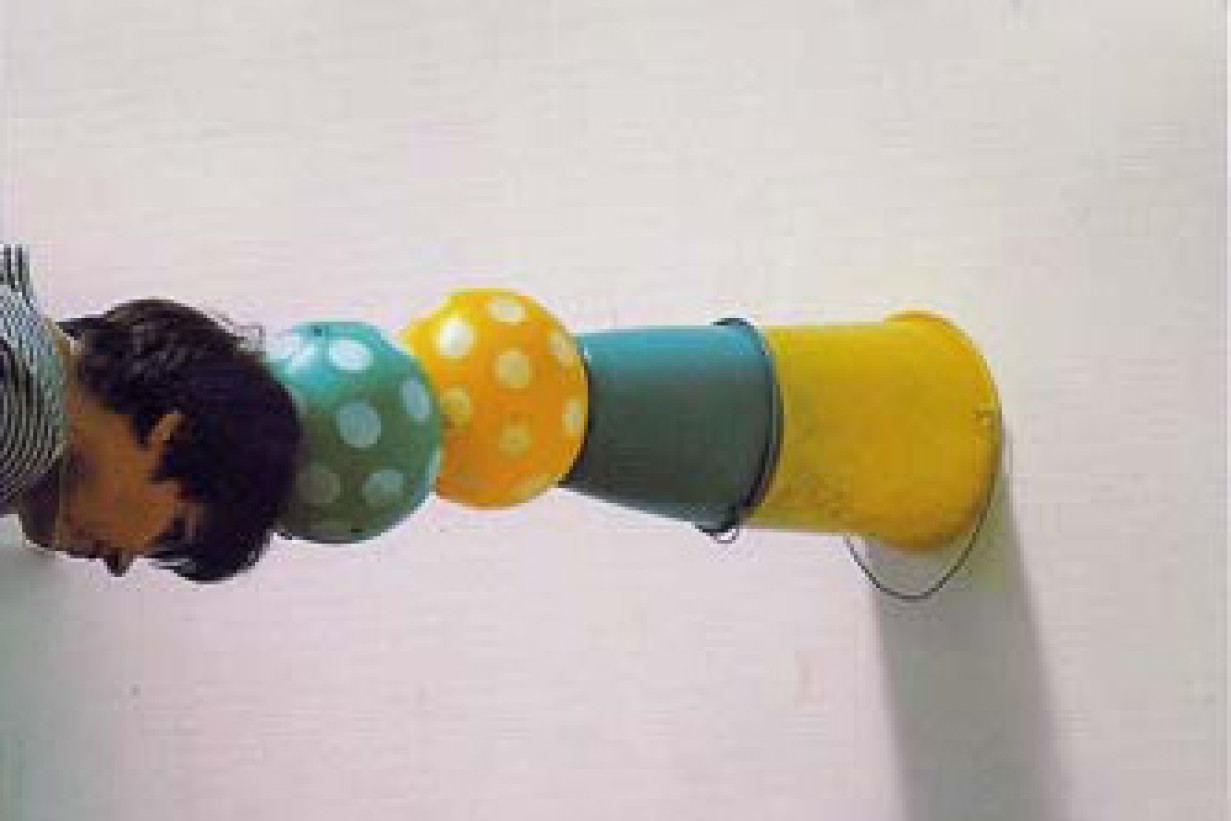
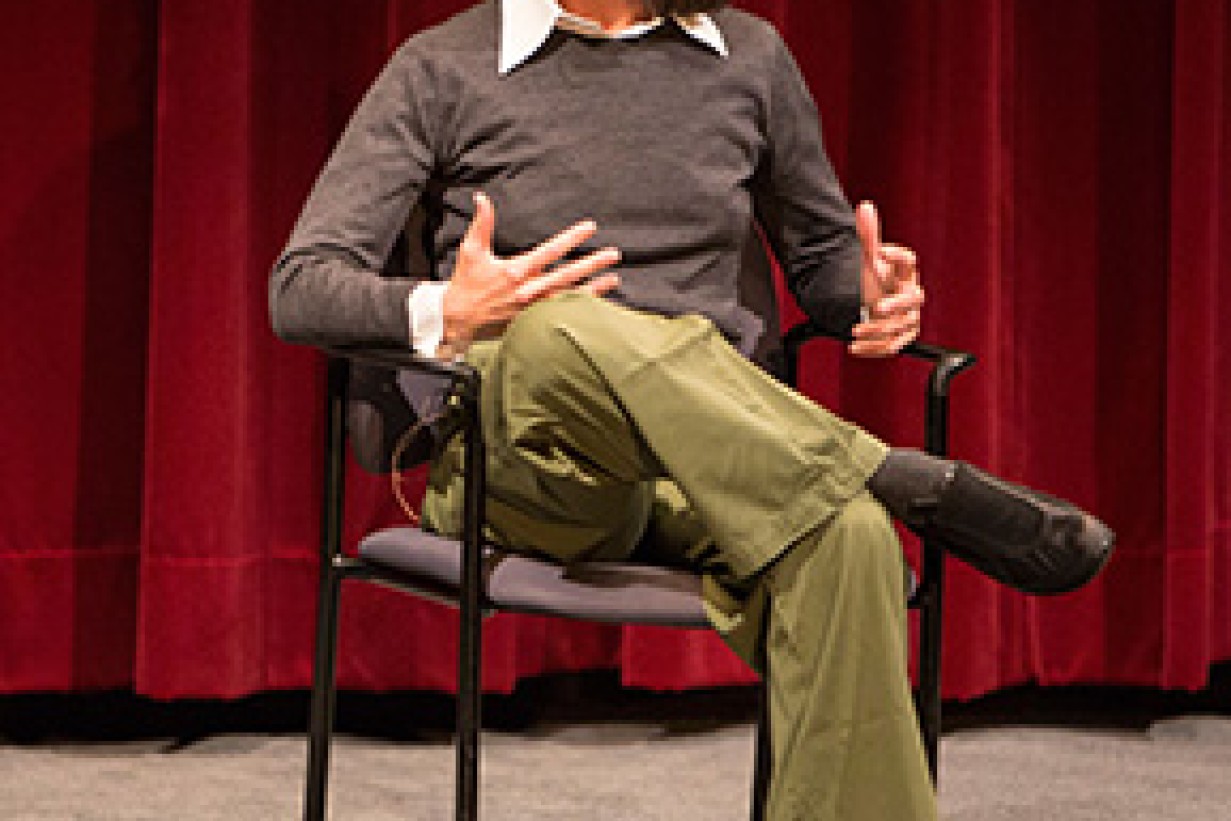
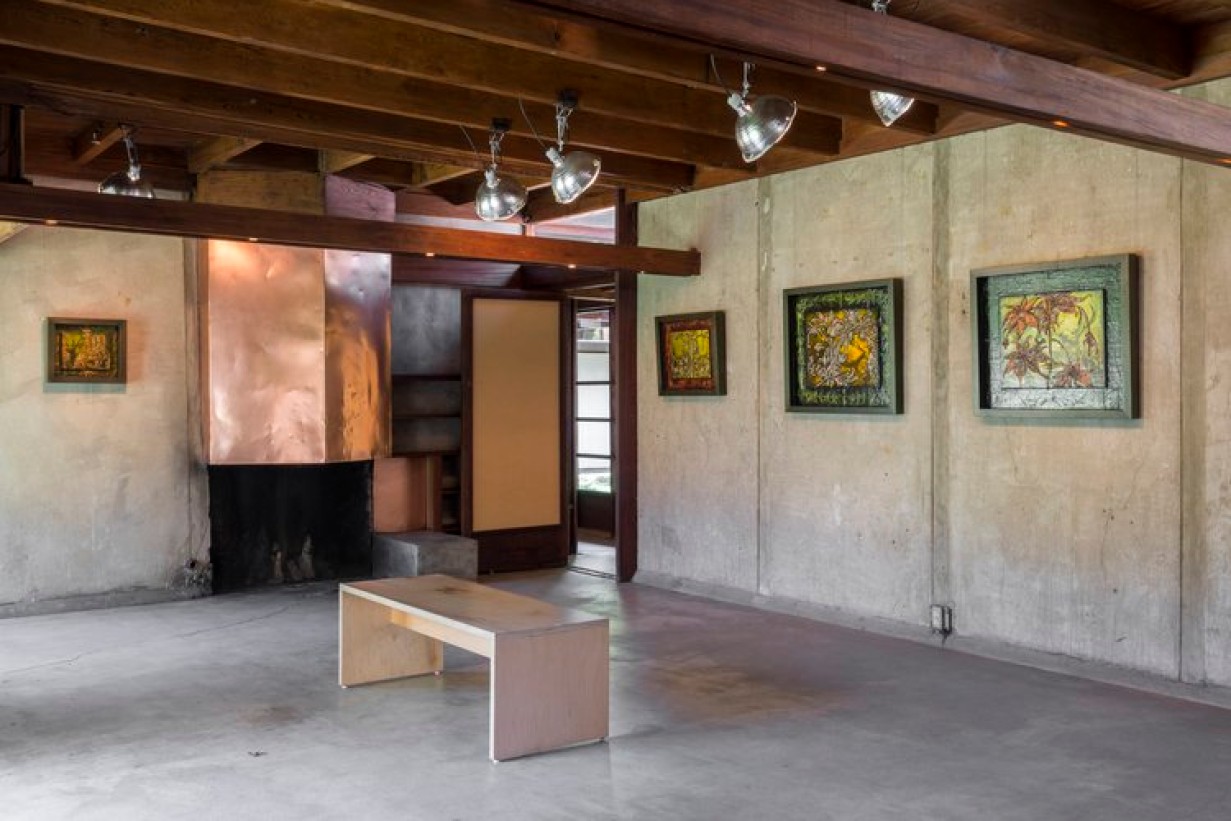
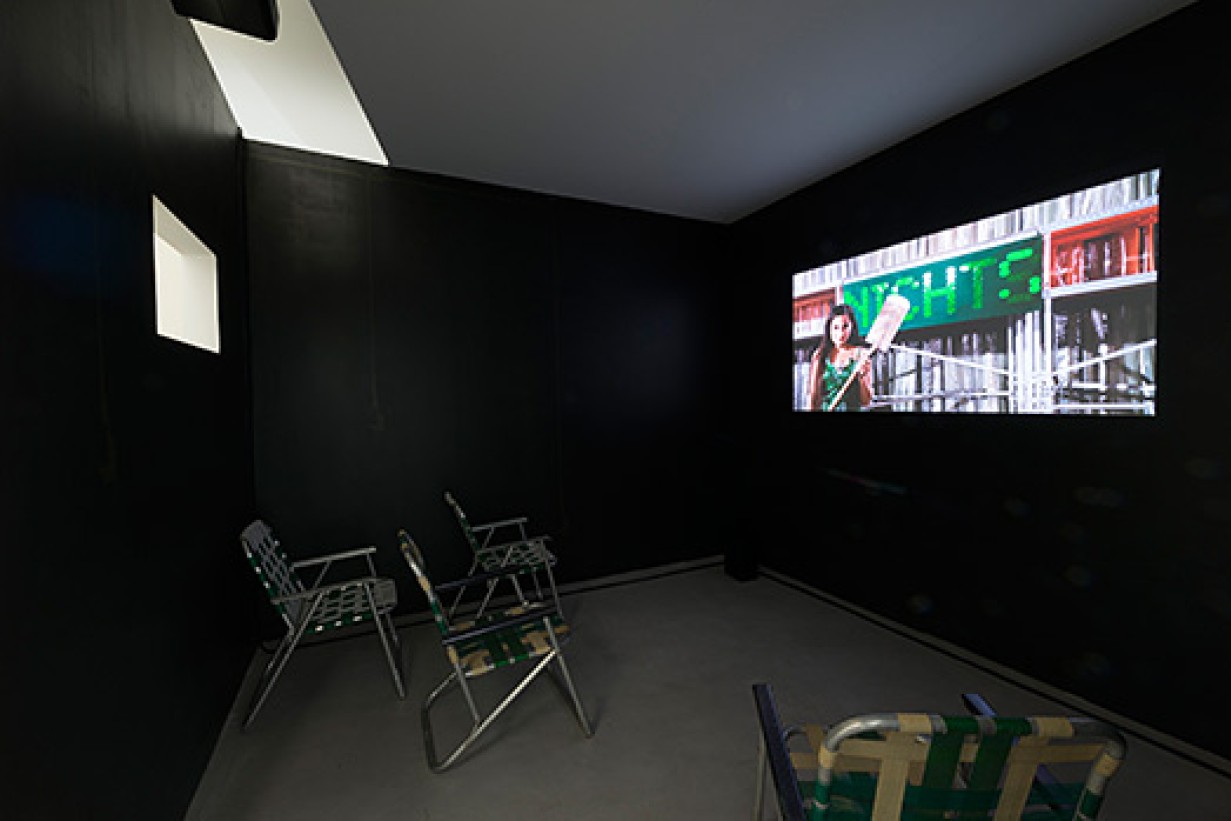
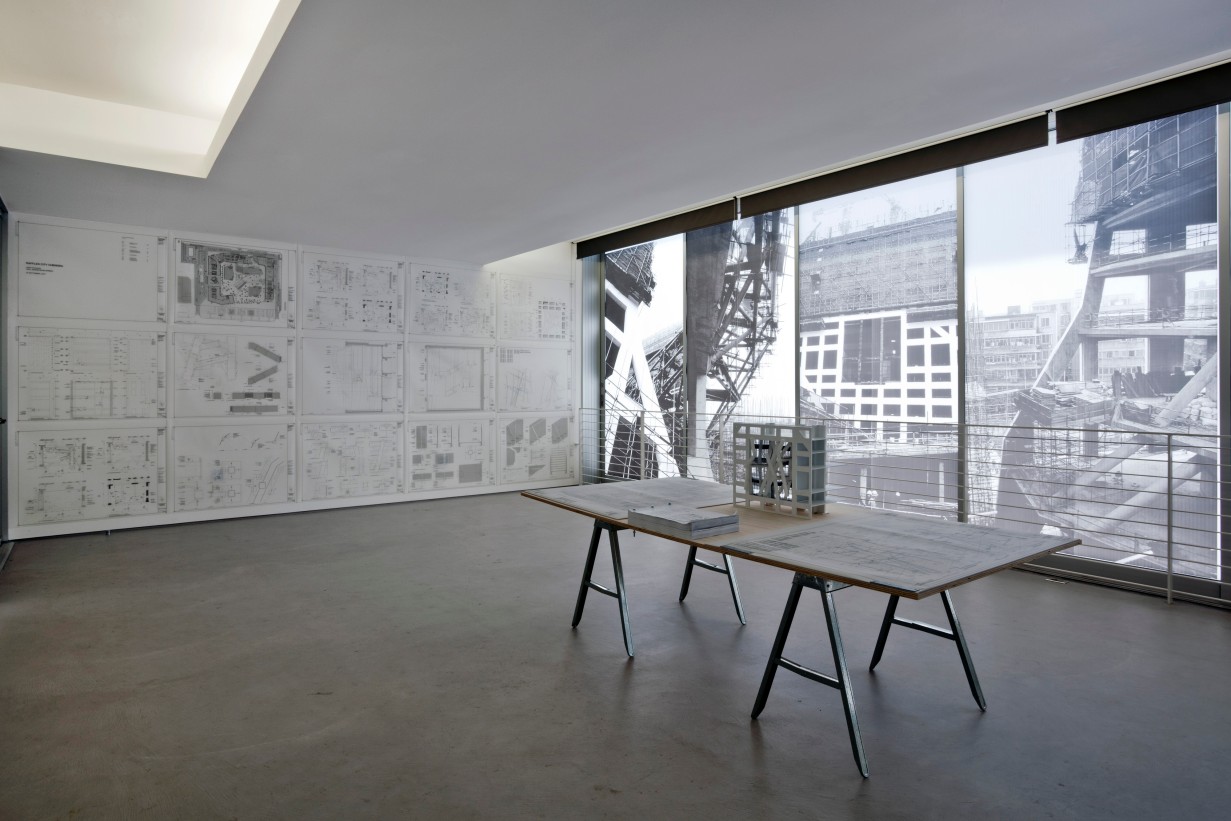
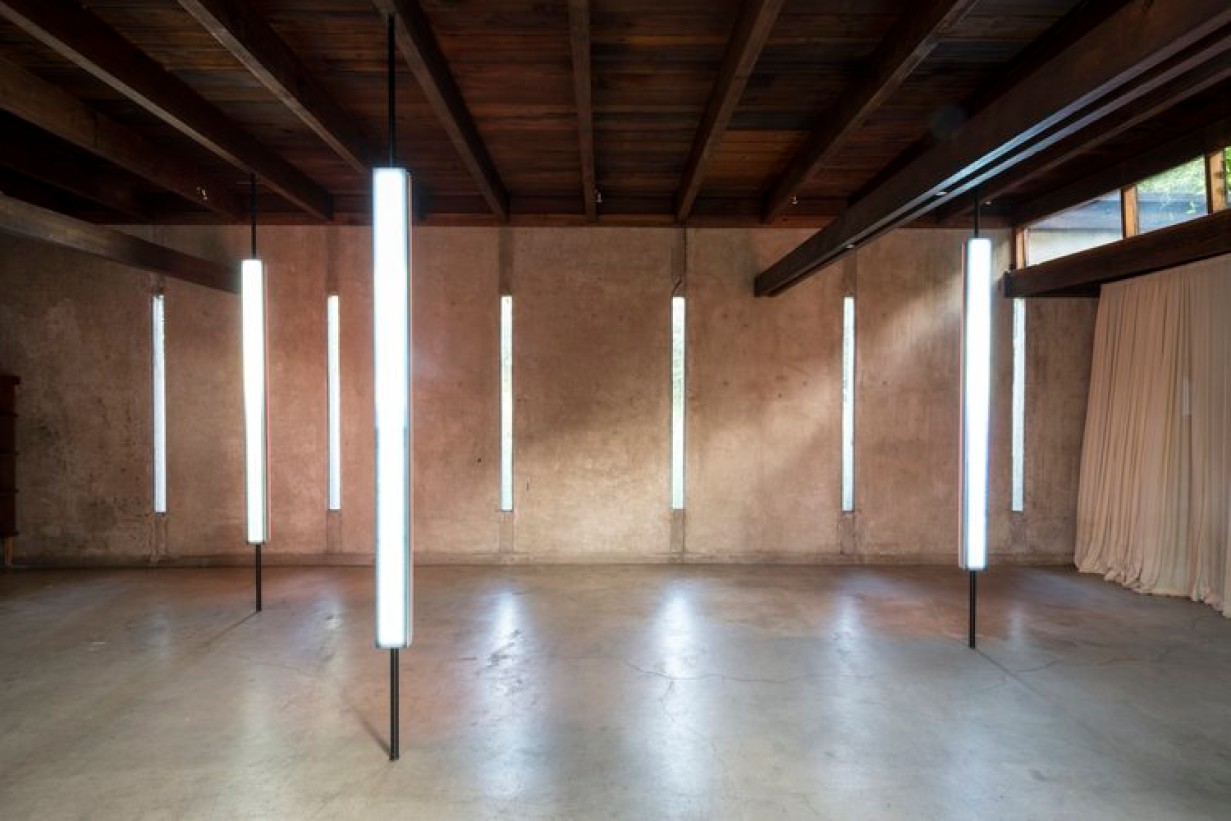
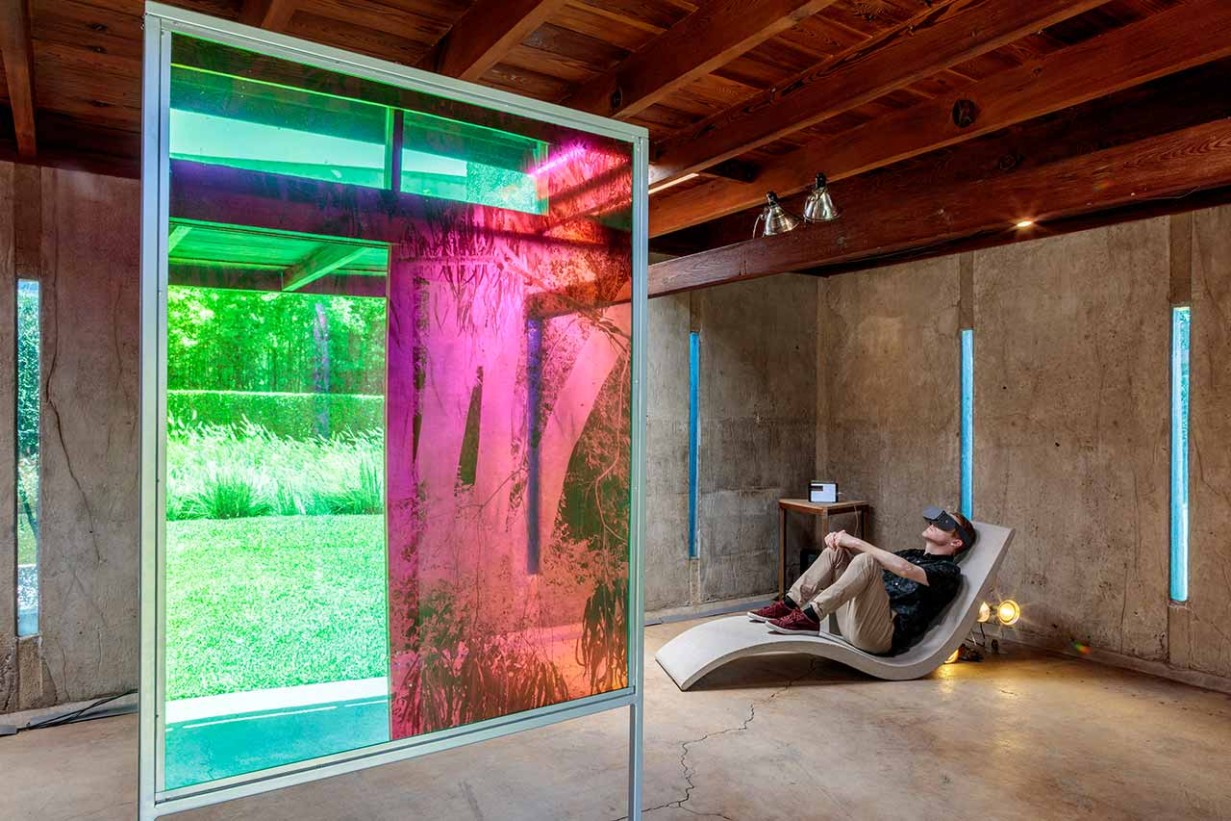
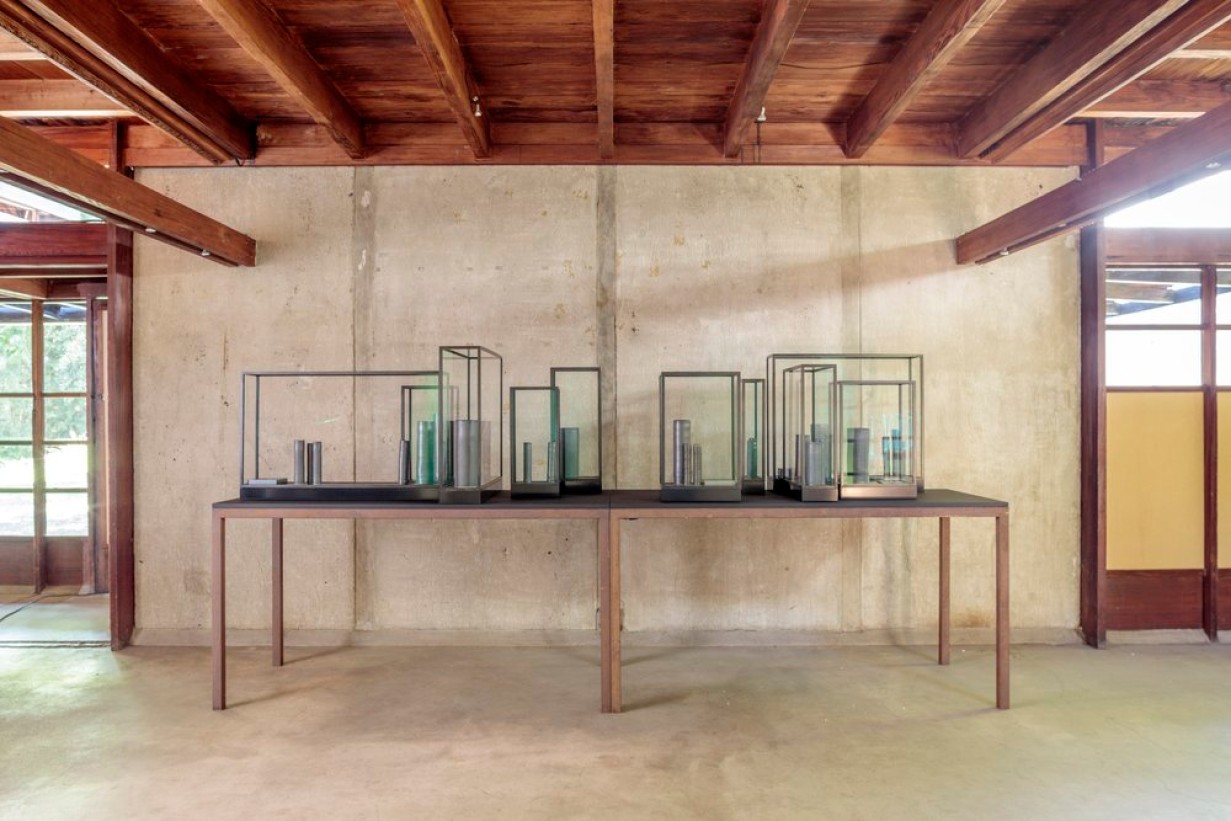
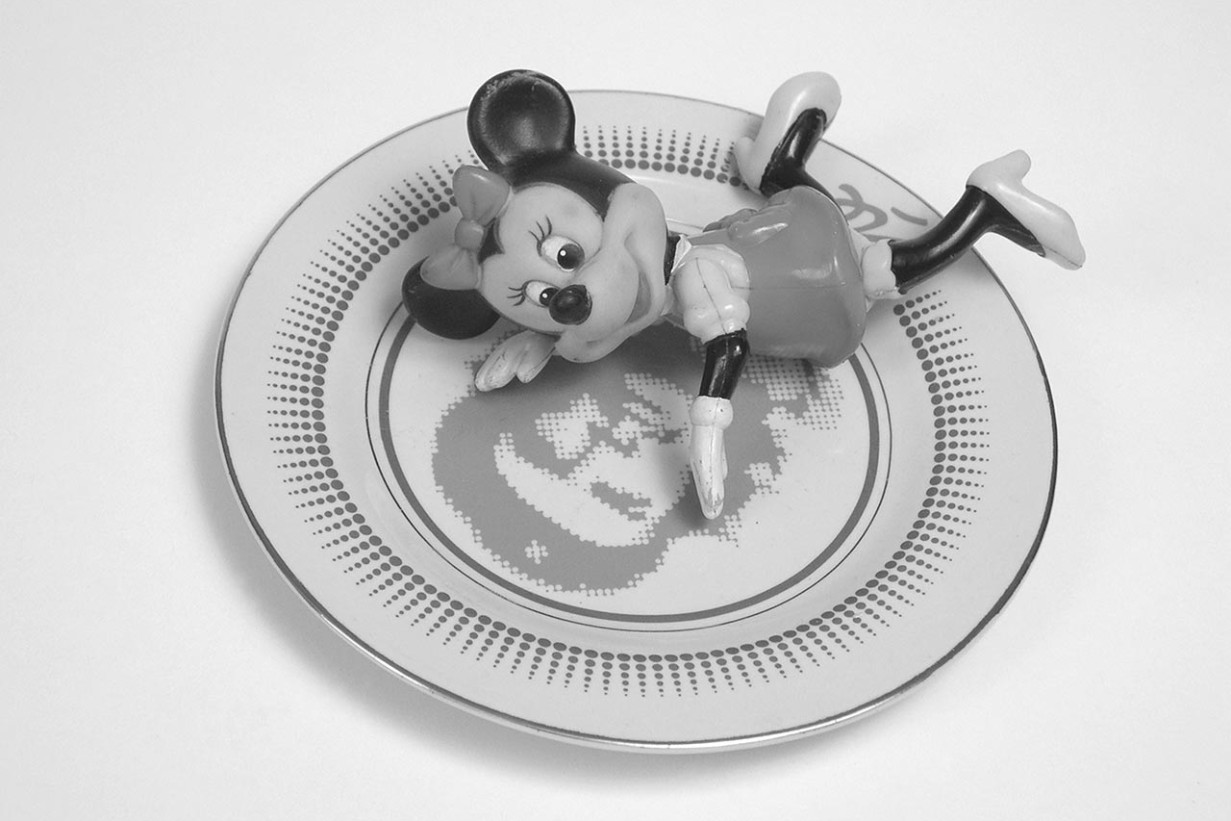
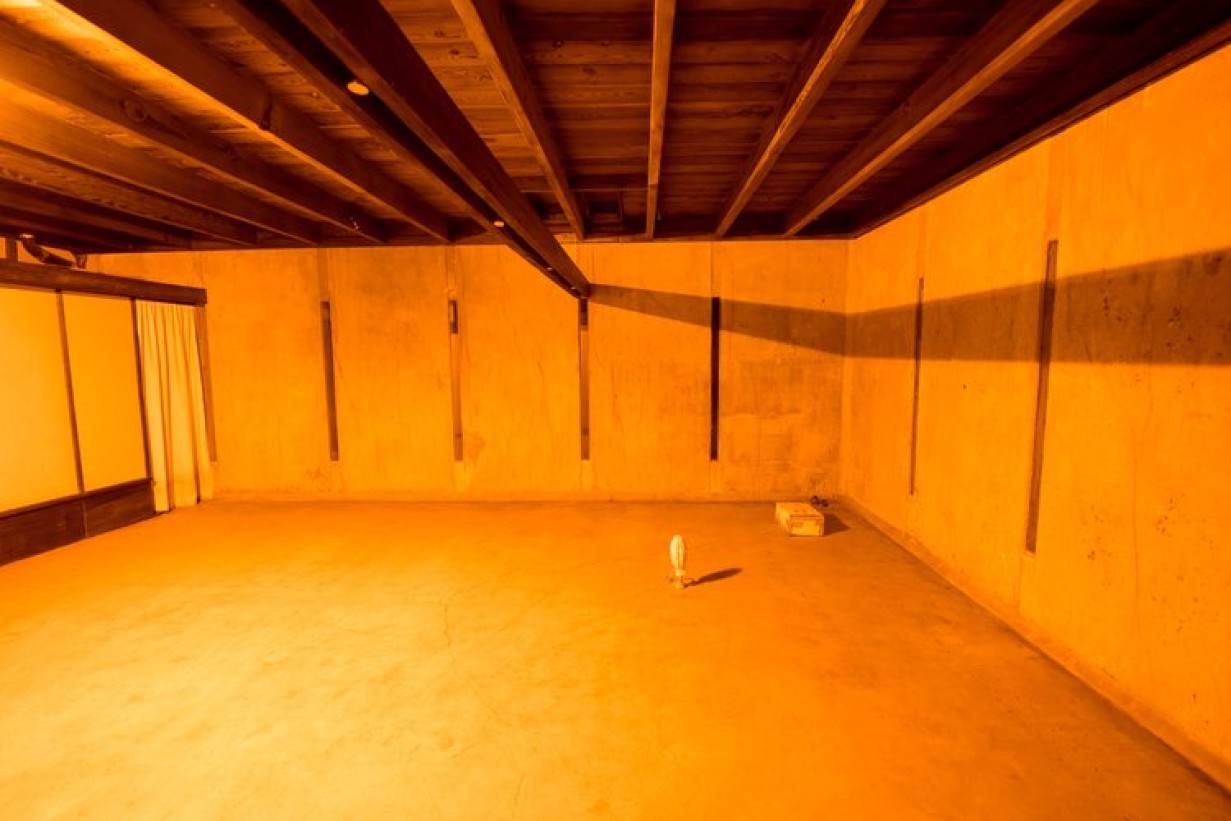
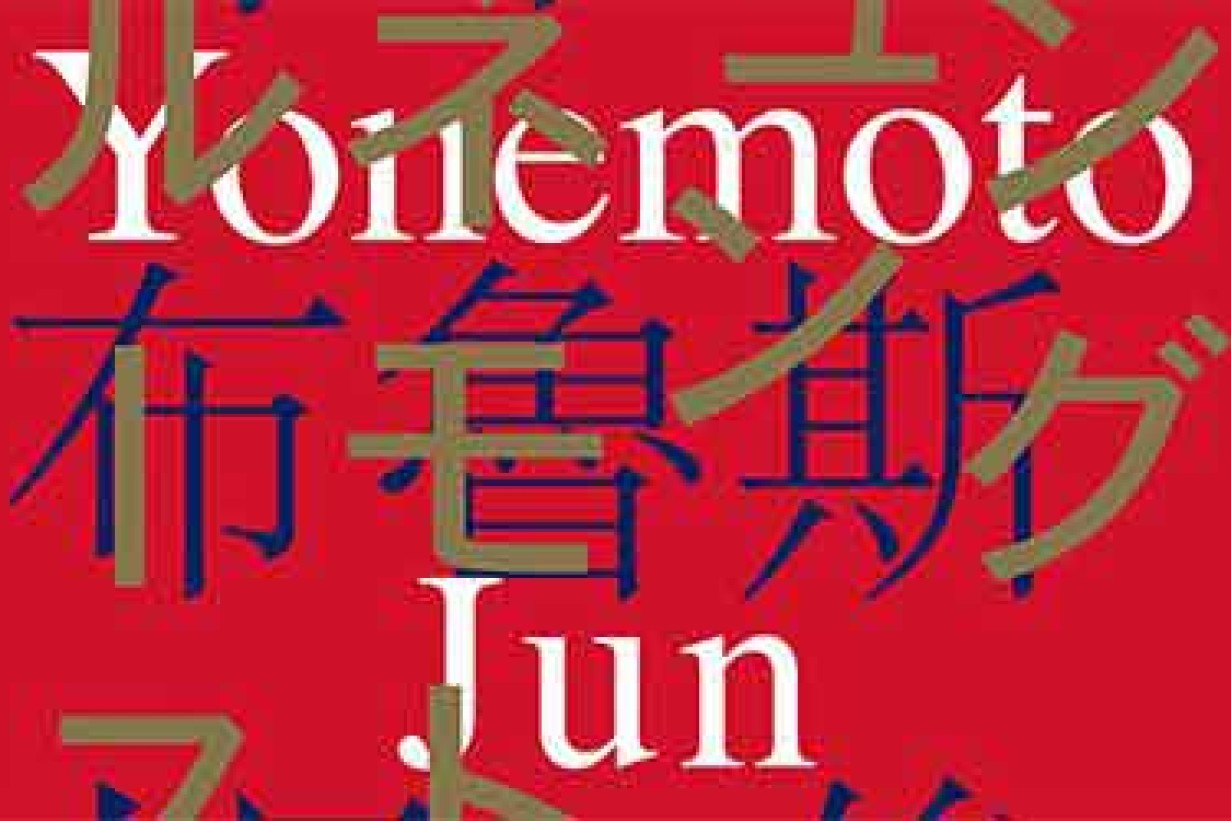
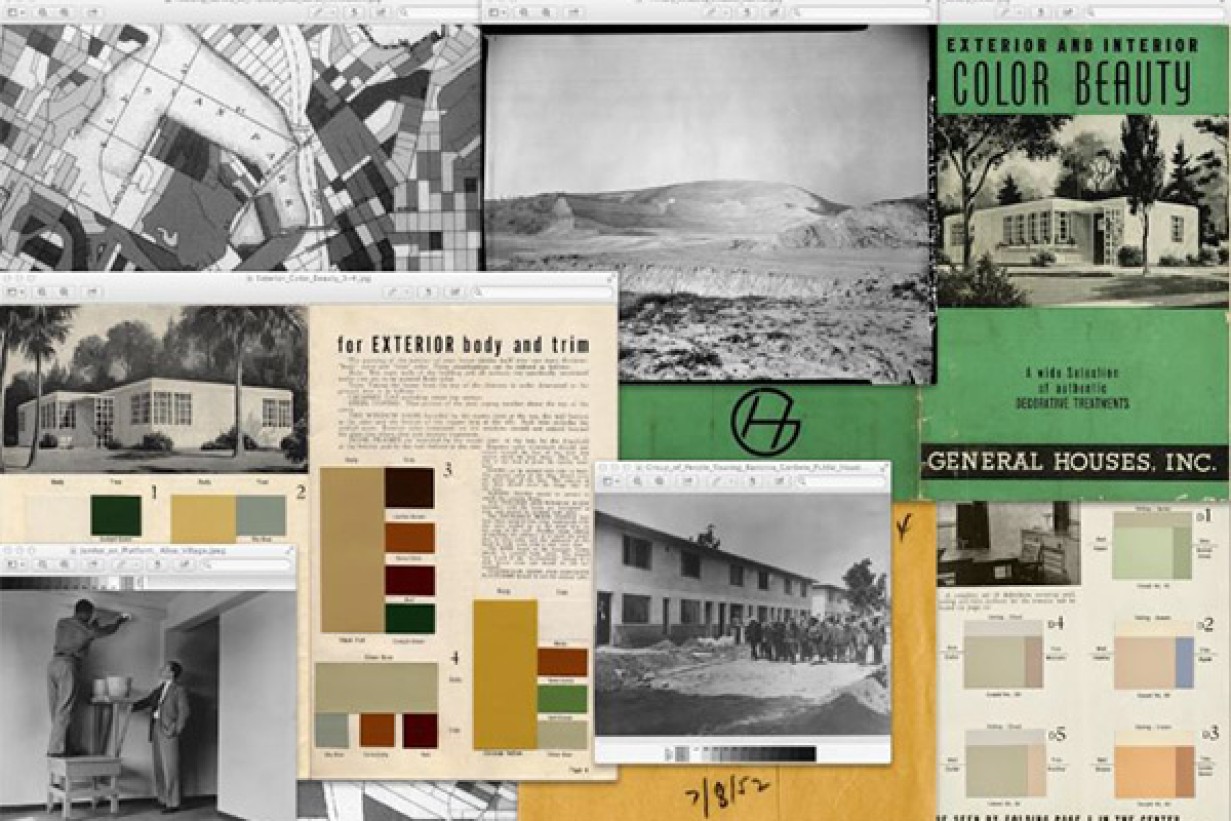
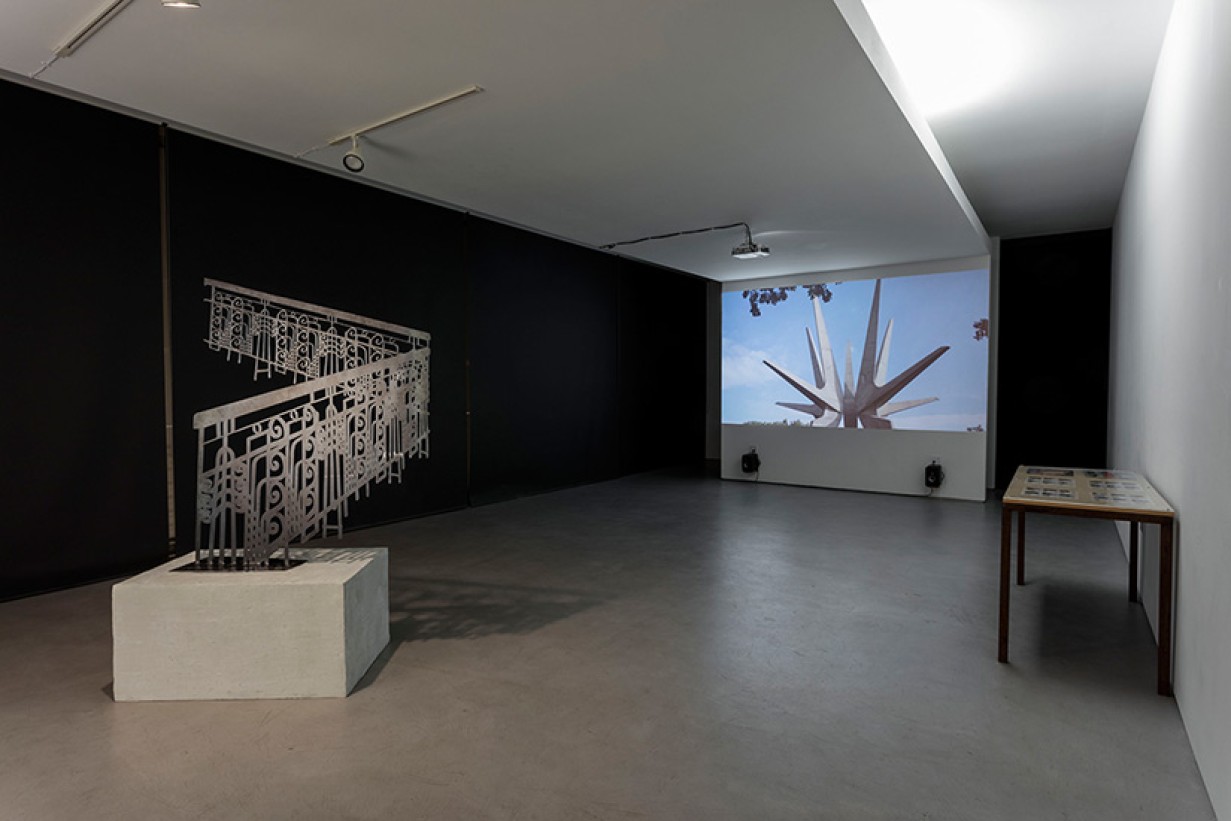
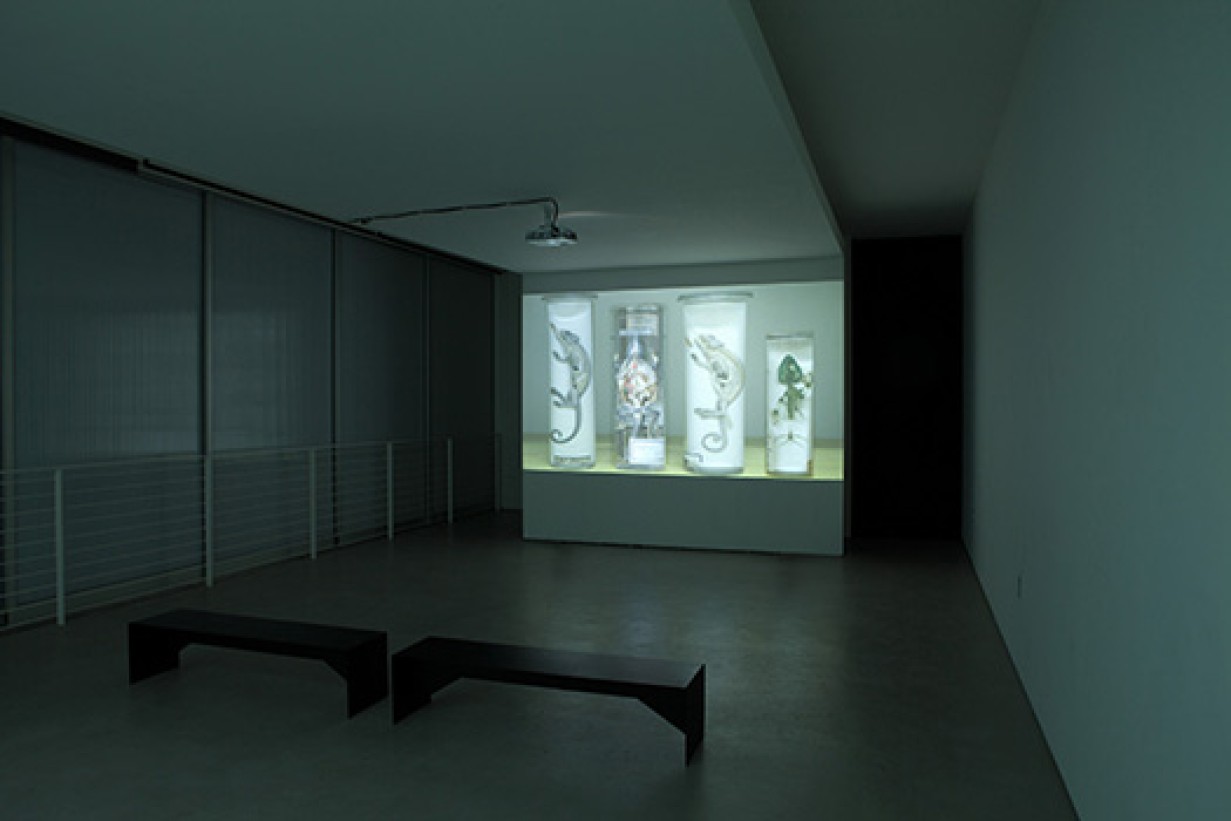
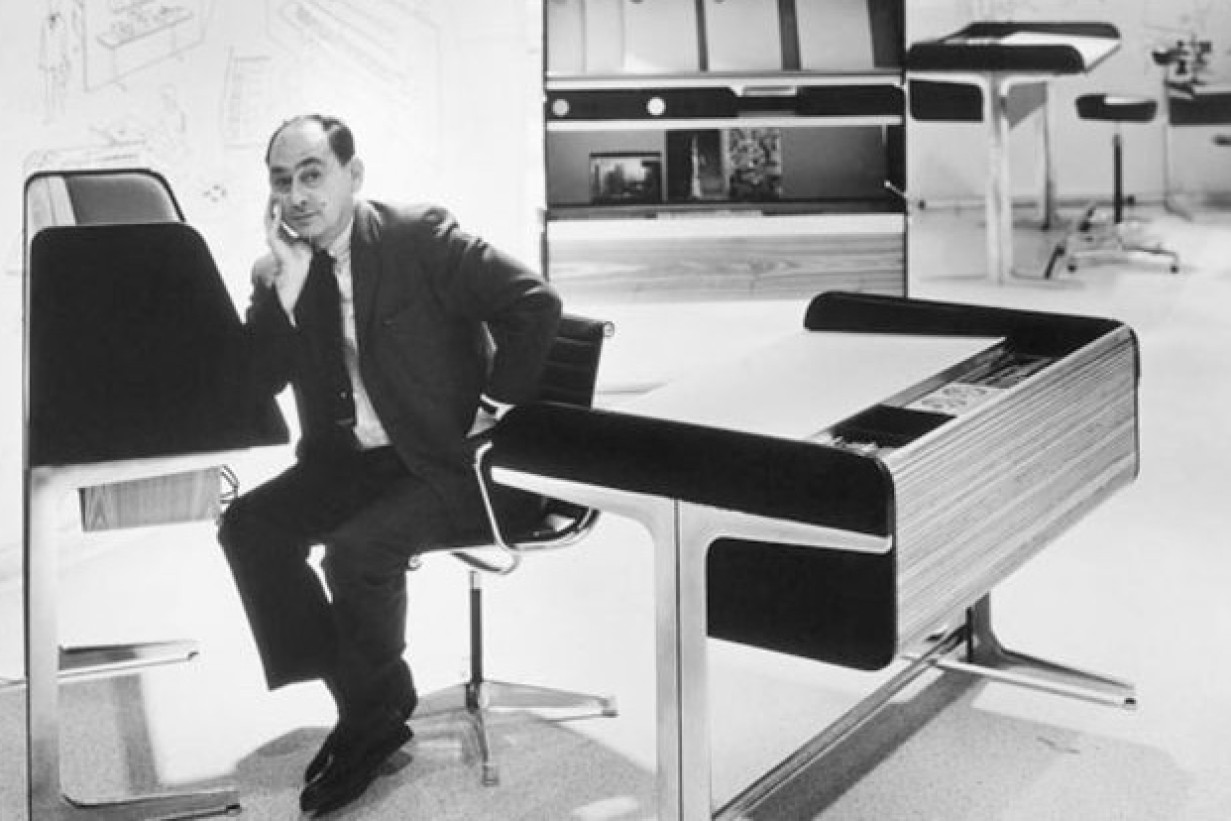
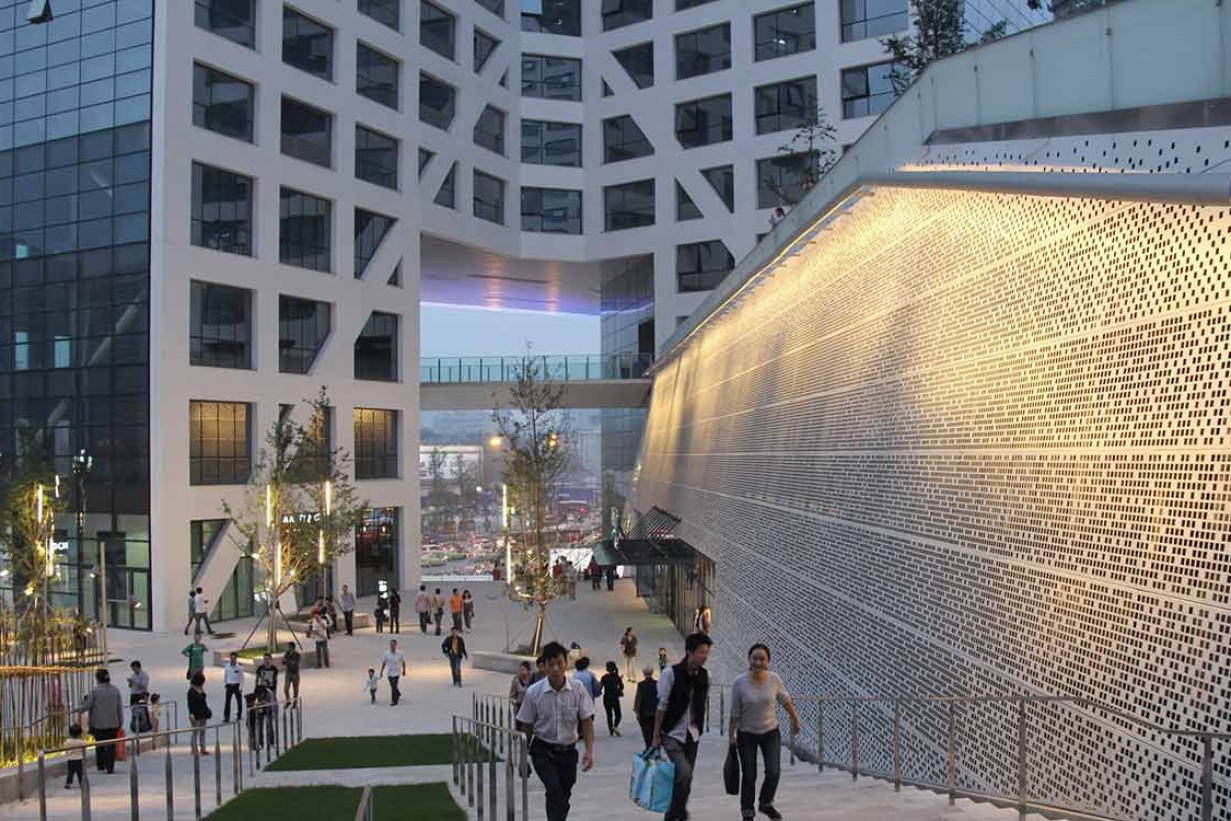
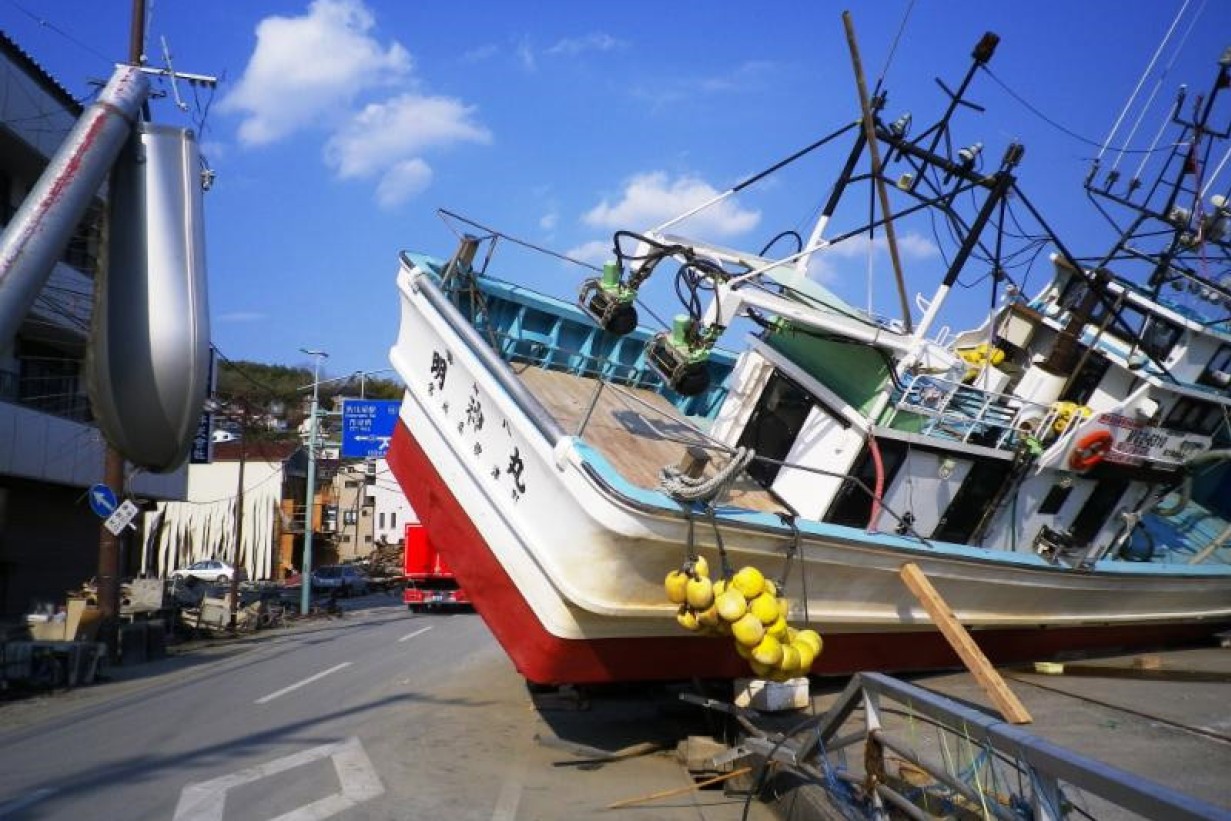
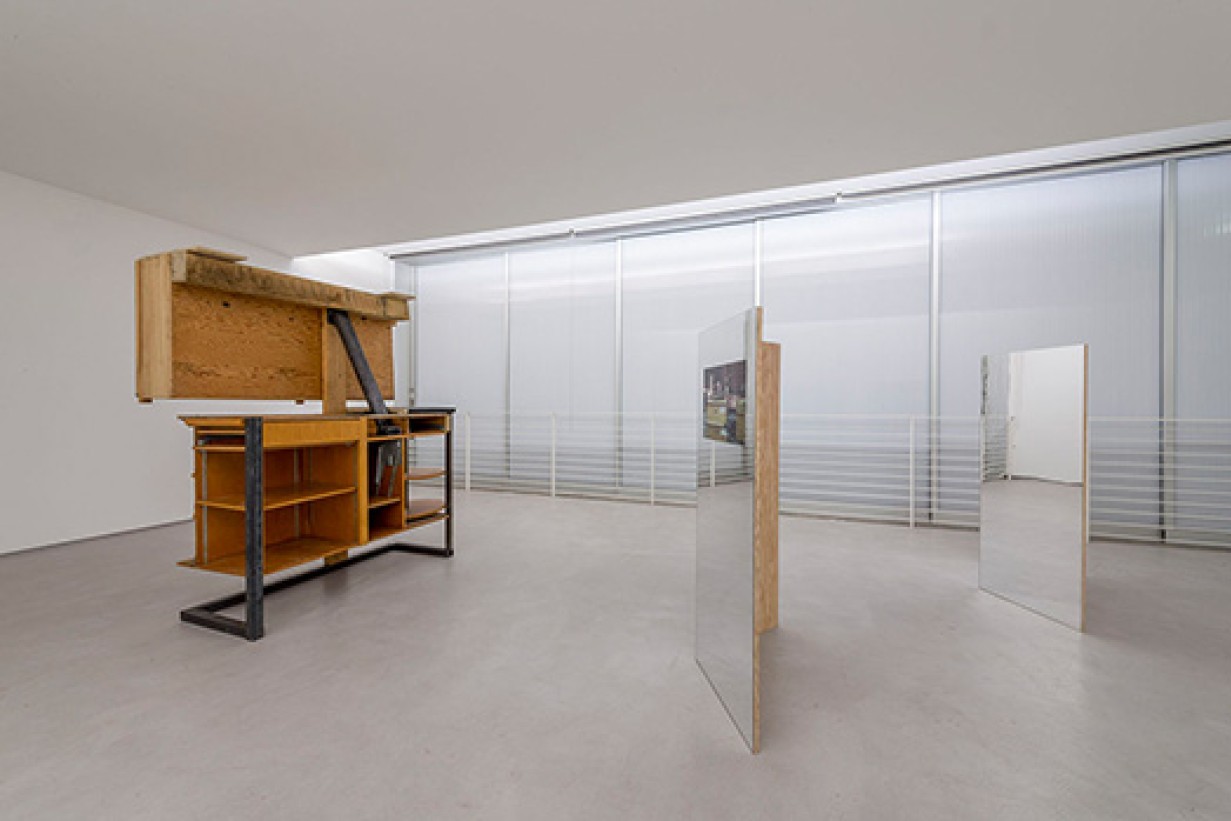
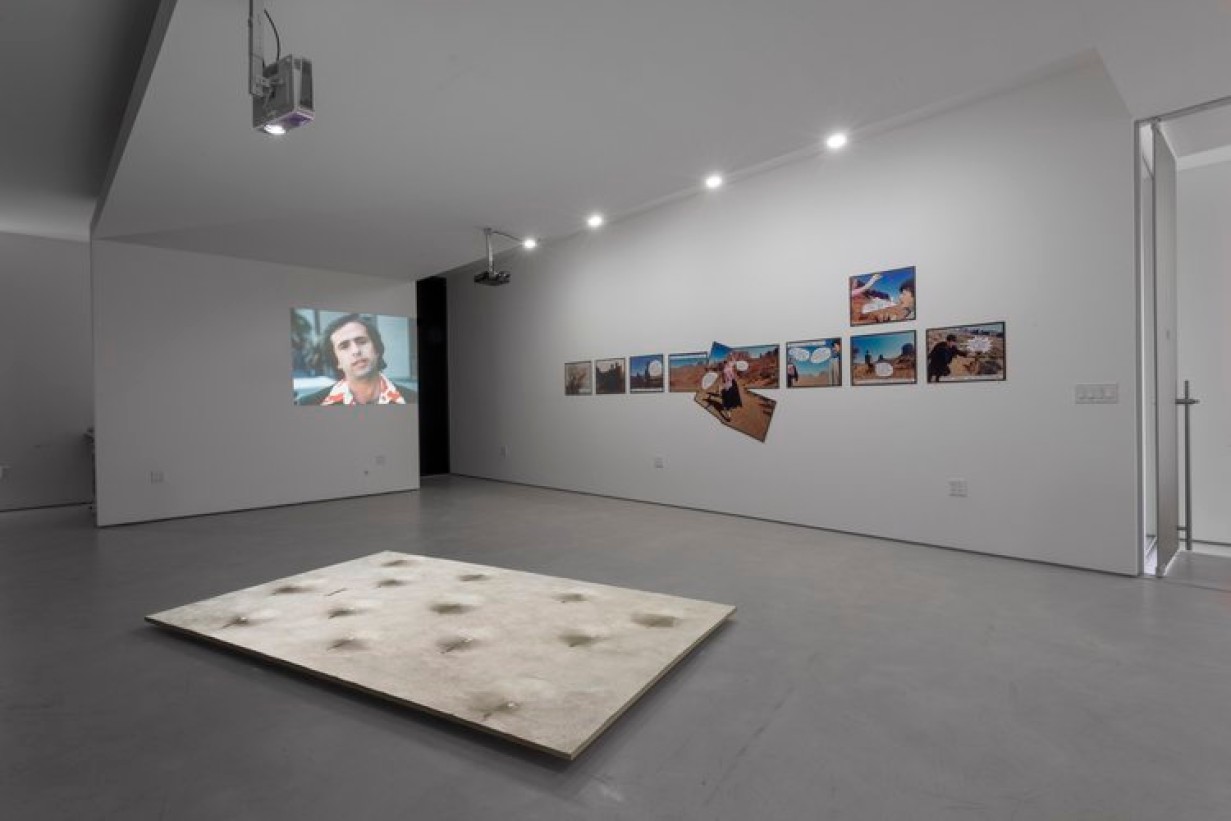
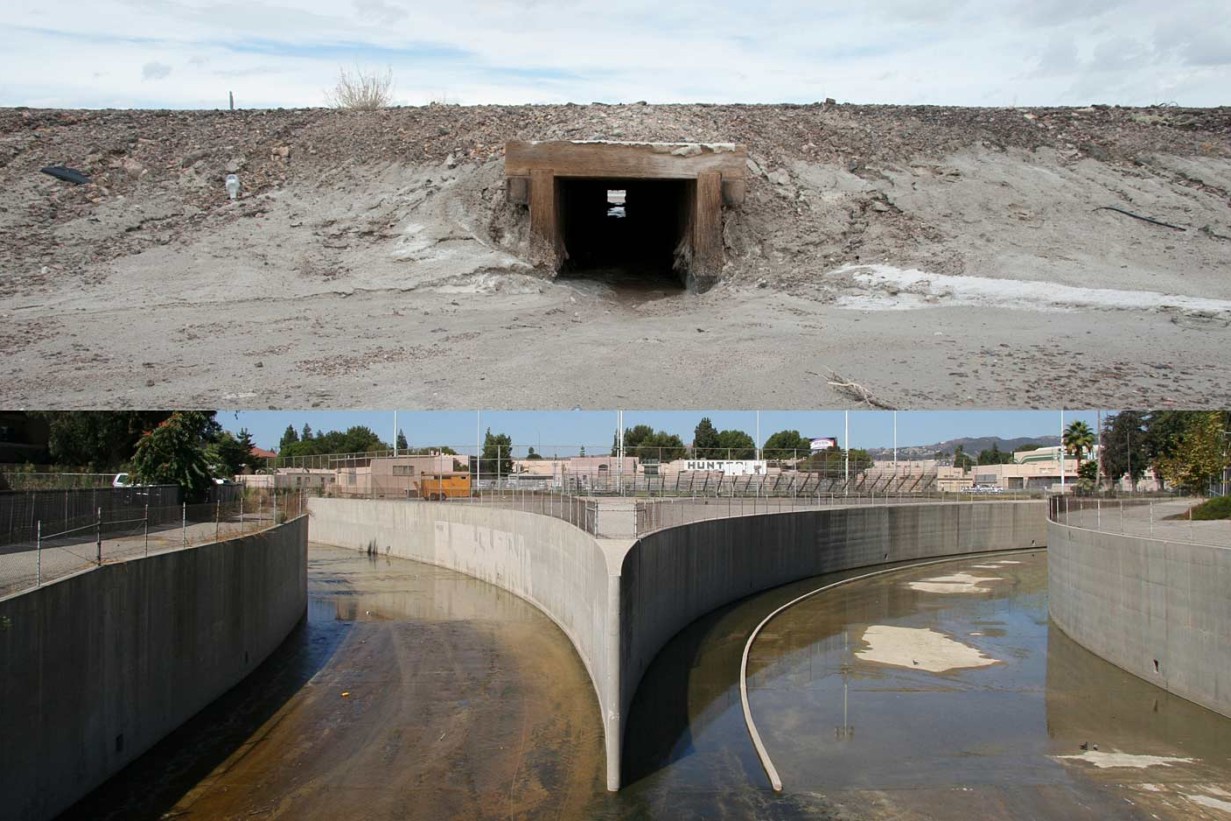
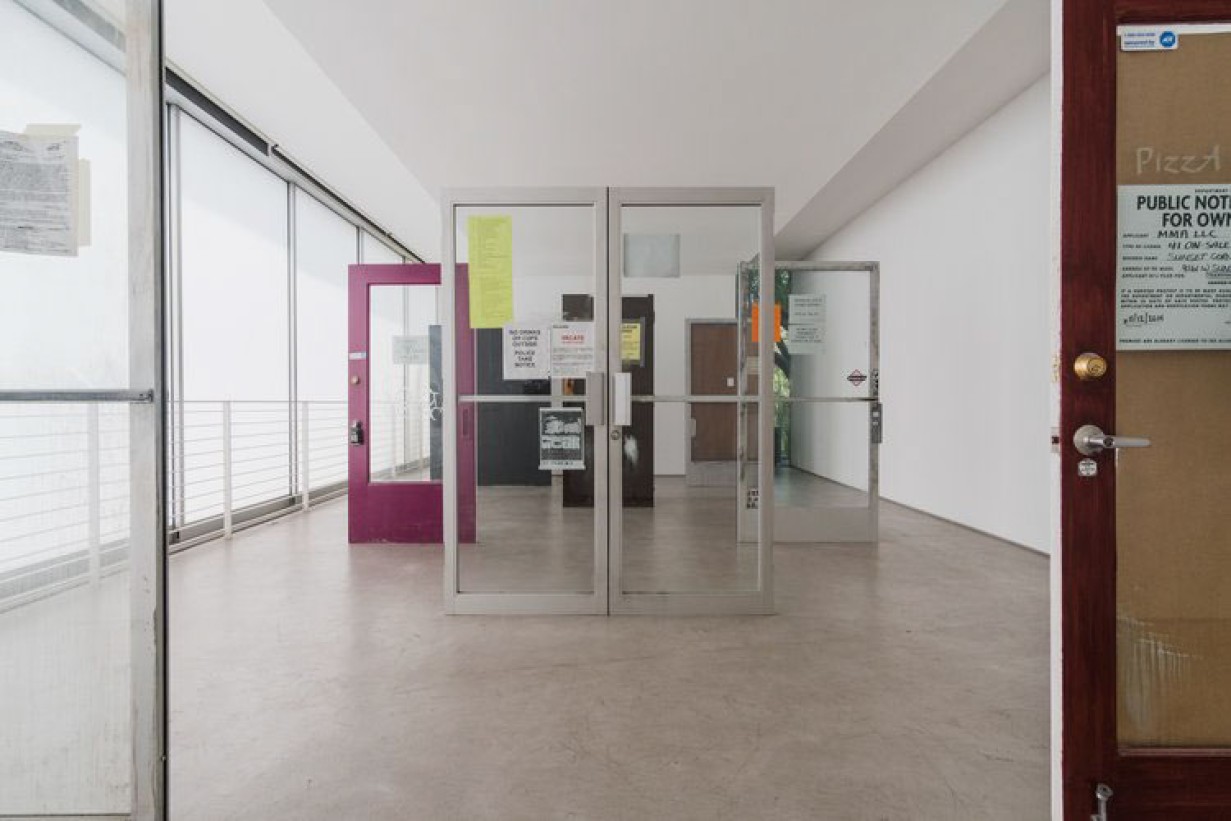
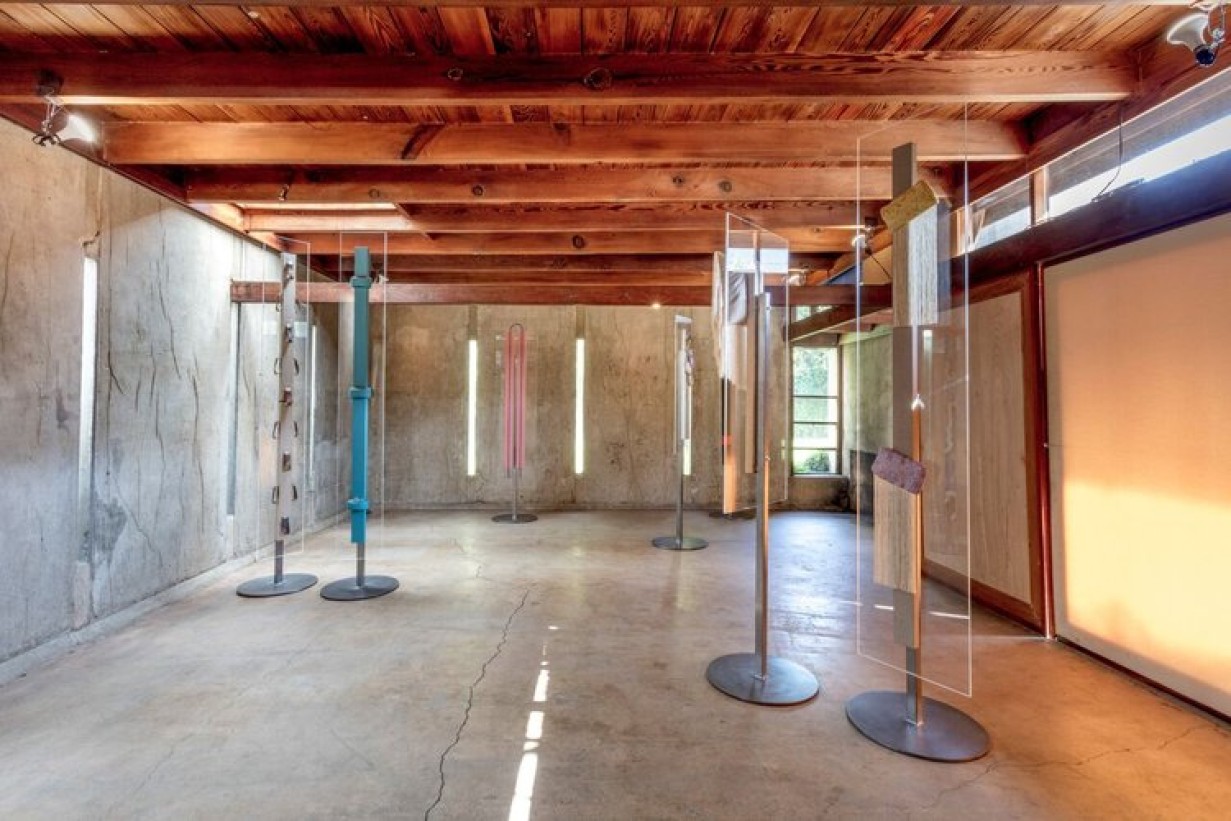
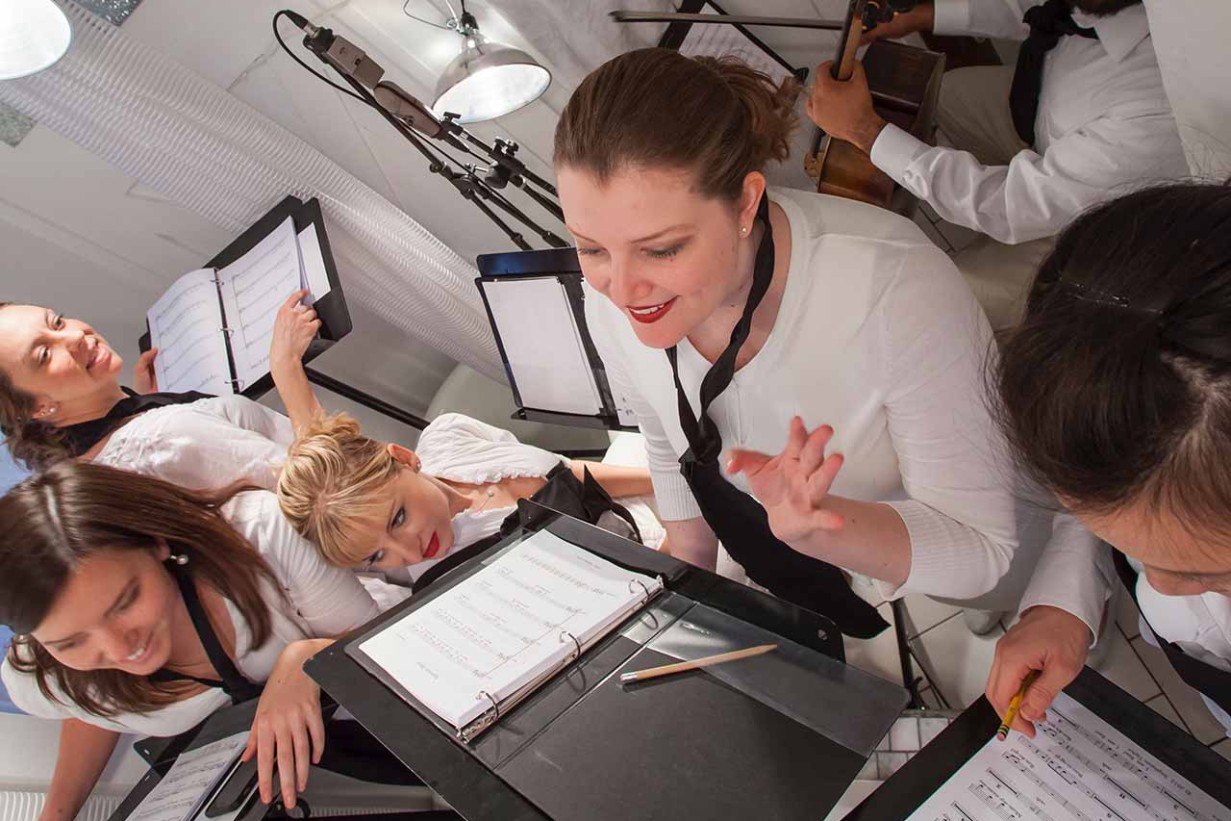
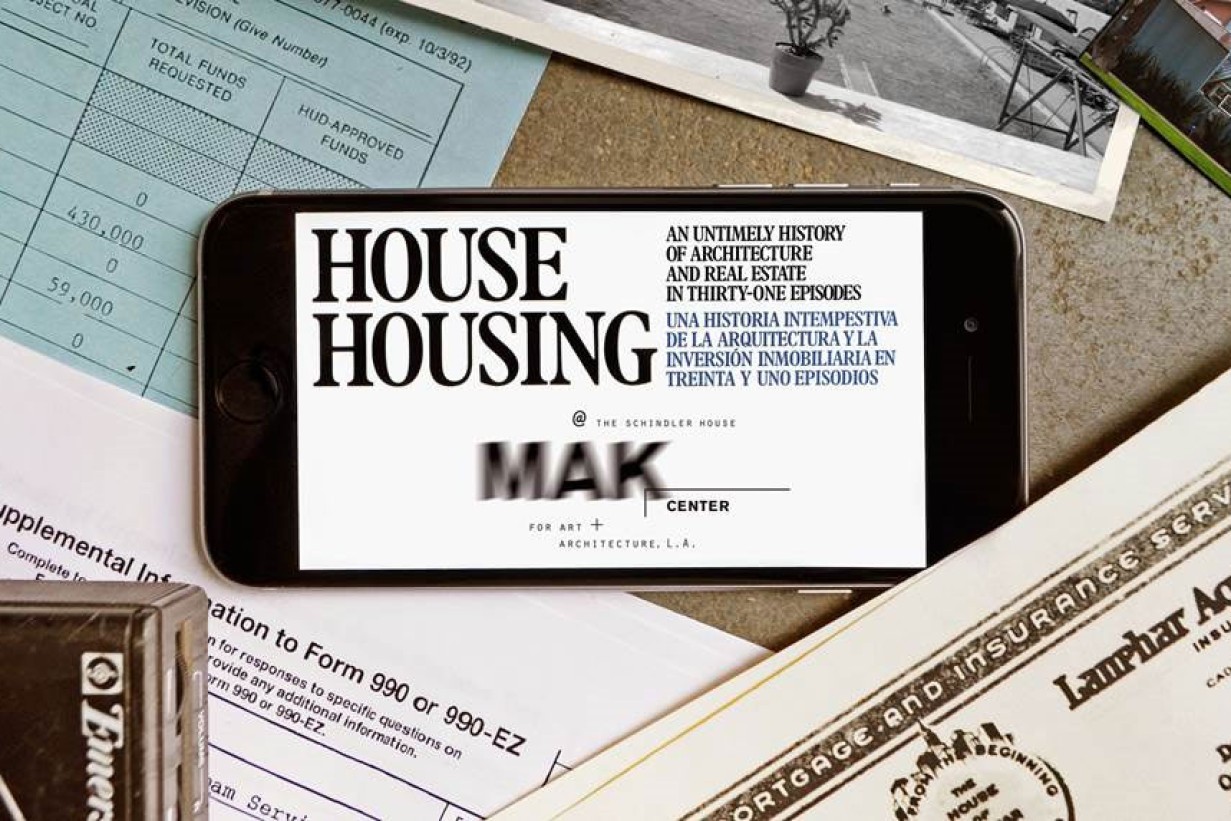
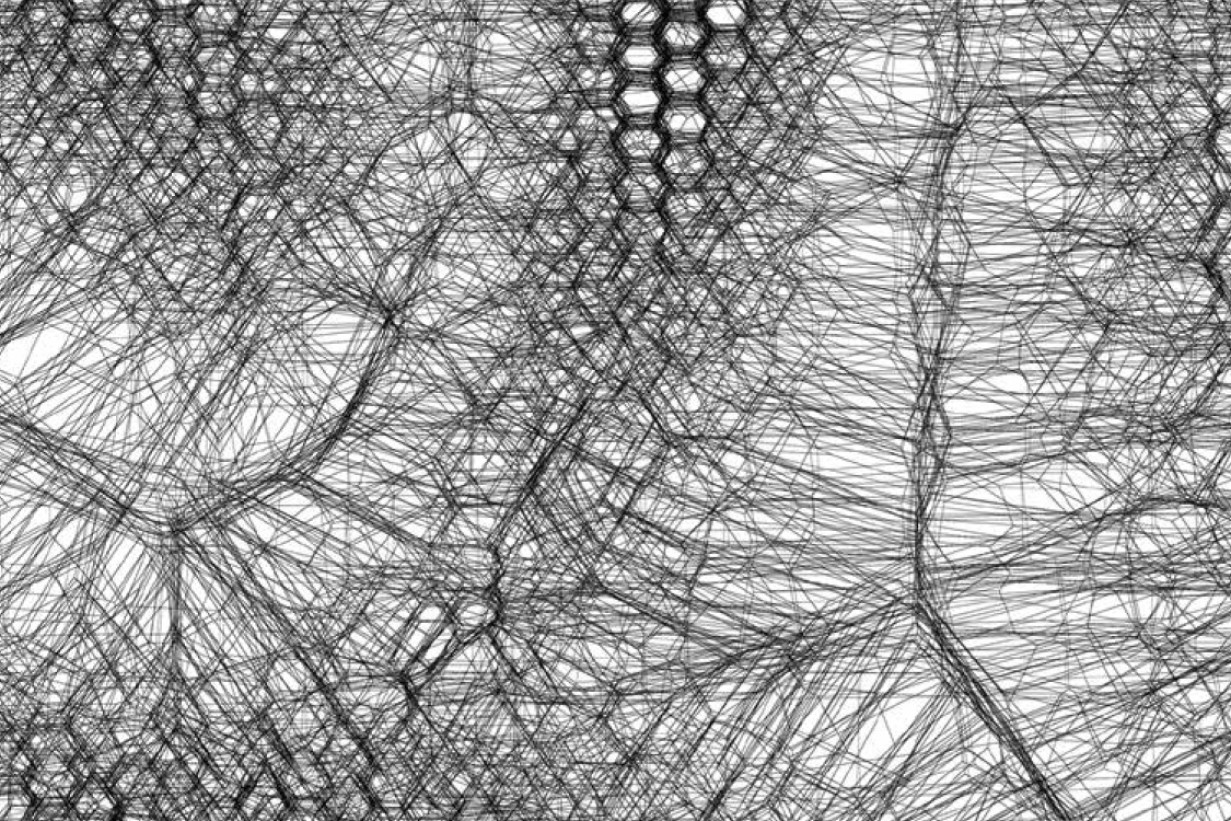
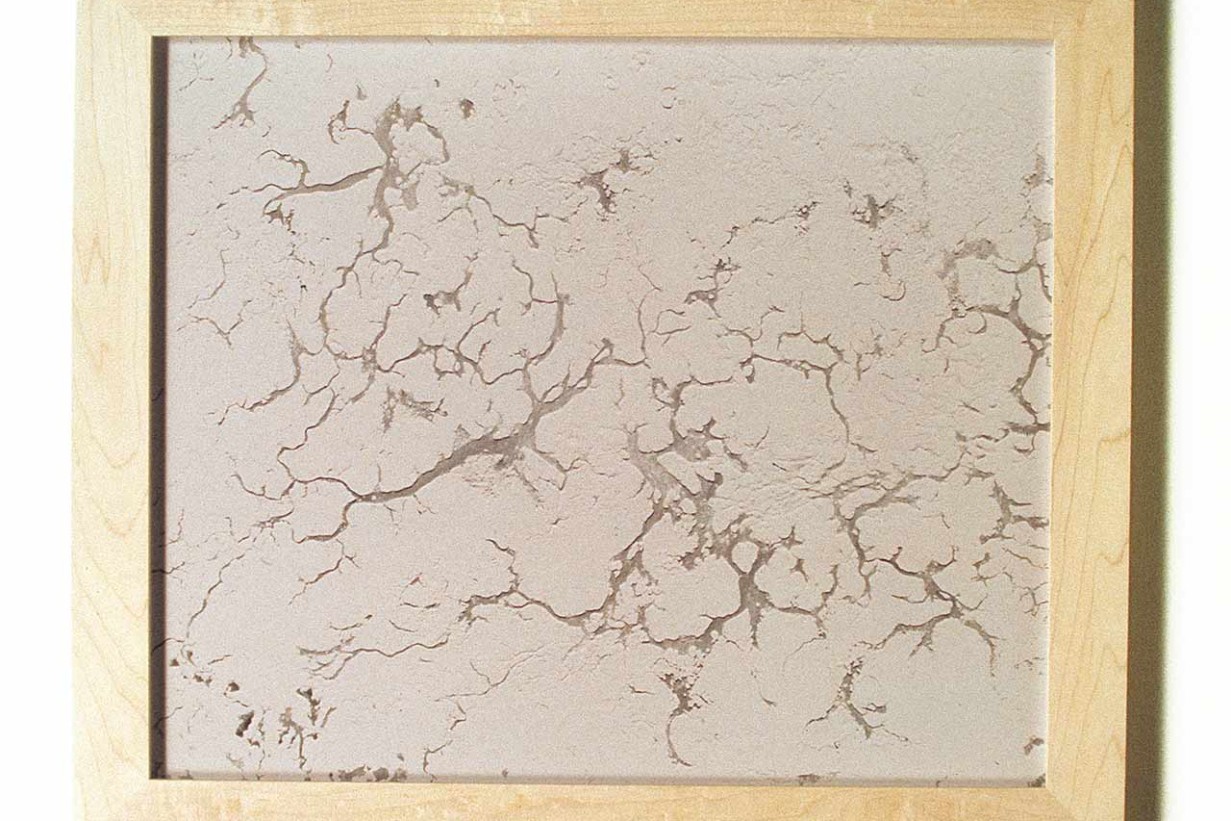
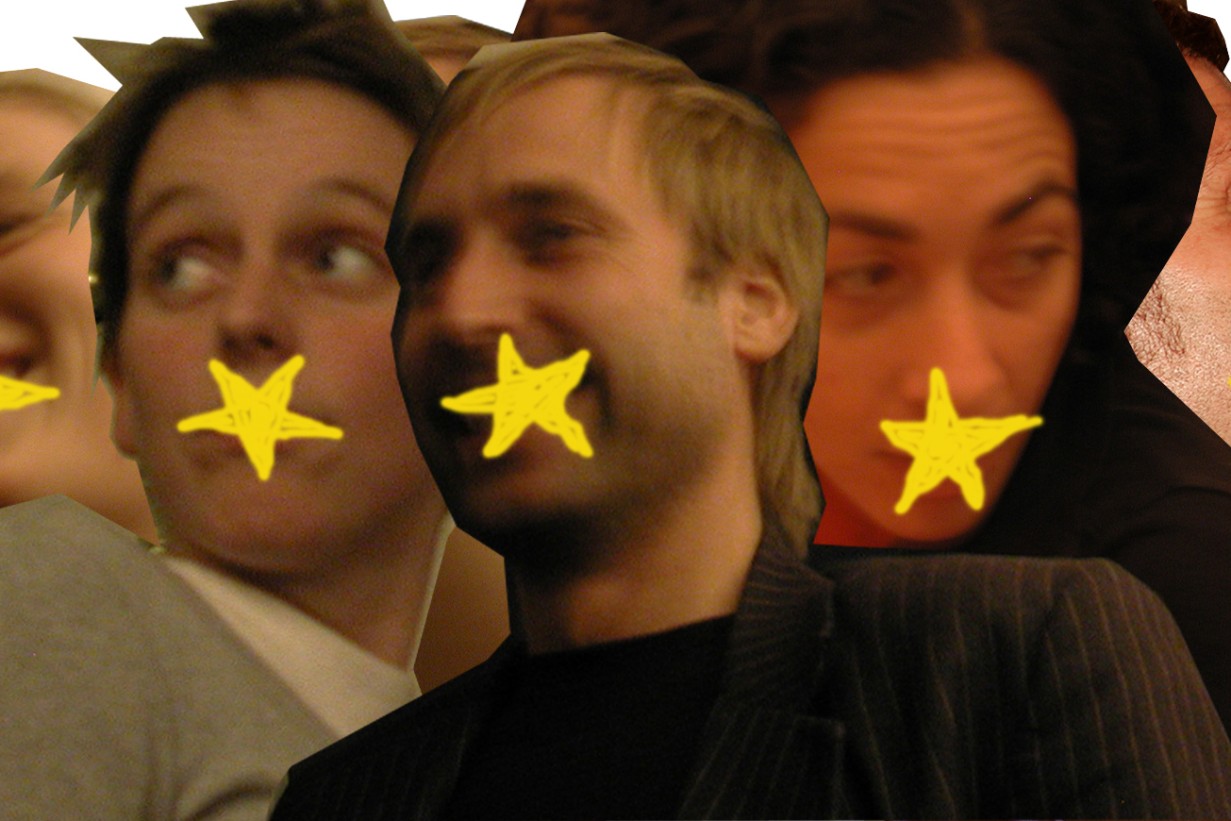
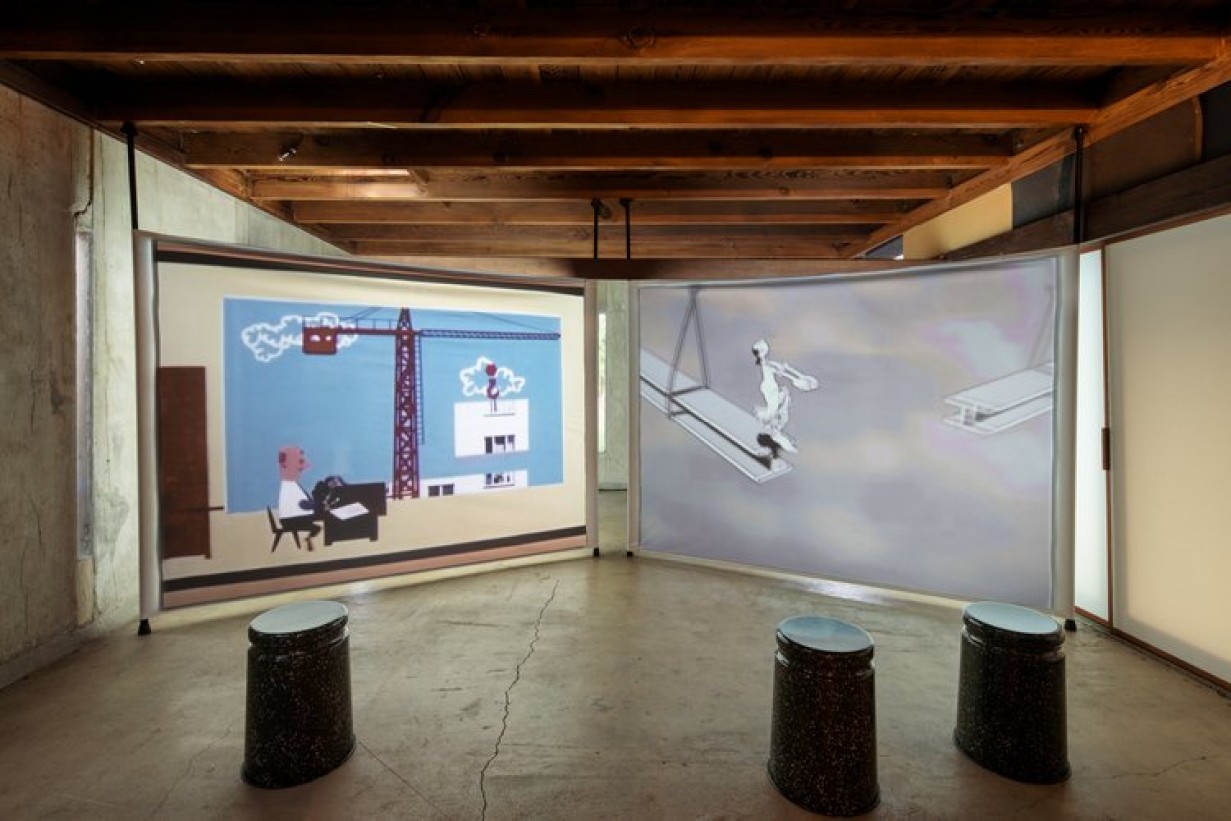
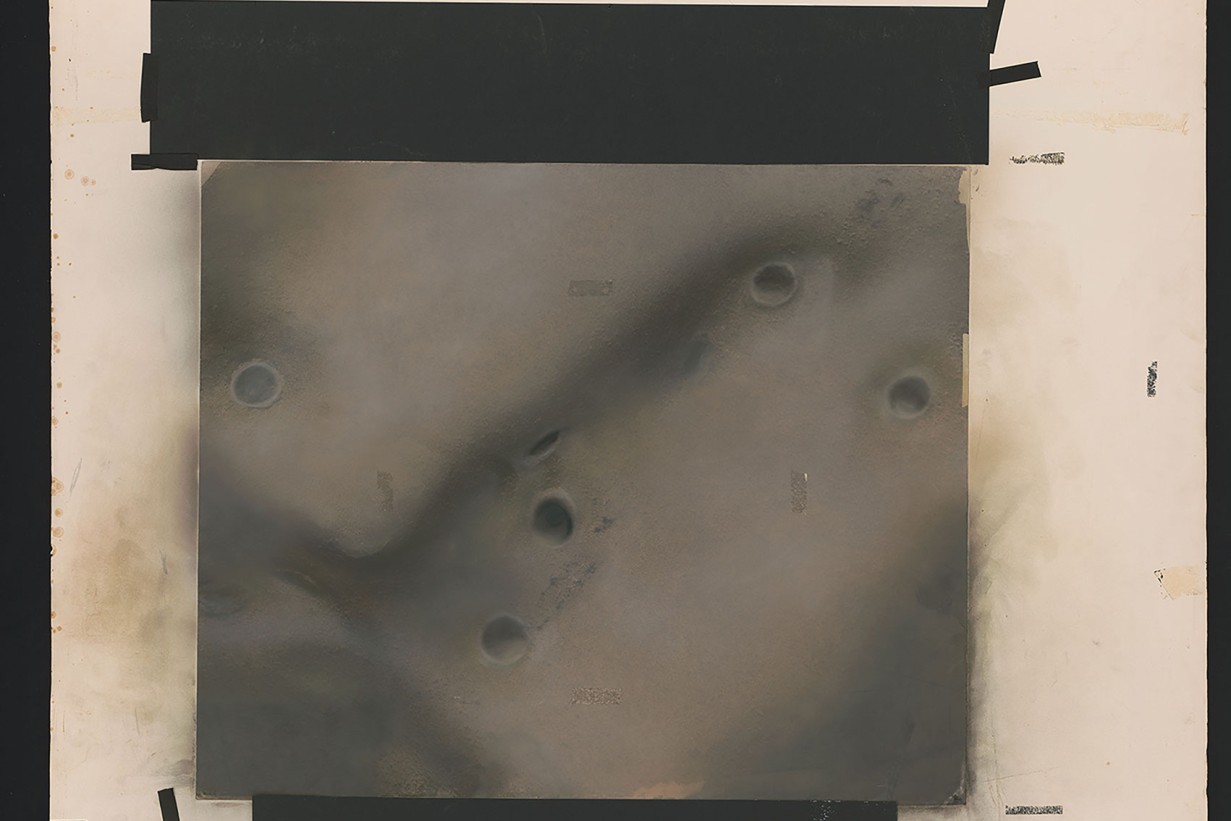
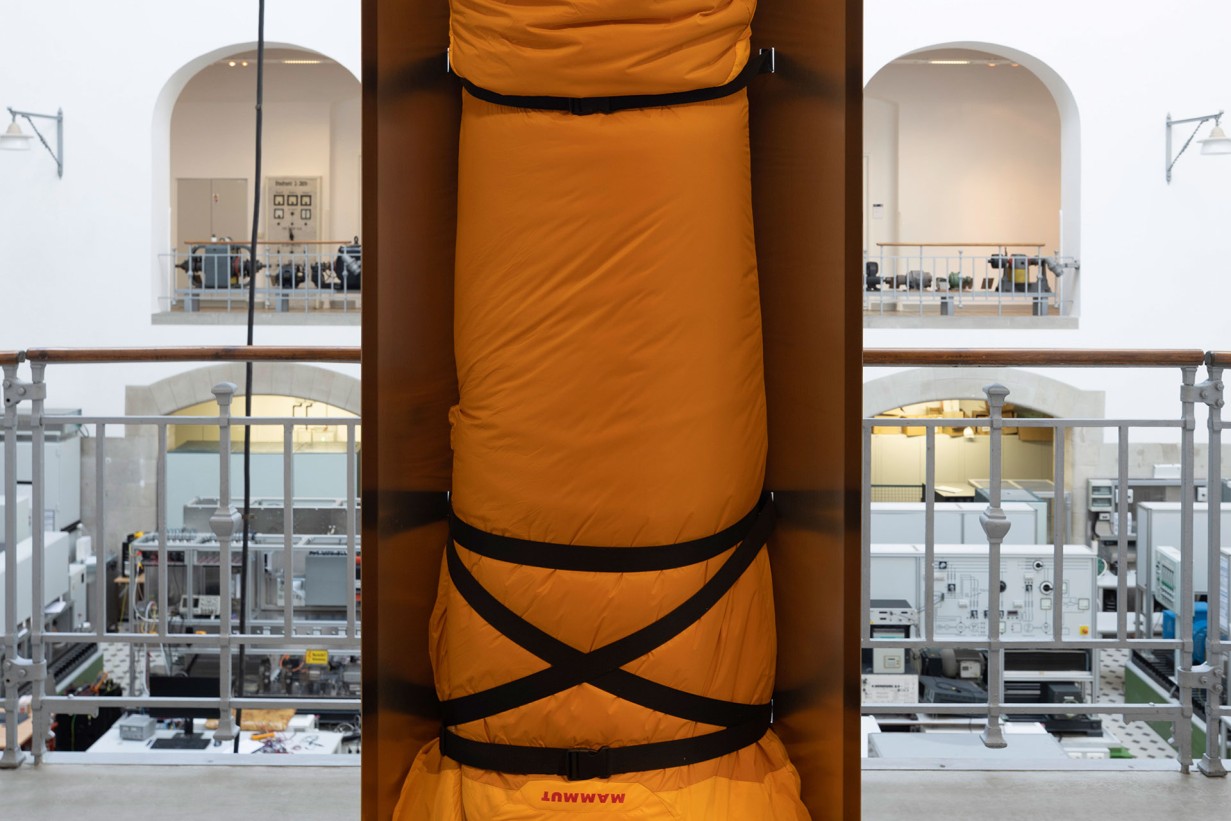
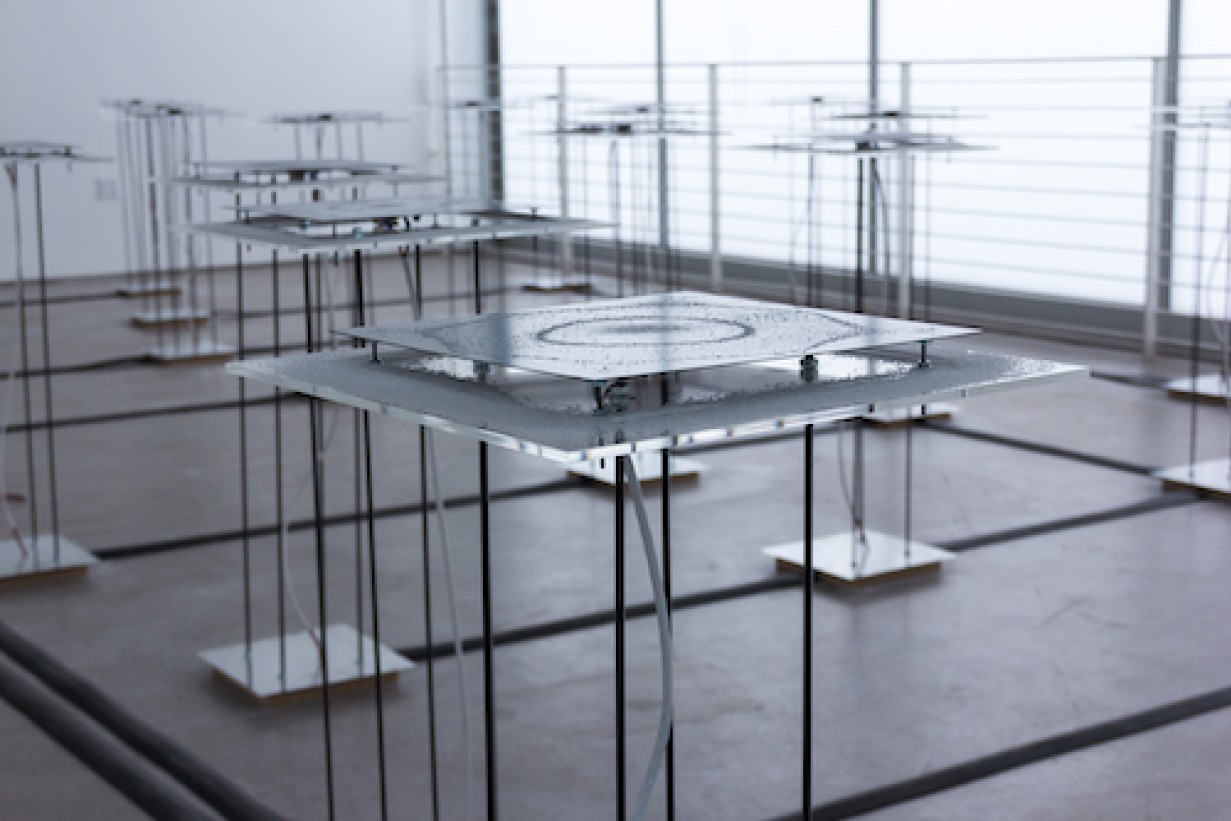
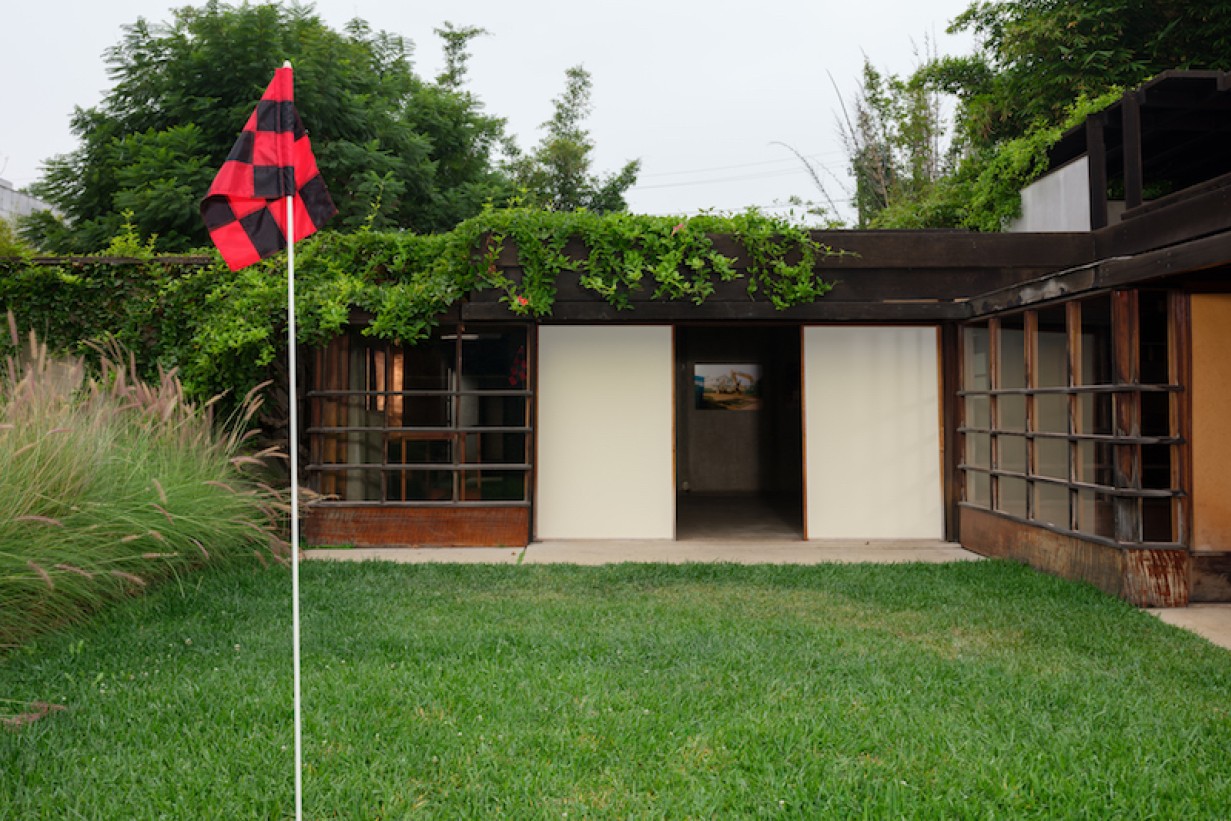
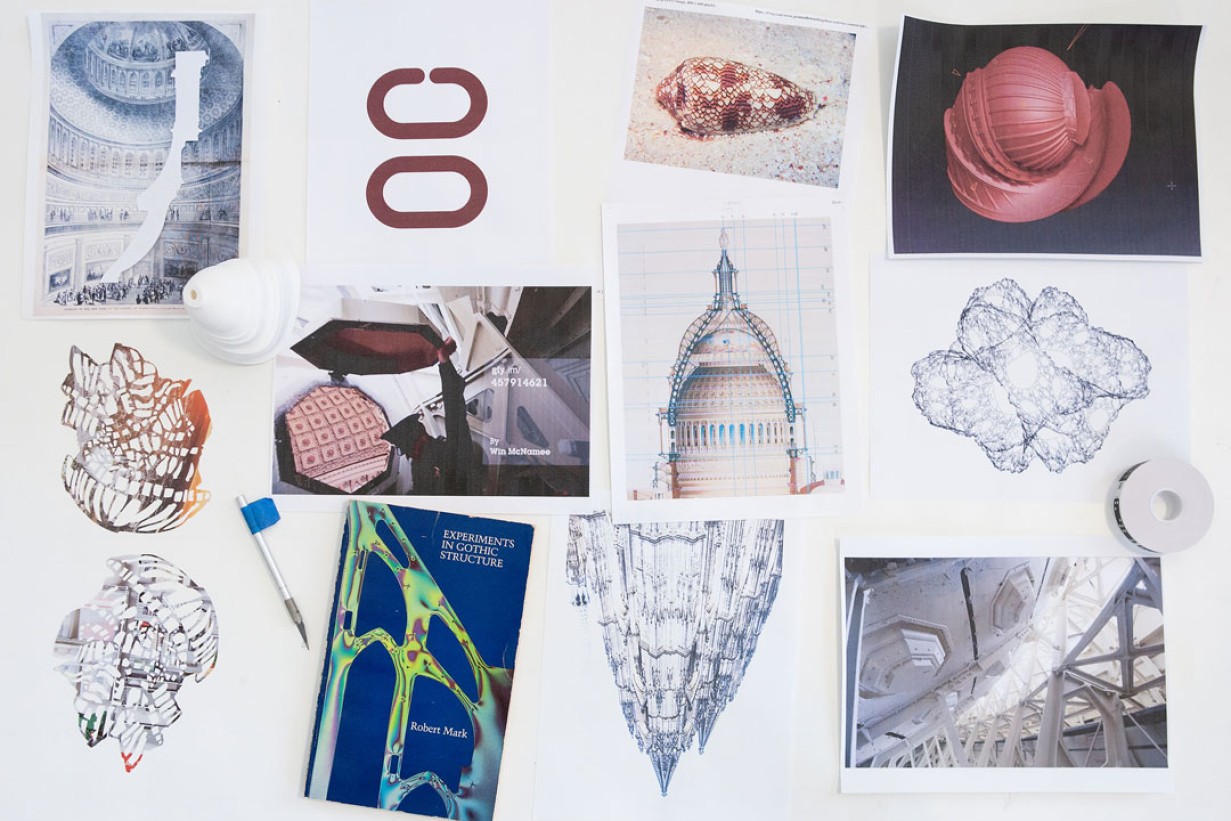
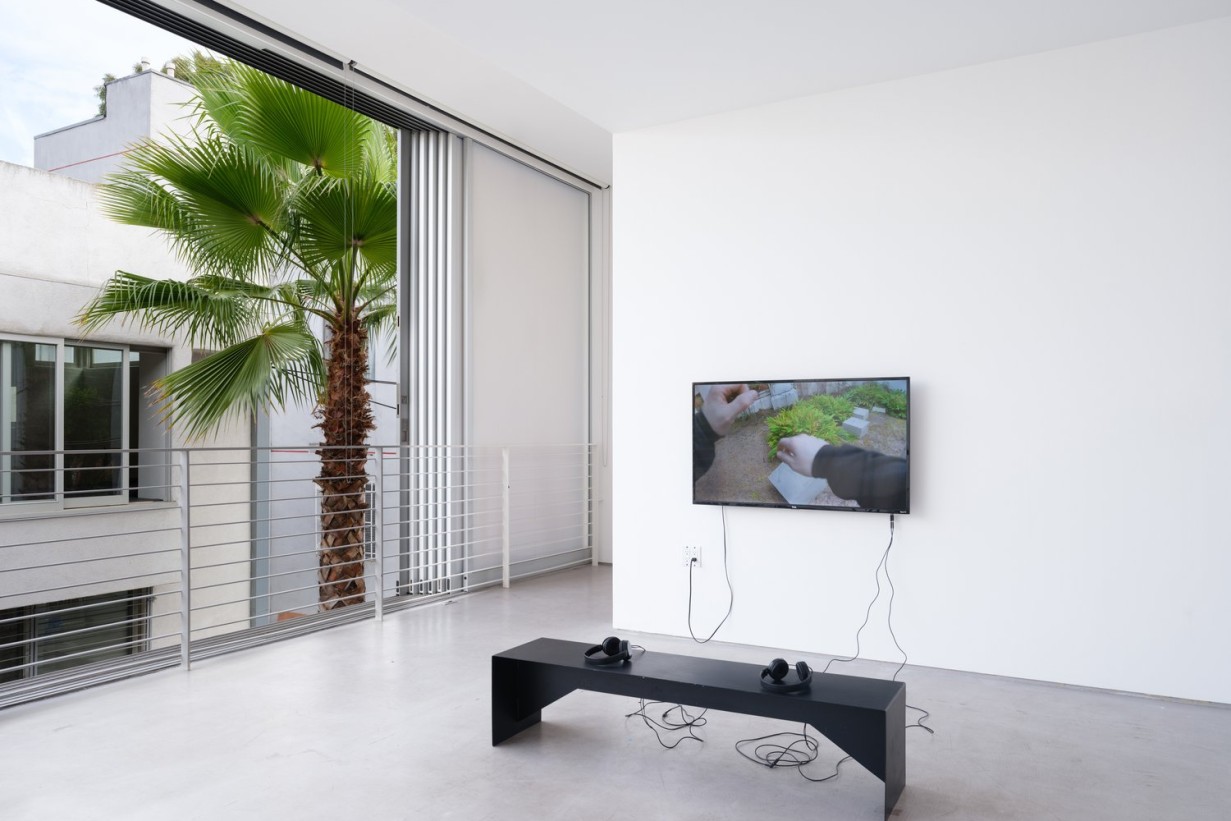
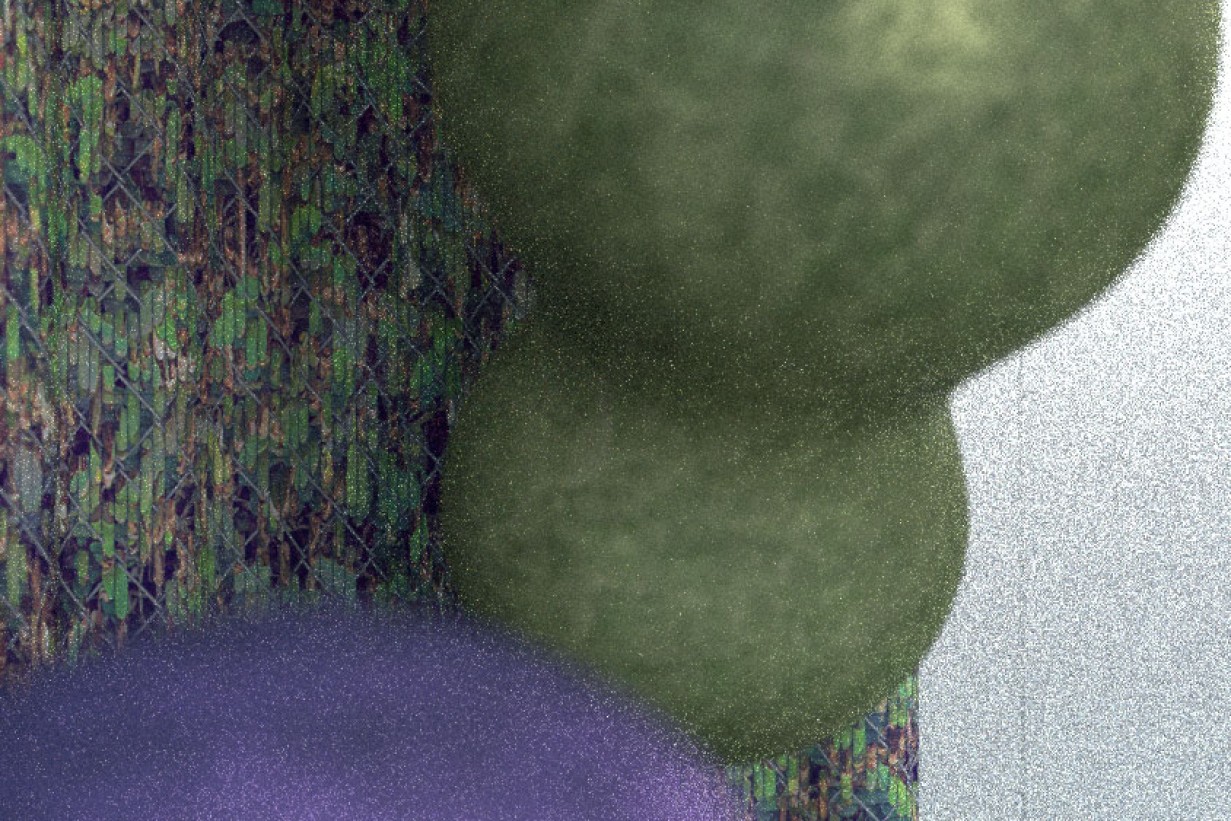
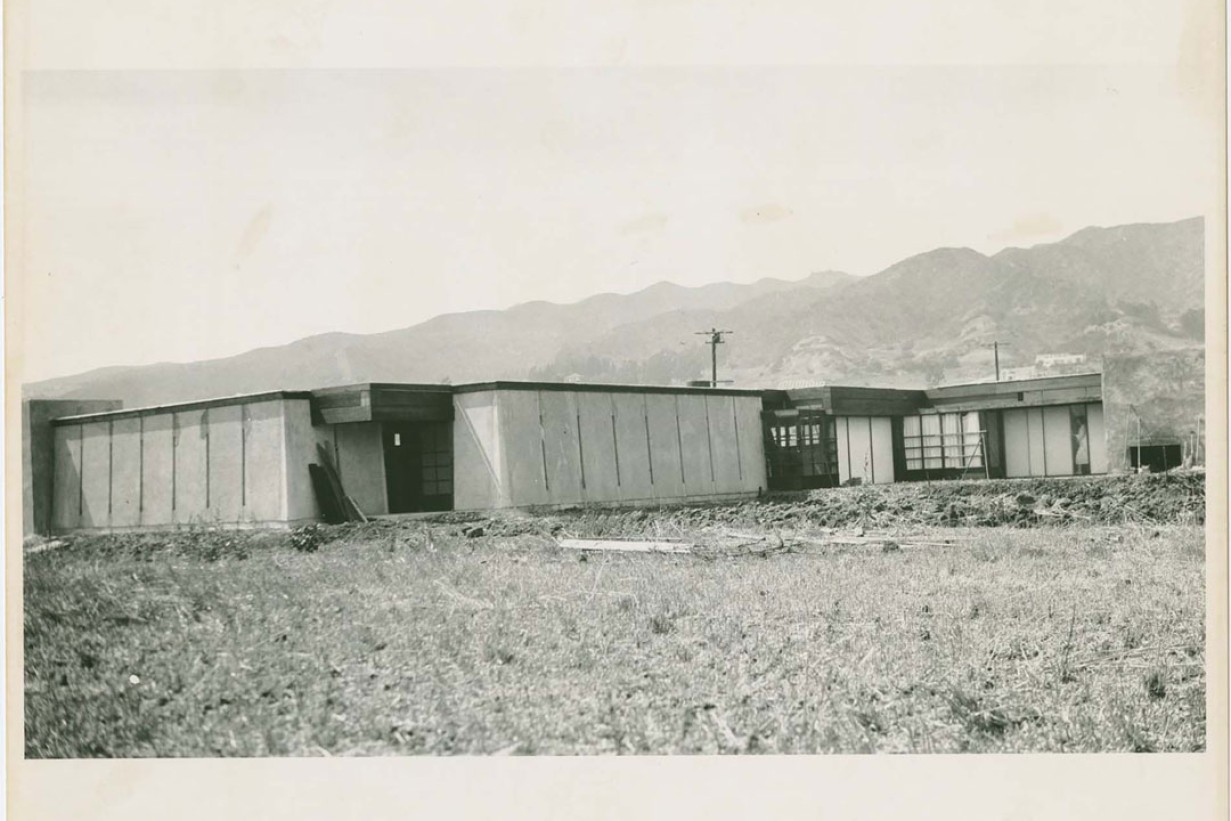
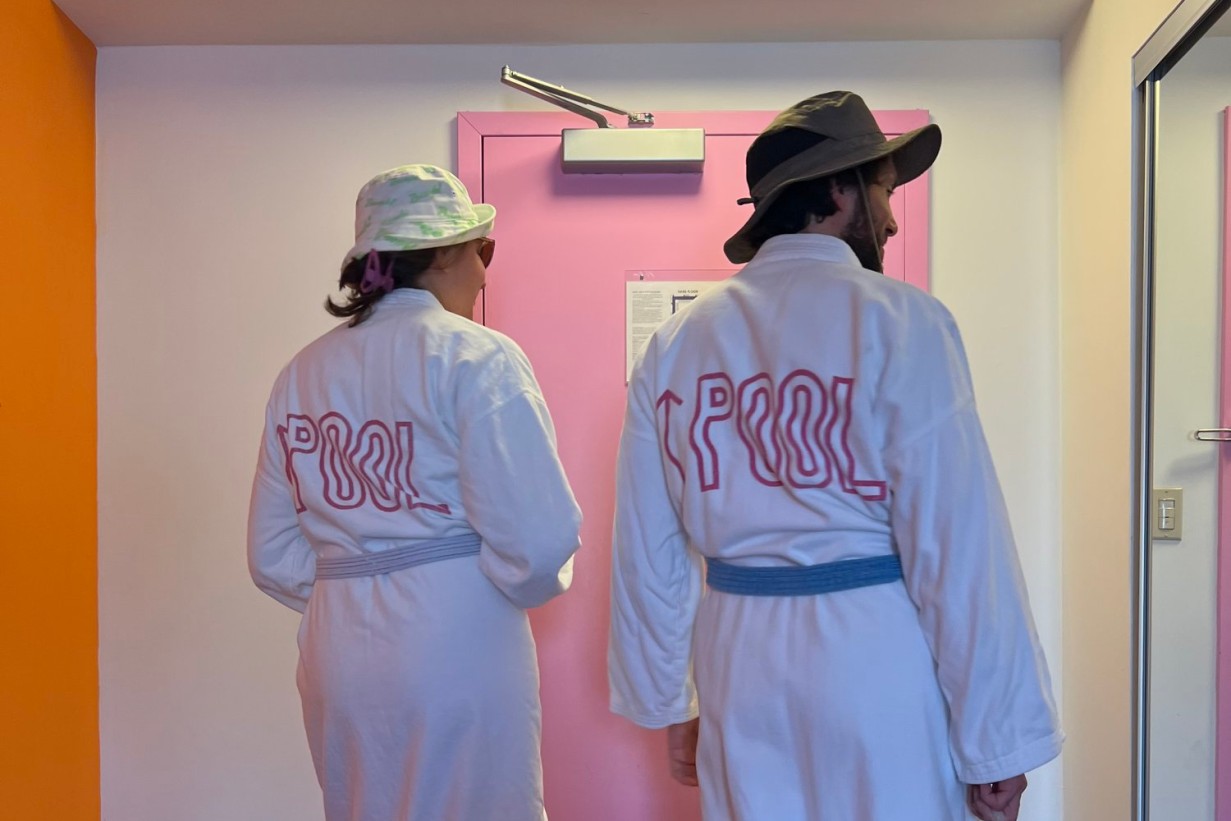
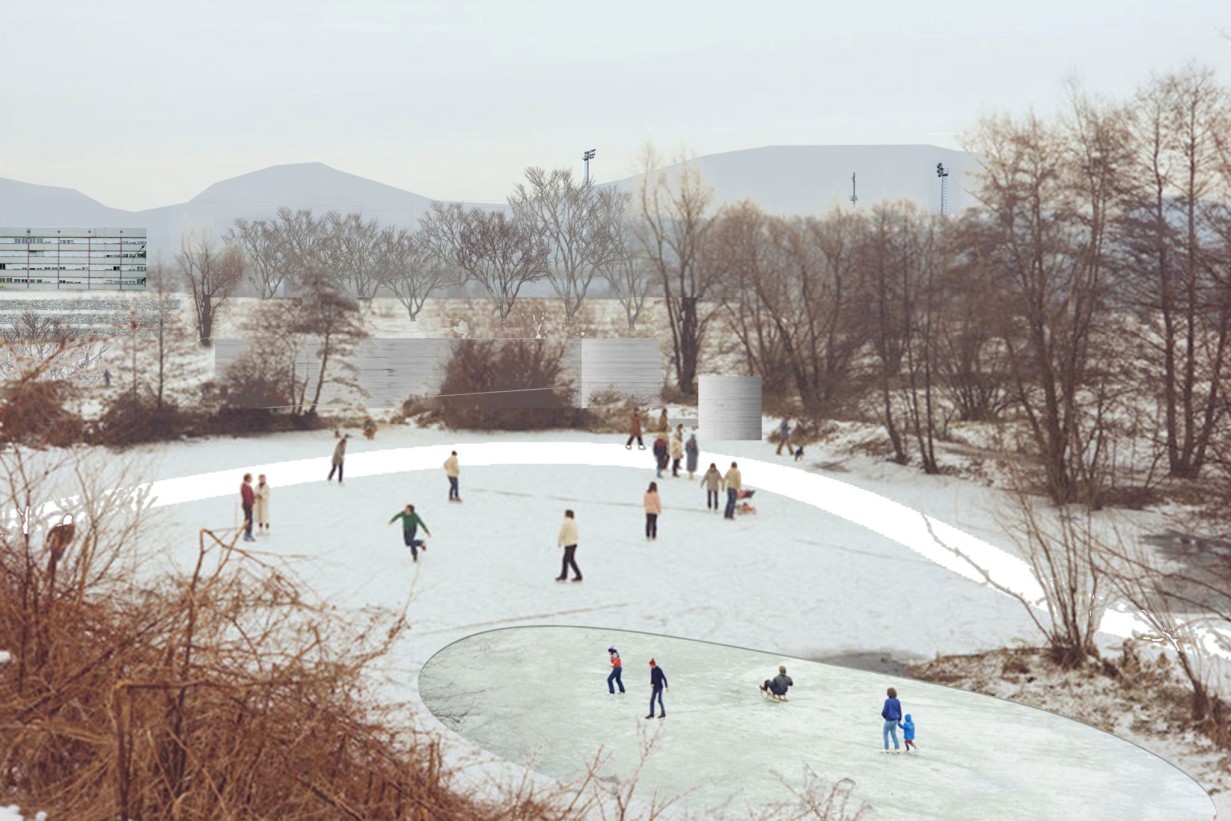
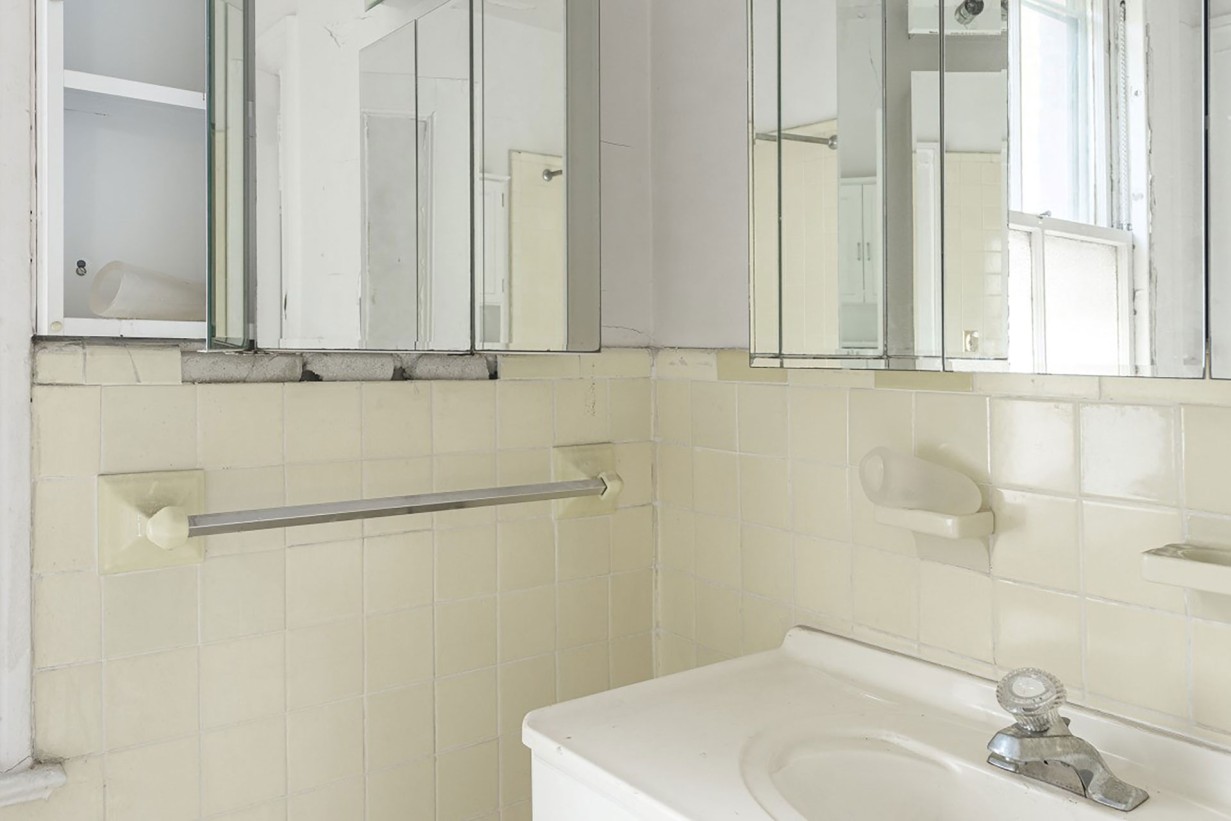
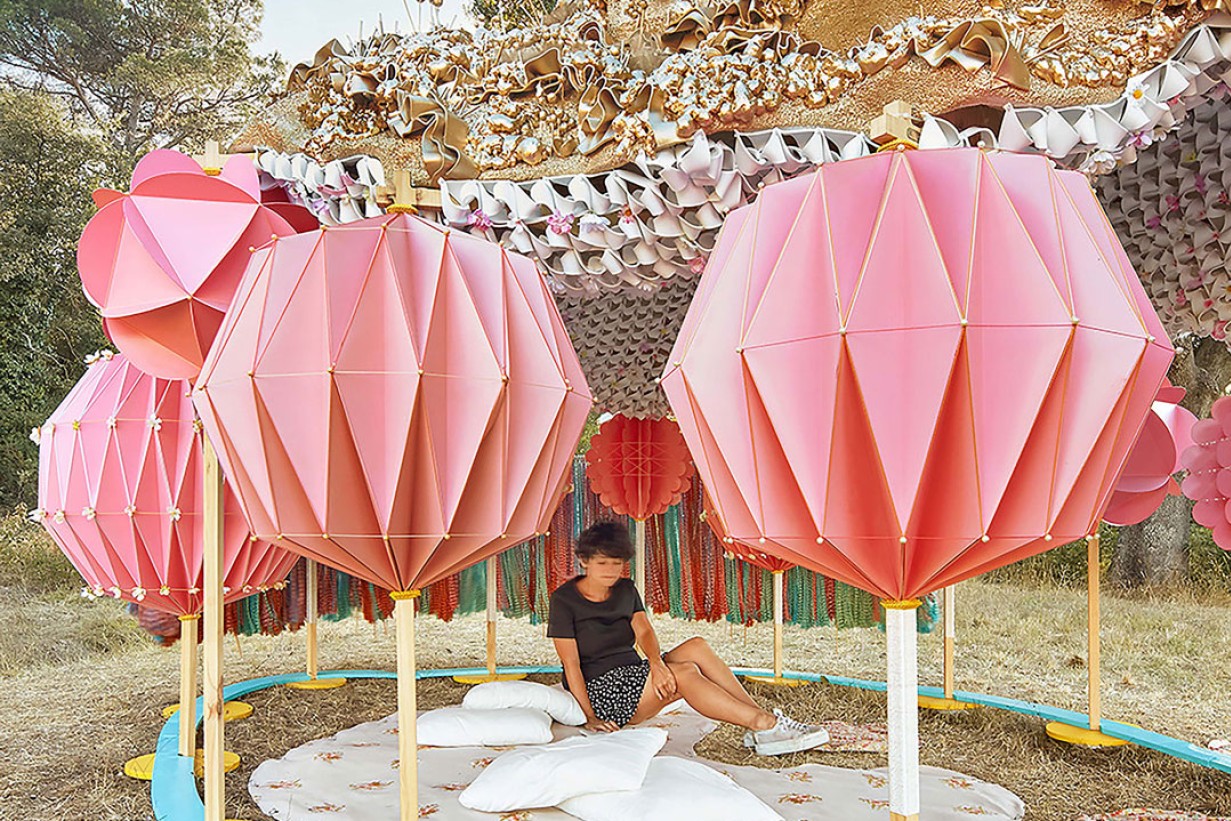
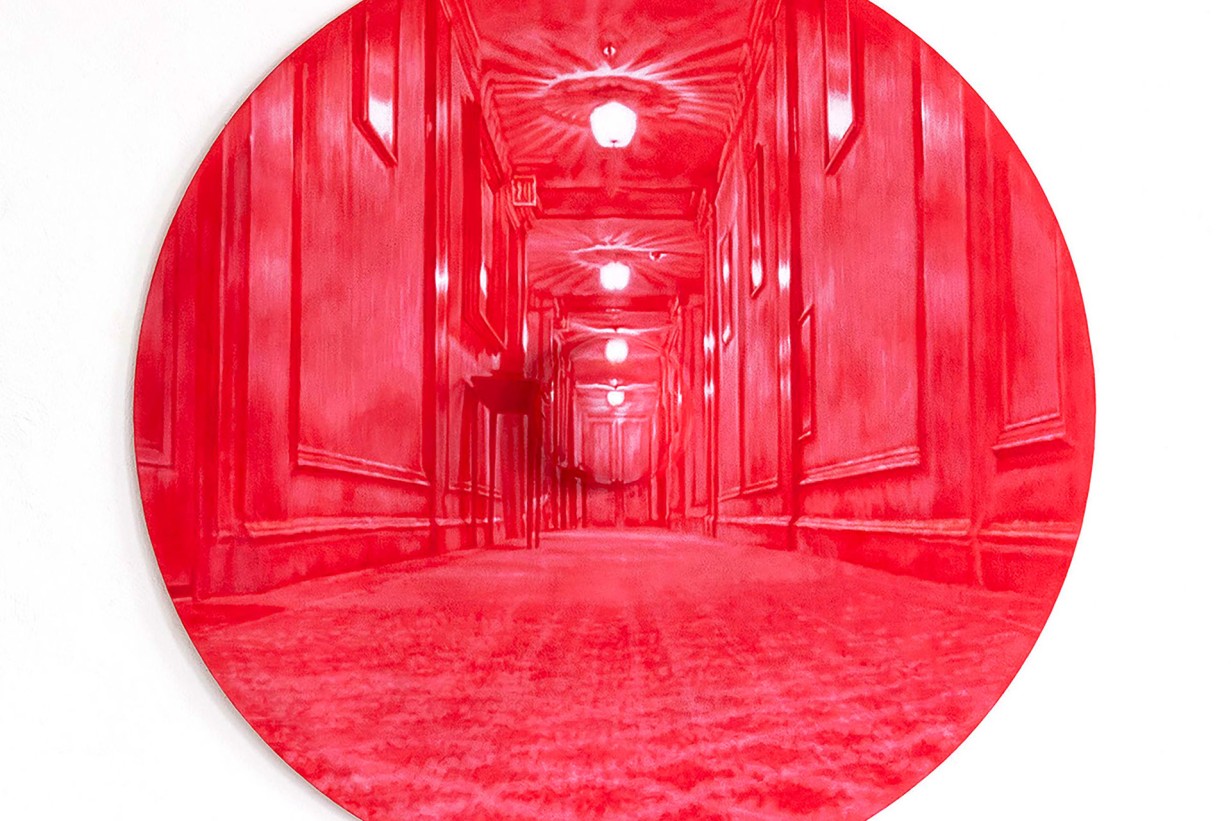
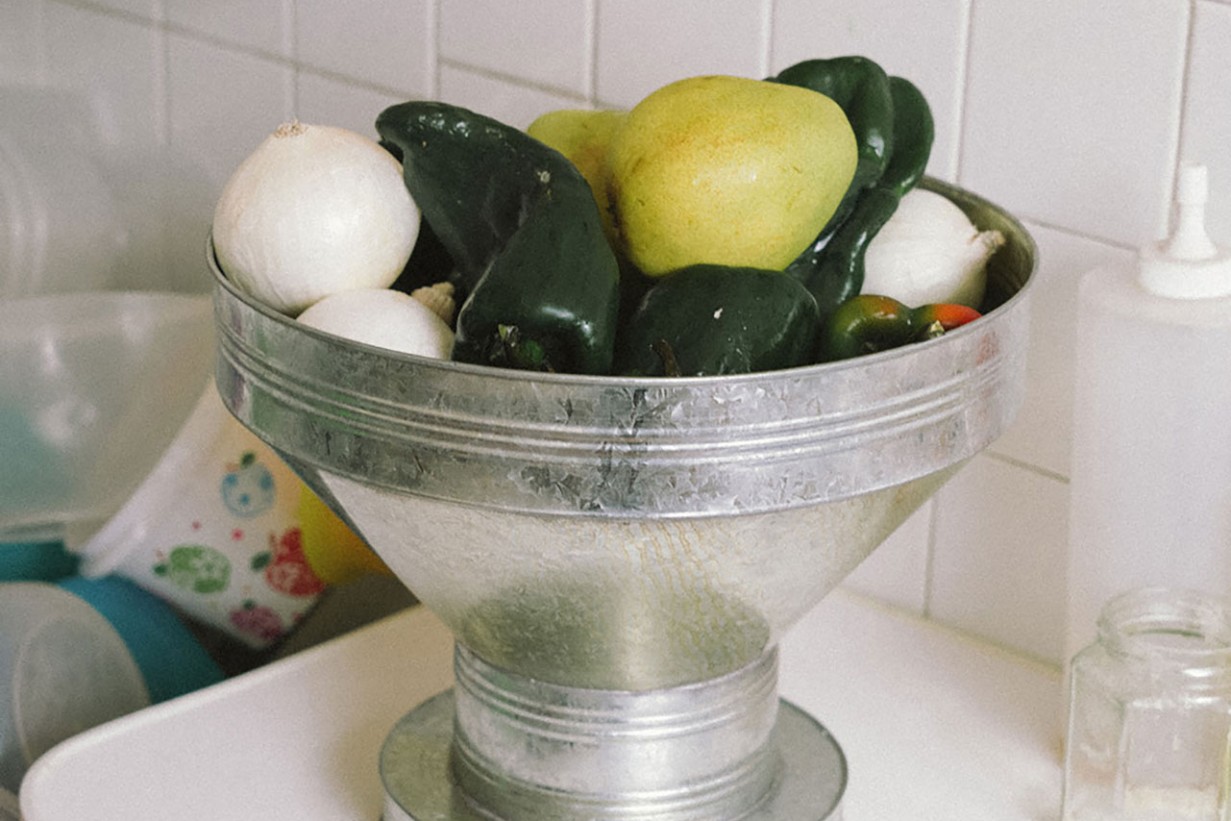
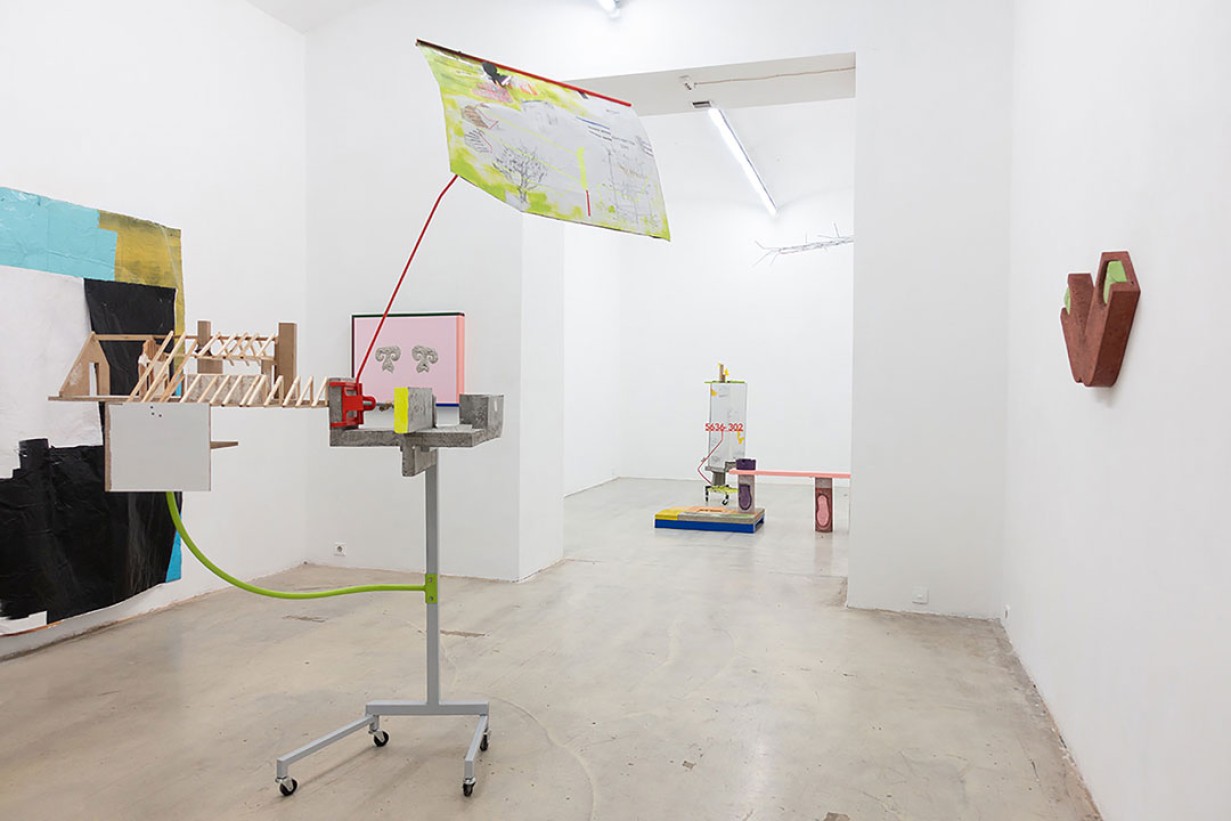
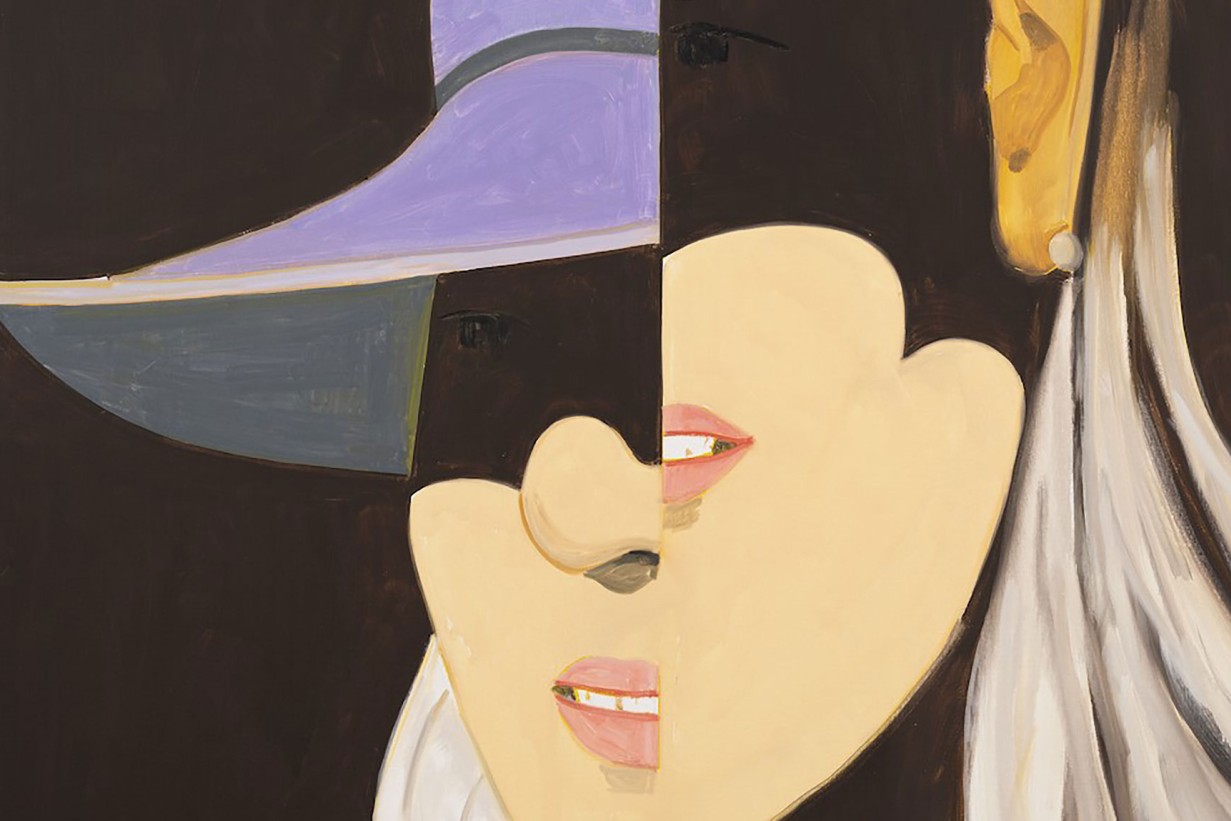
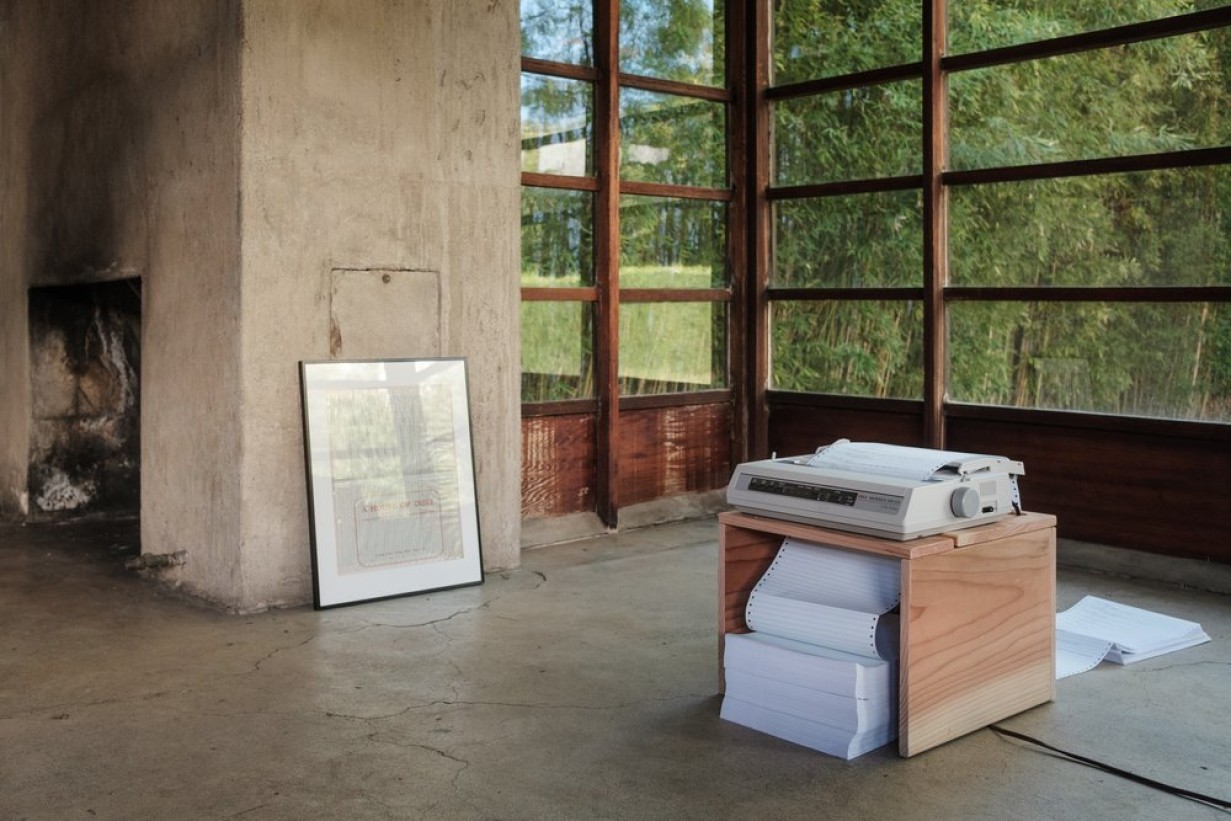
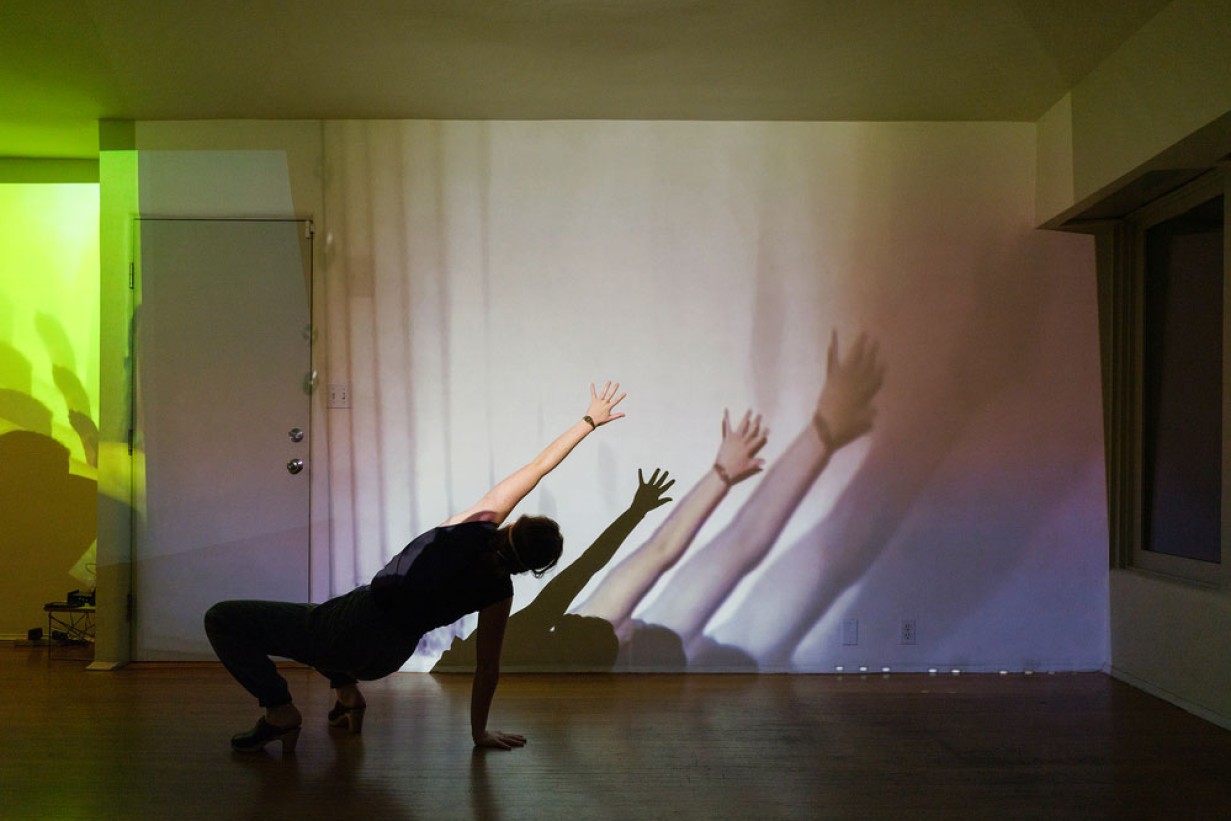
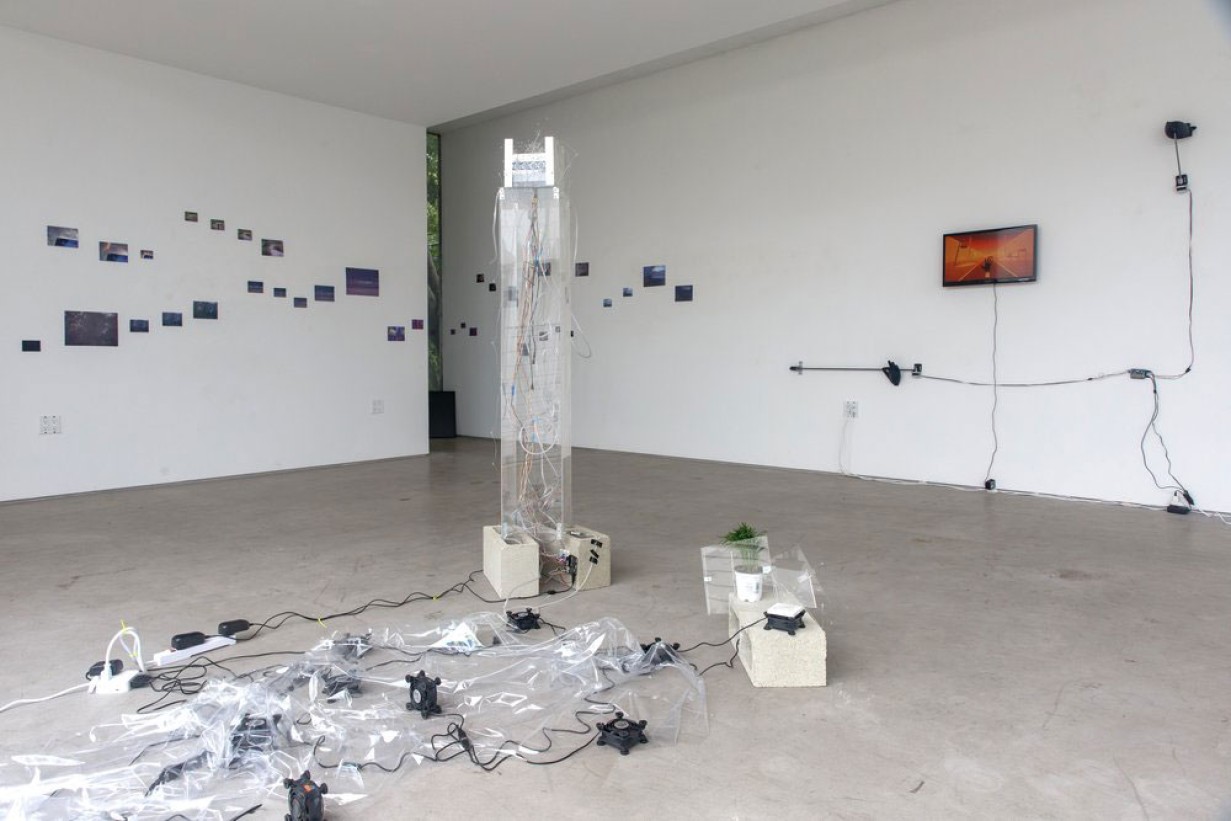
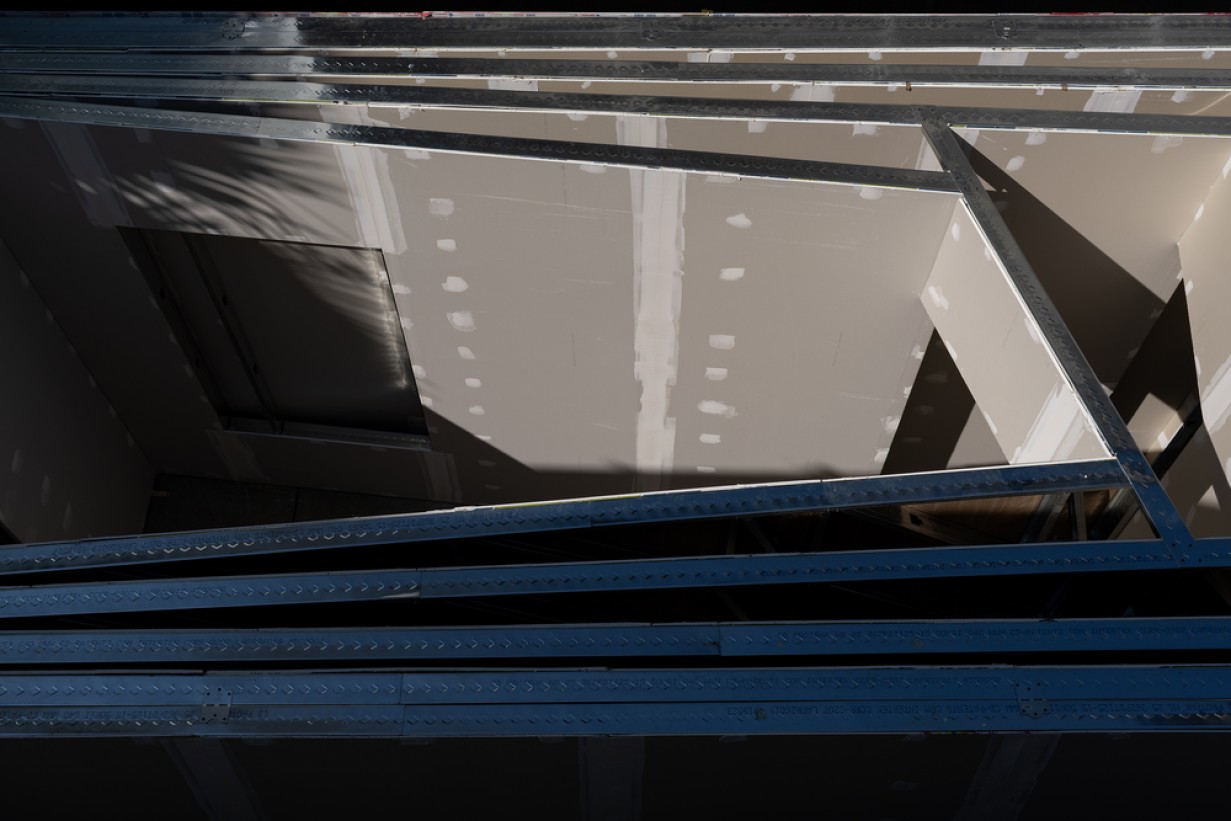
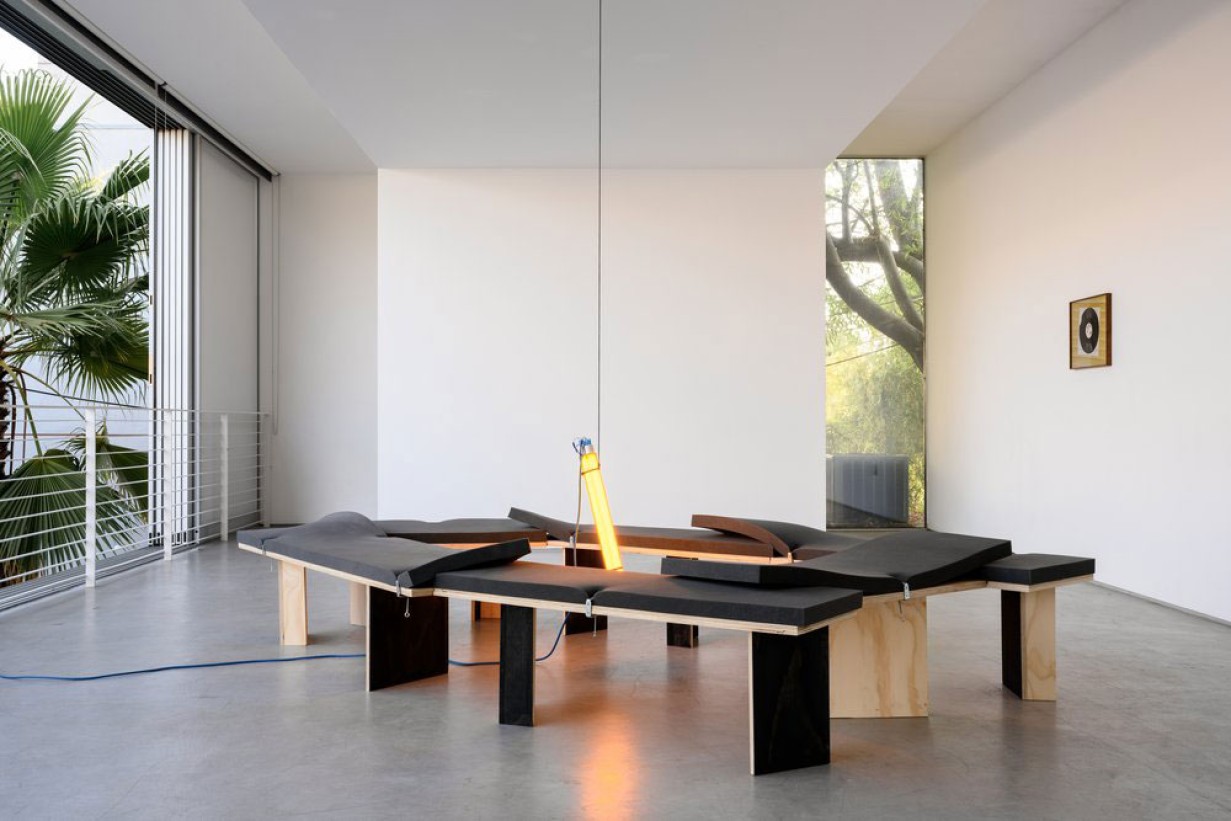
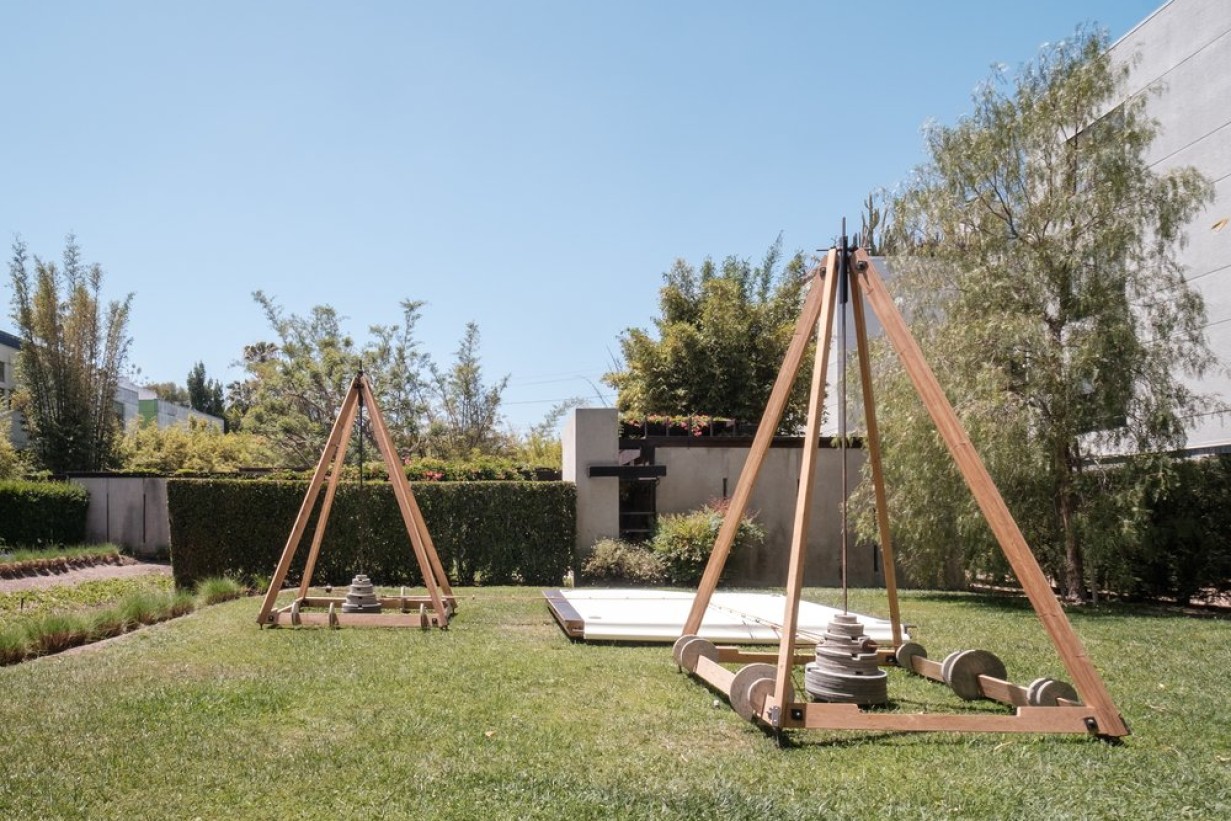
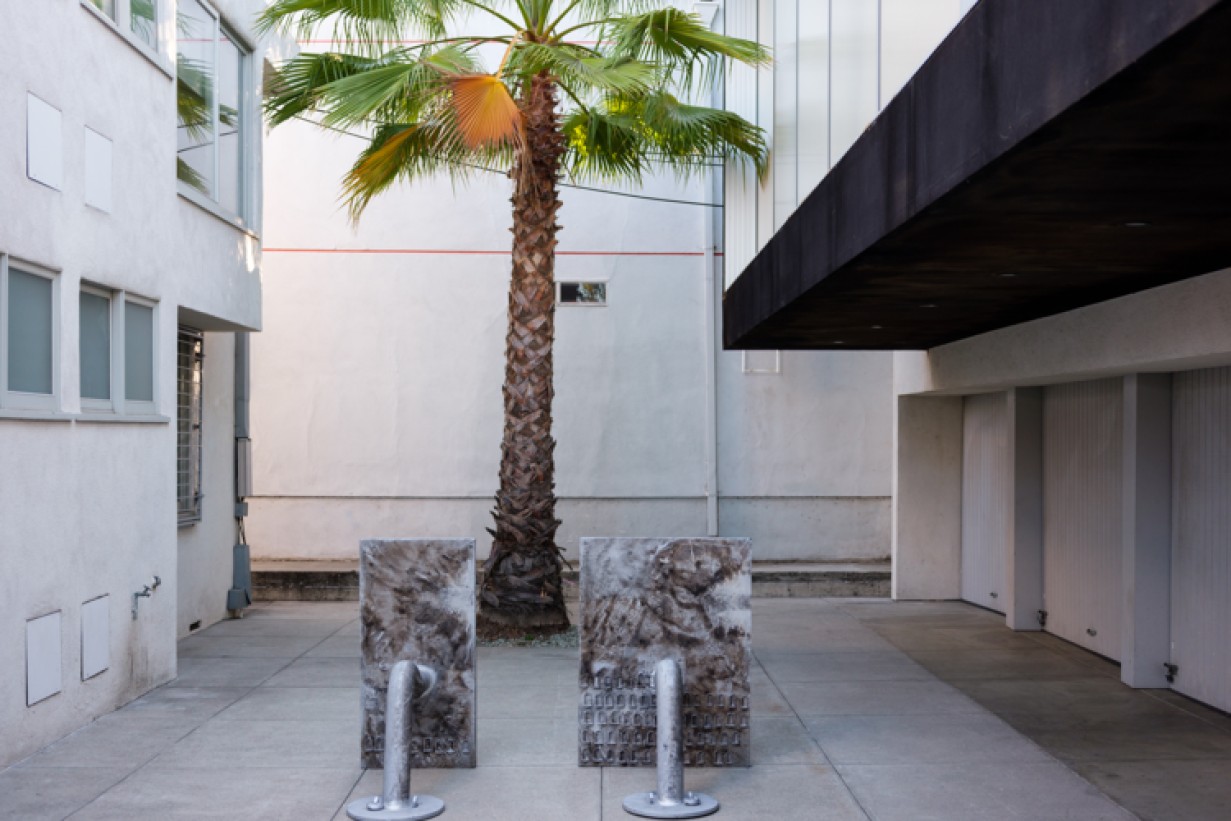
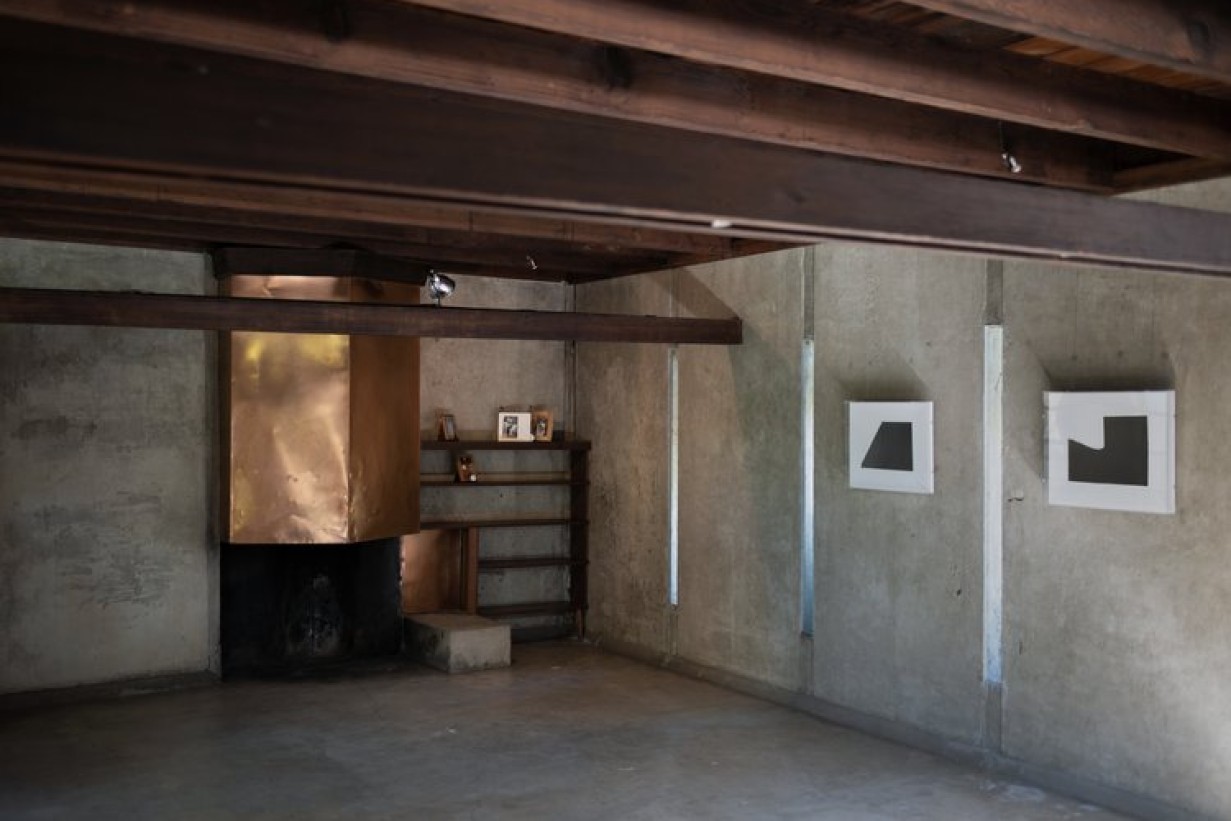
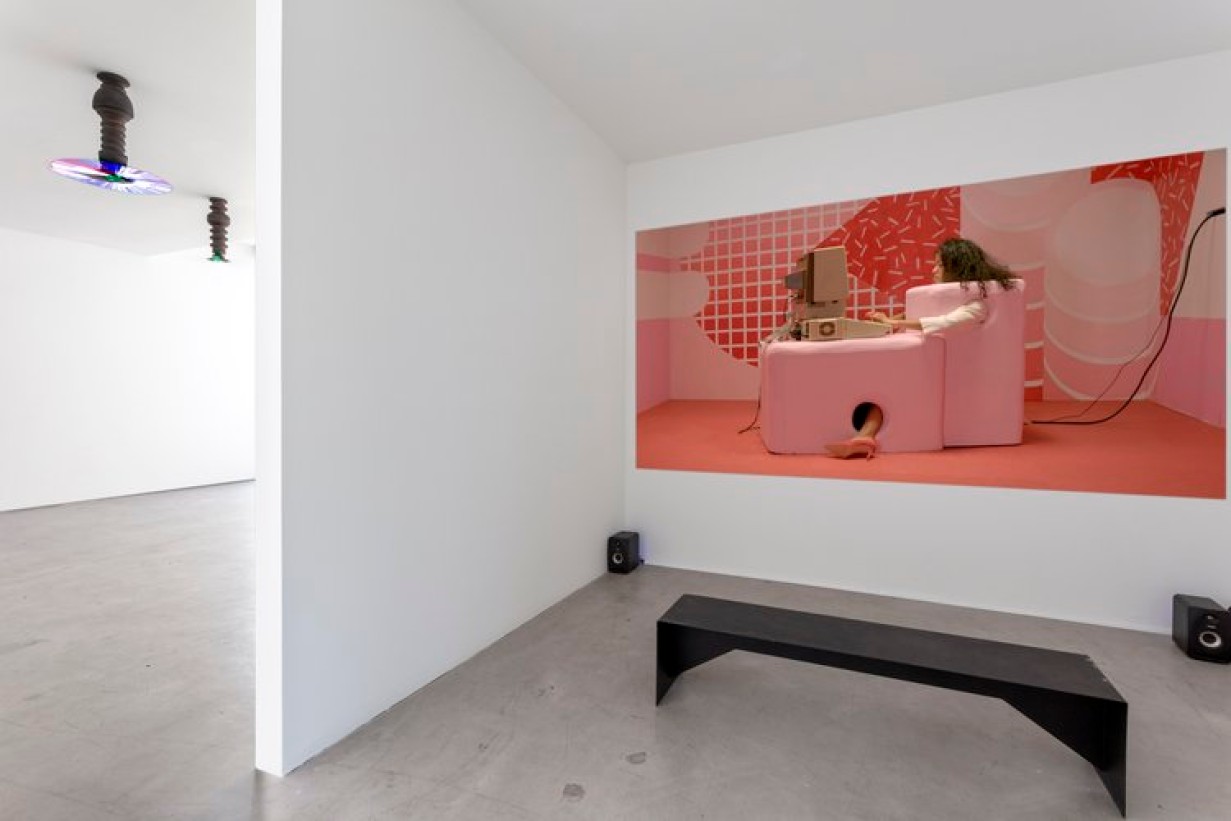
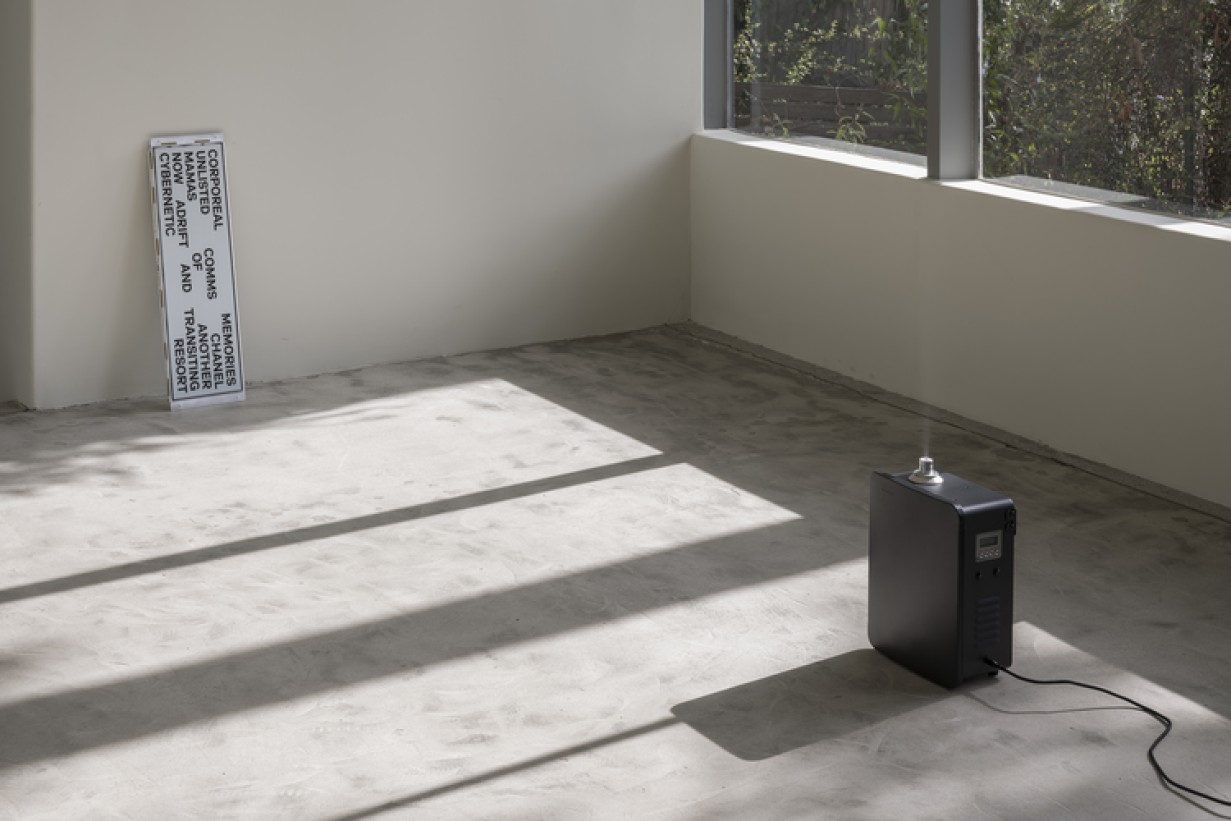
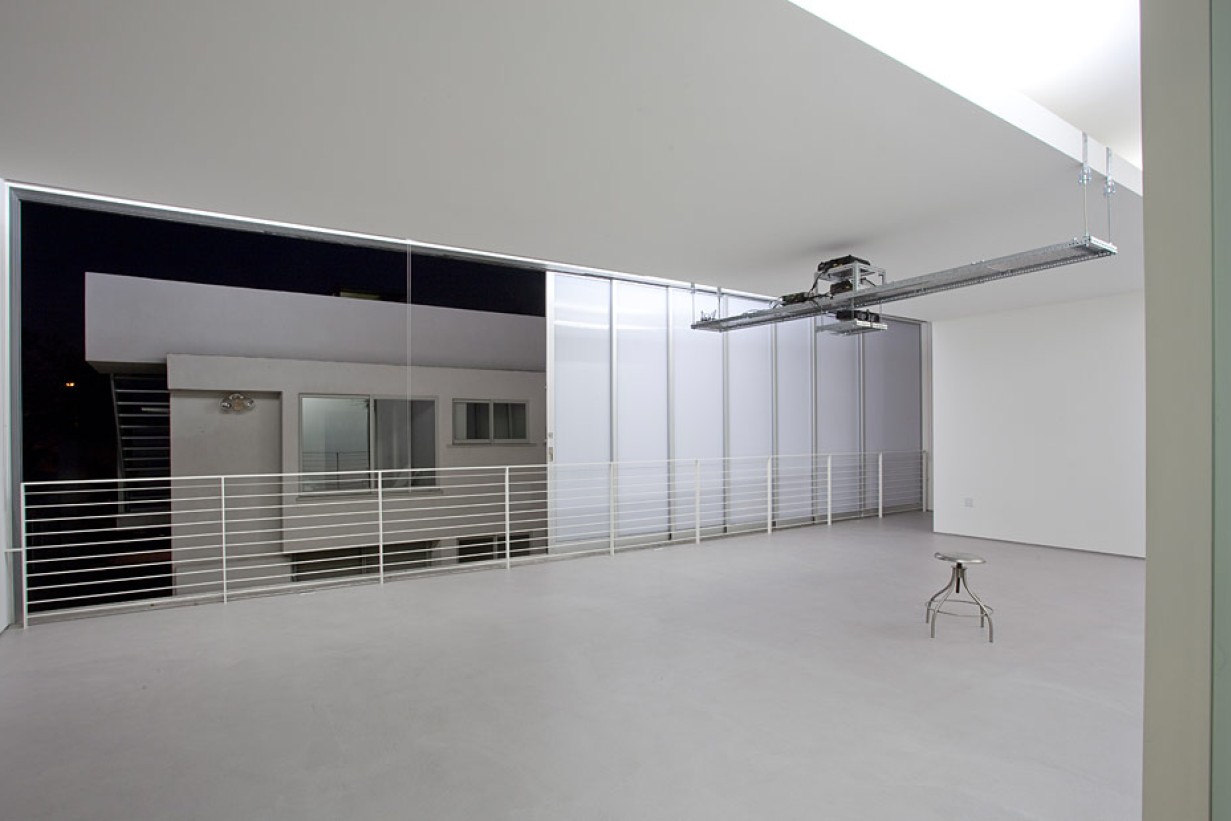
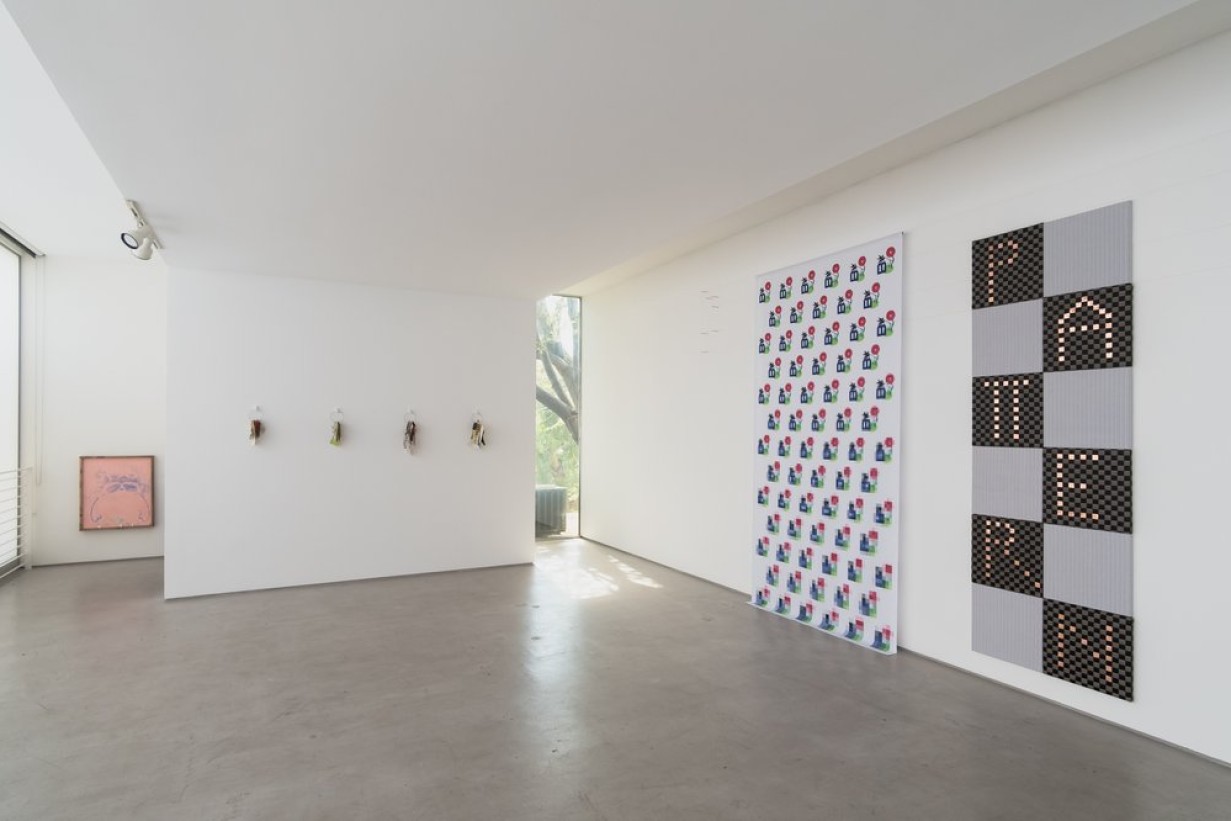
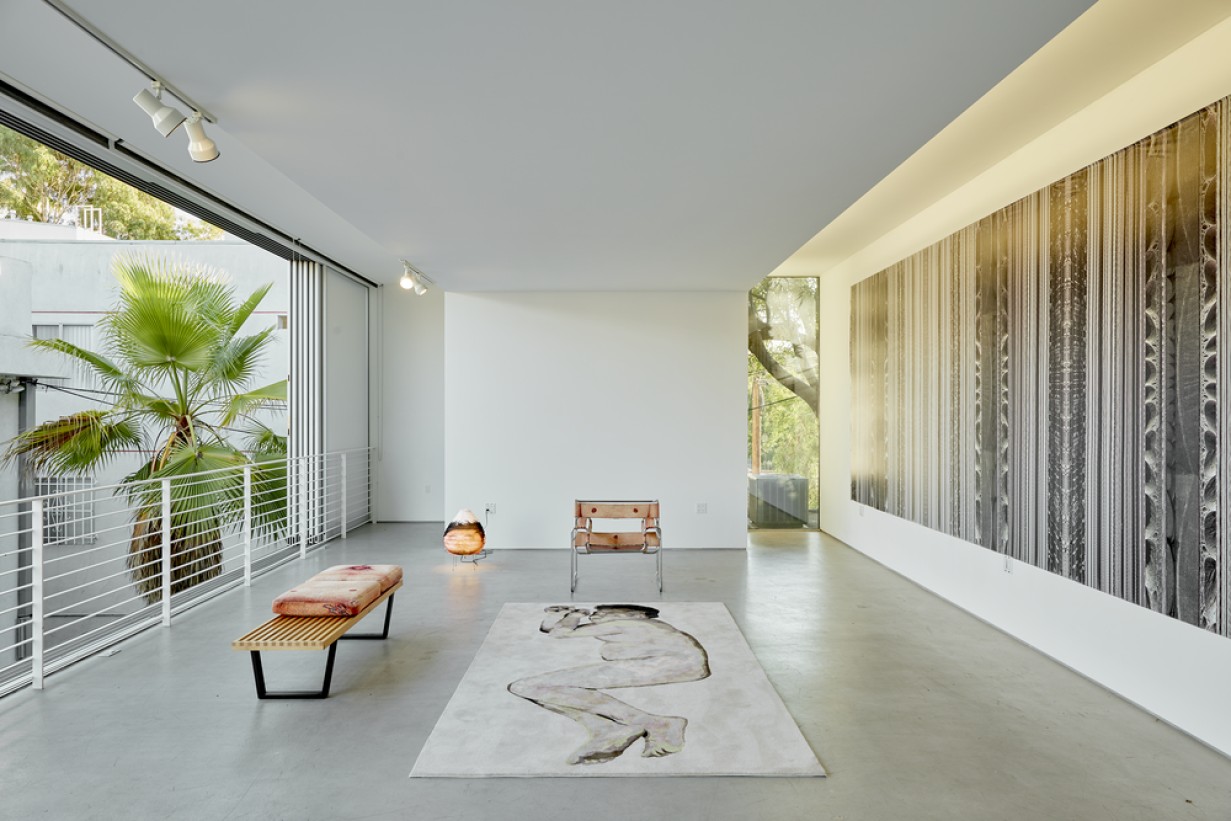
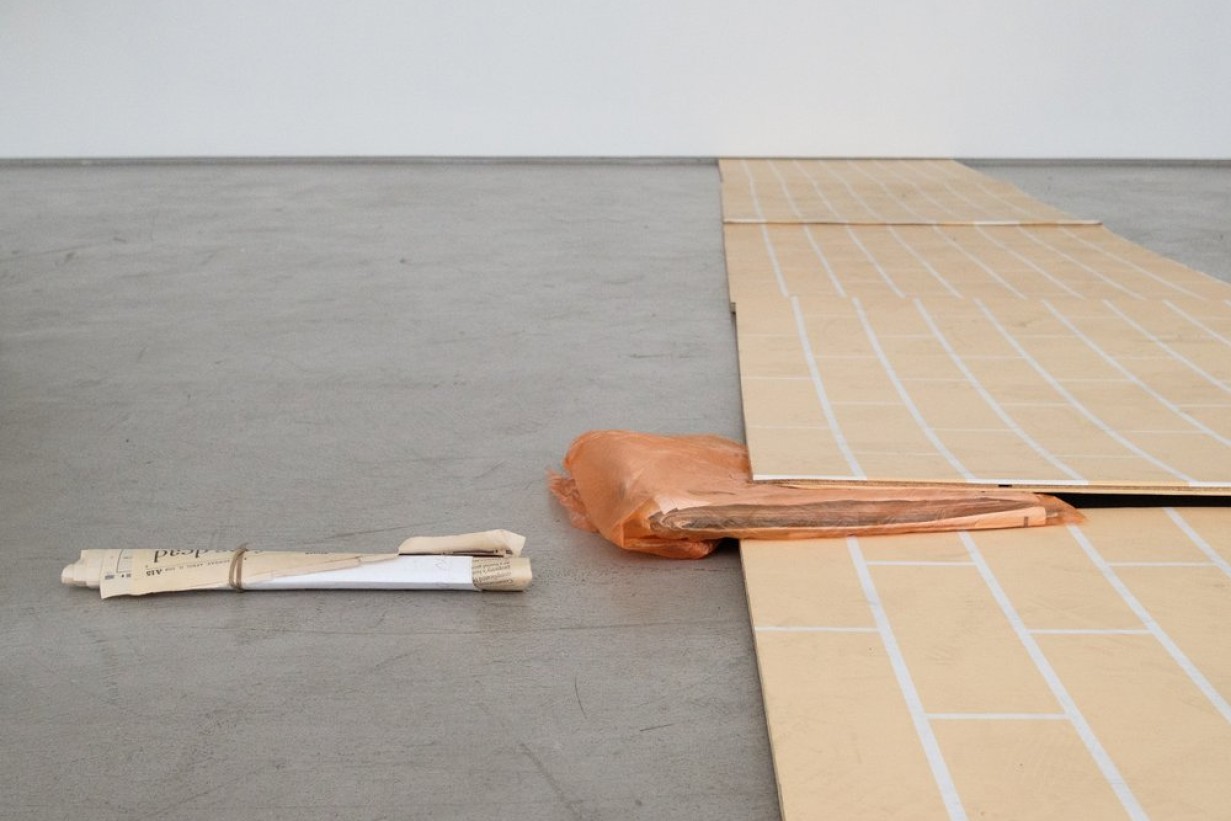
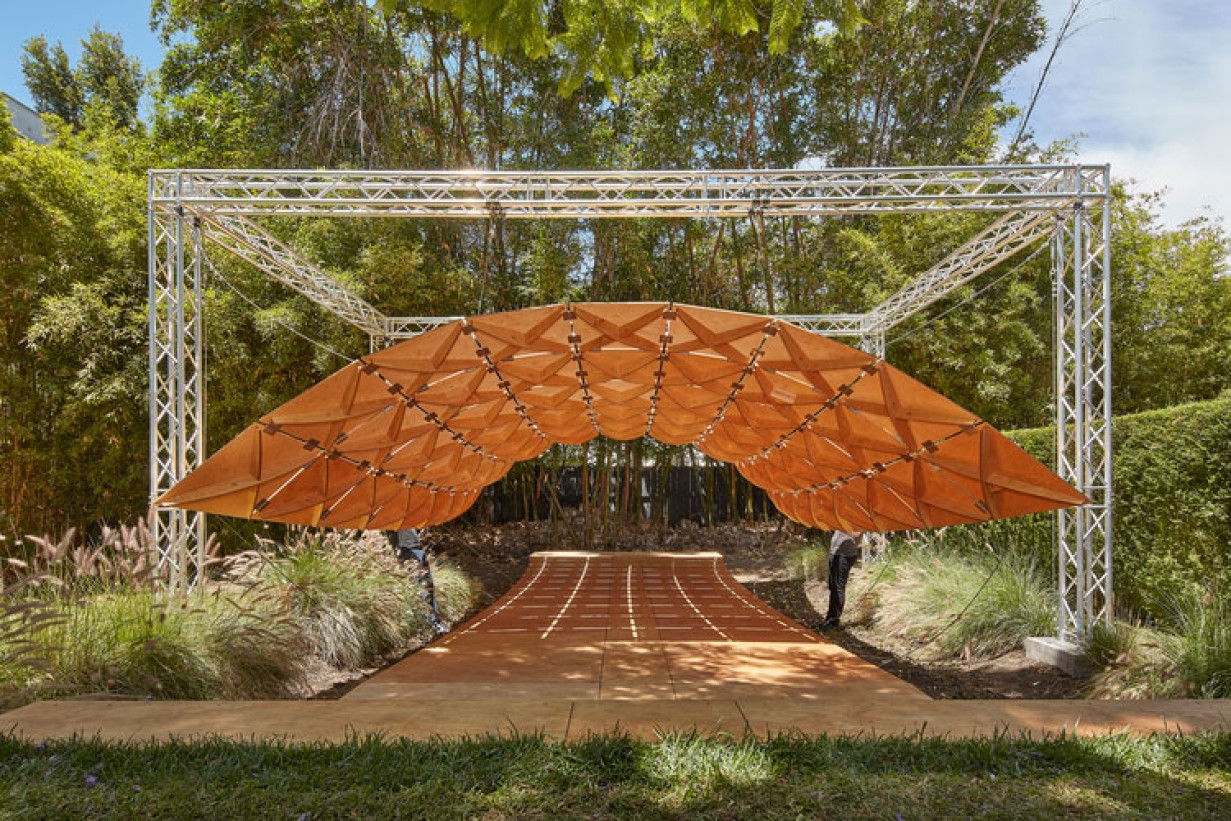
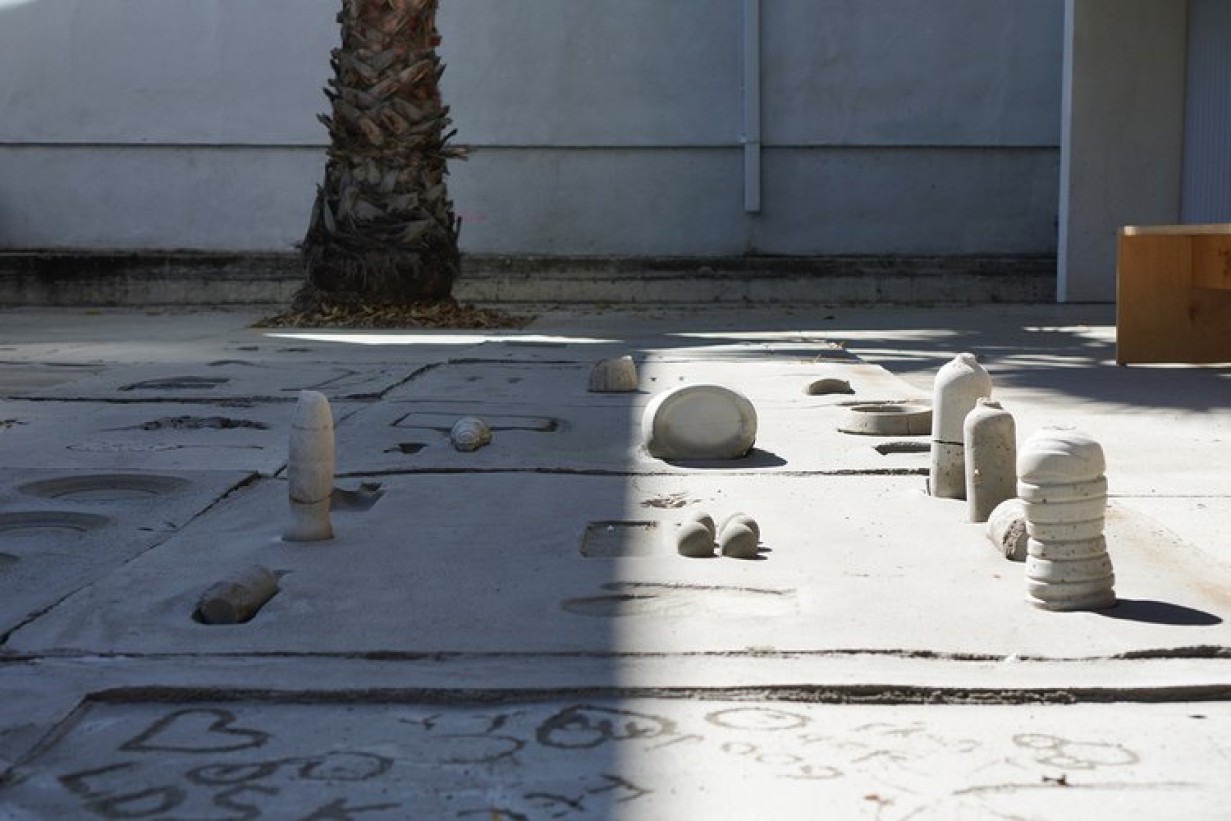
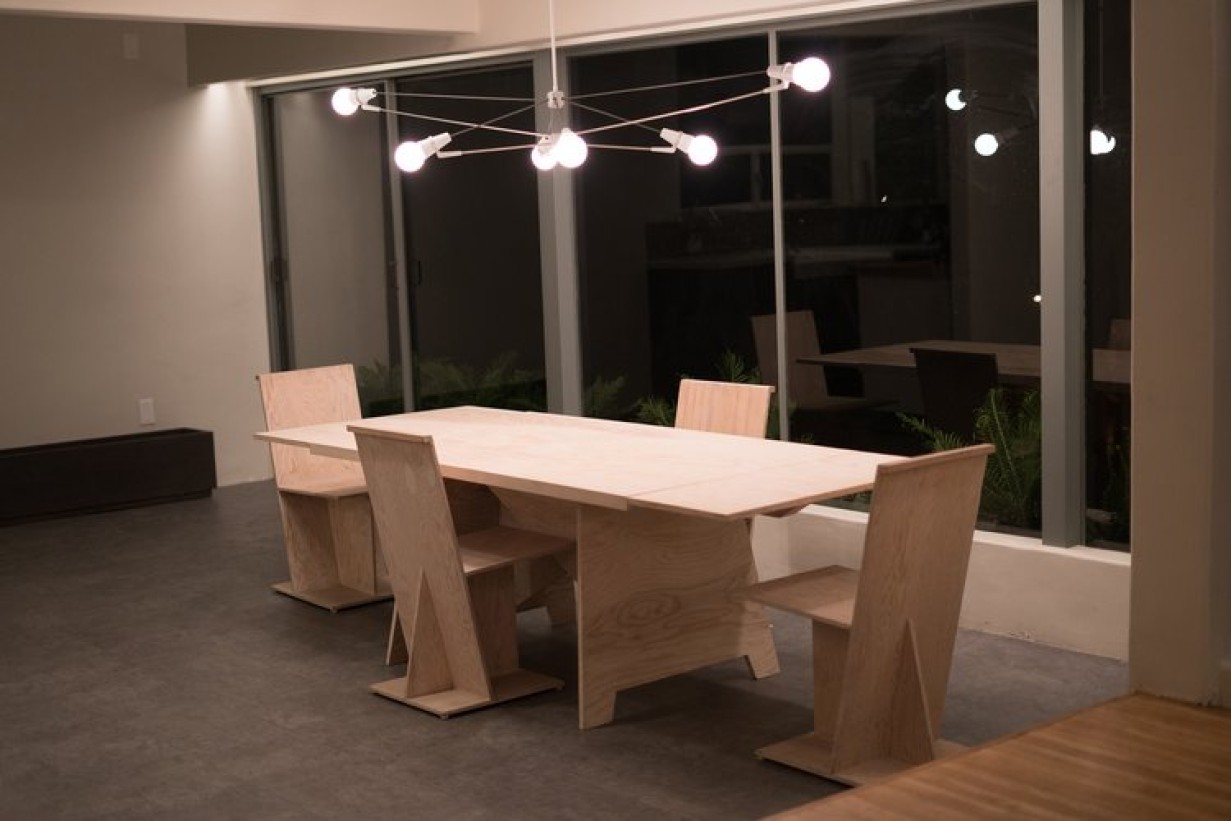
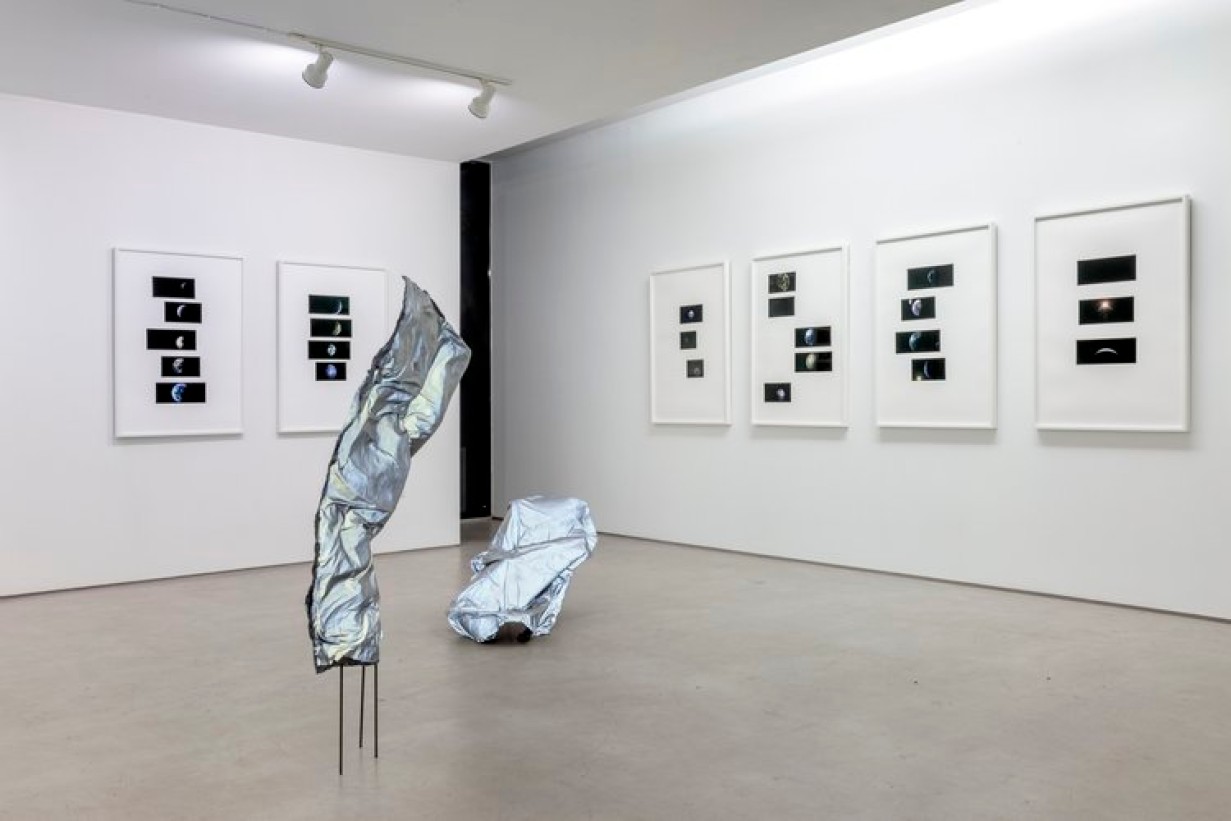
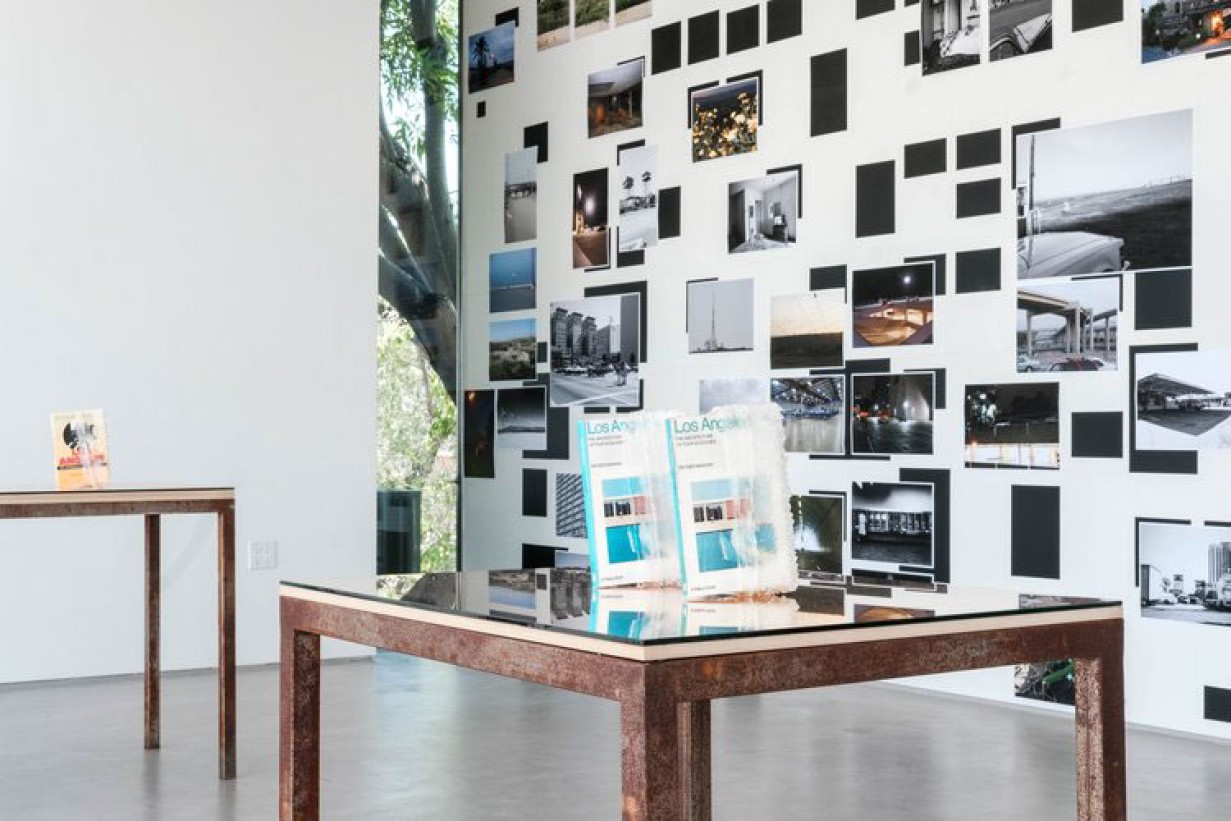
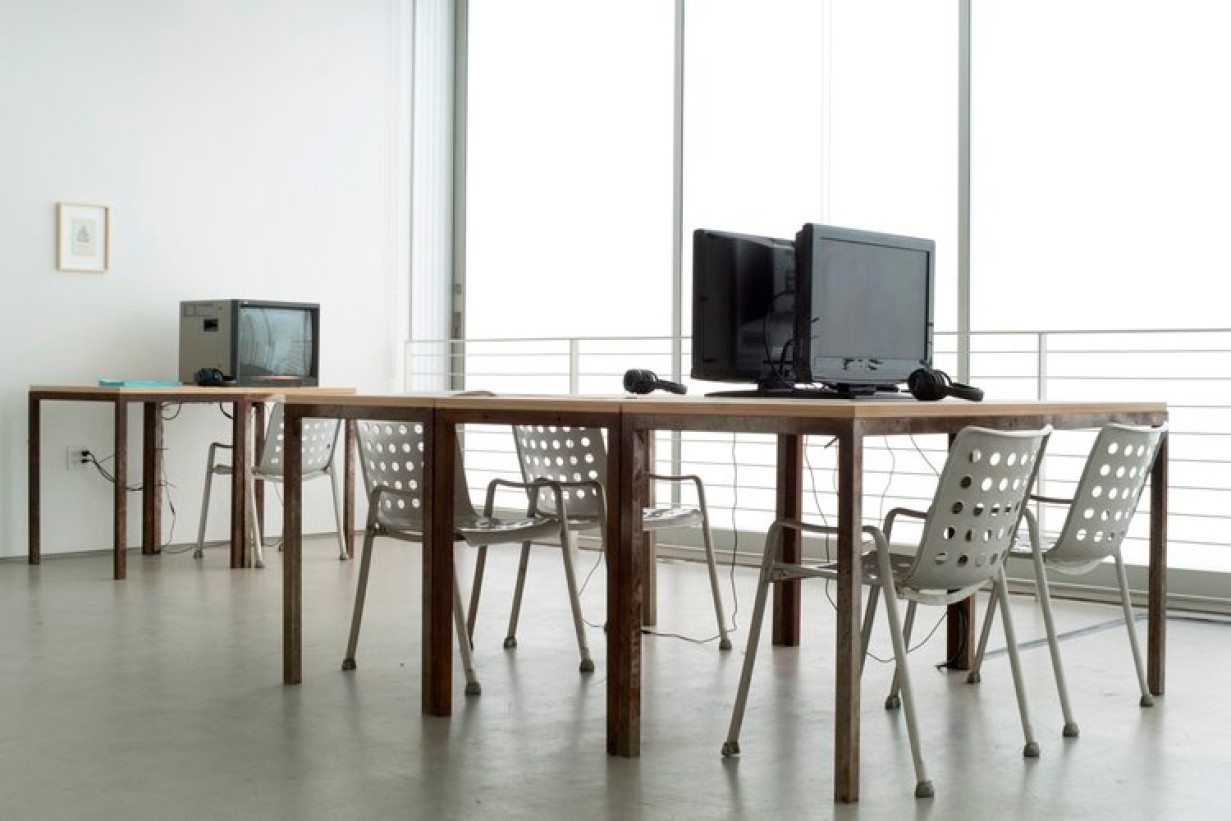
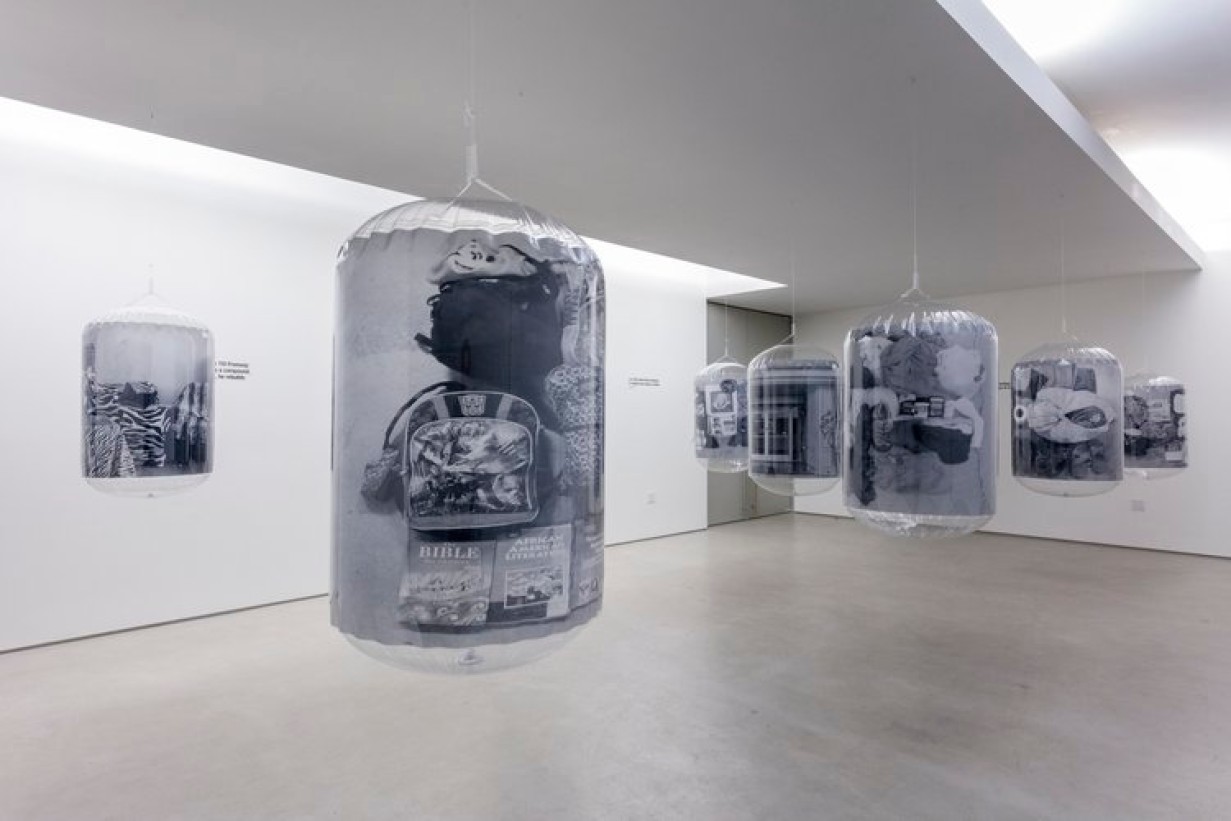
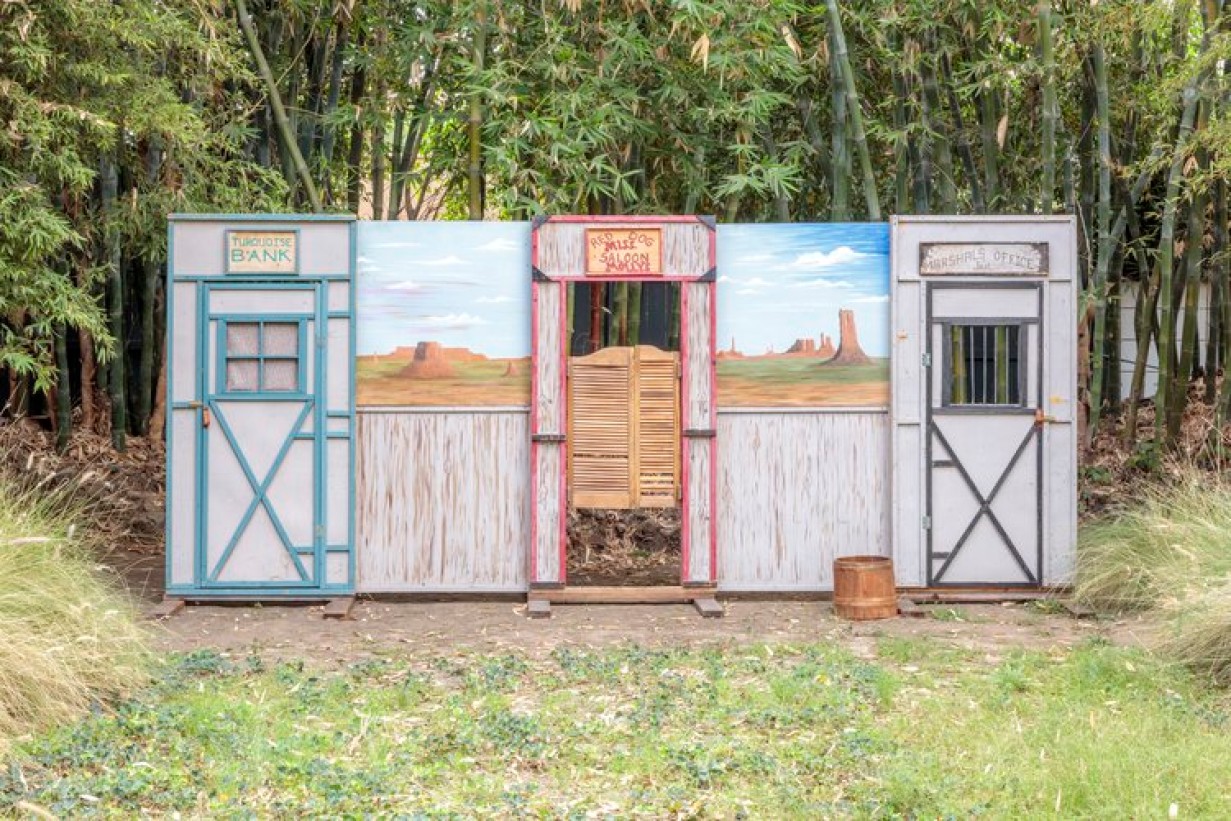
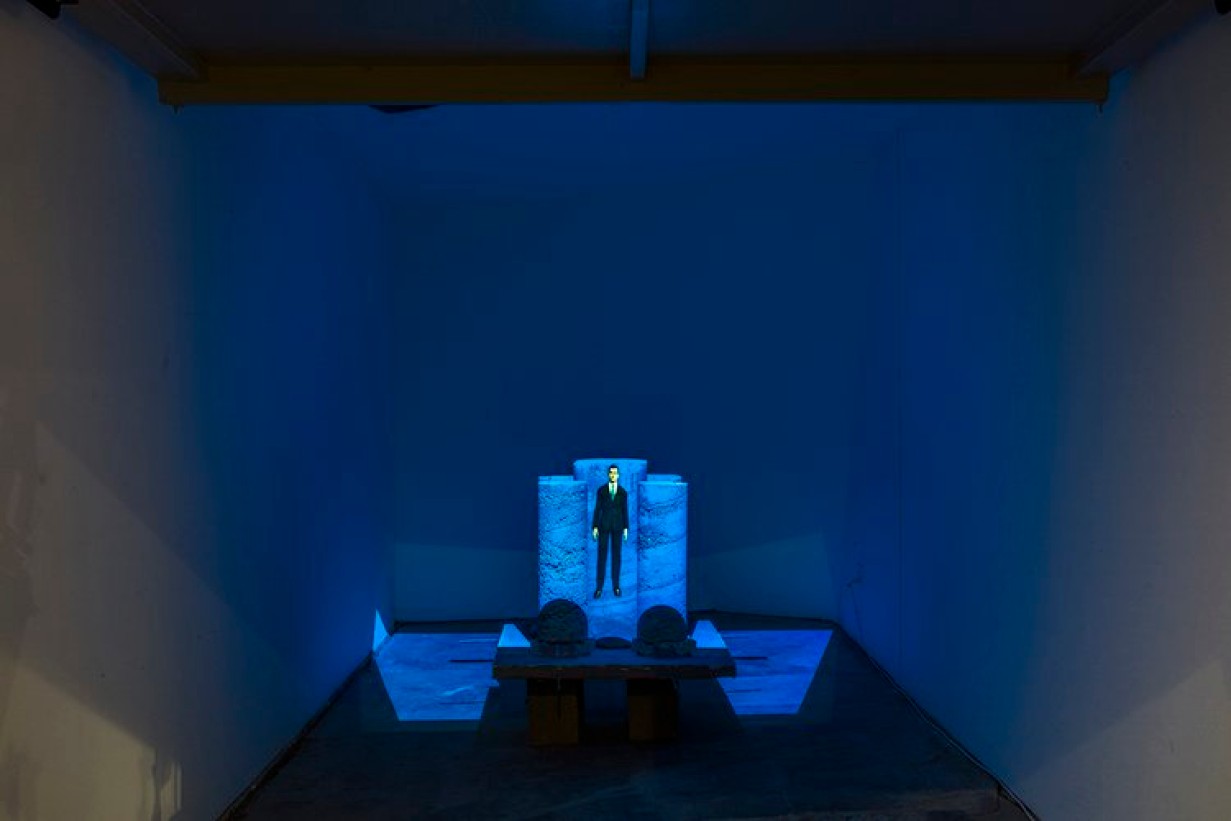
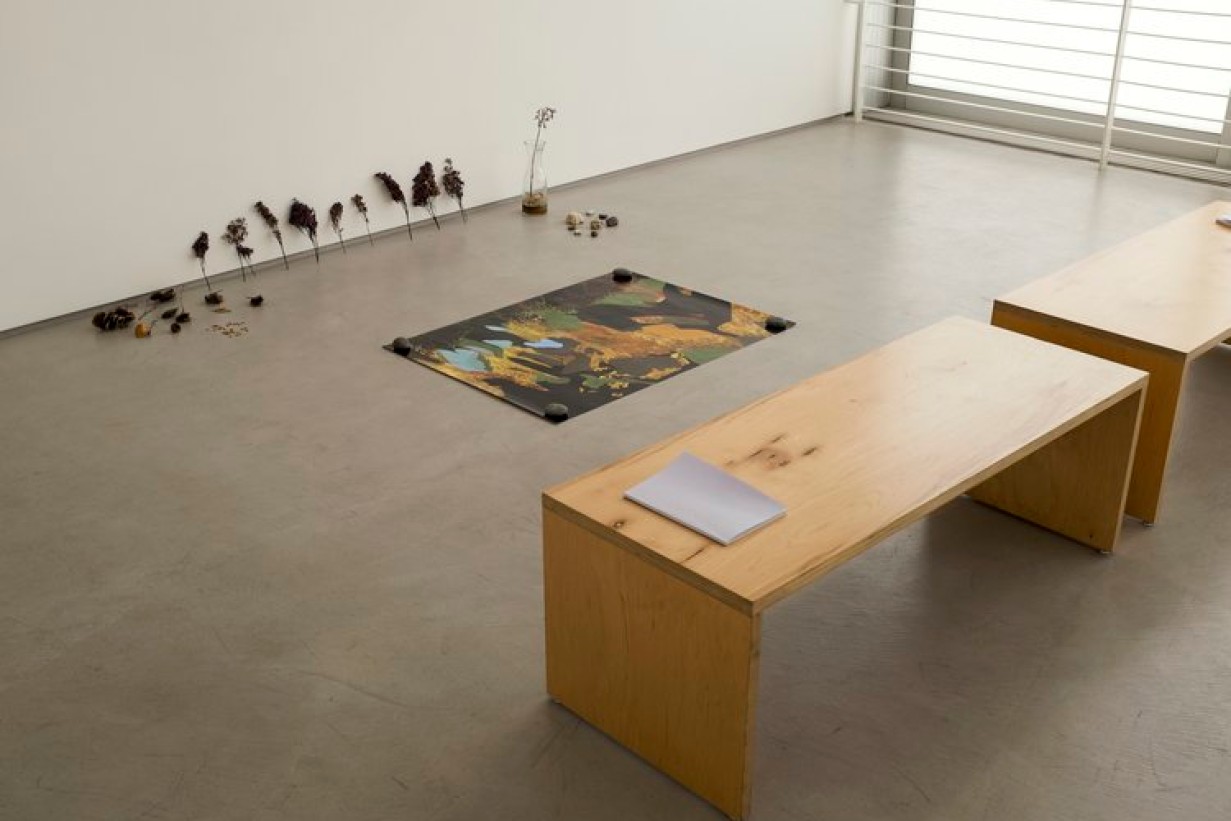
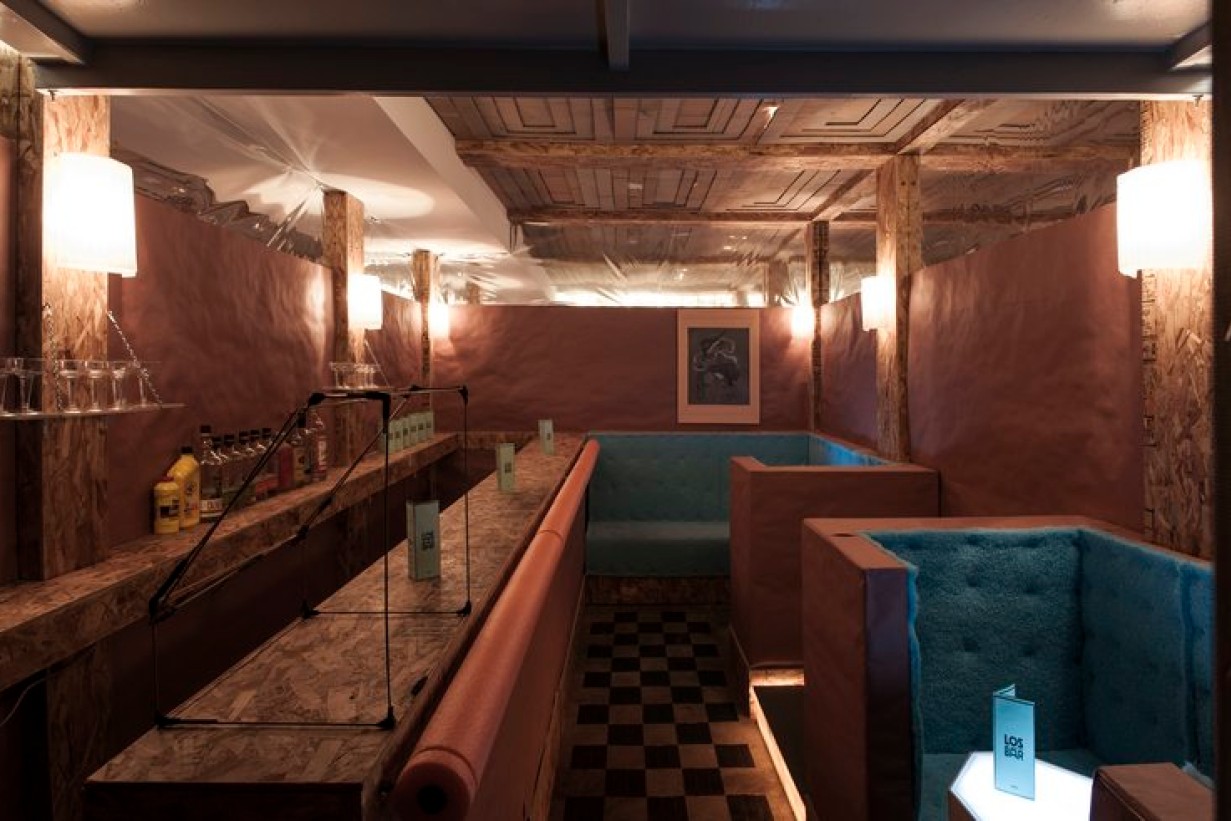
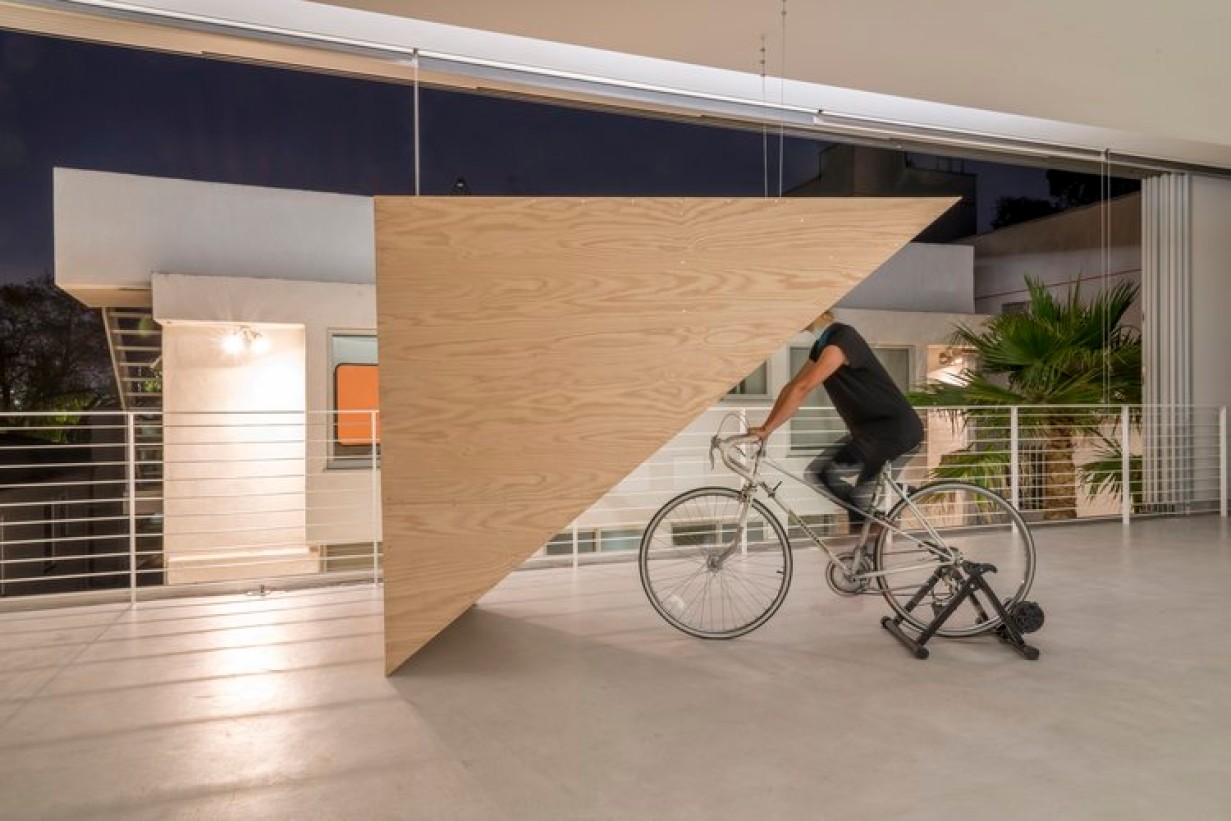
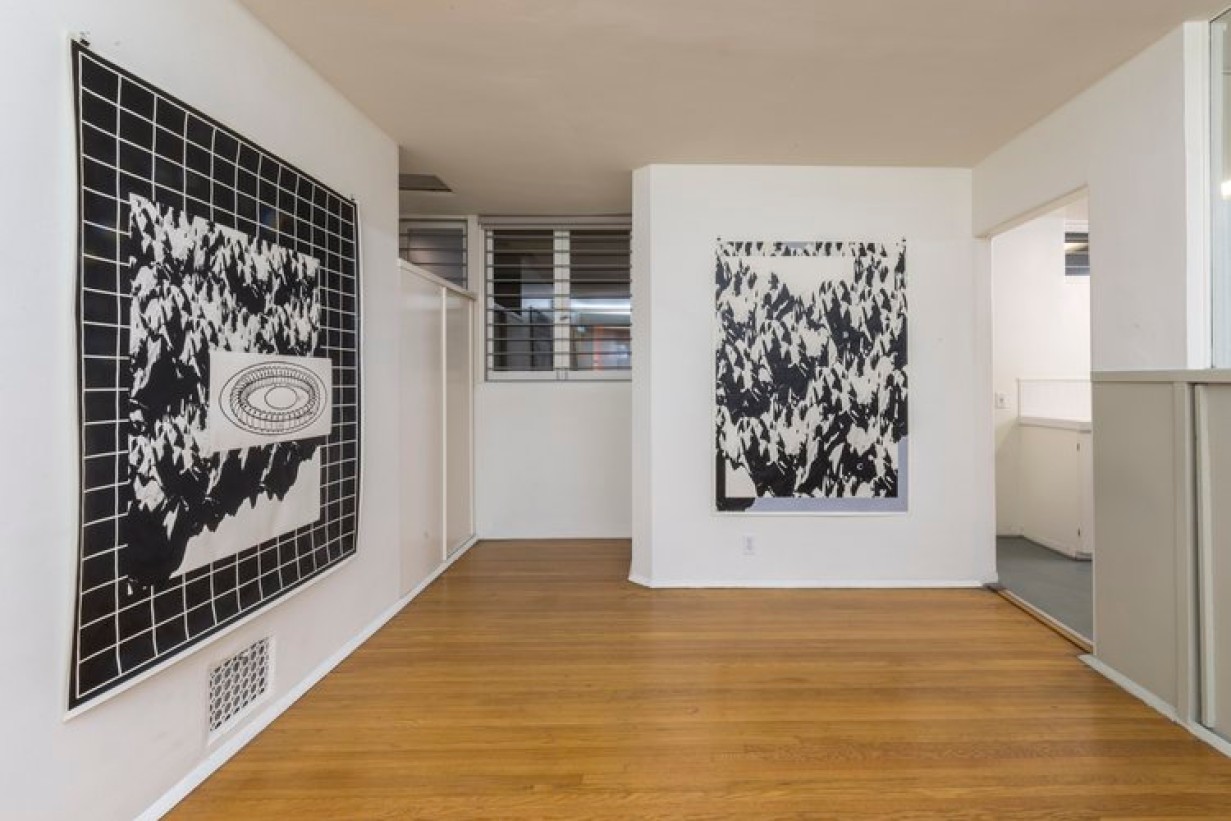
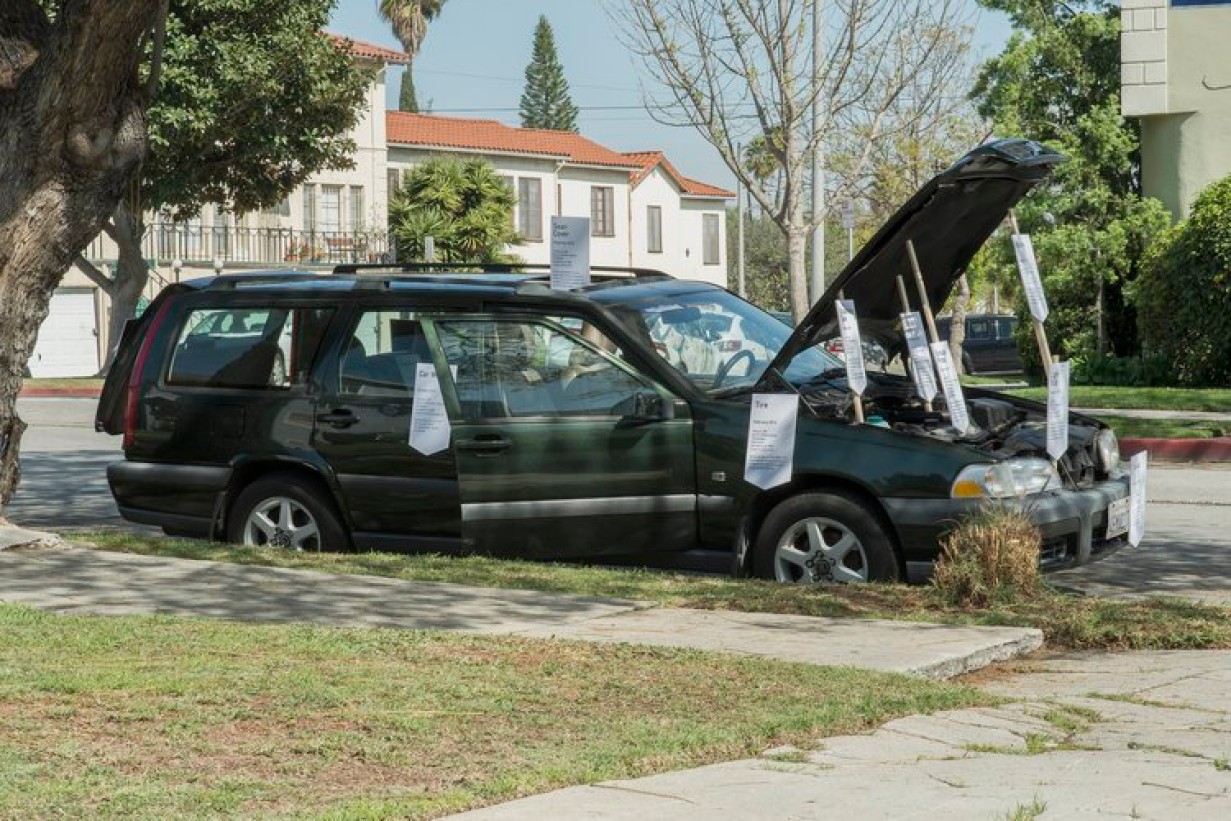
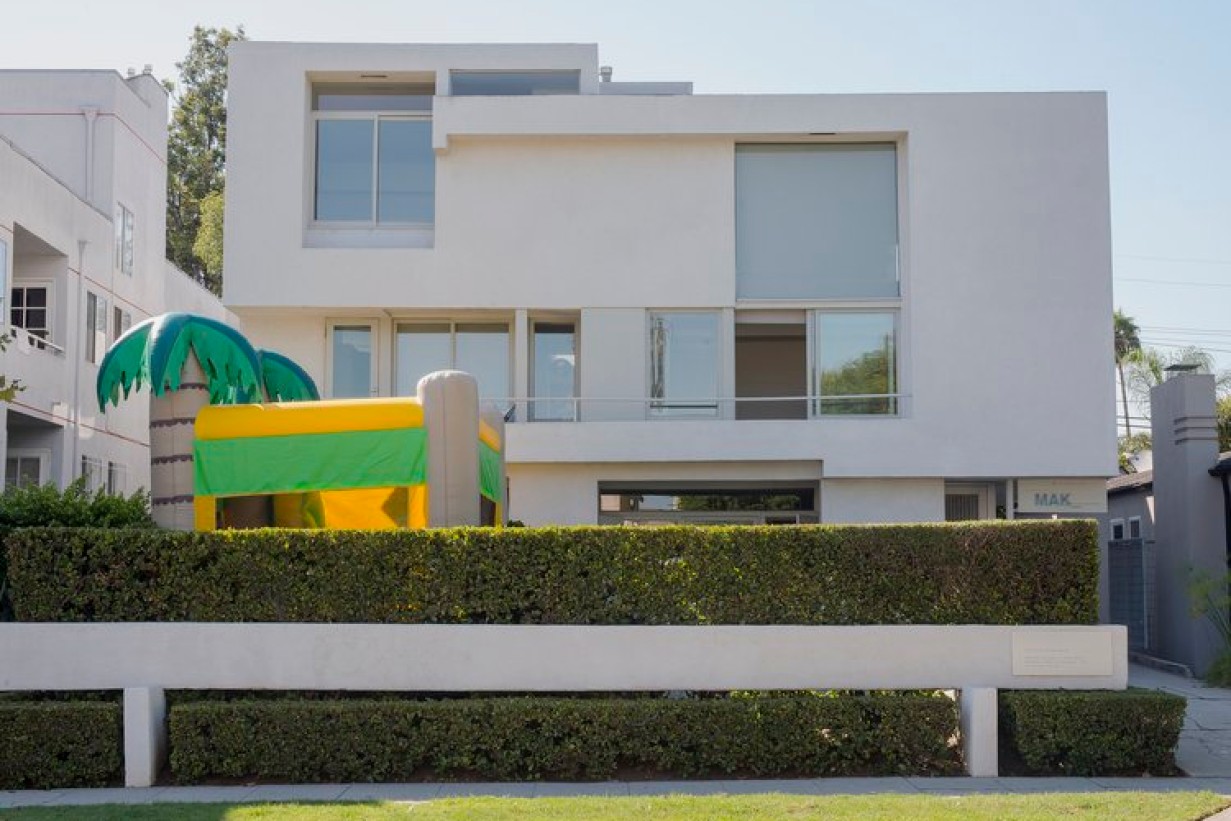
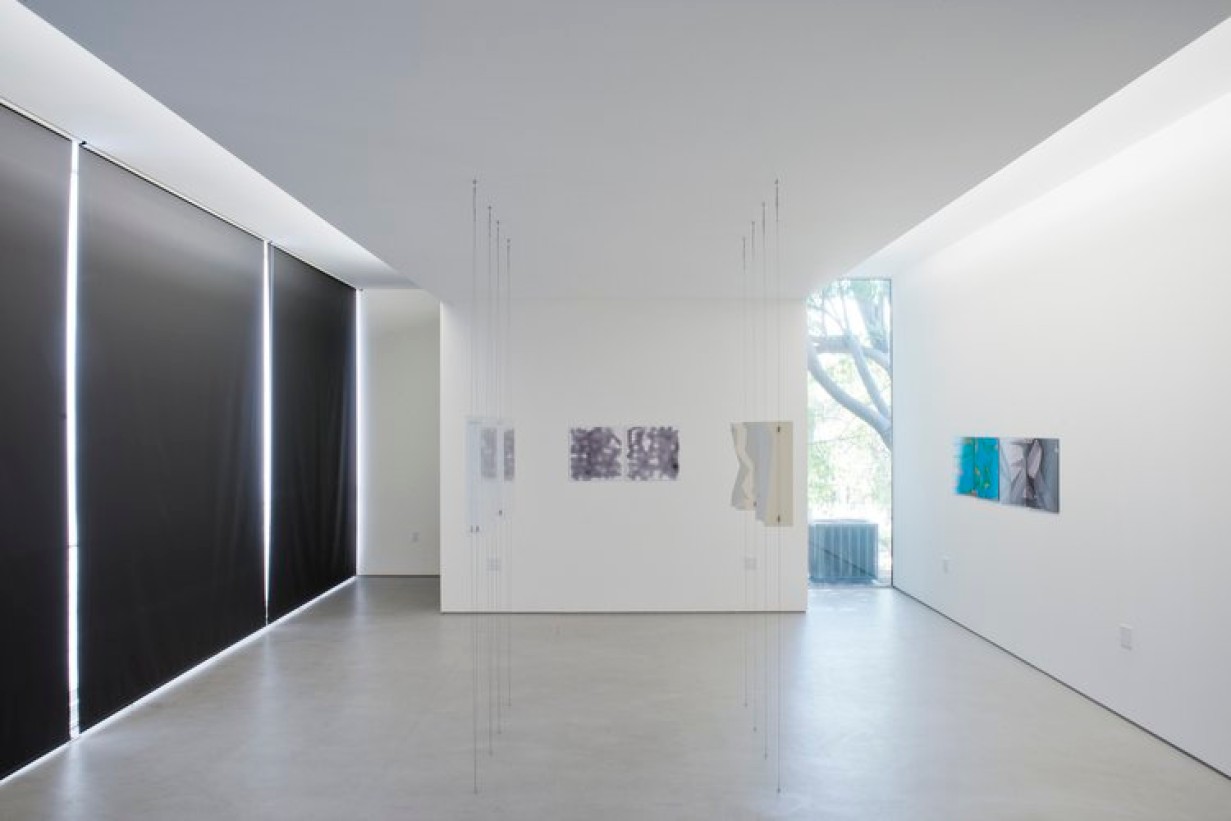
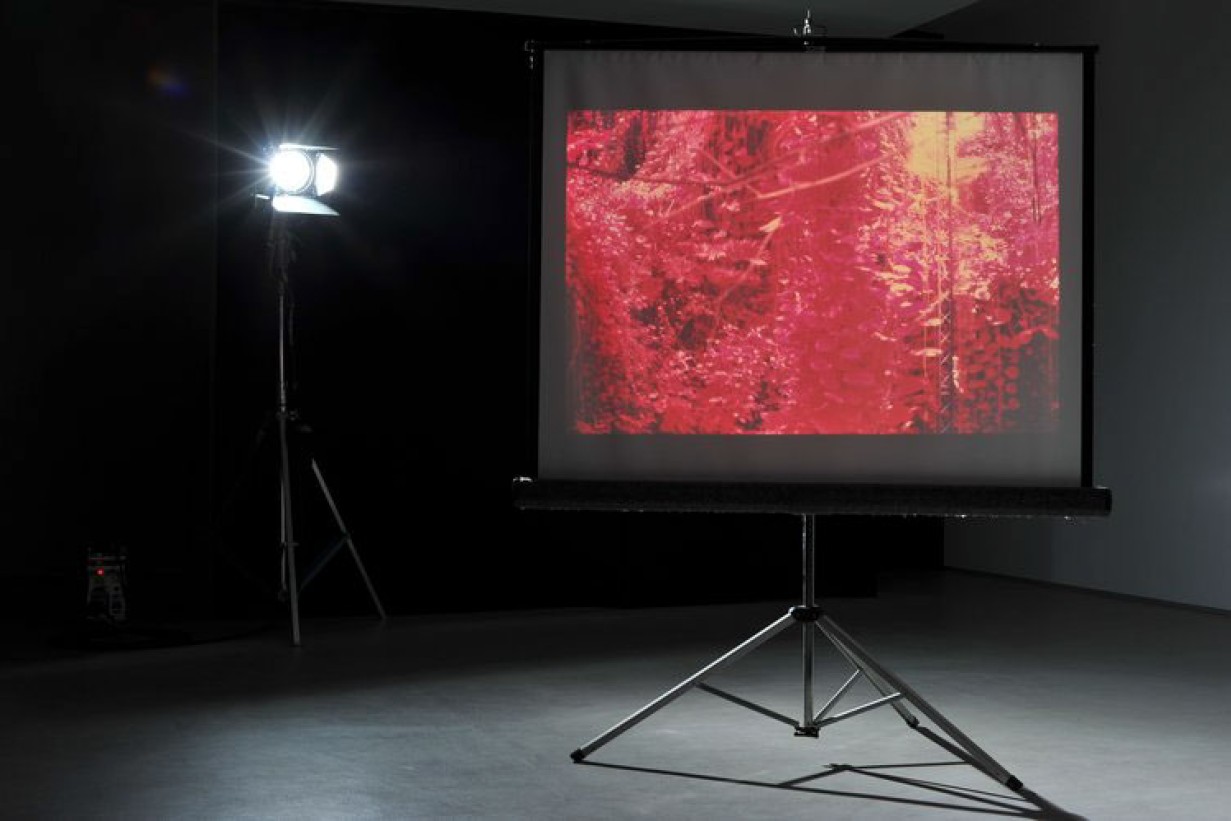
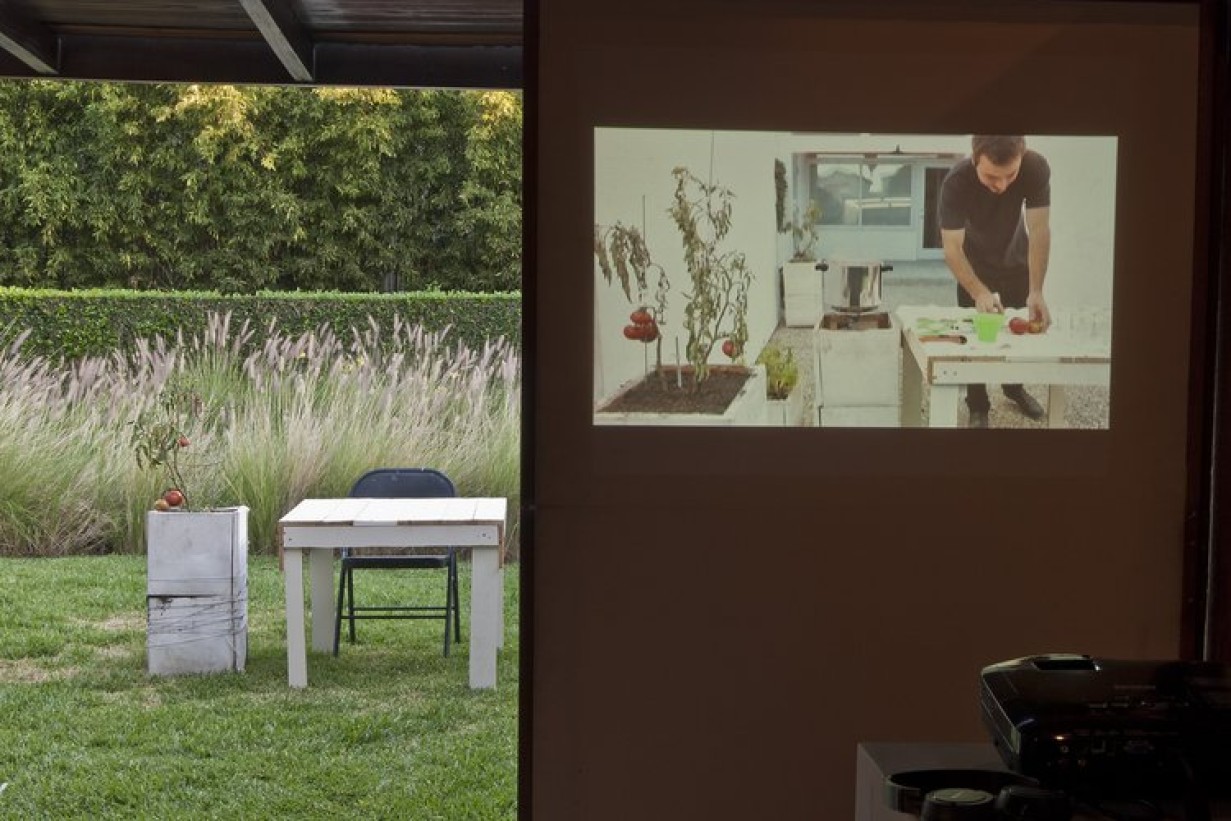
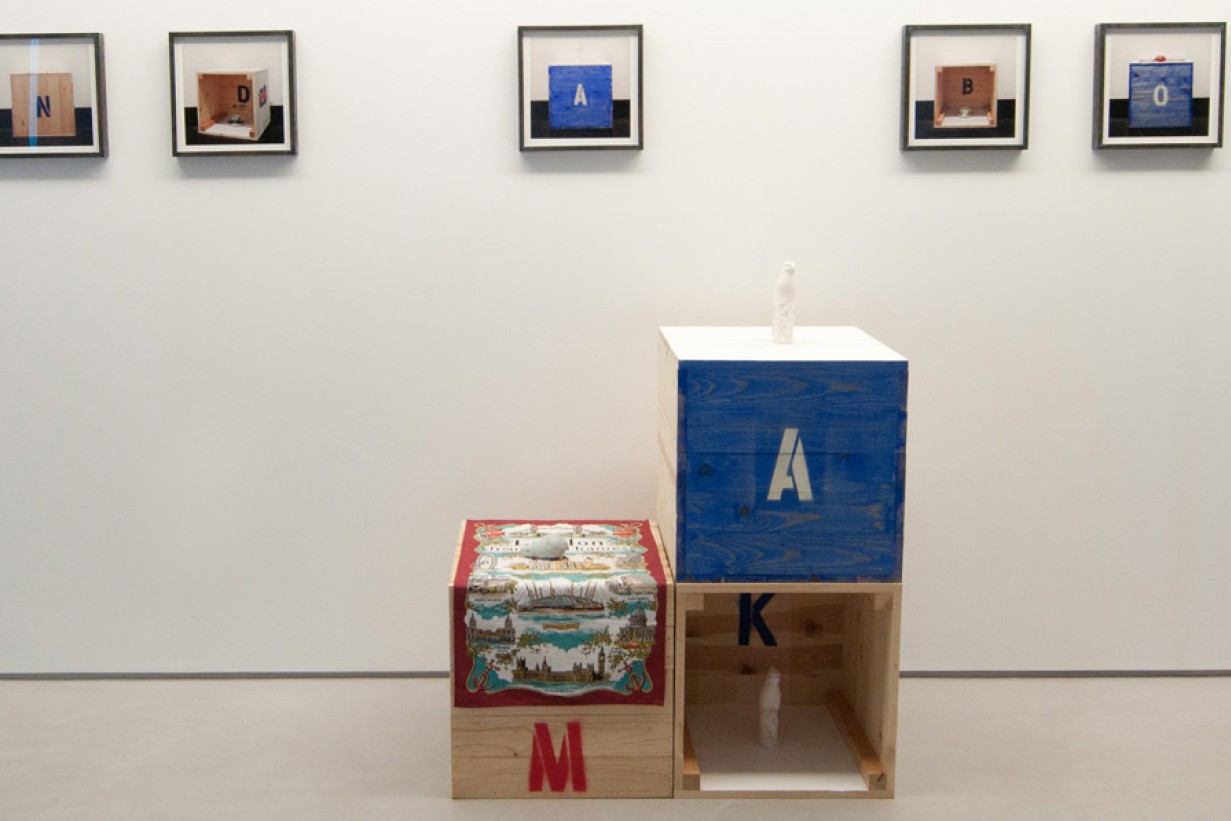
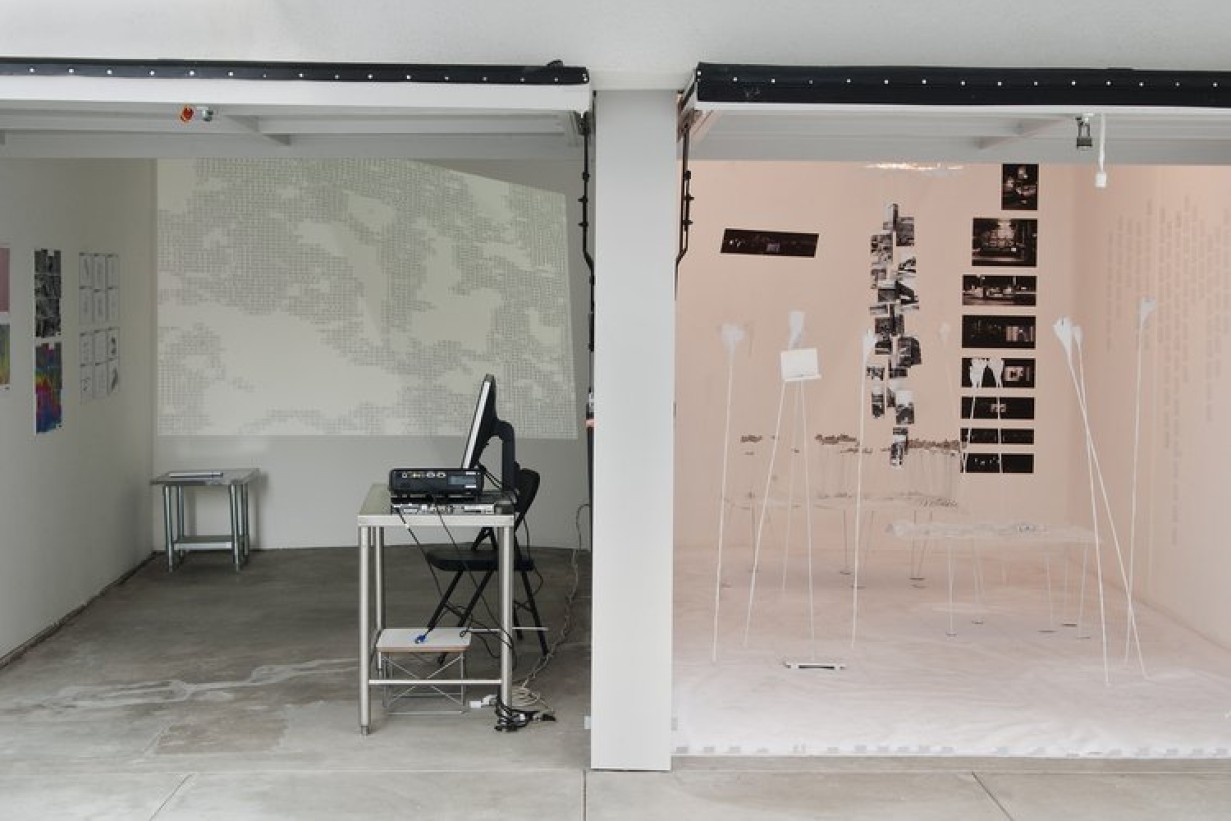
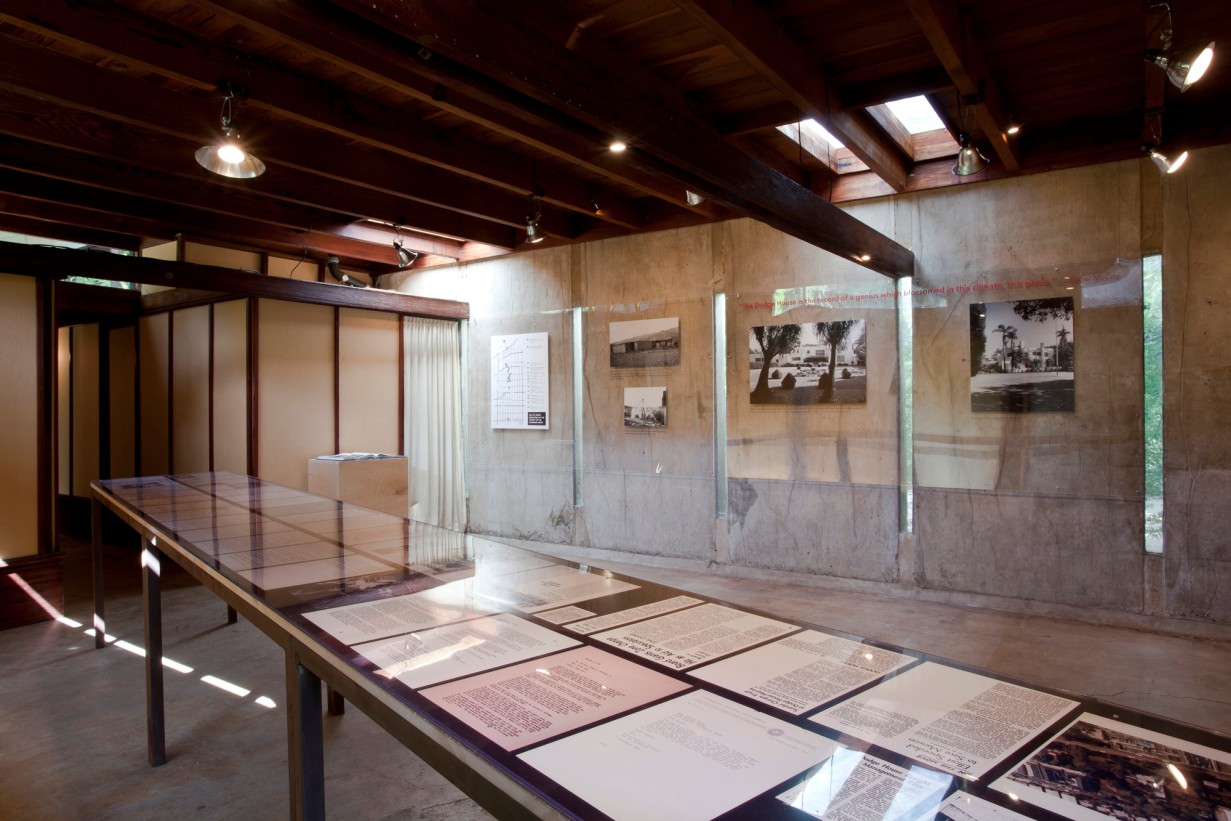
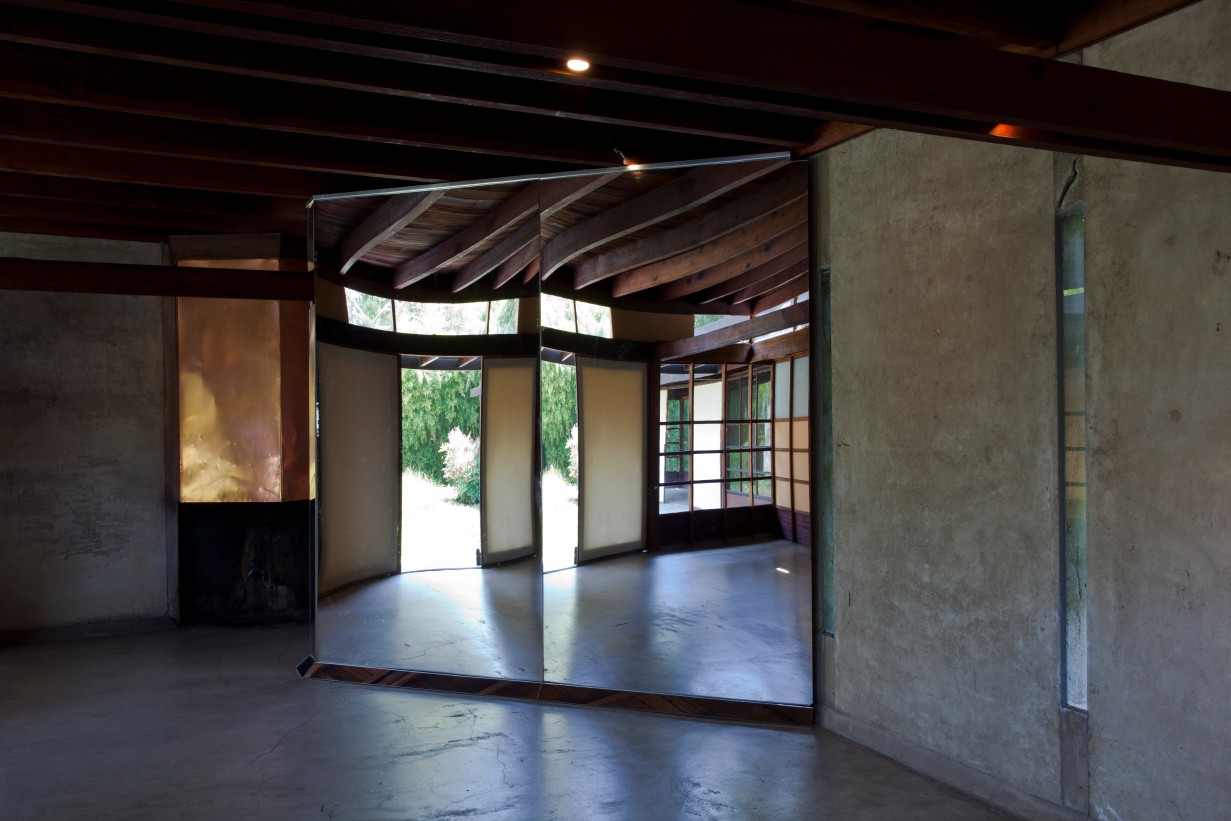
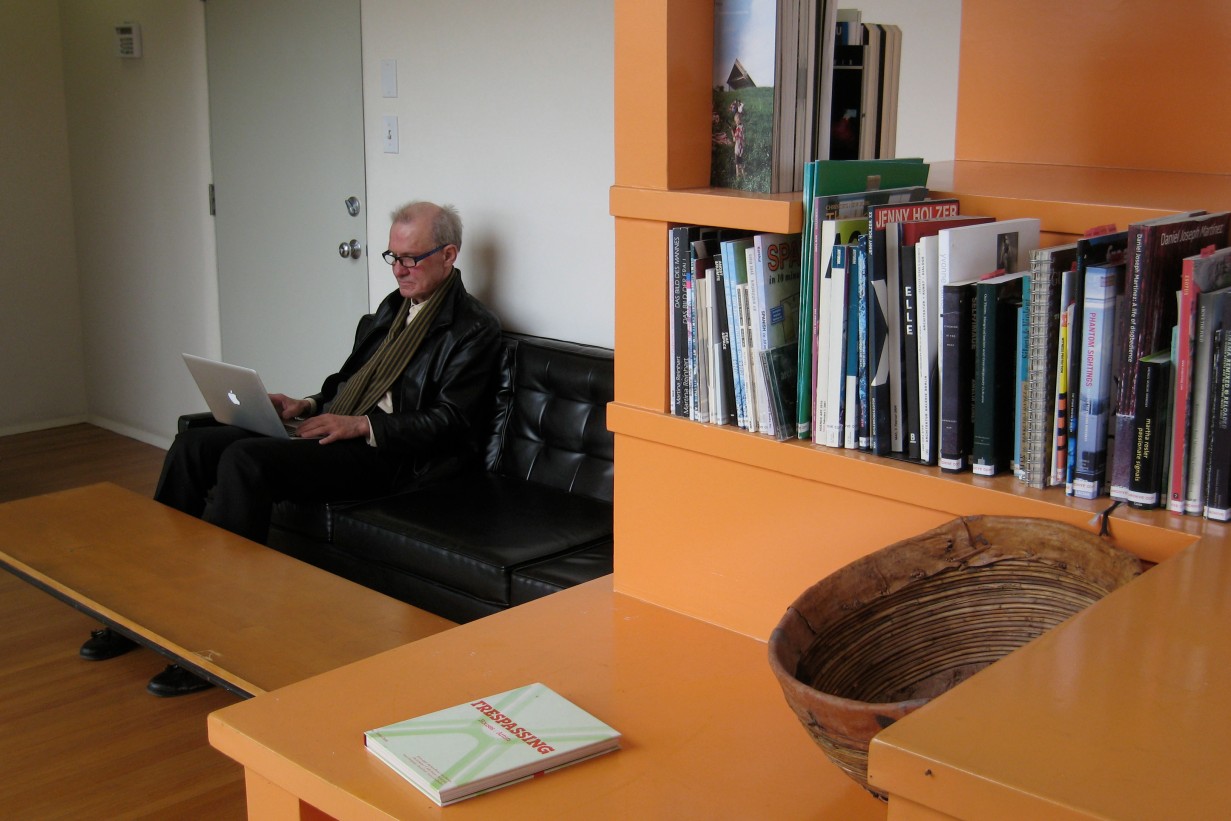
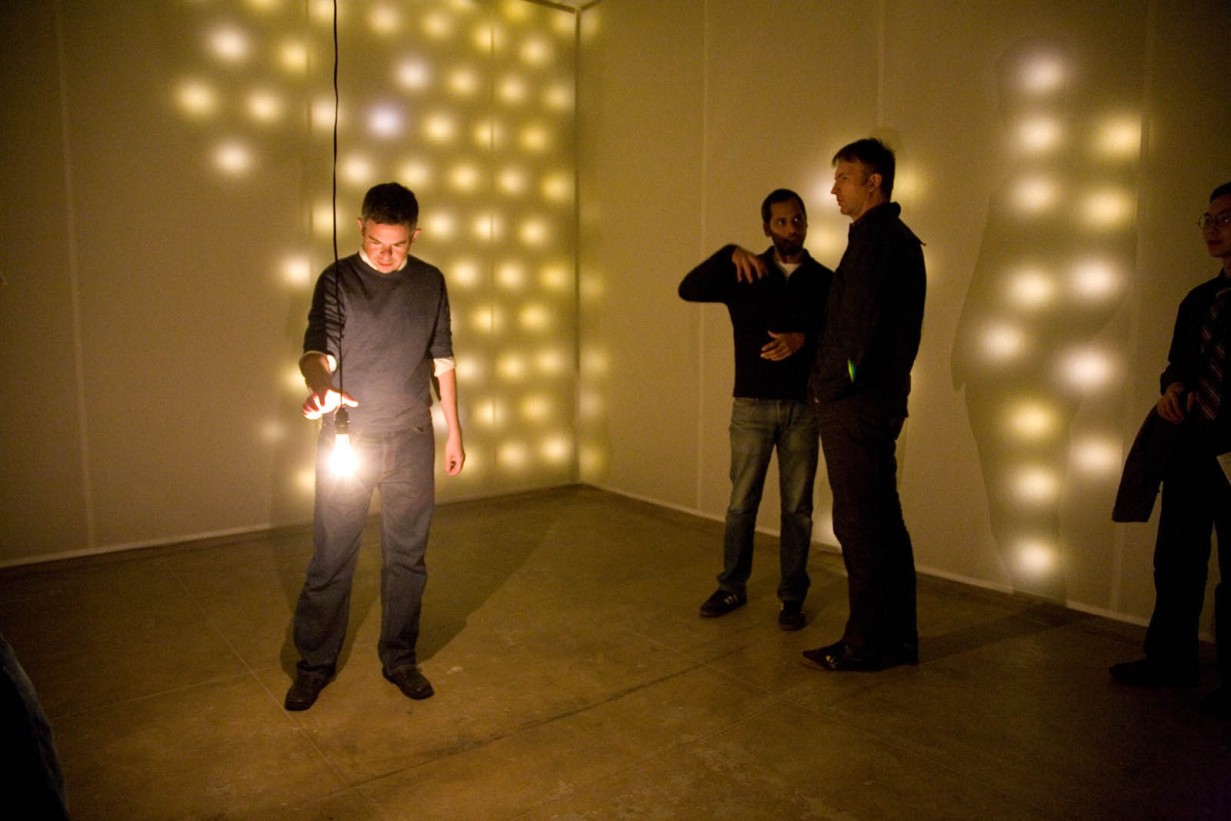
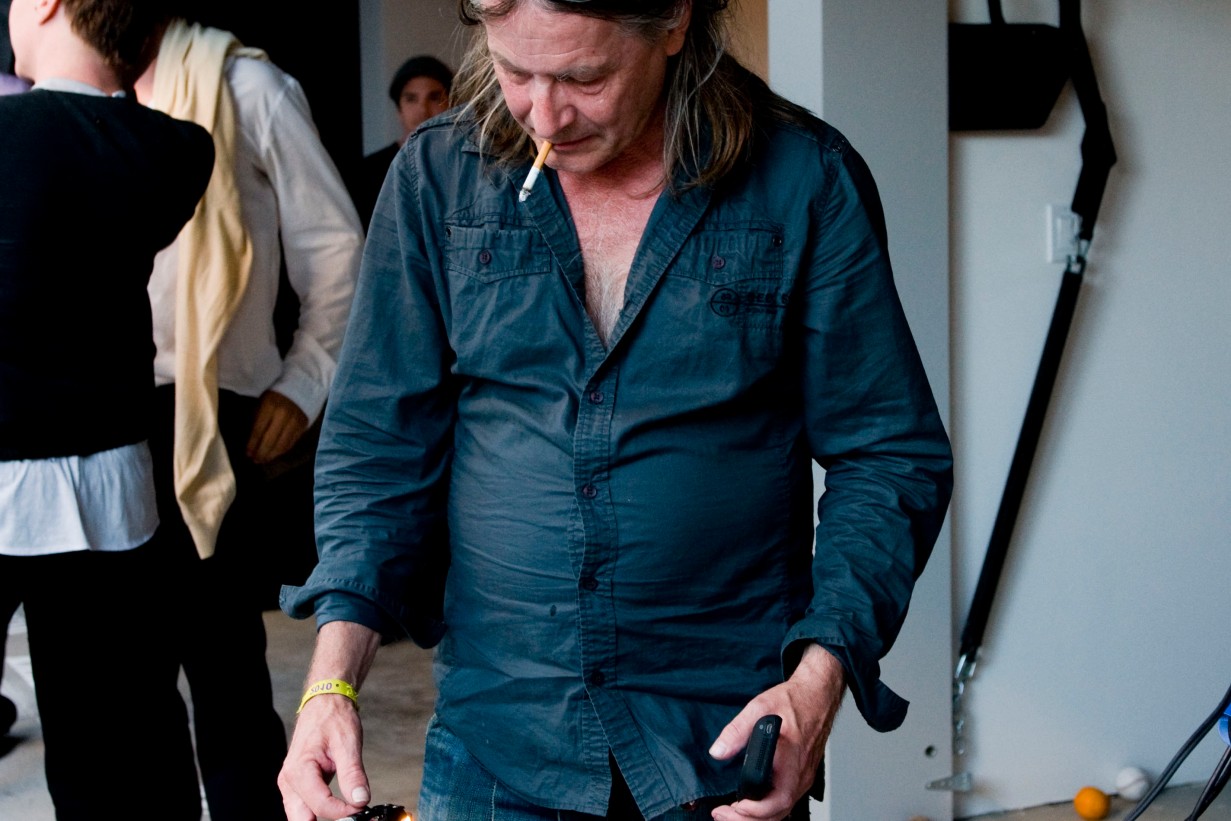
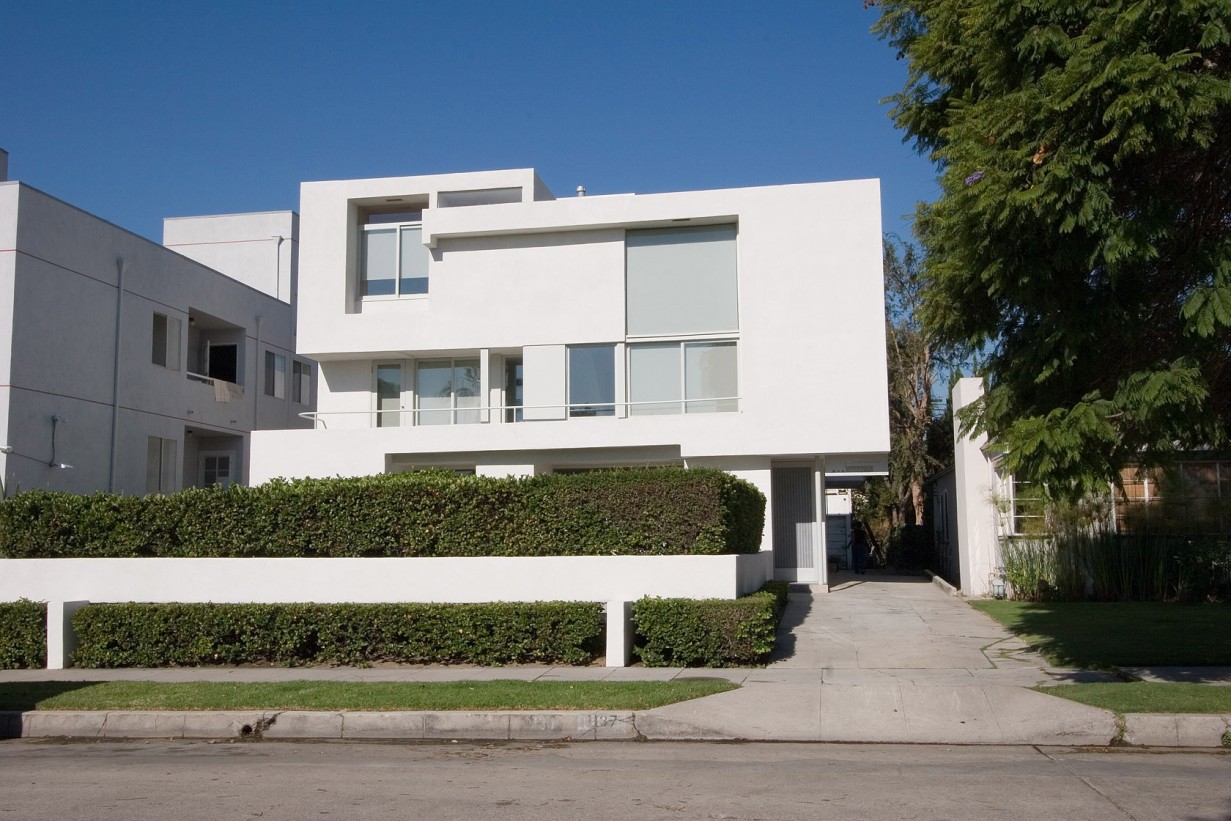
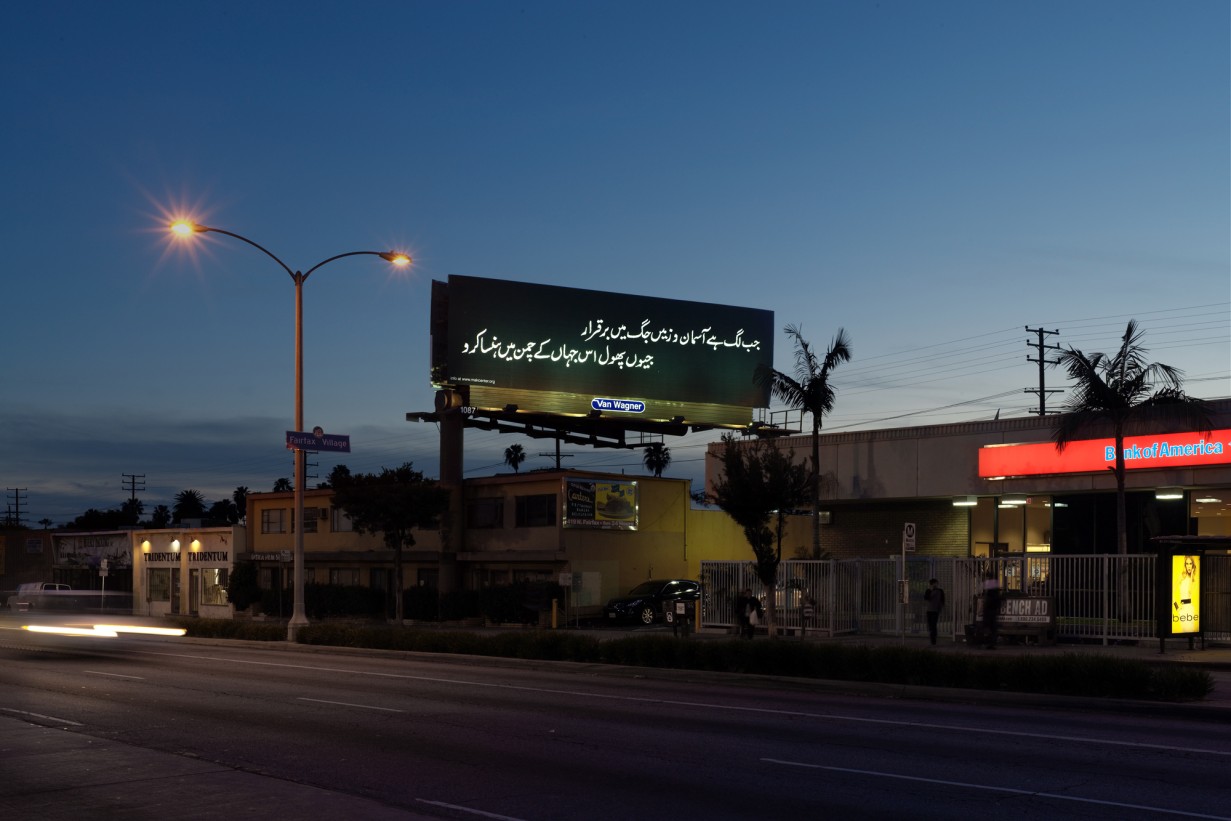
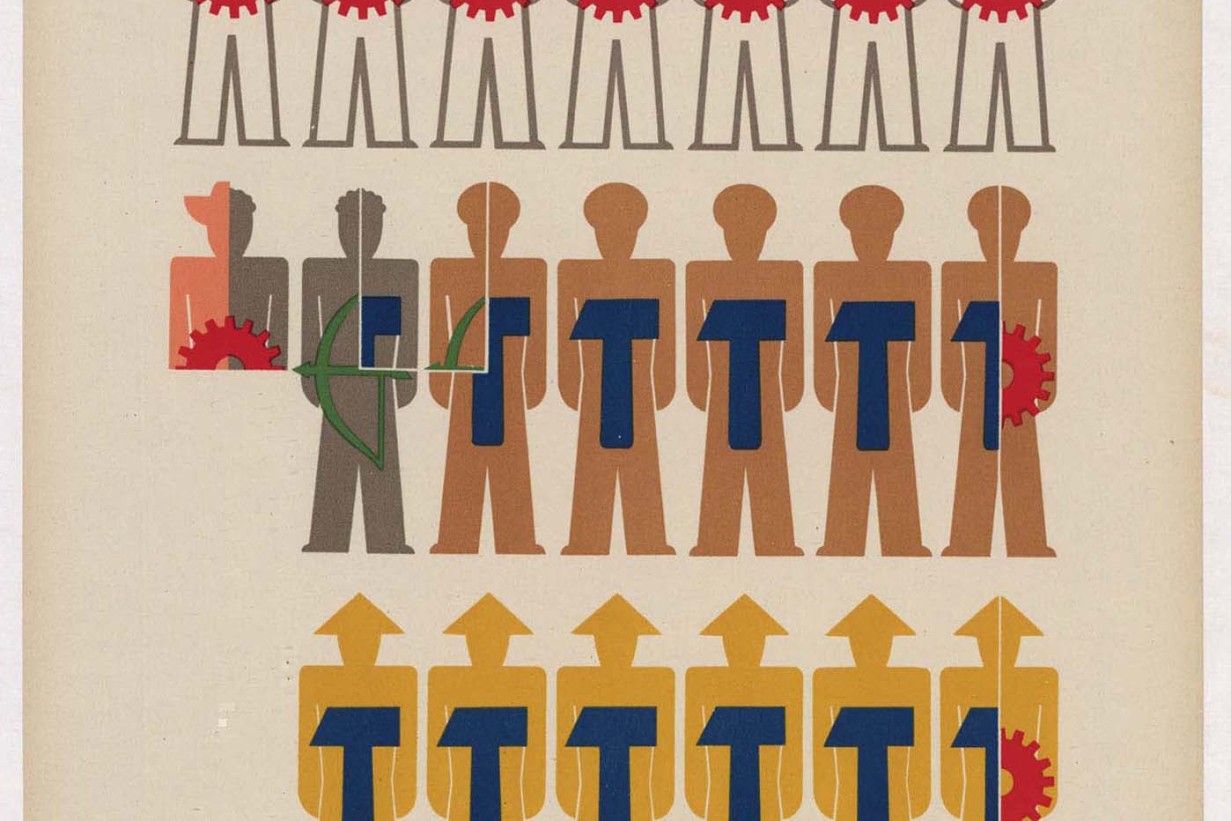
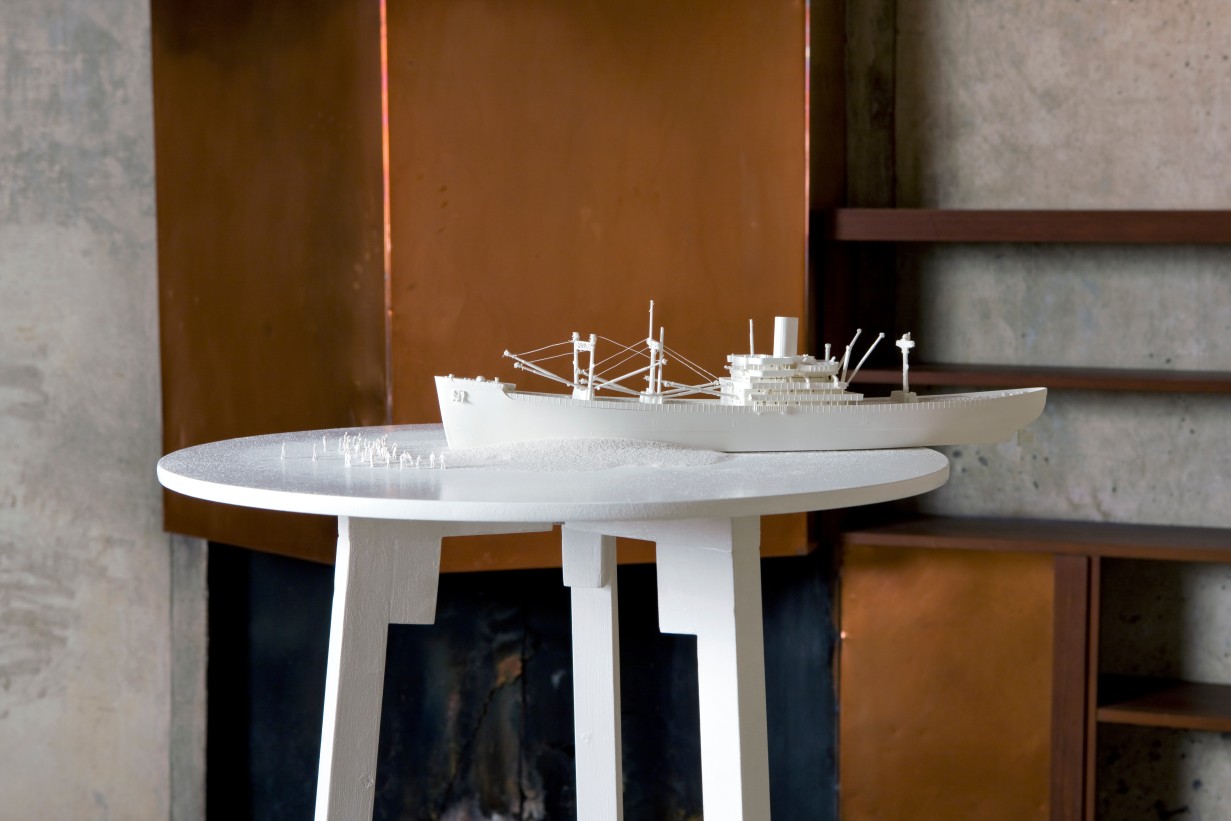
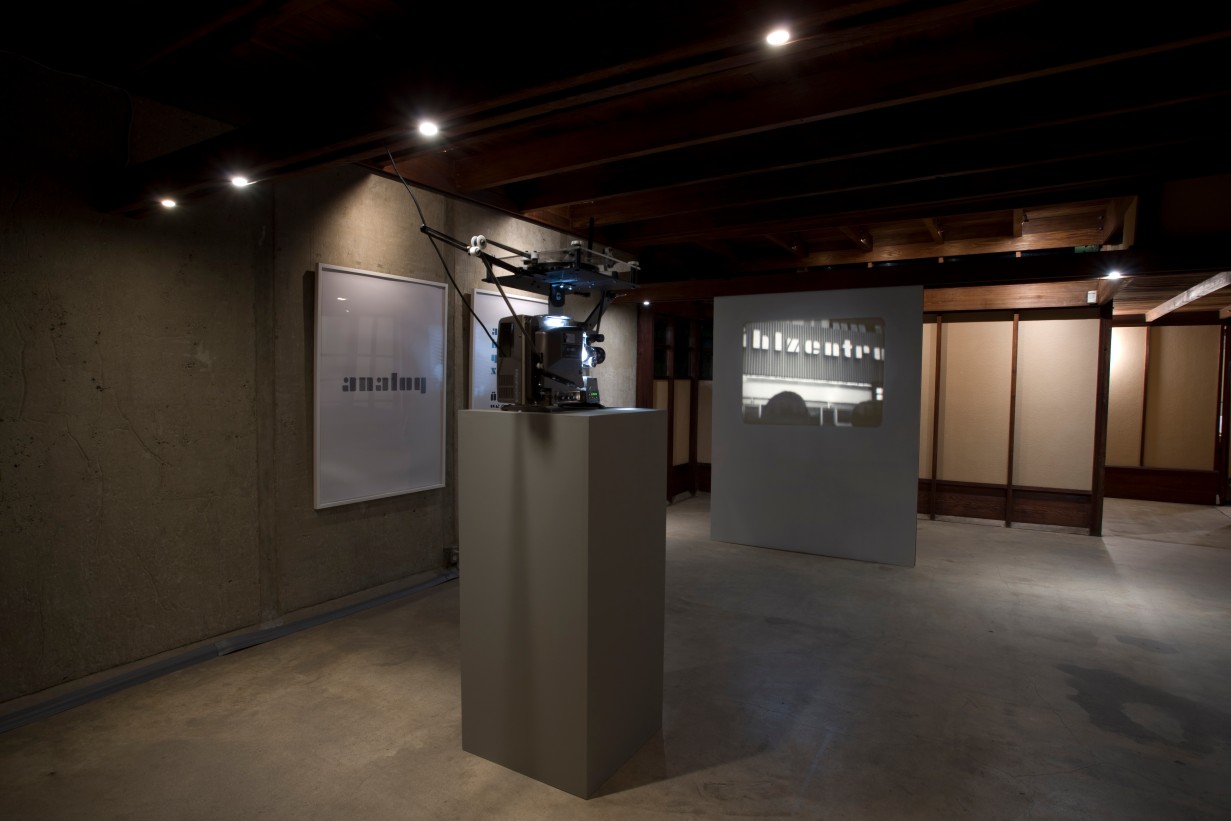
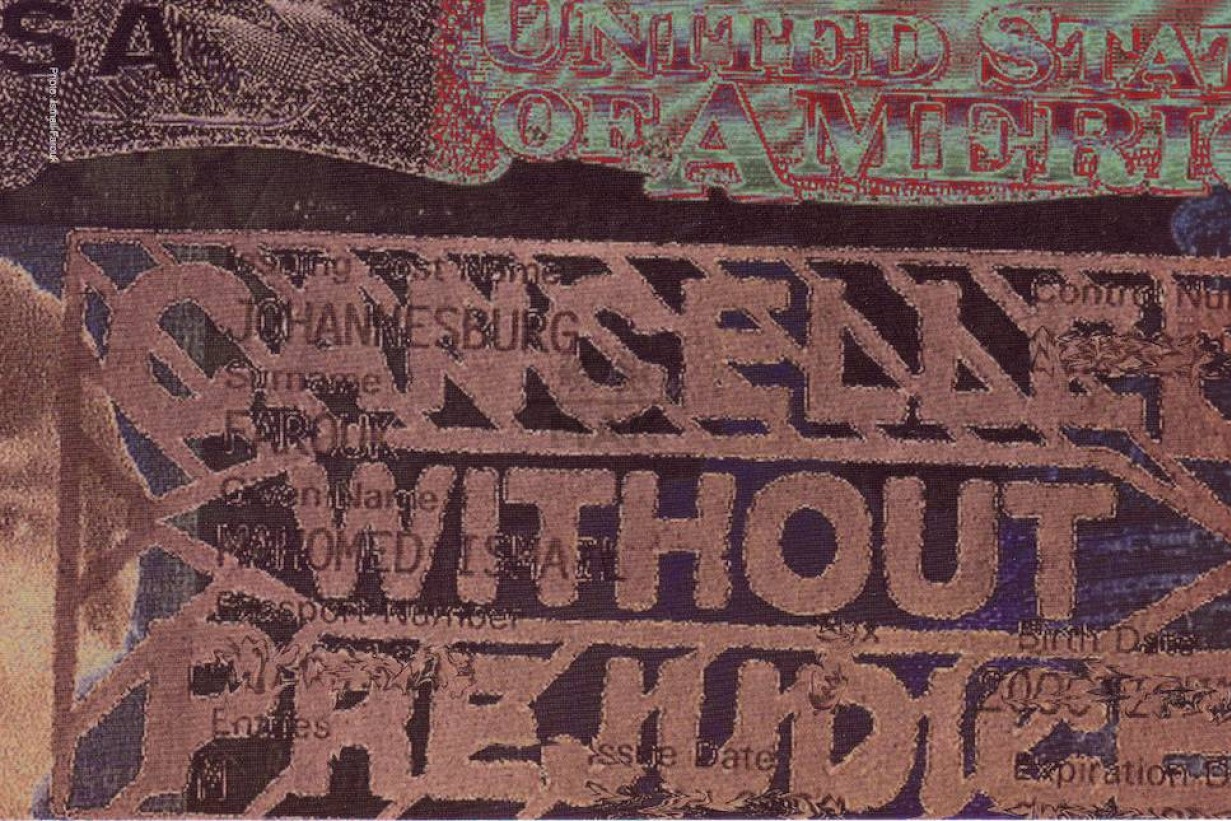
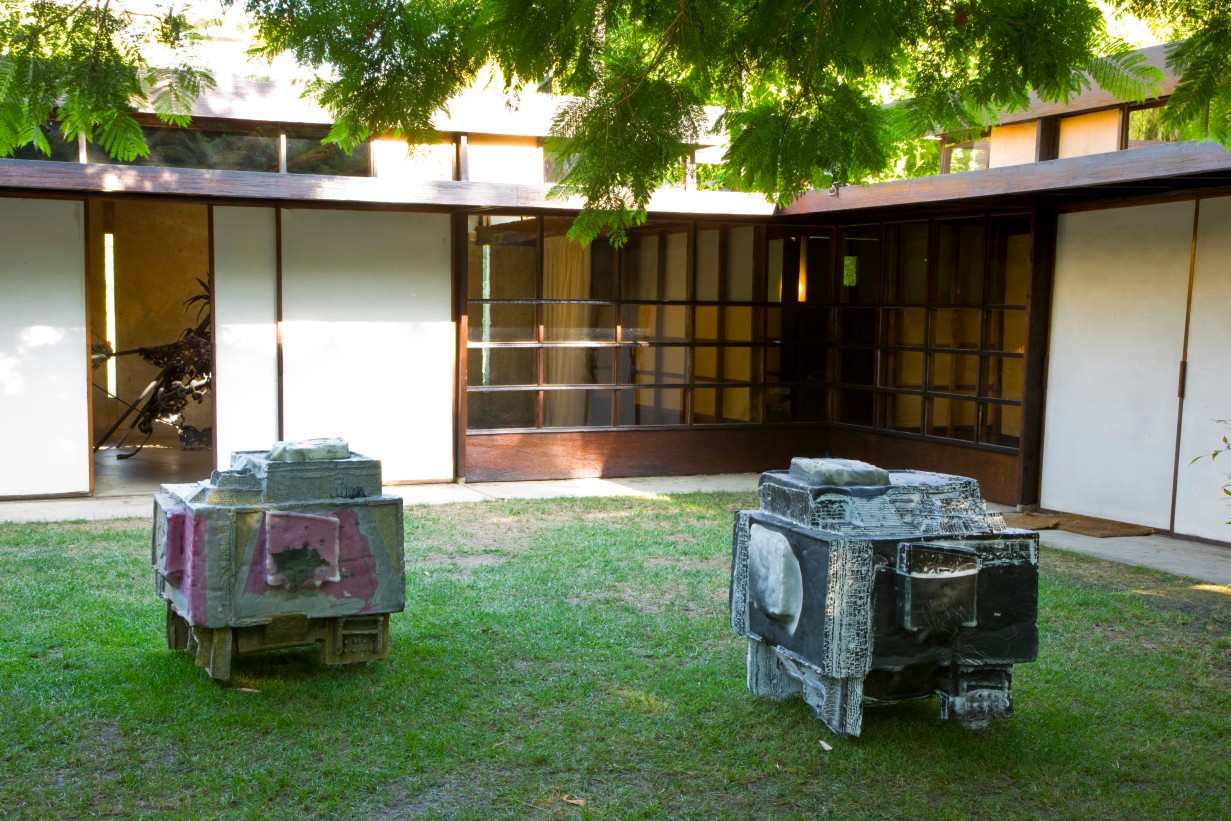
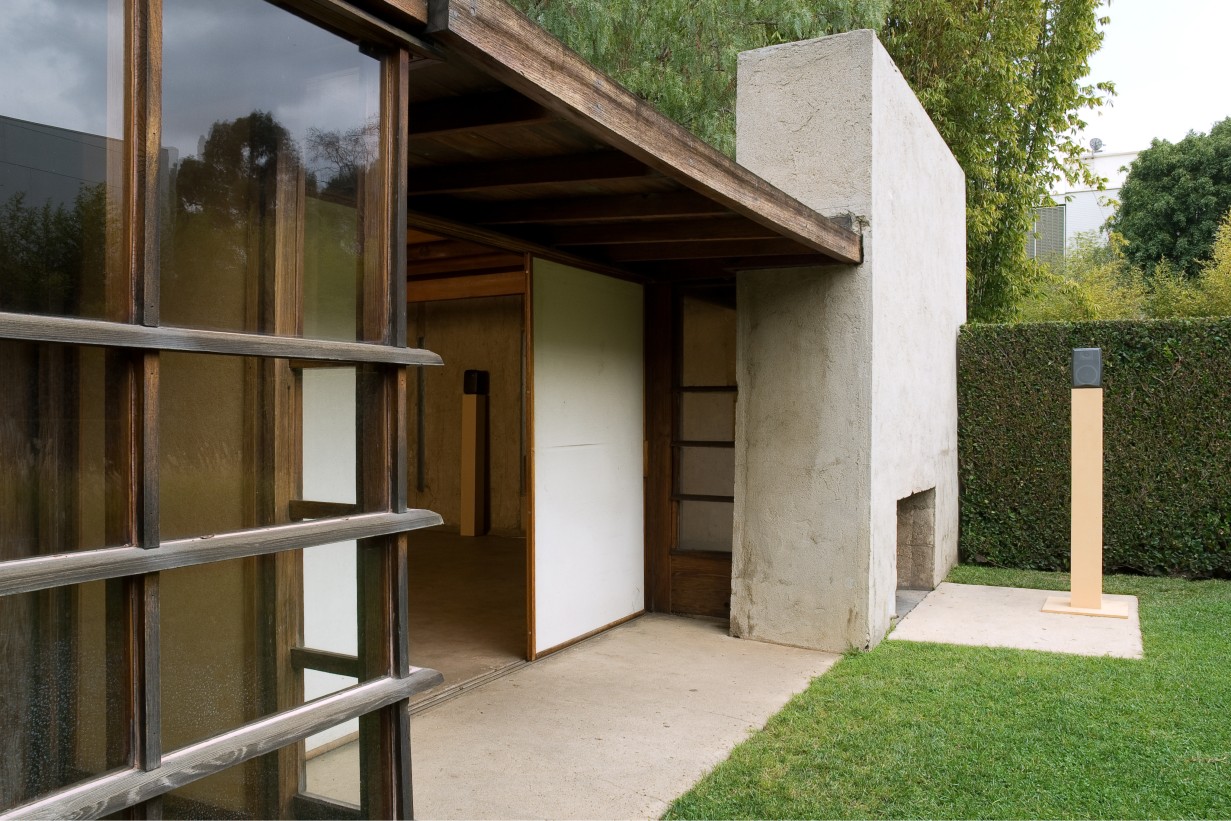
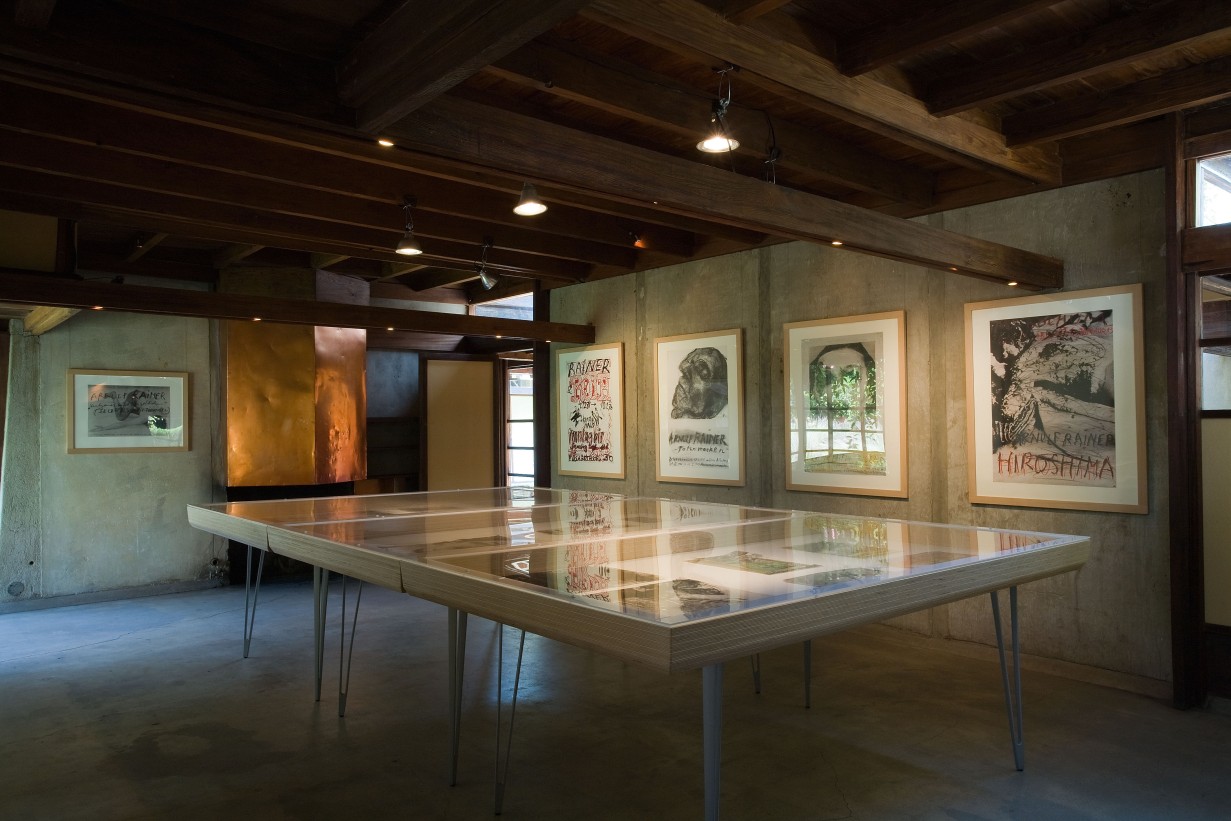
![The Gen[H]ome Project](/jart/prj3/mak-resp/images/cache/4a16c451bc6858903534c3b542131345/0xCAA2280A059148179C58D175793C2097.jpeg)
